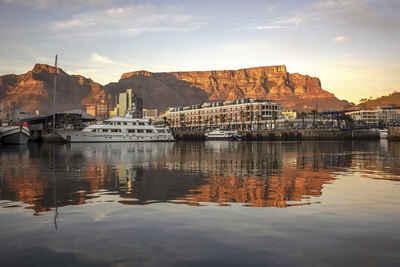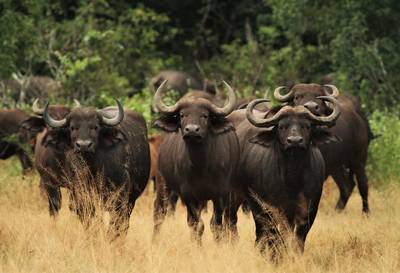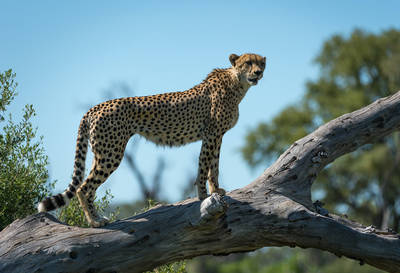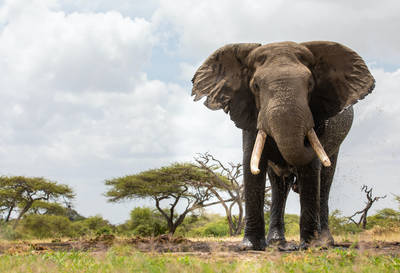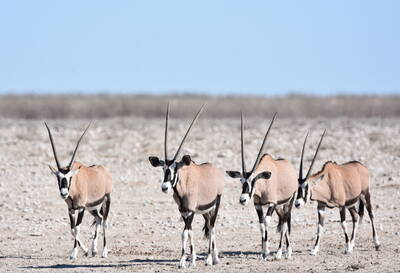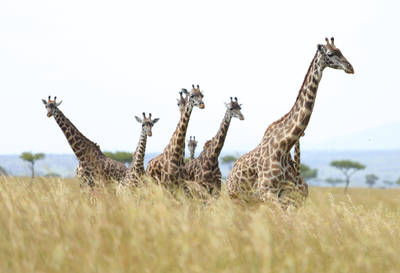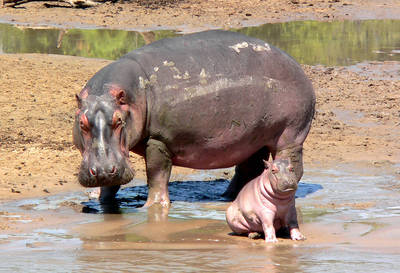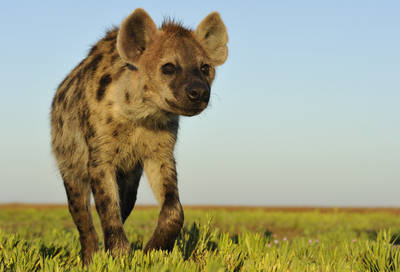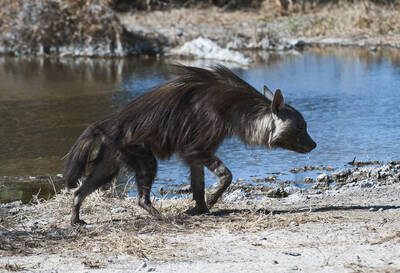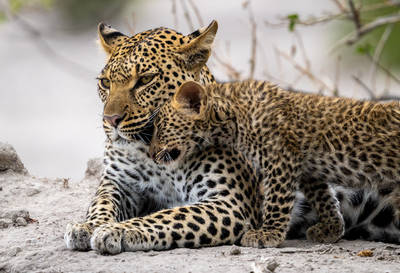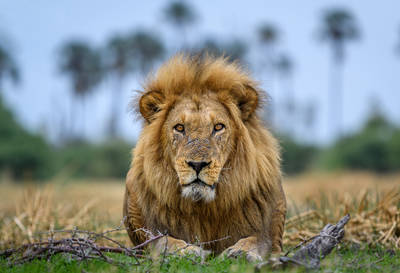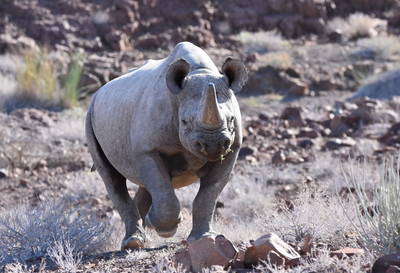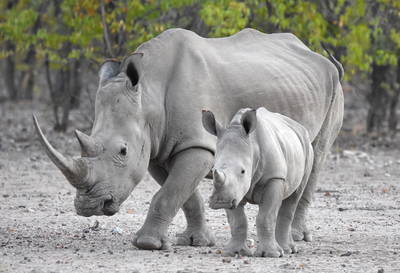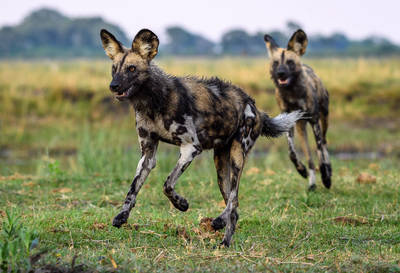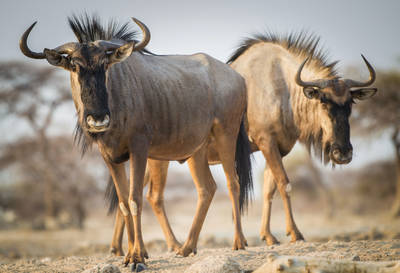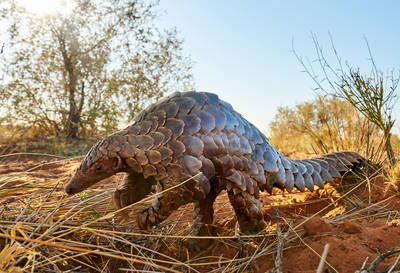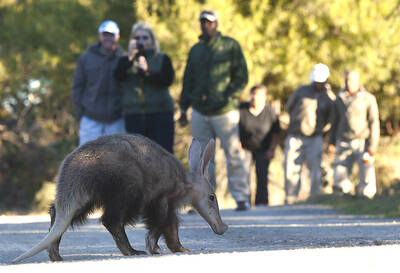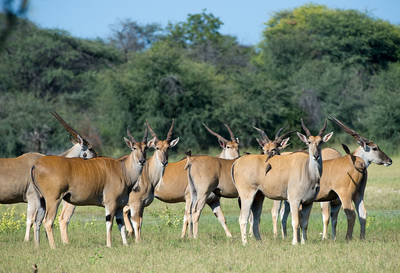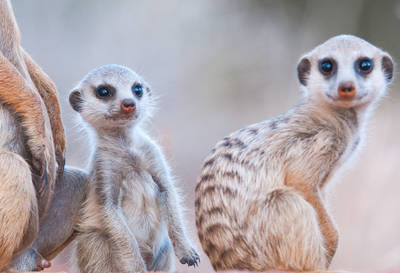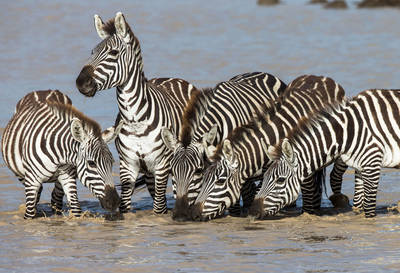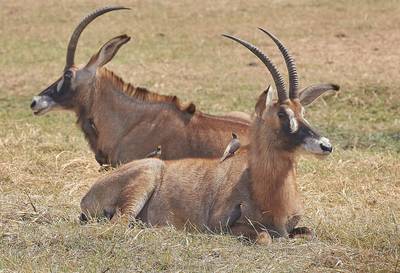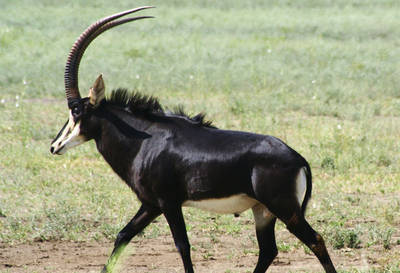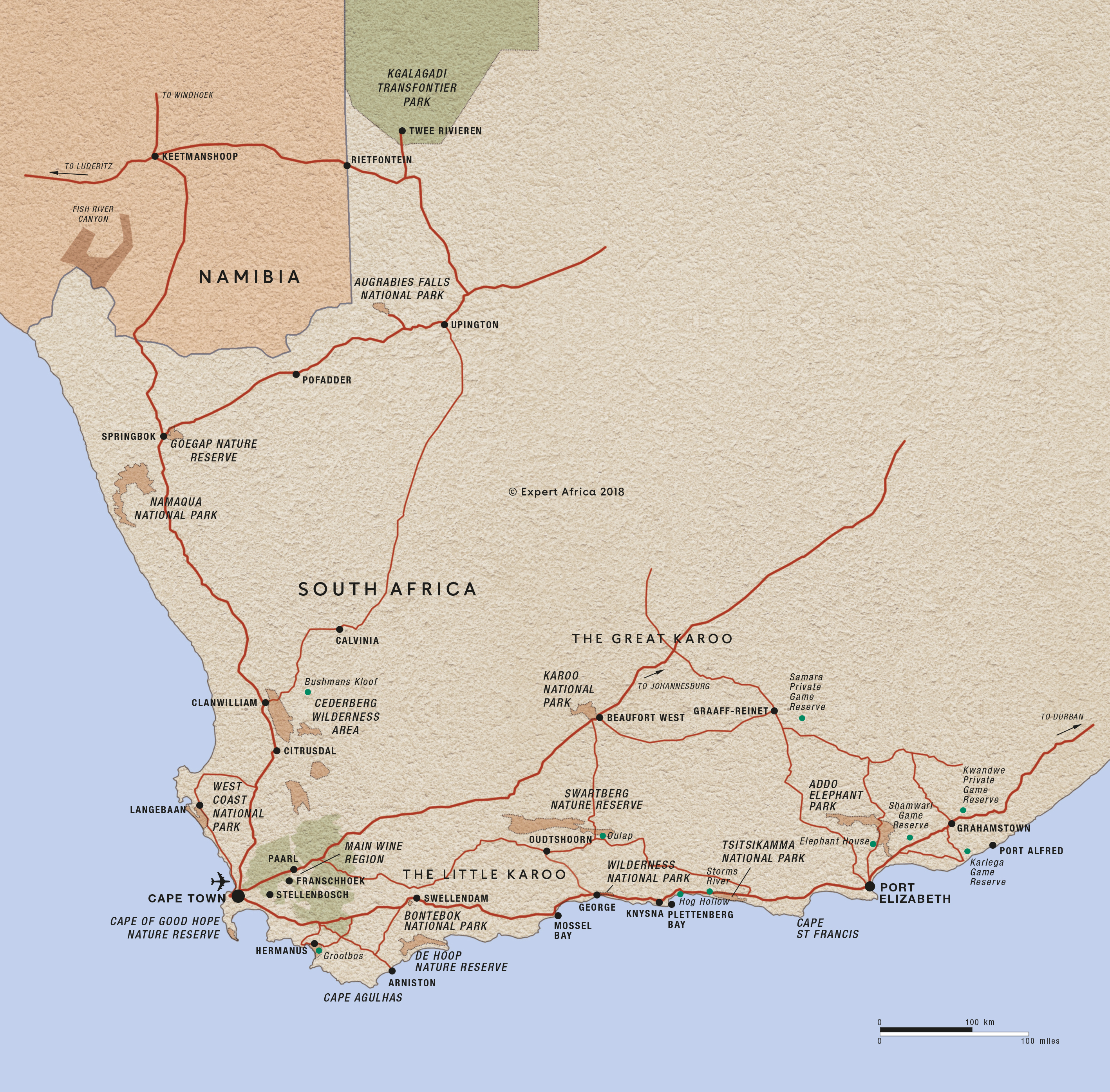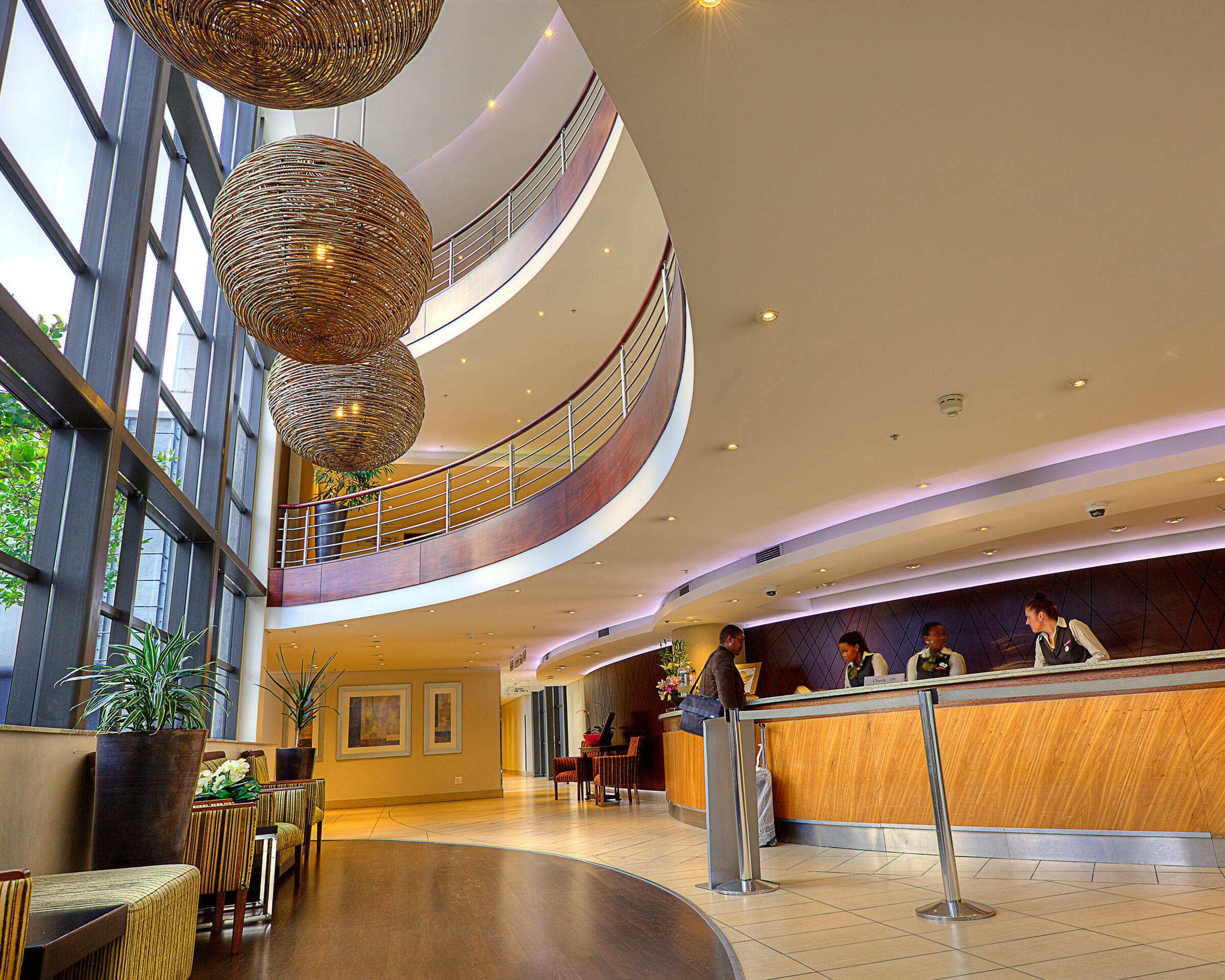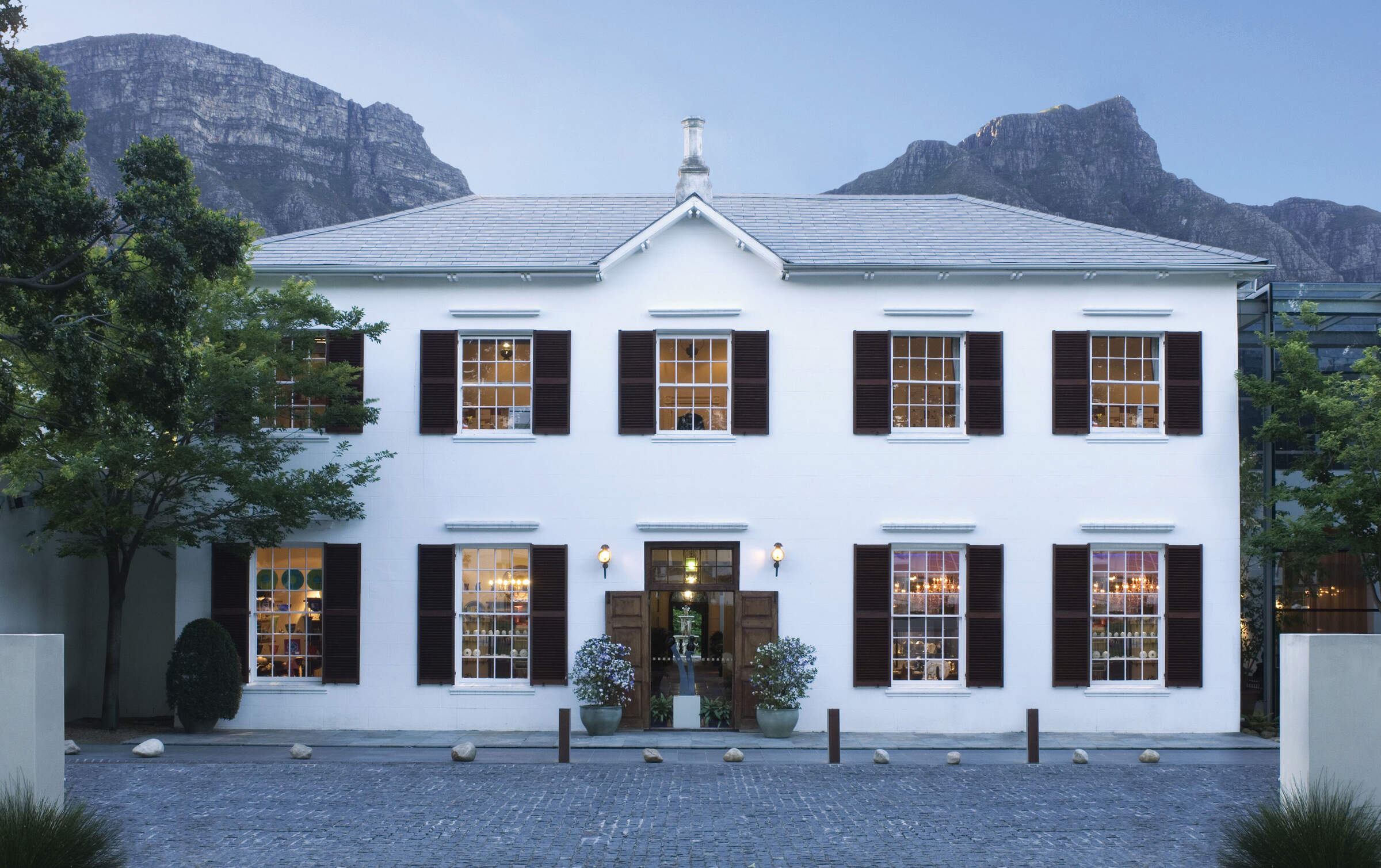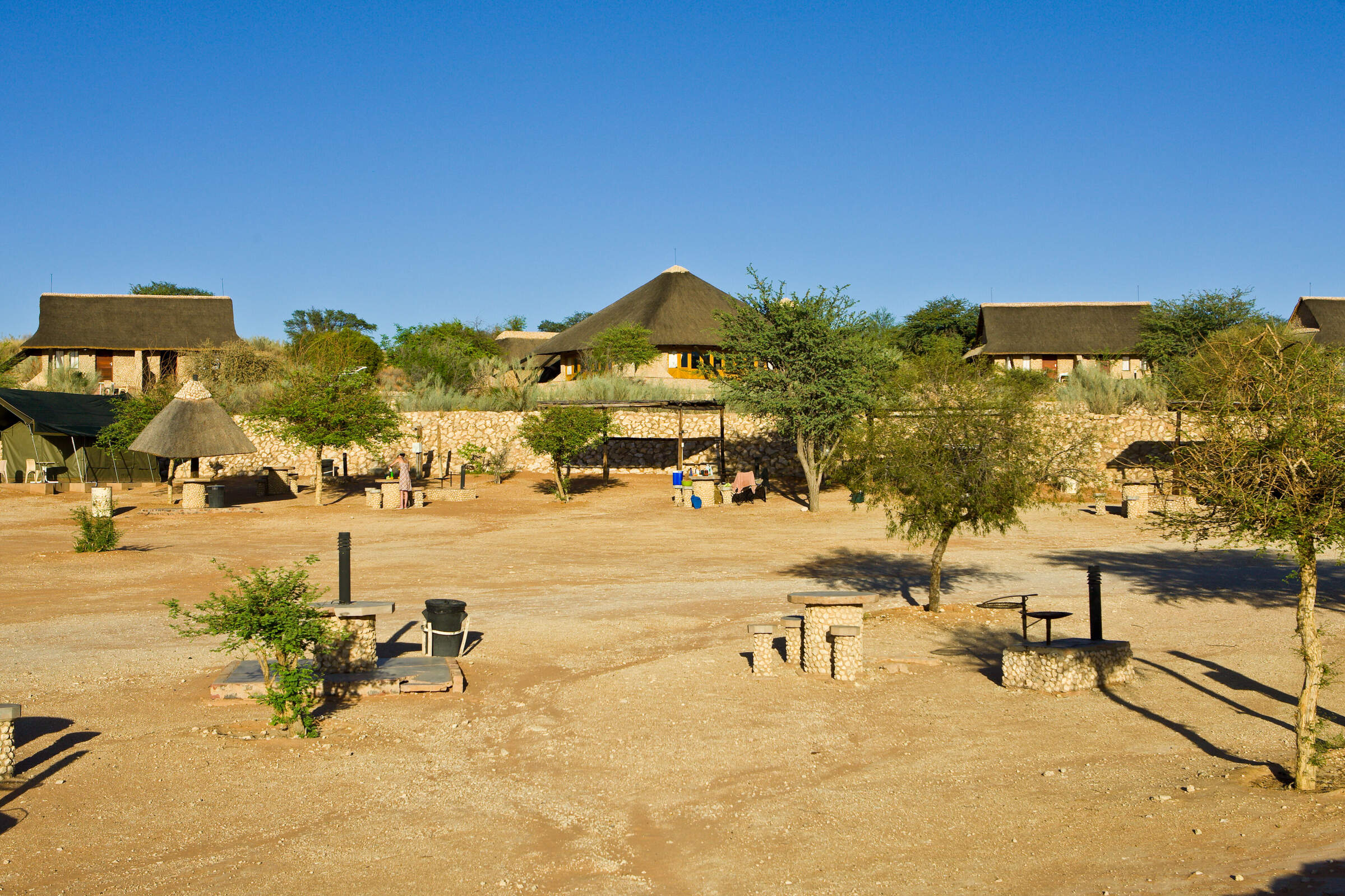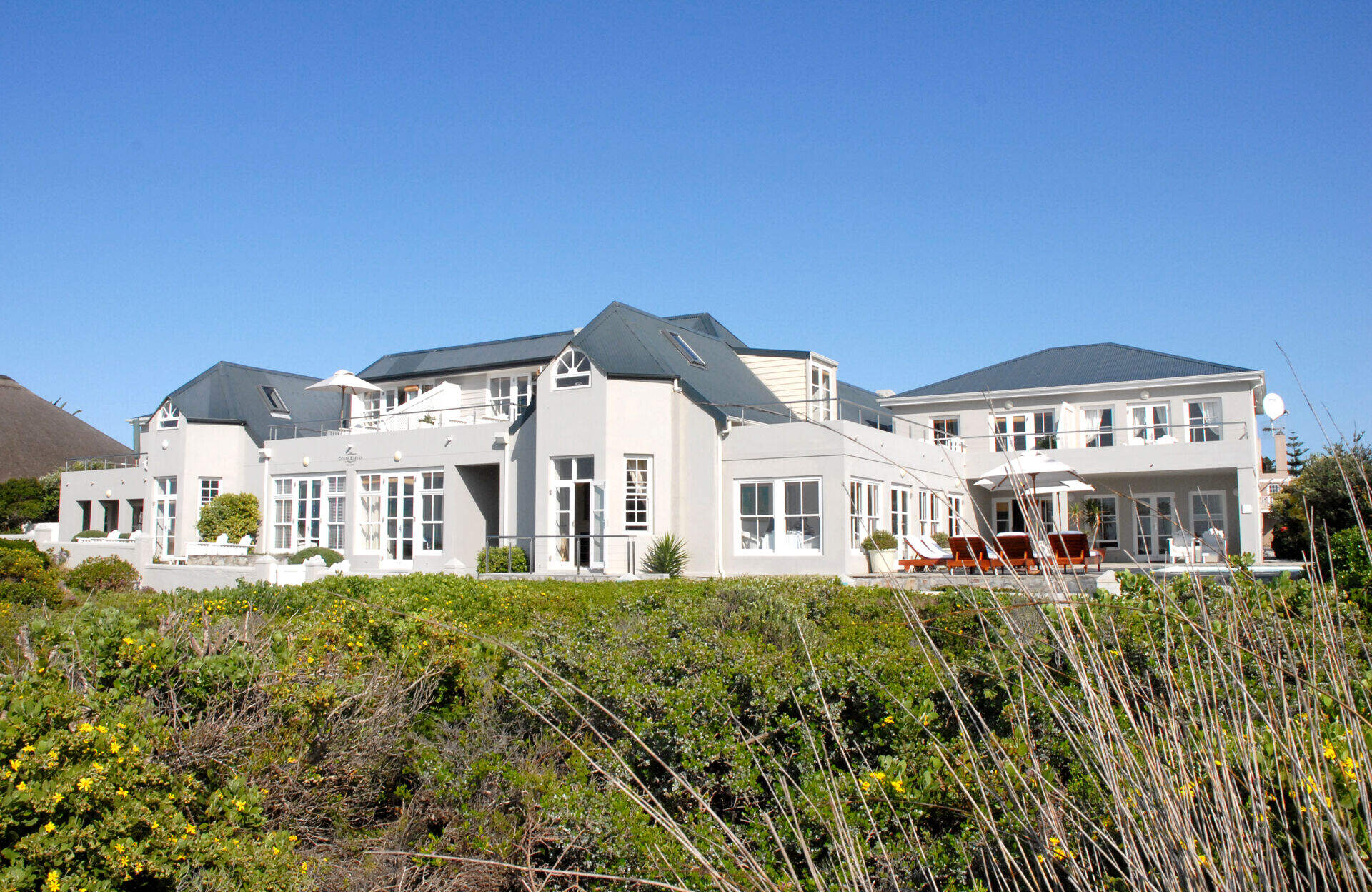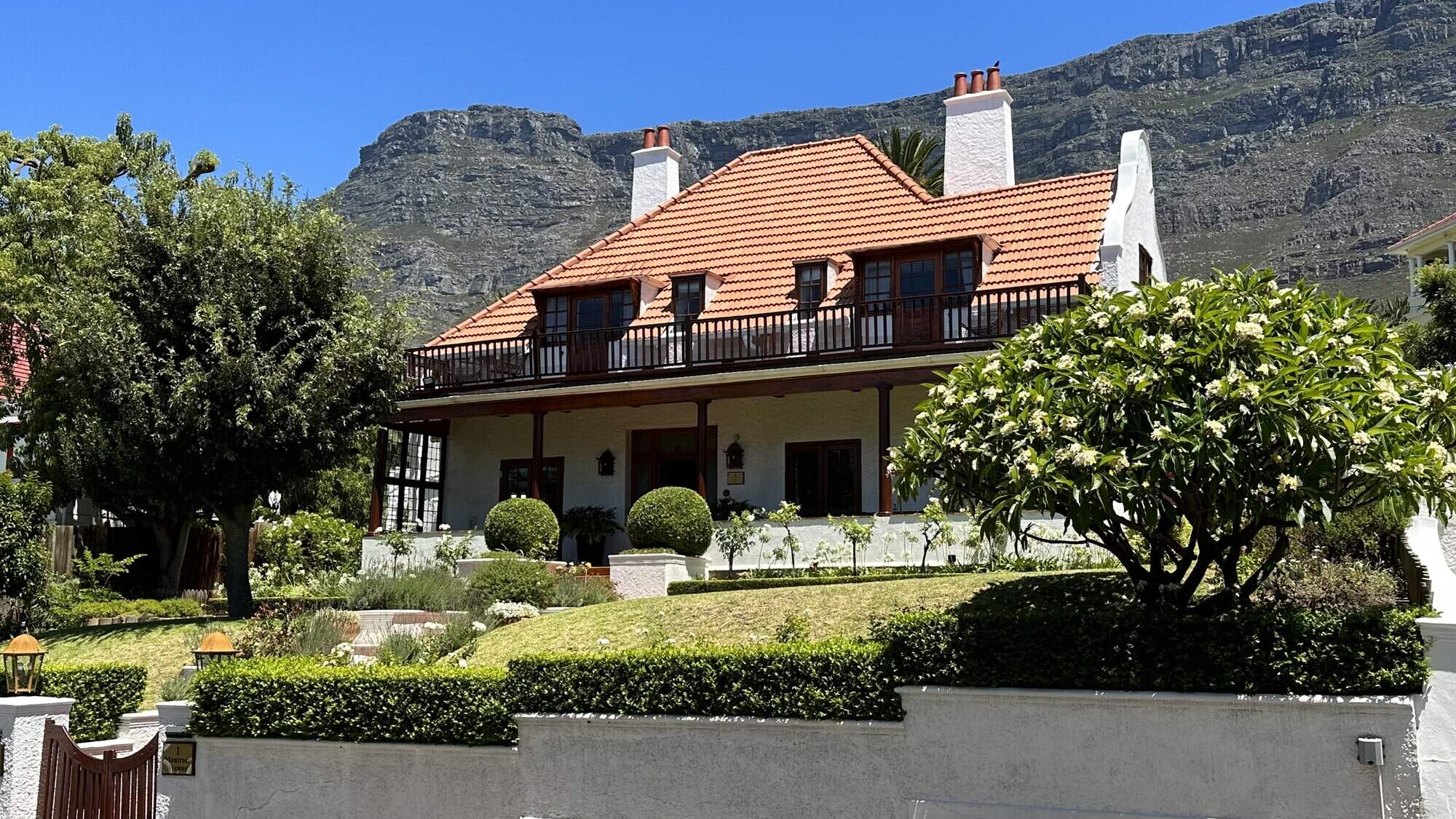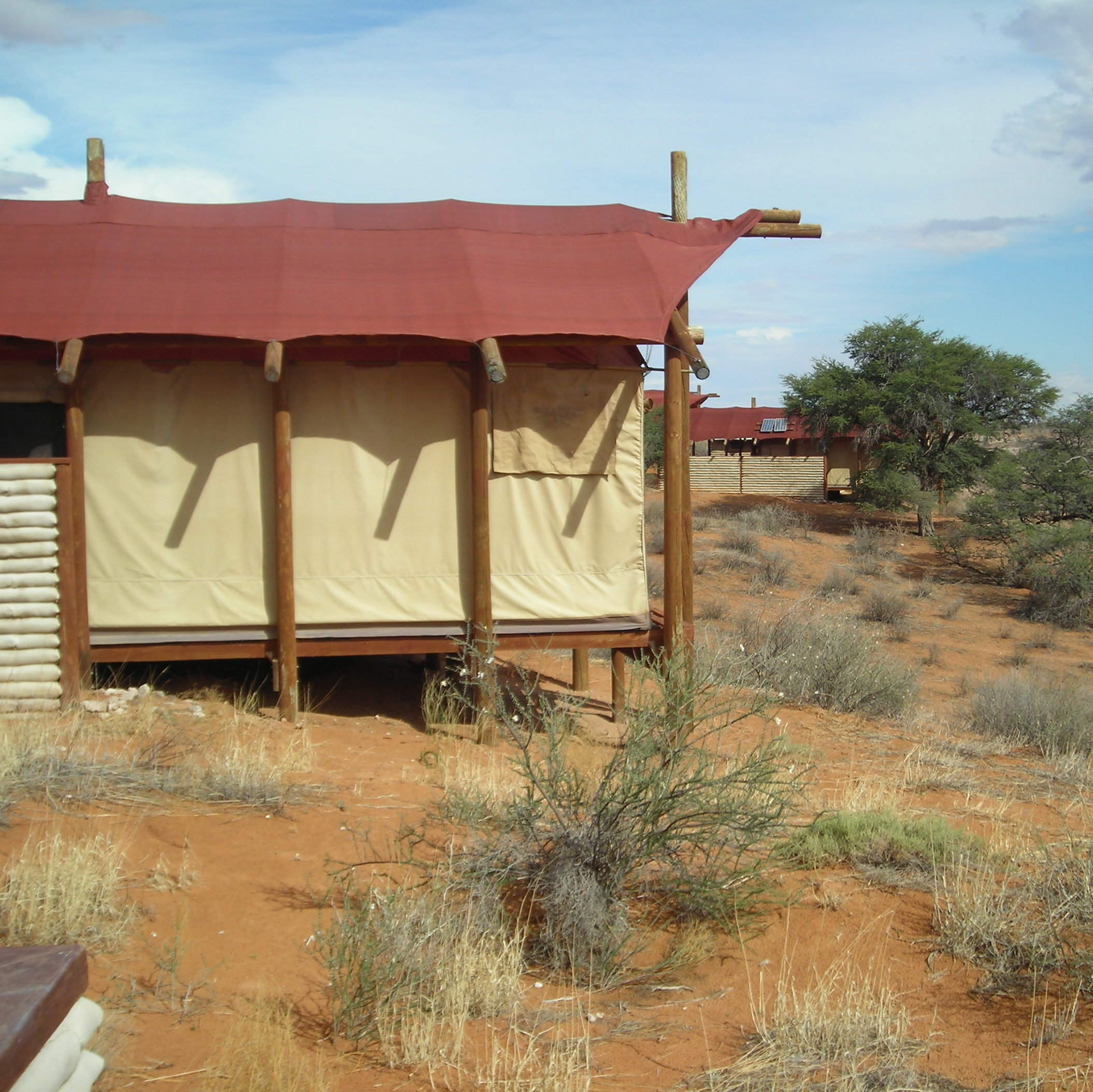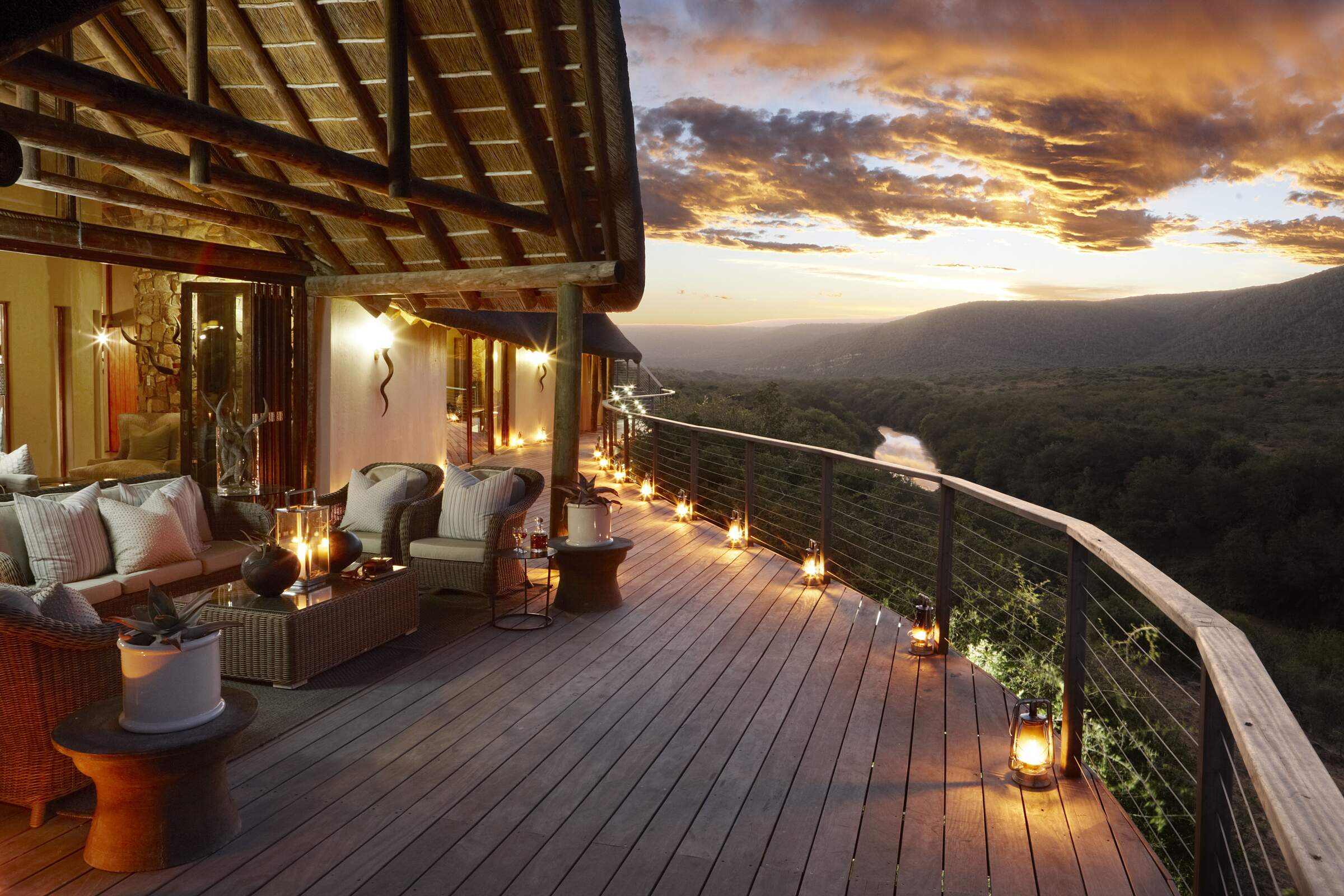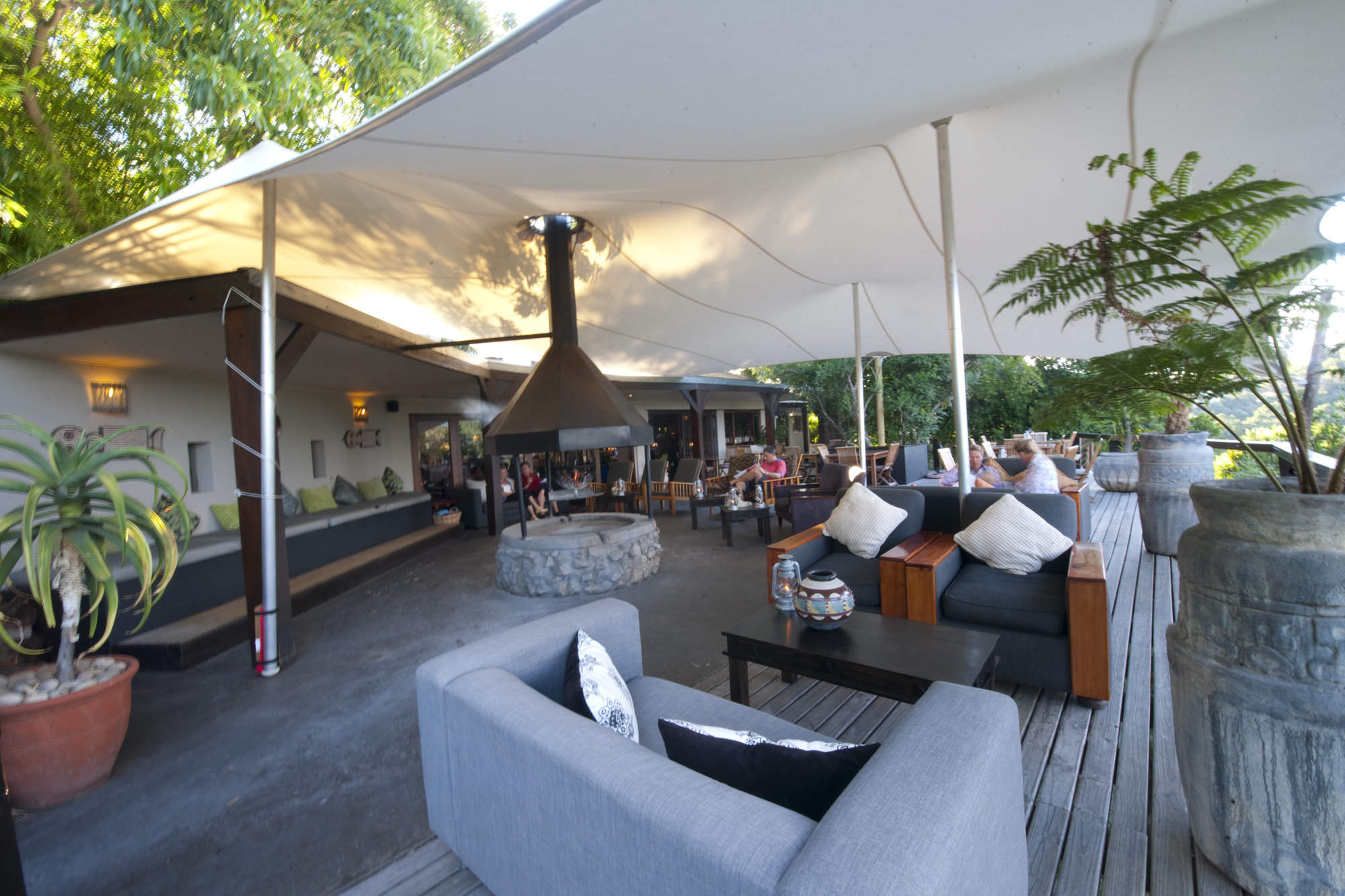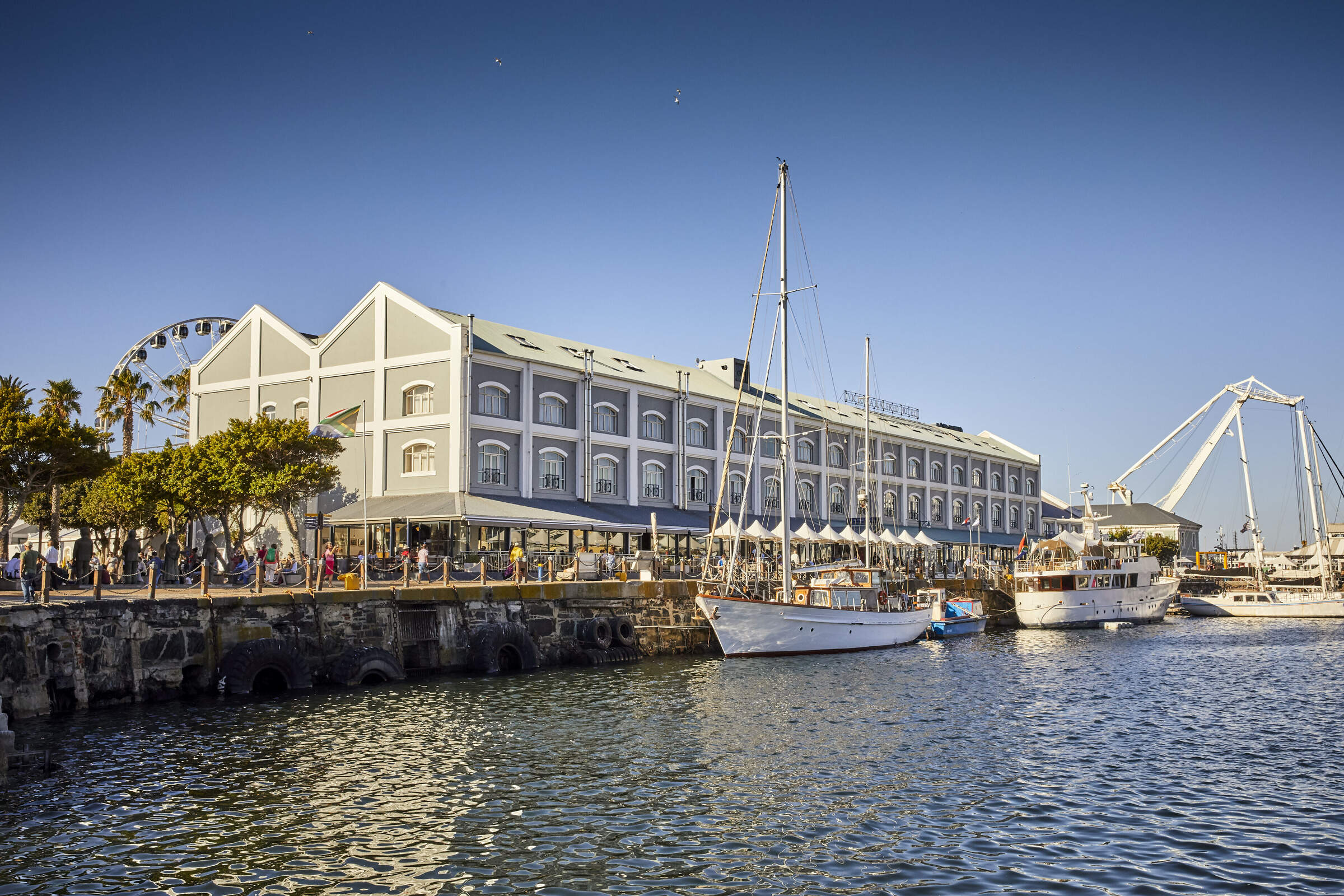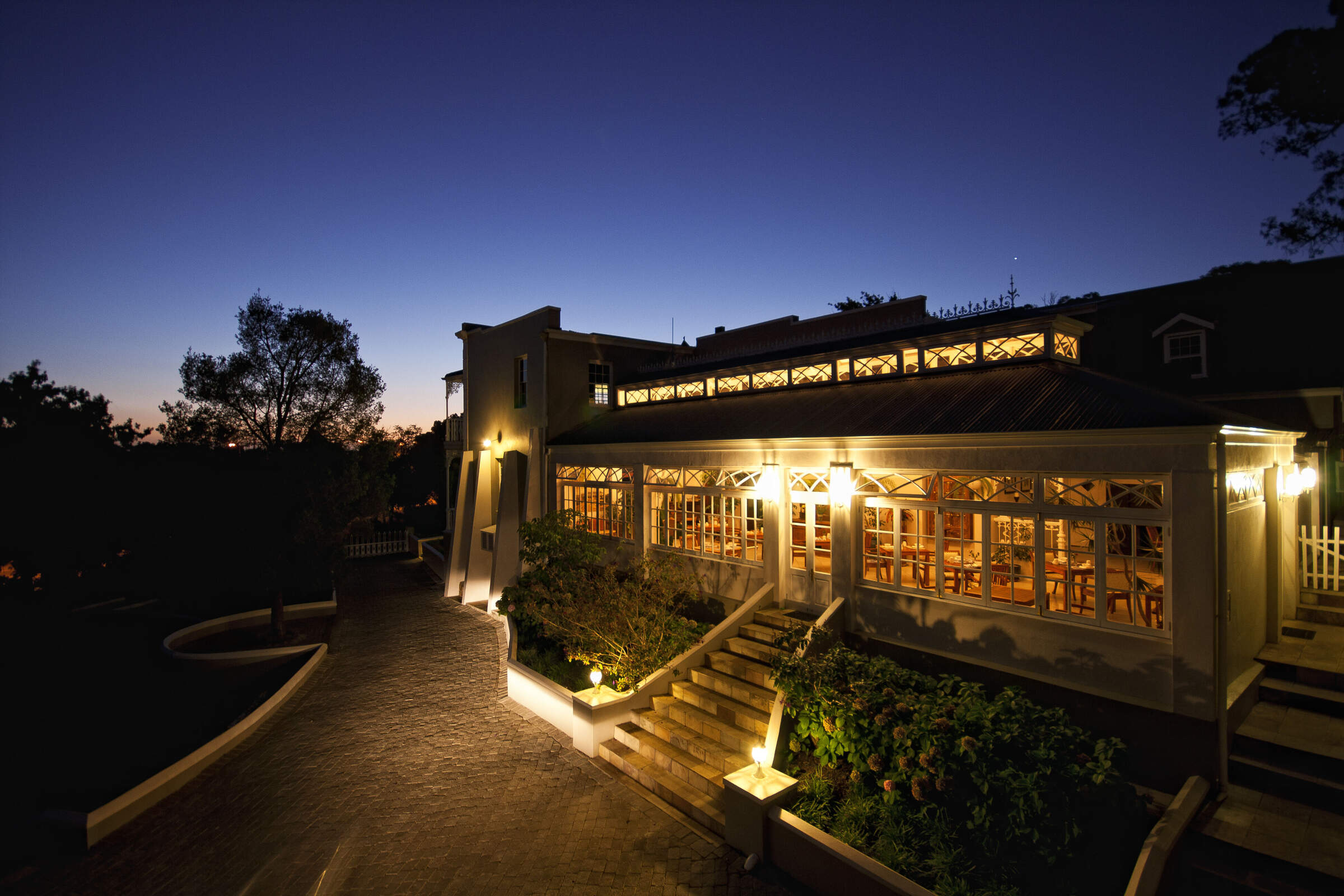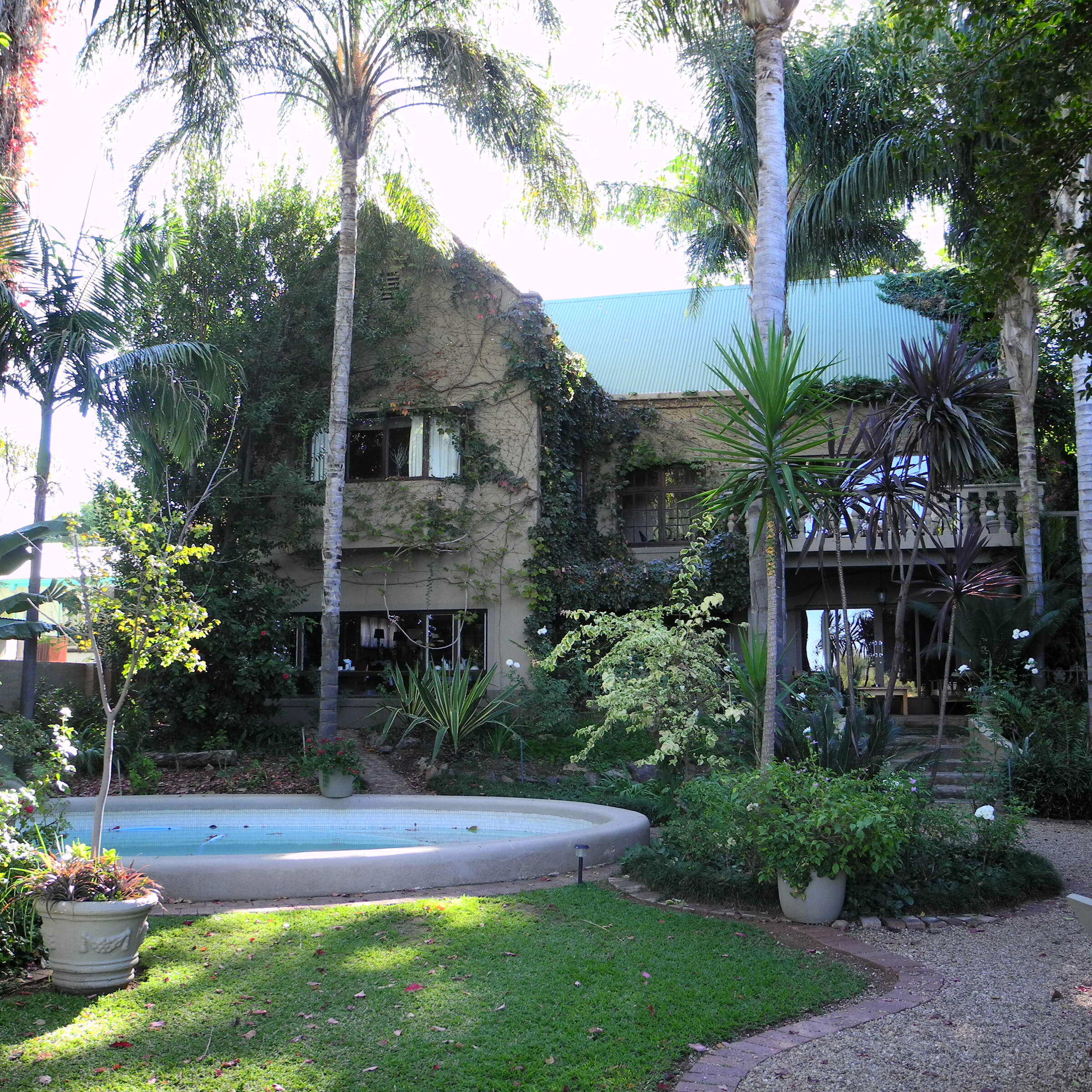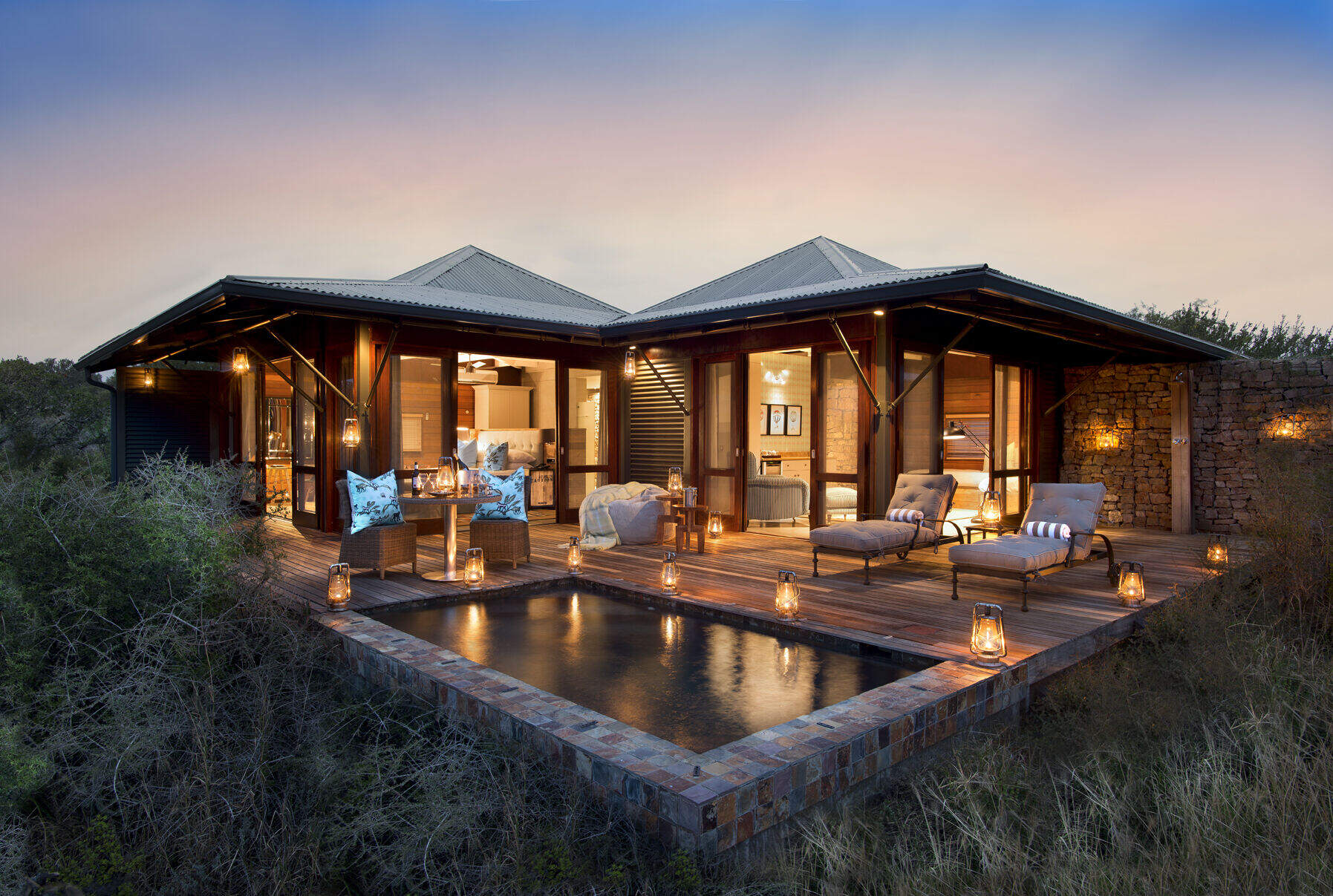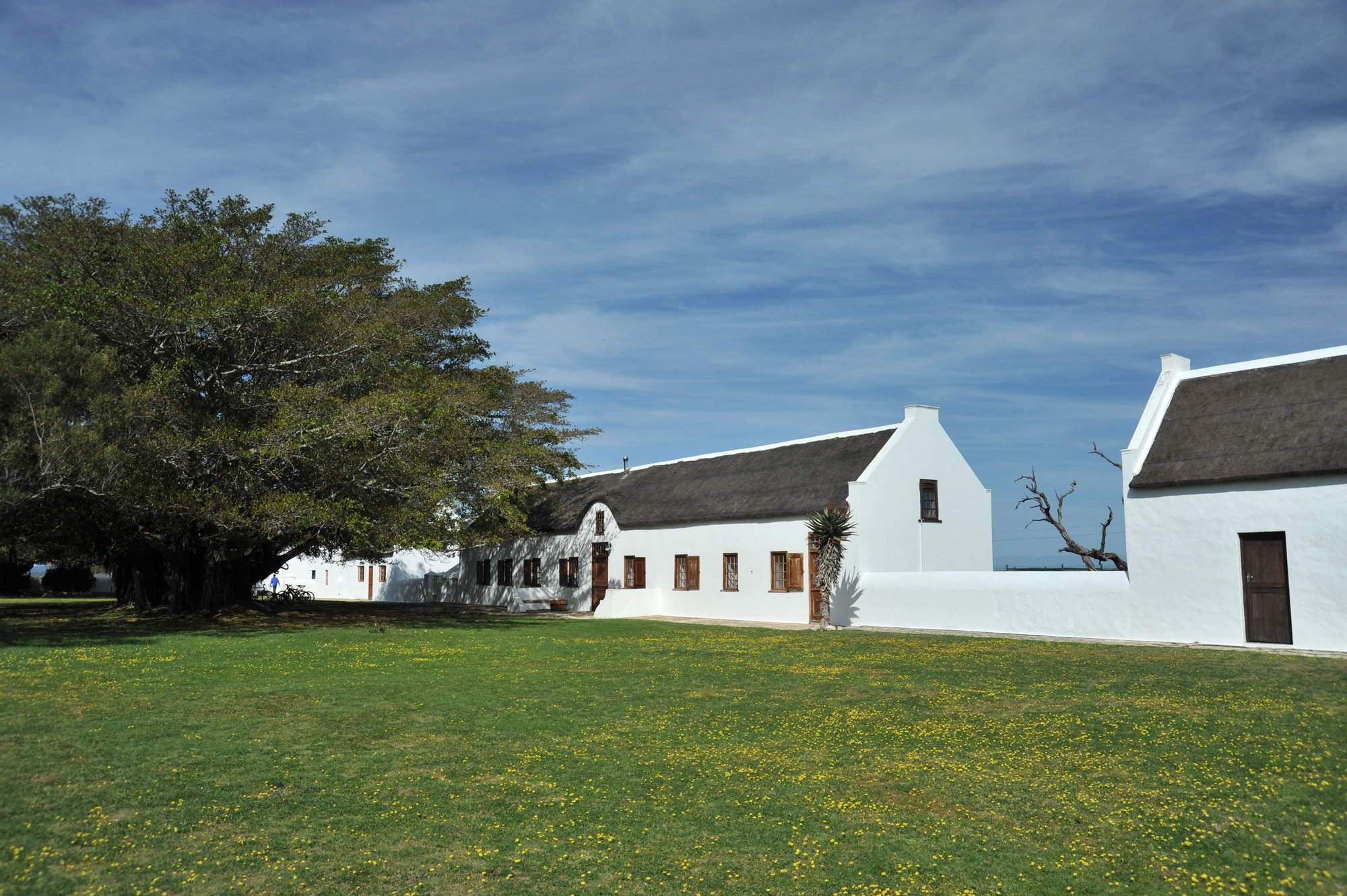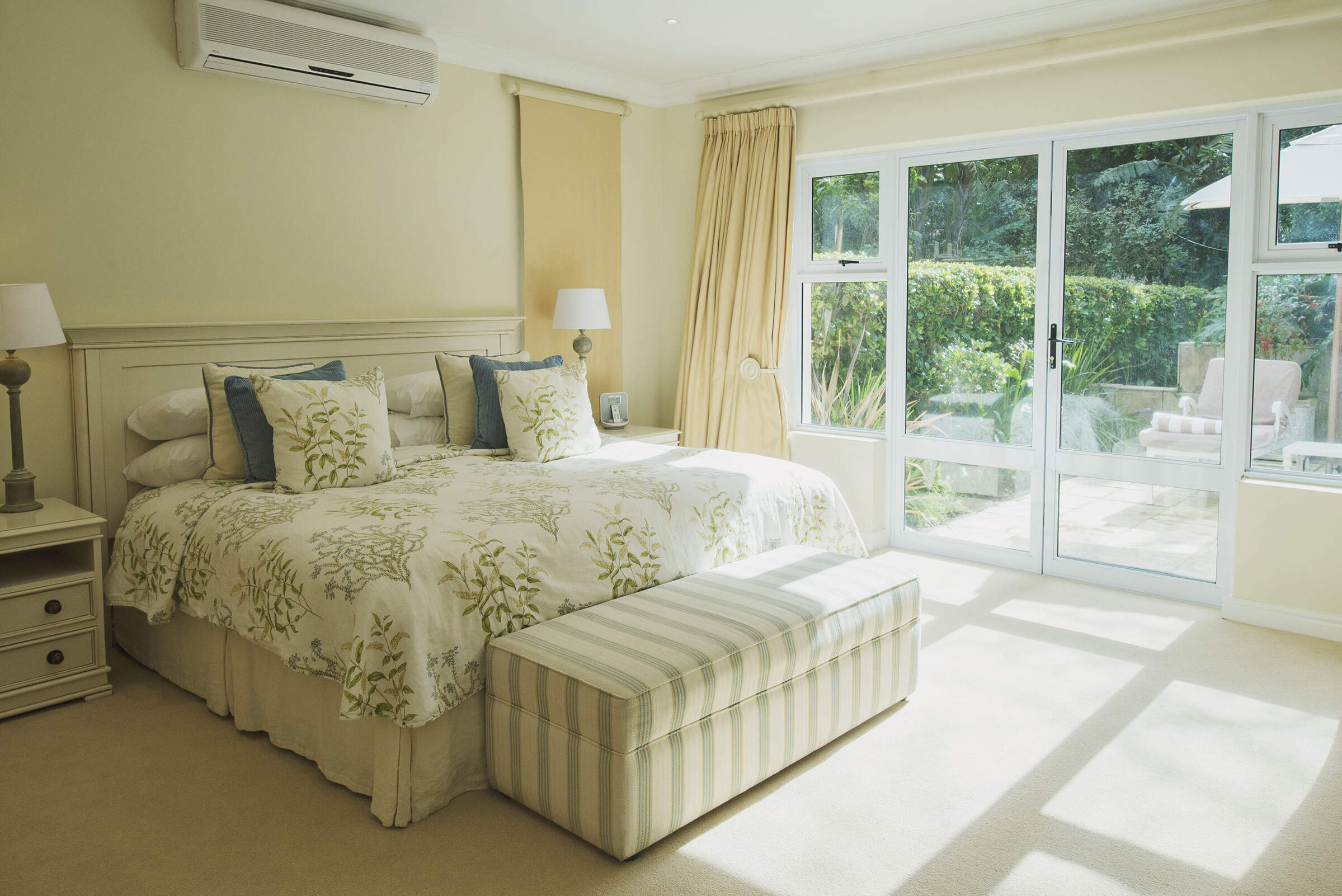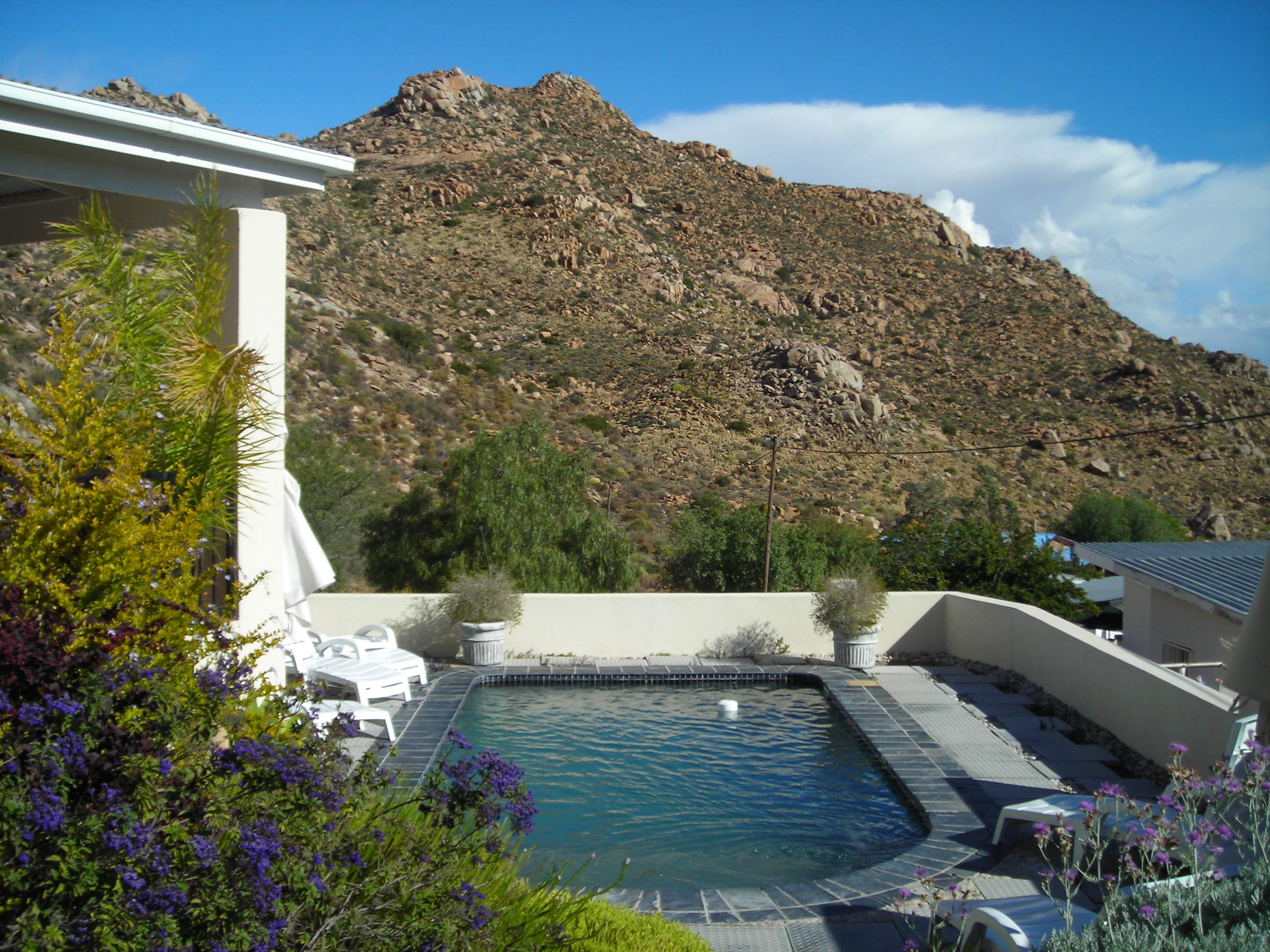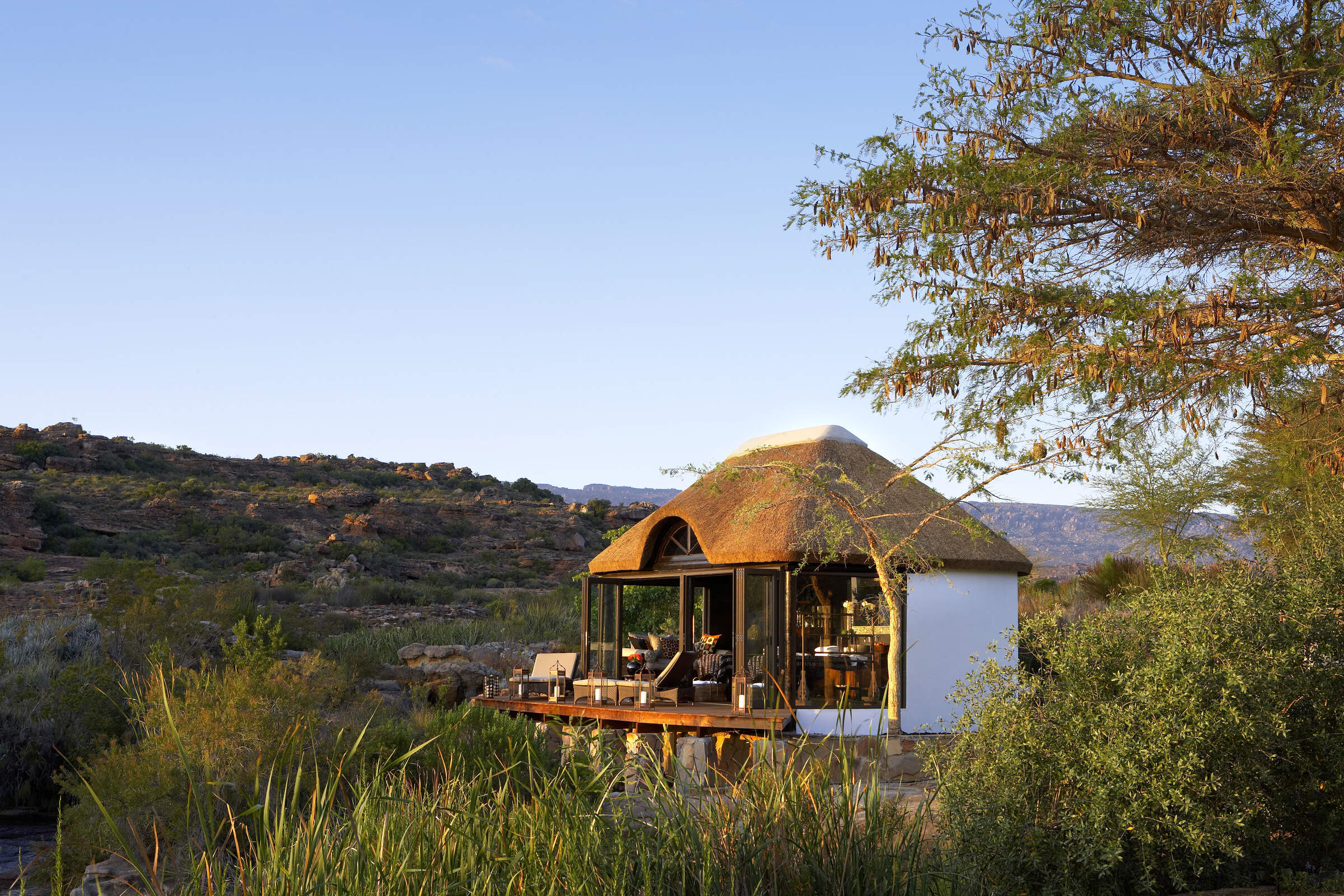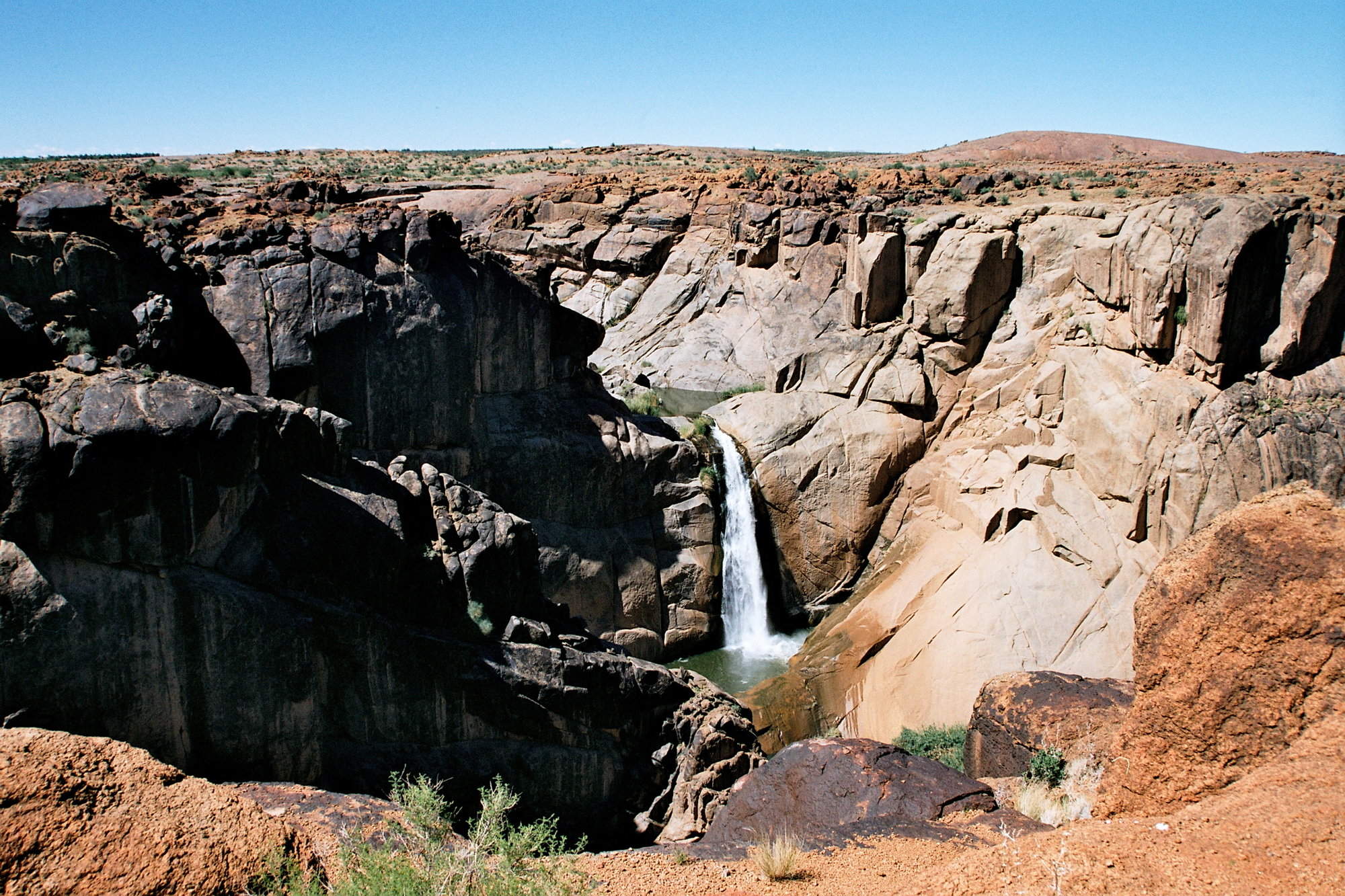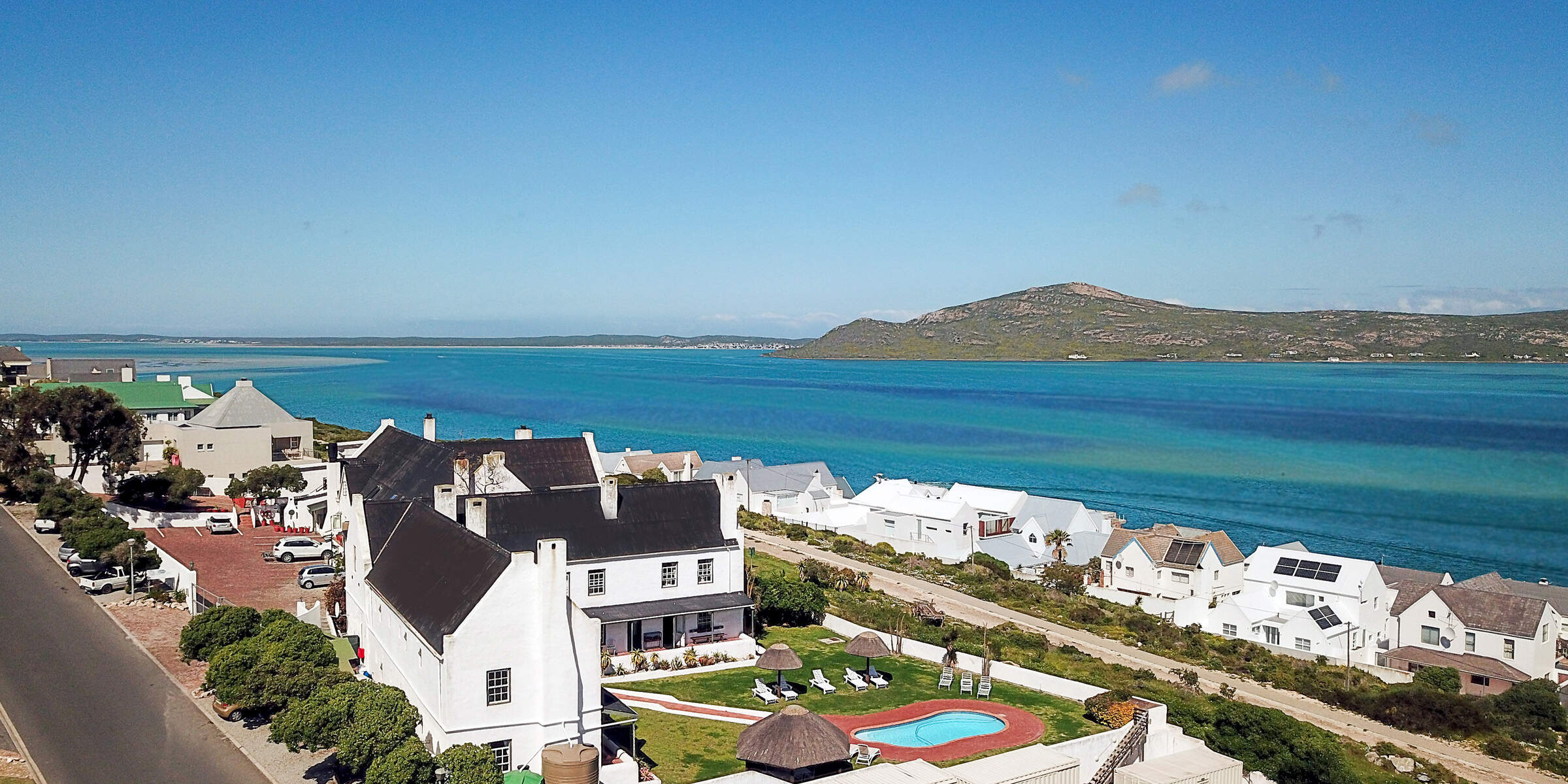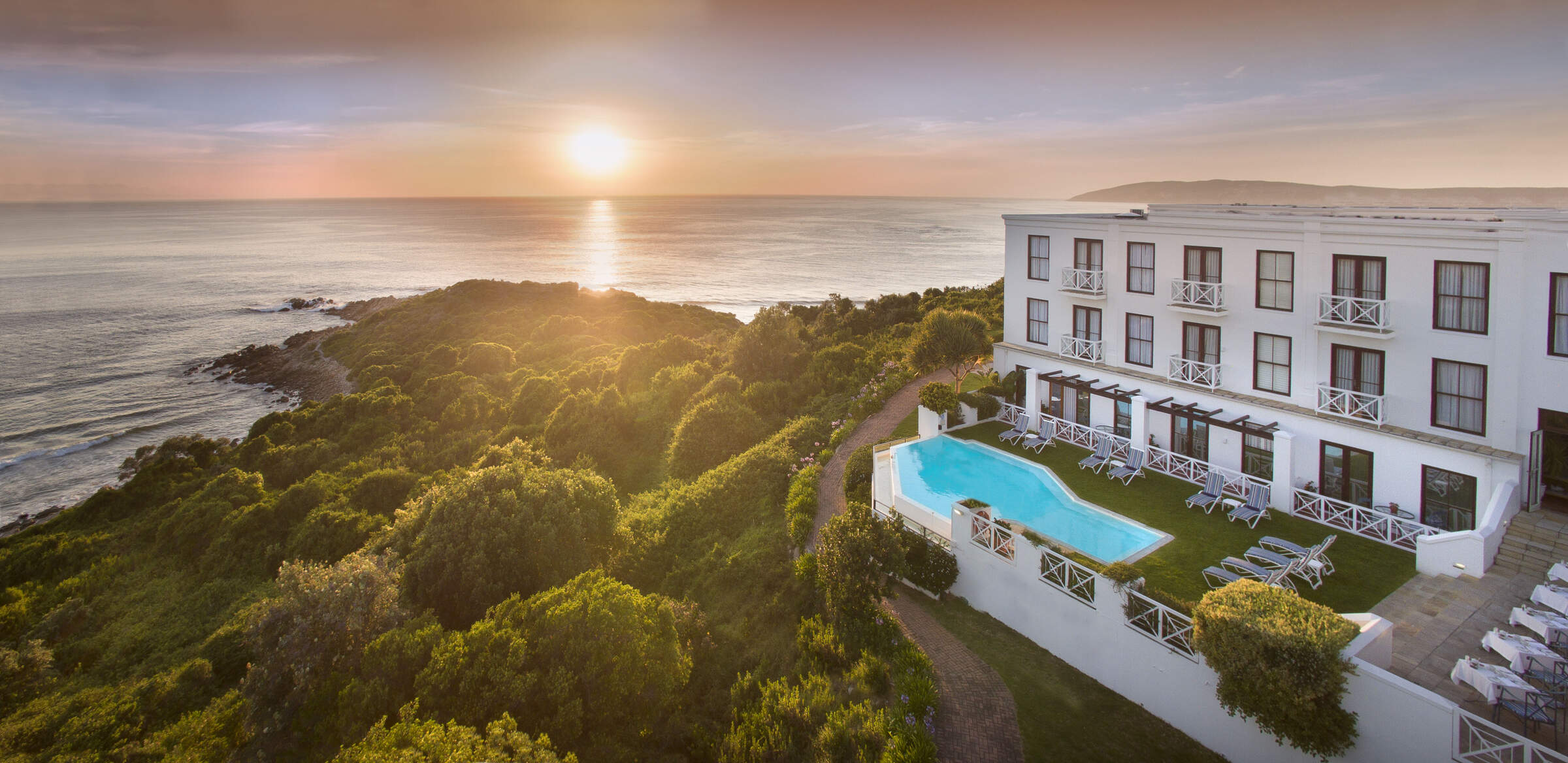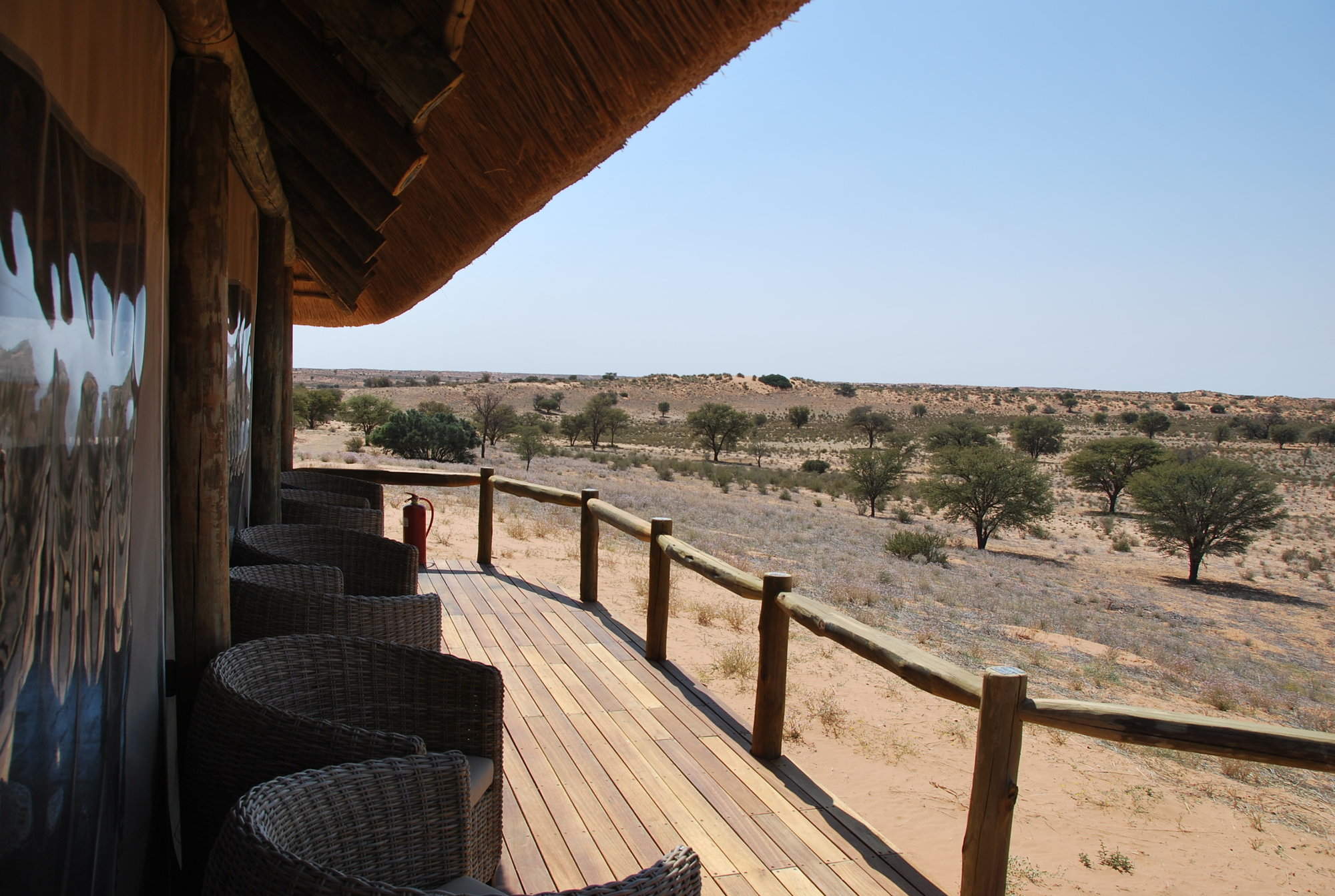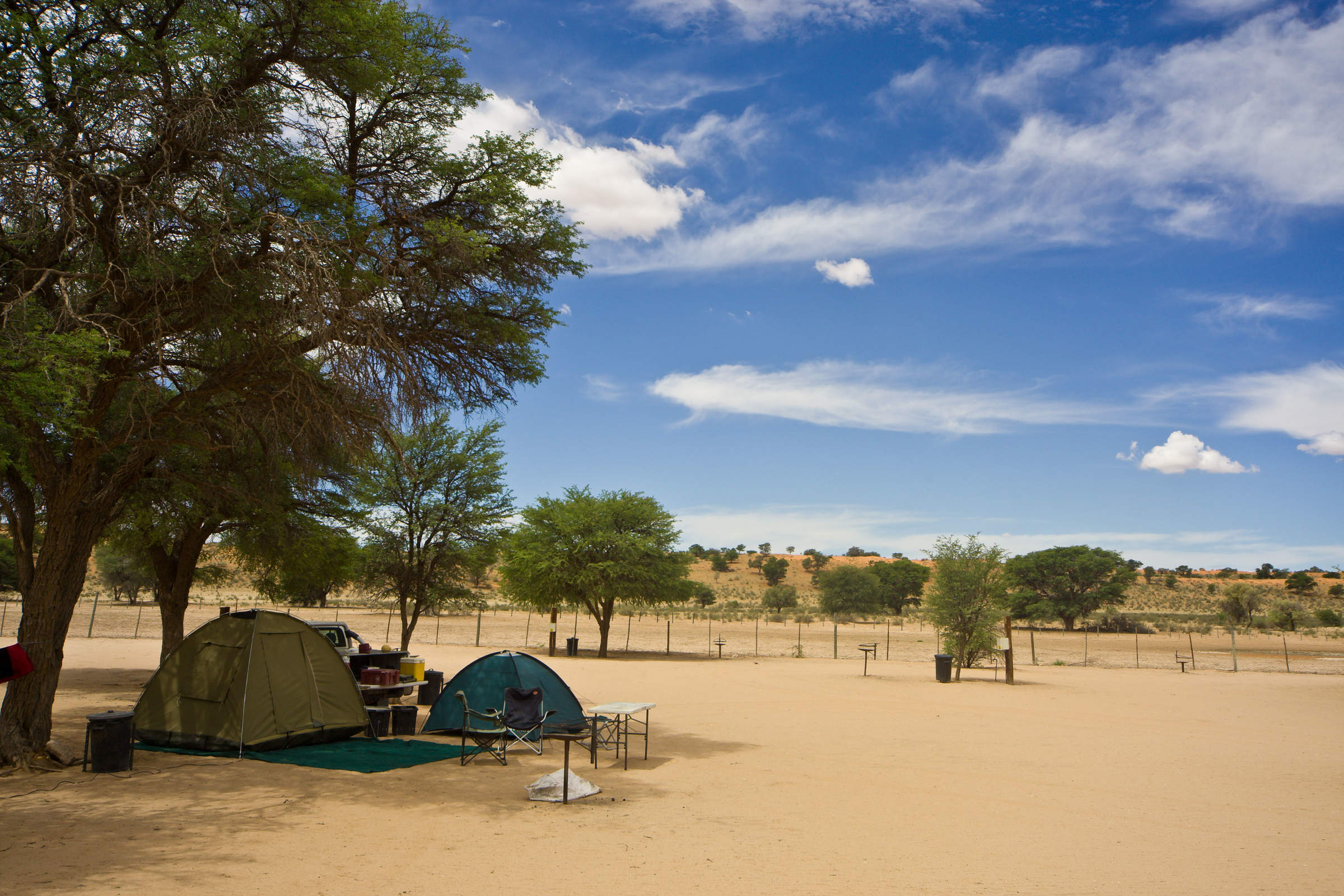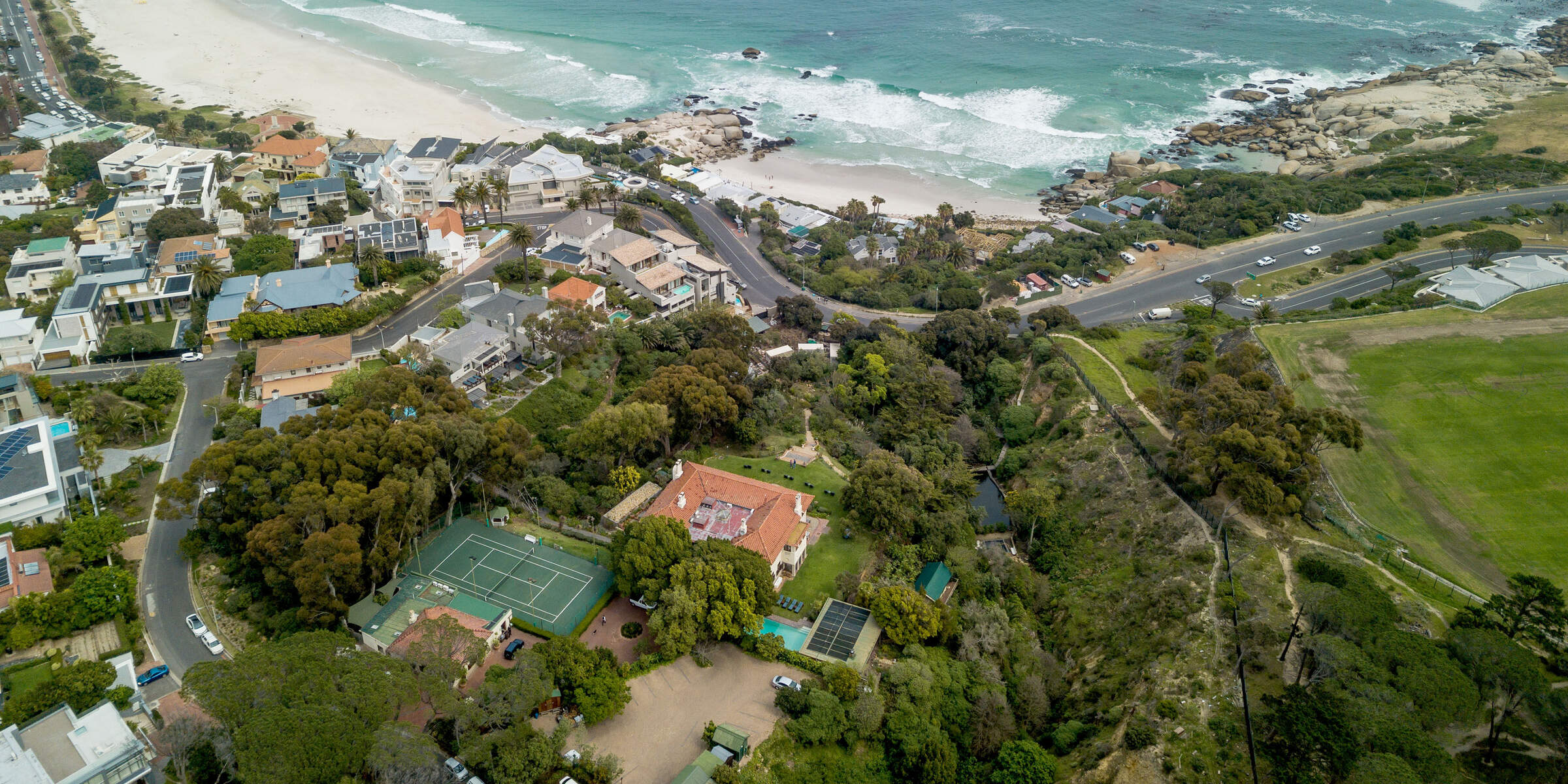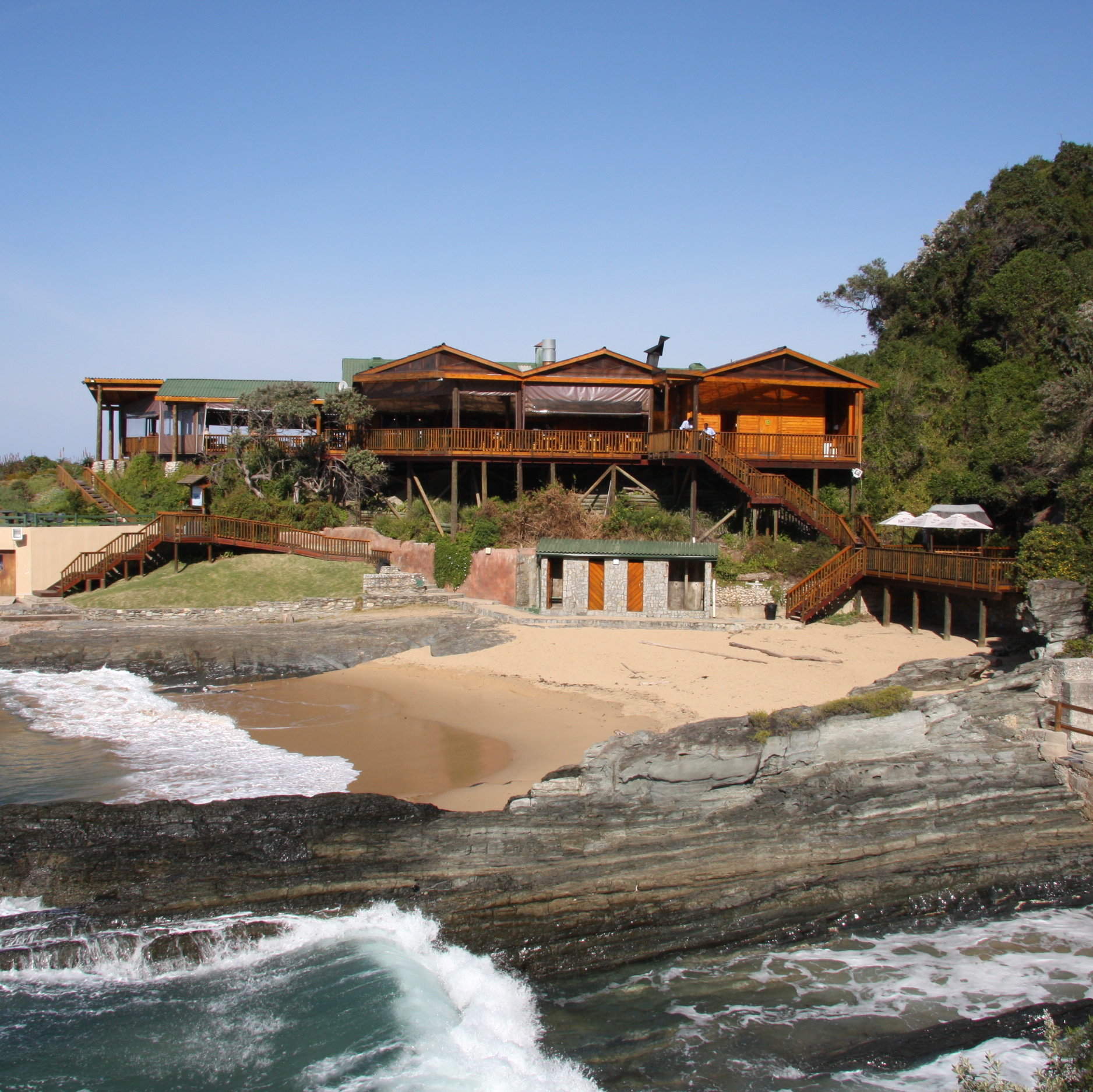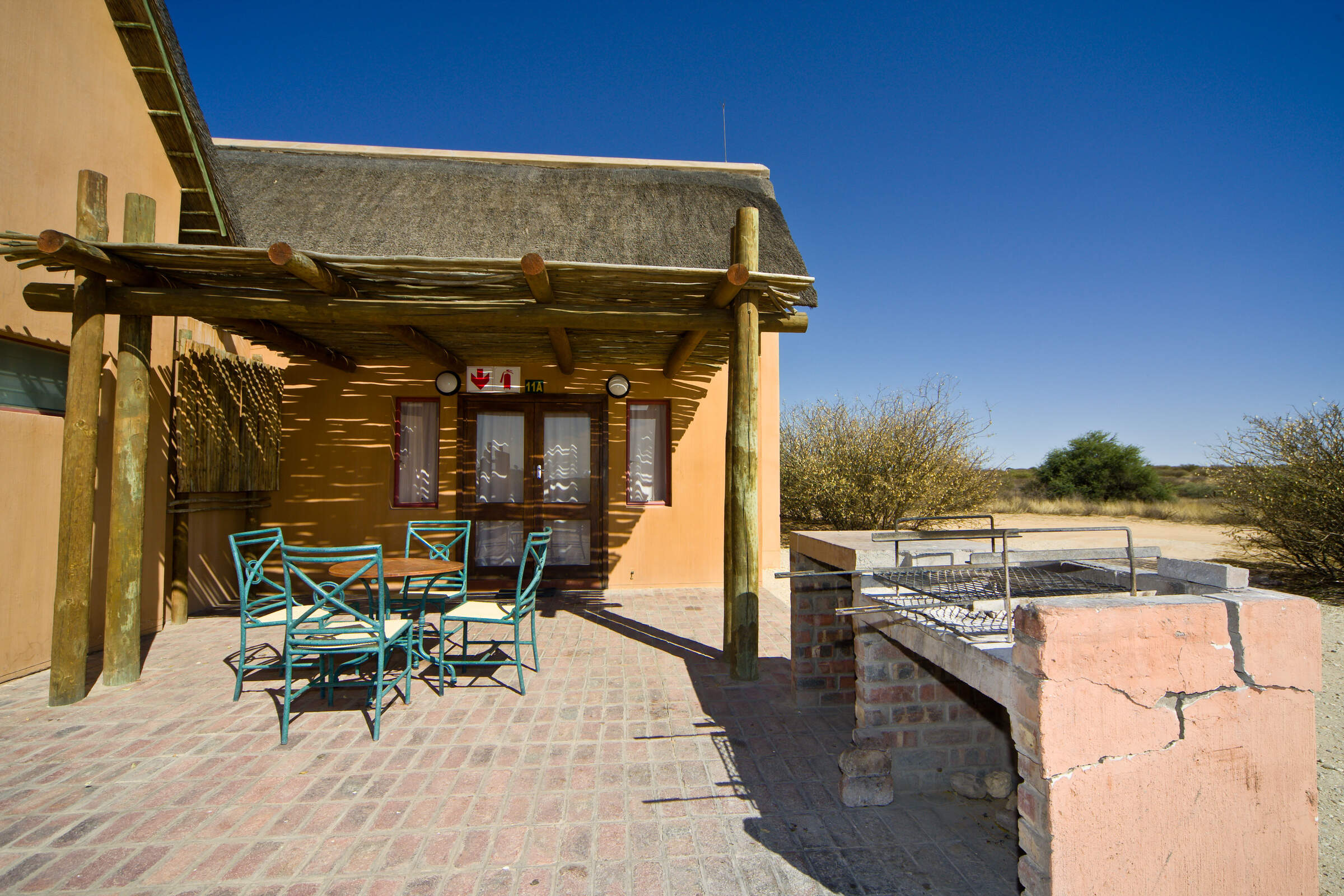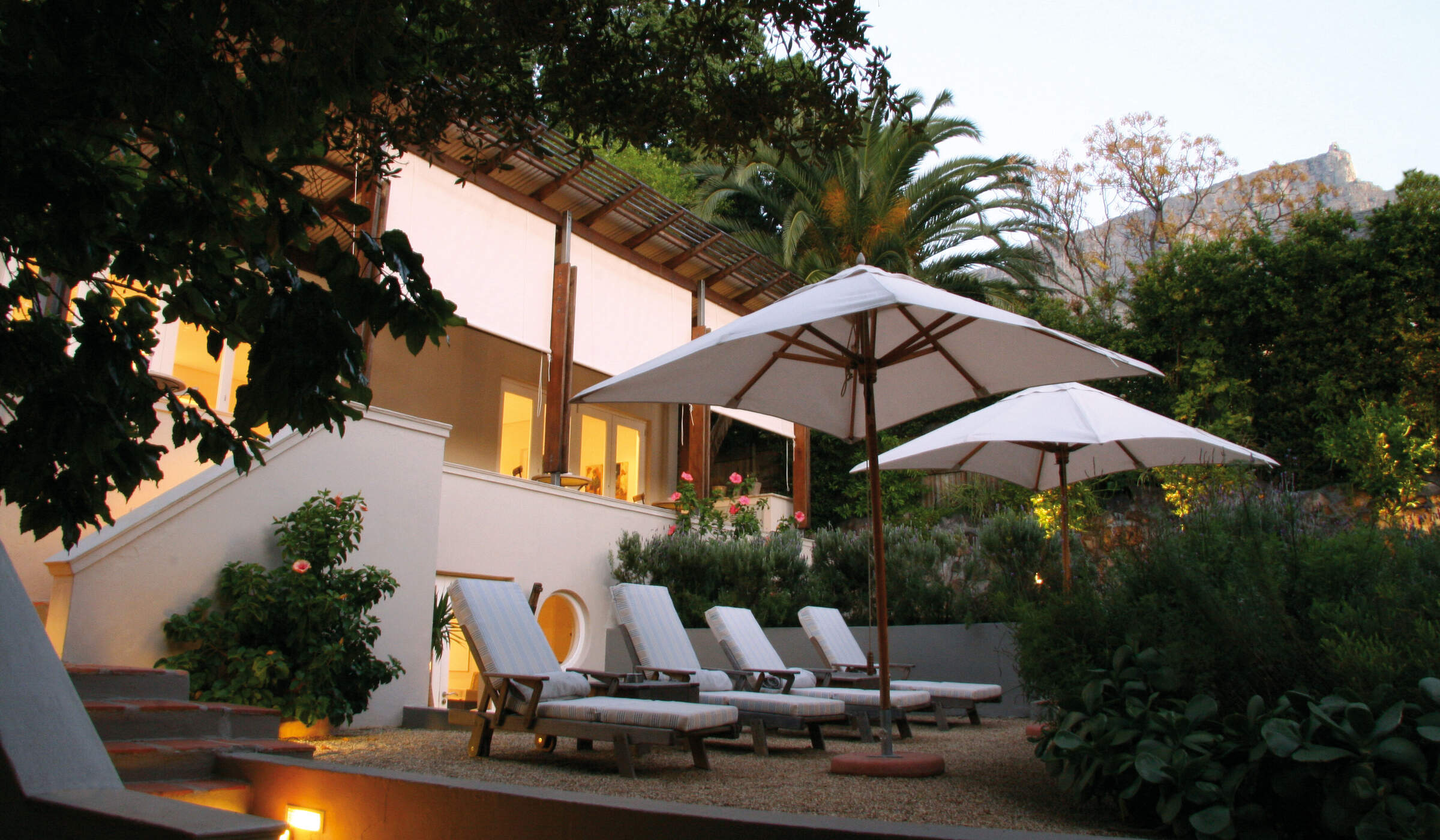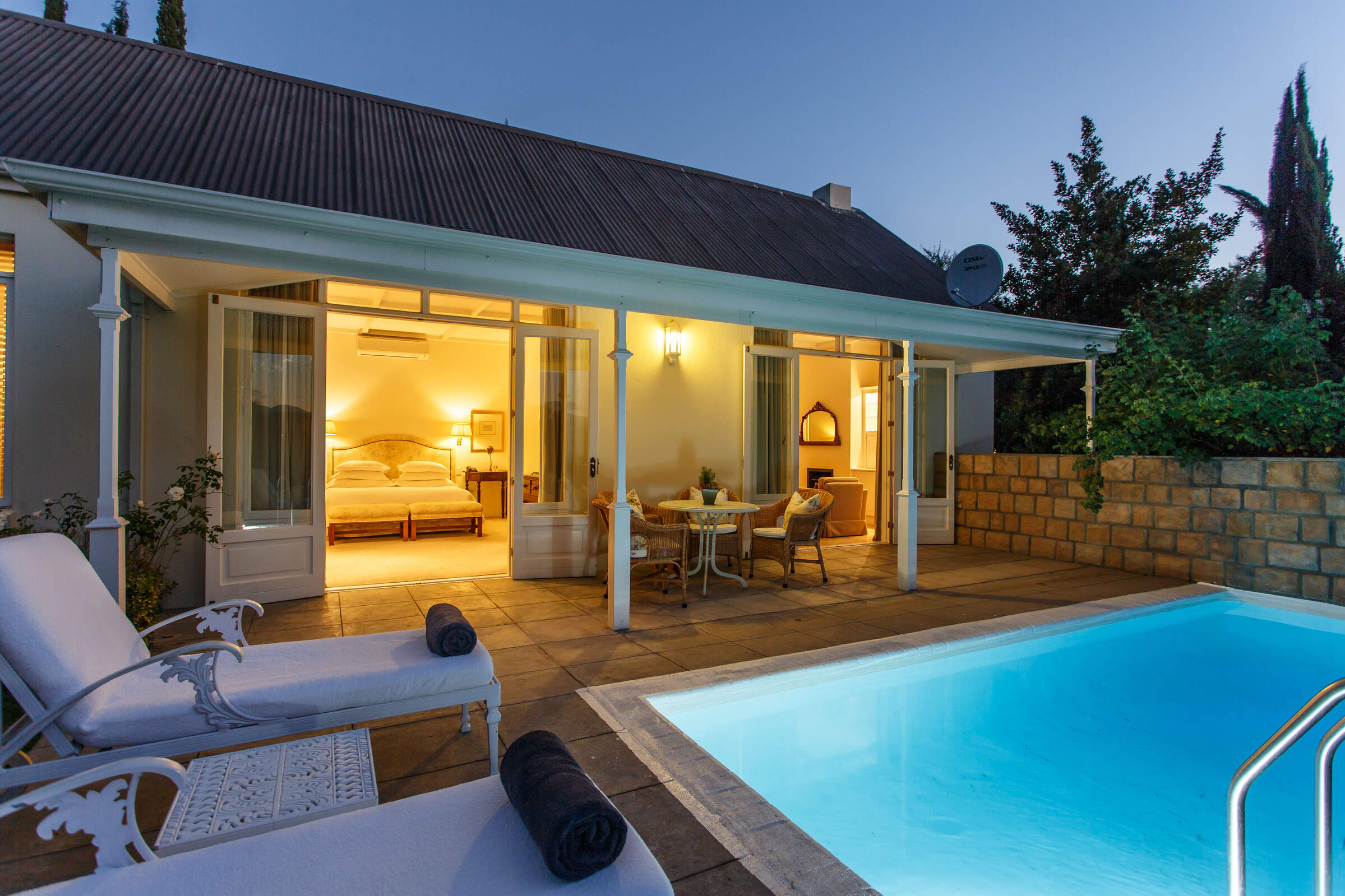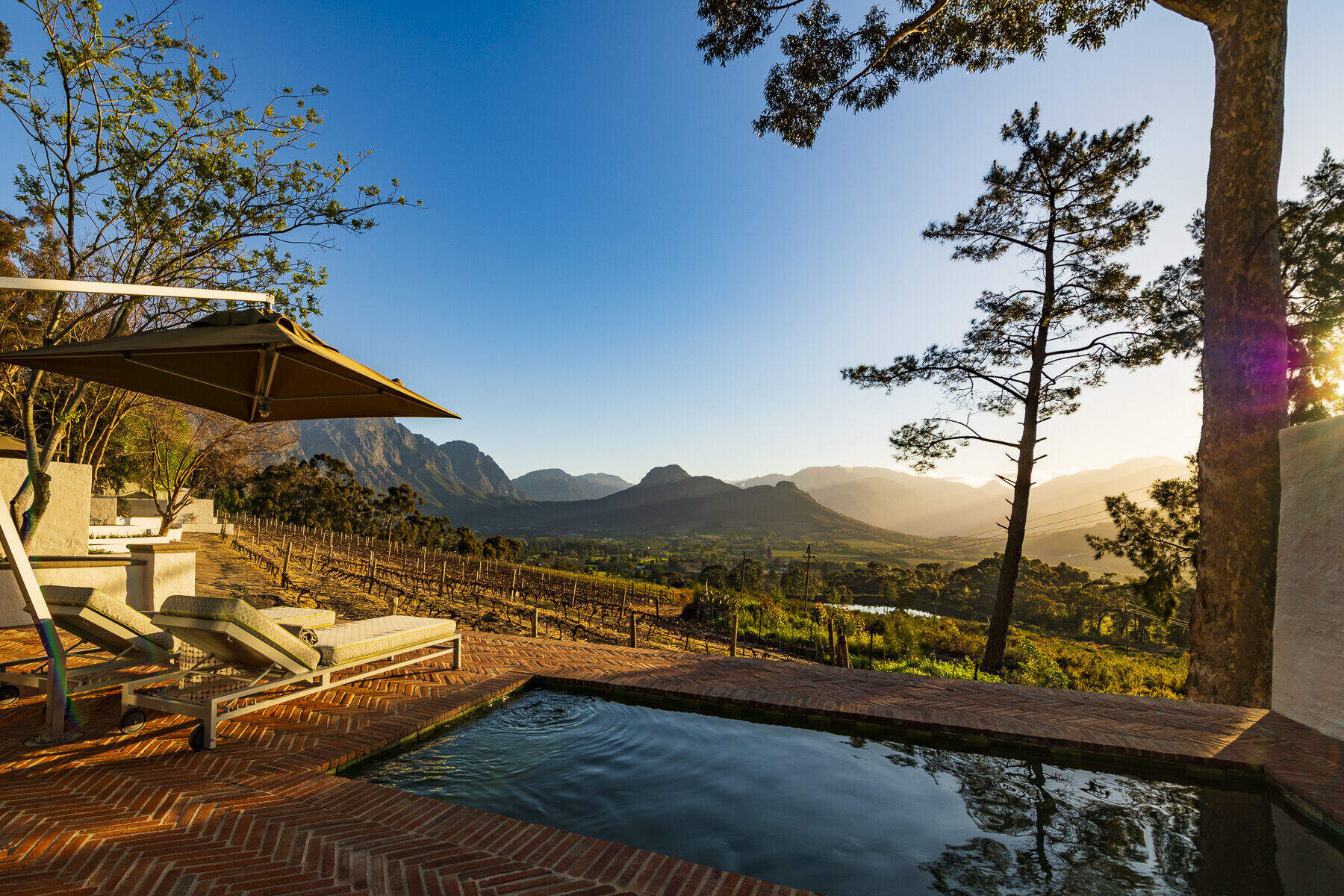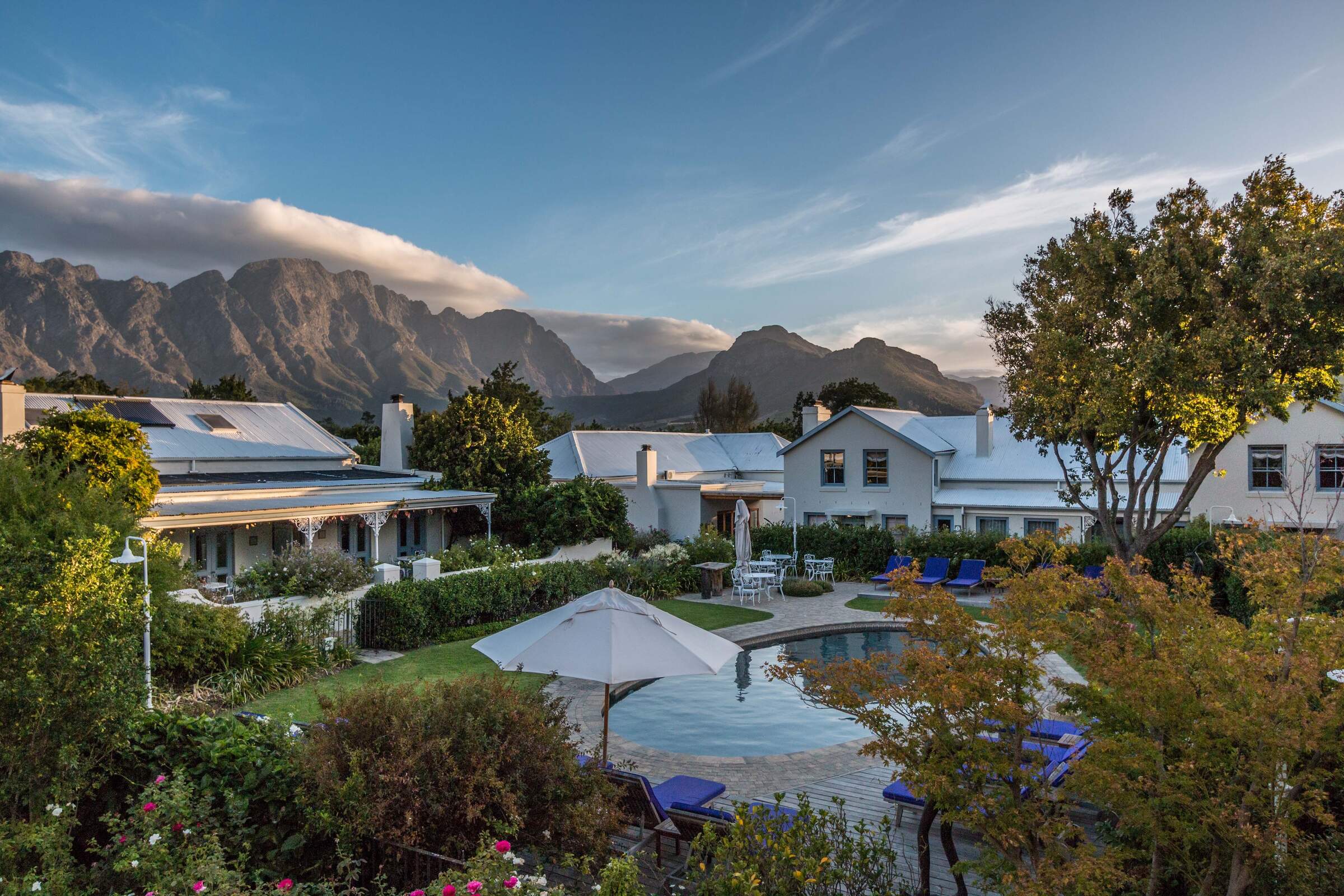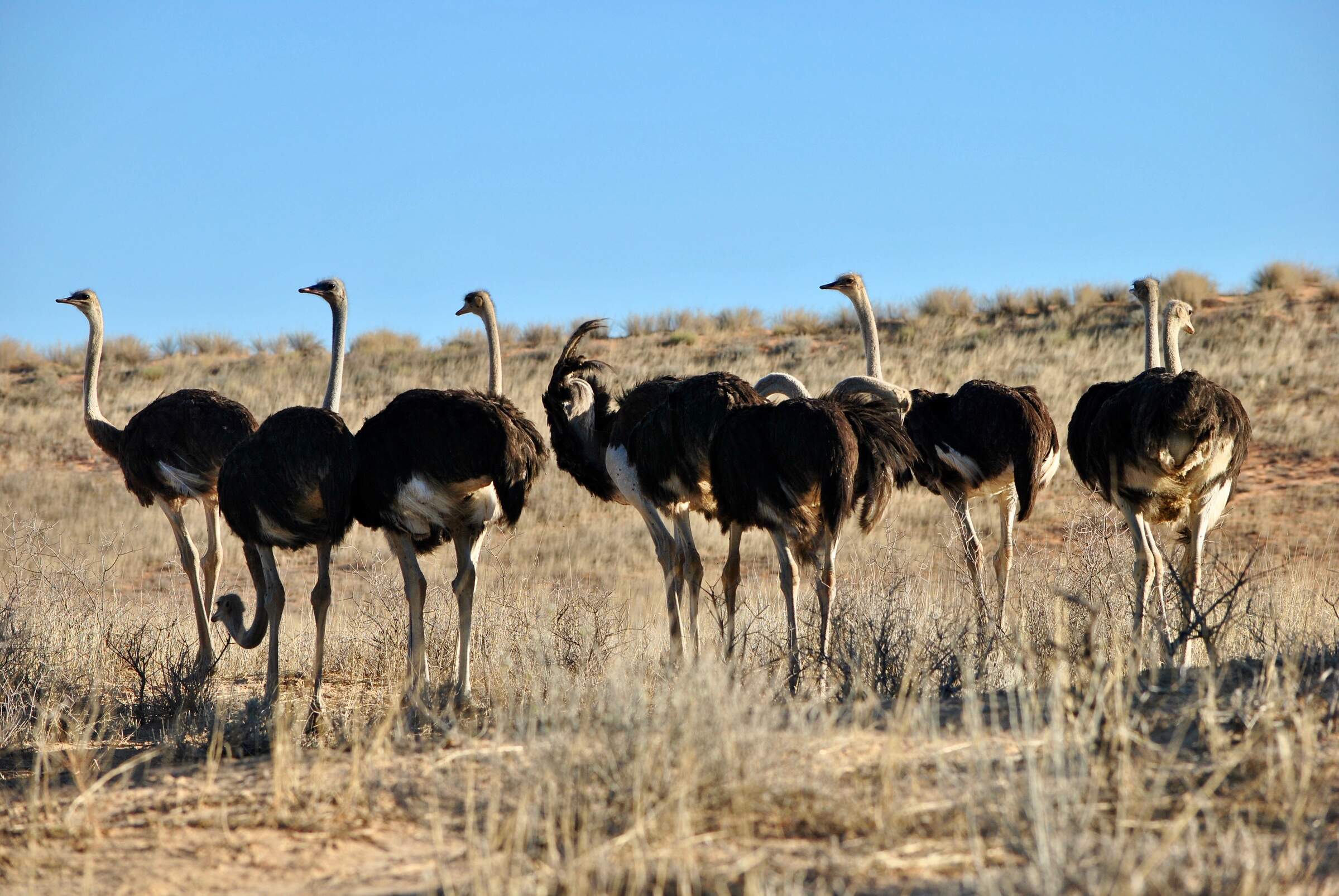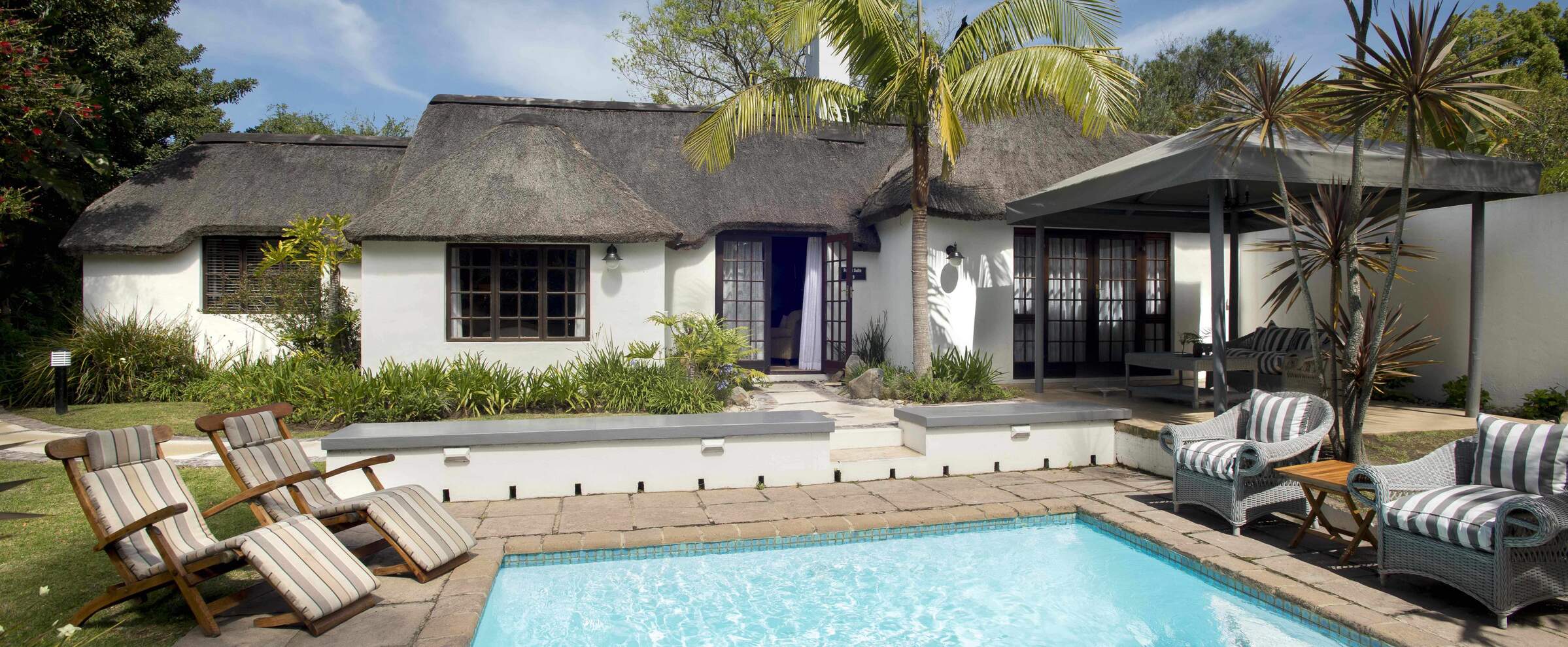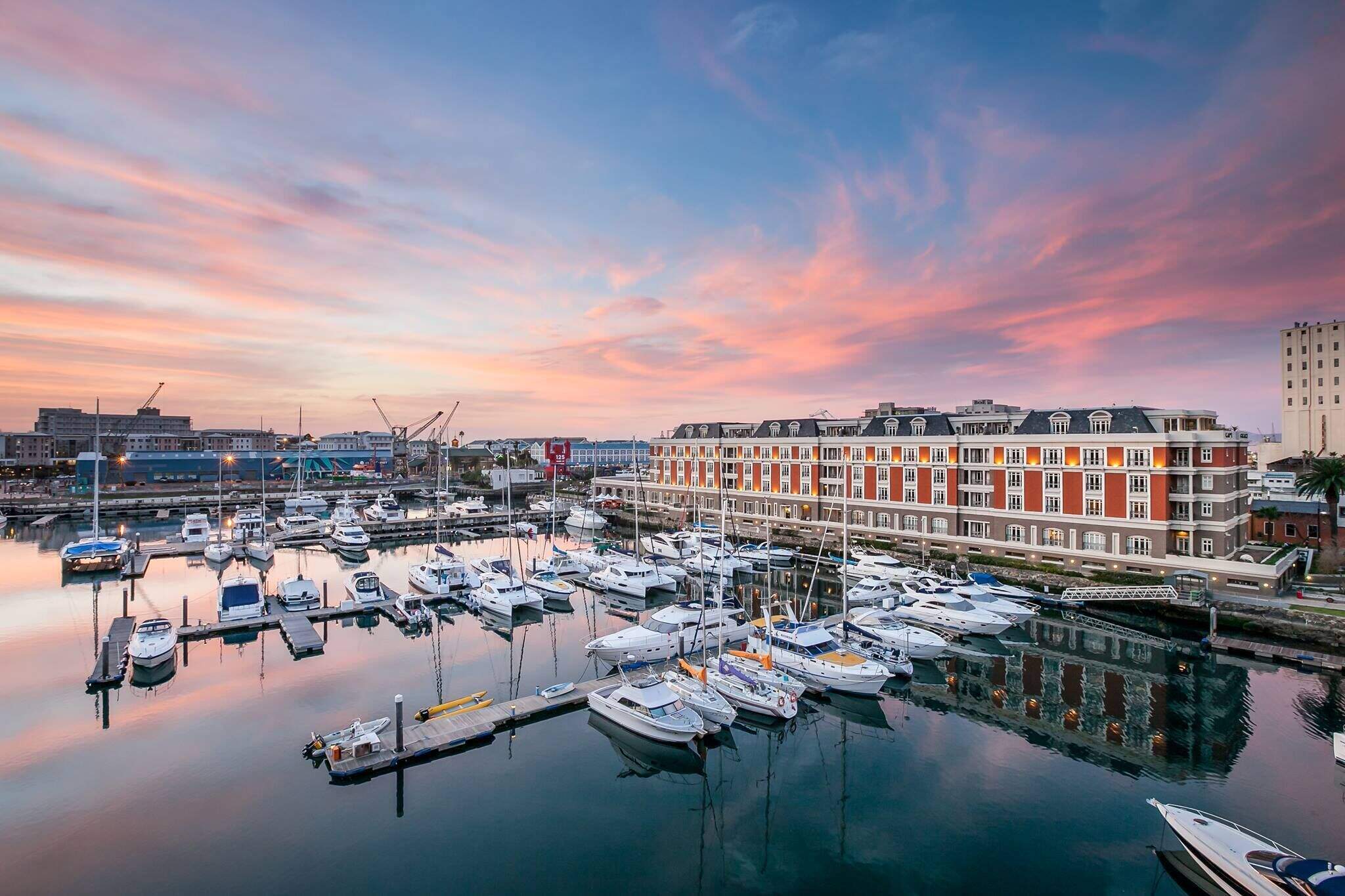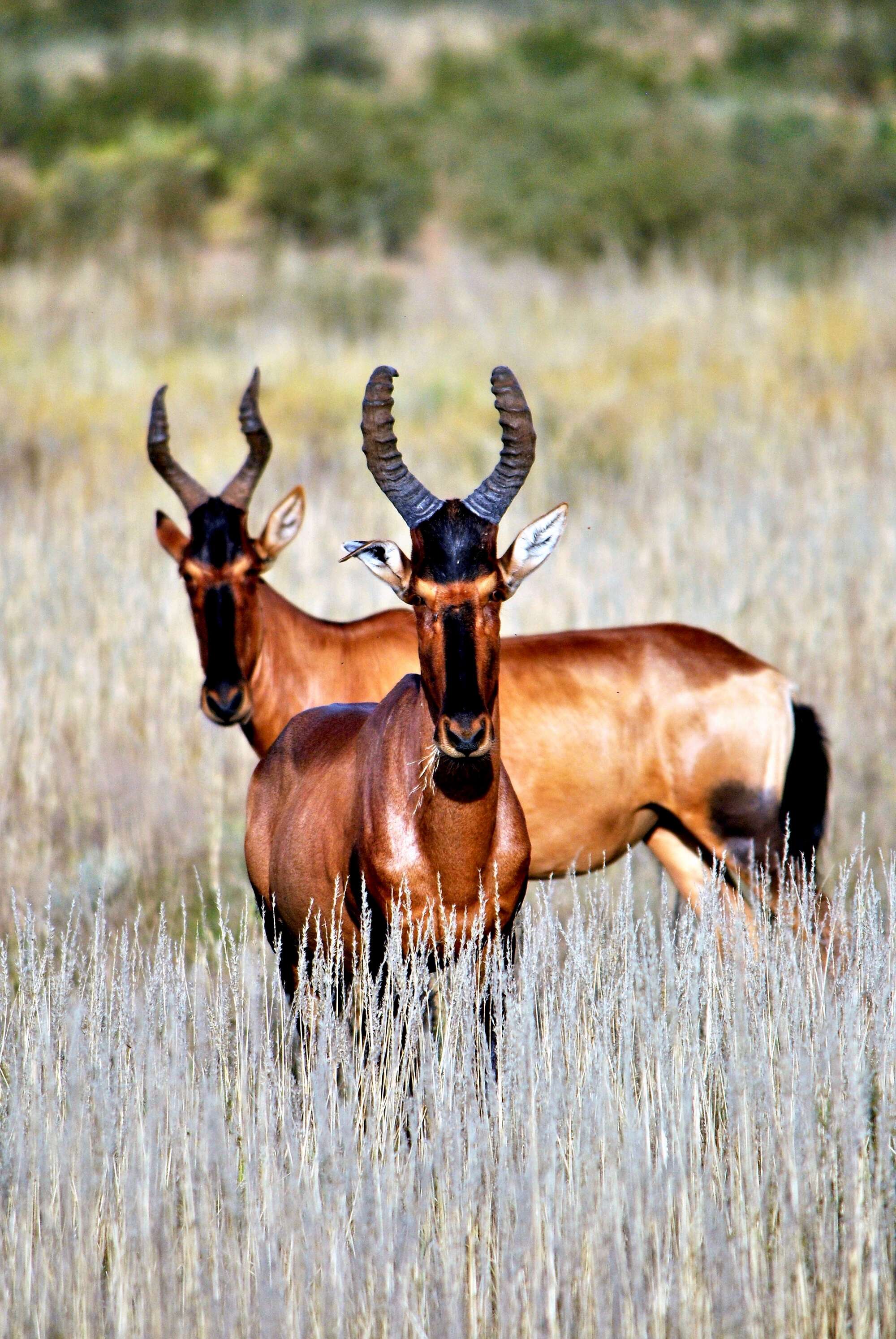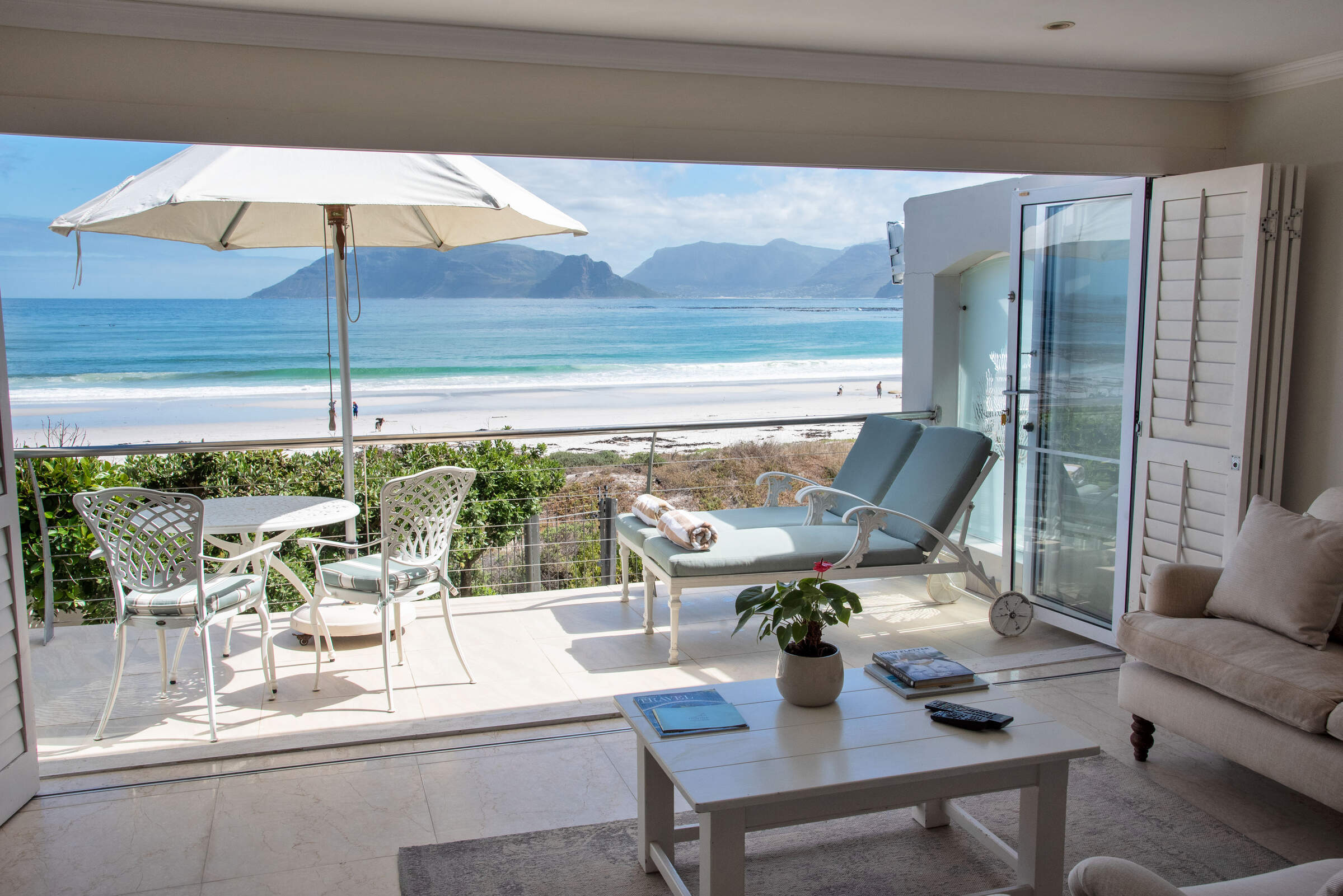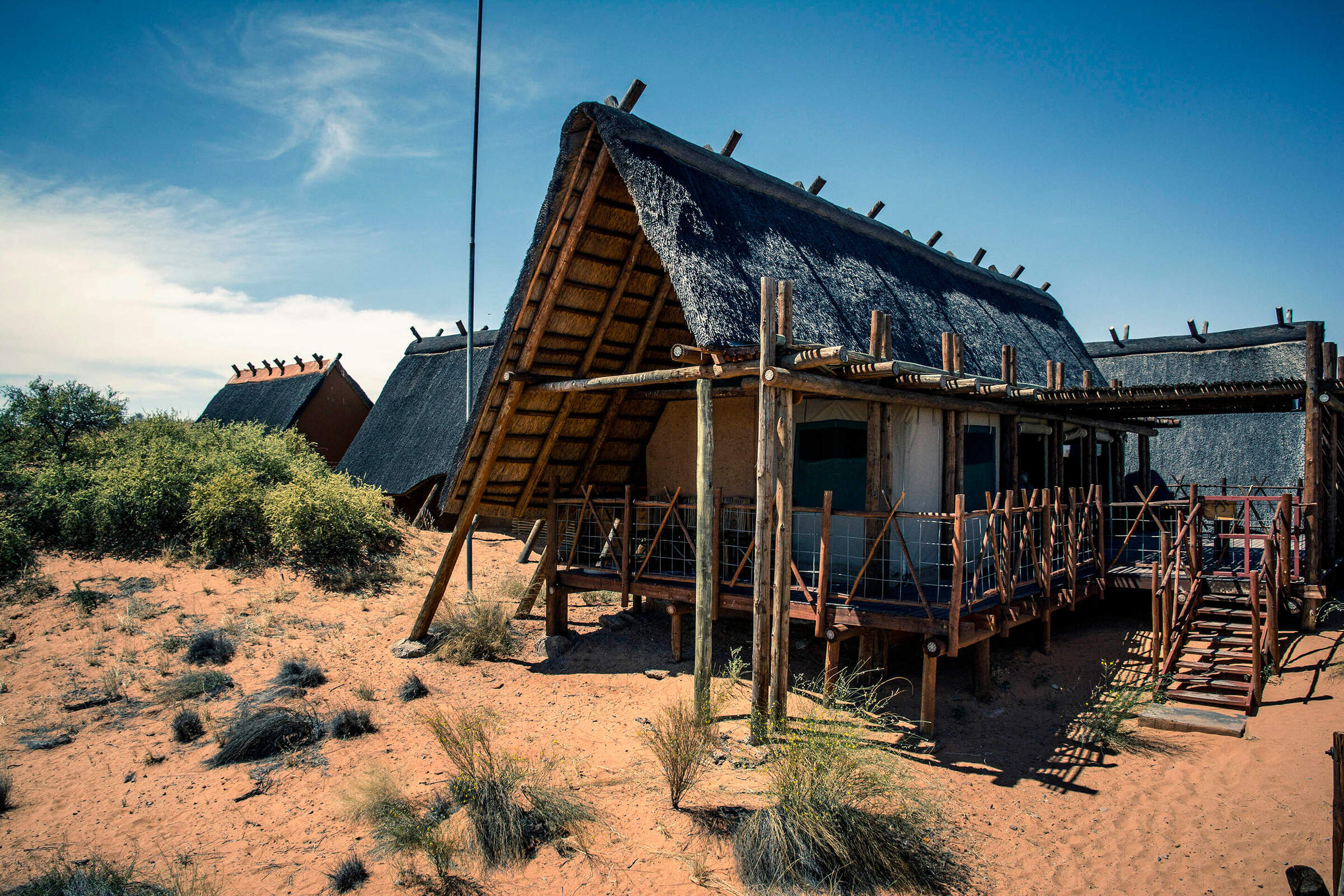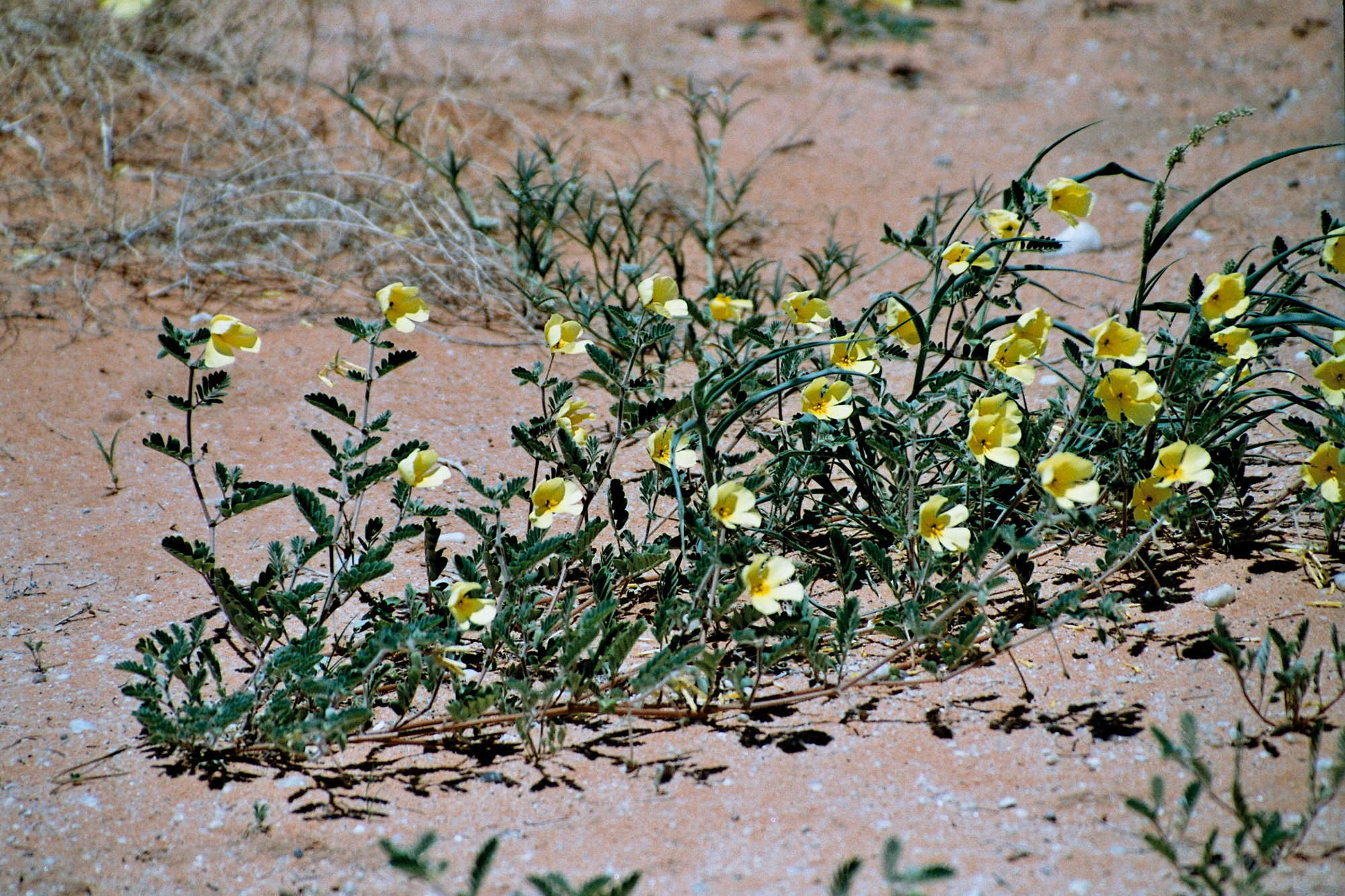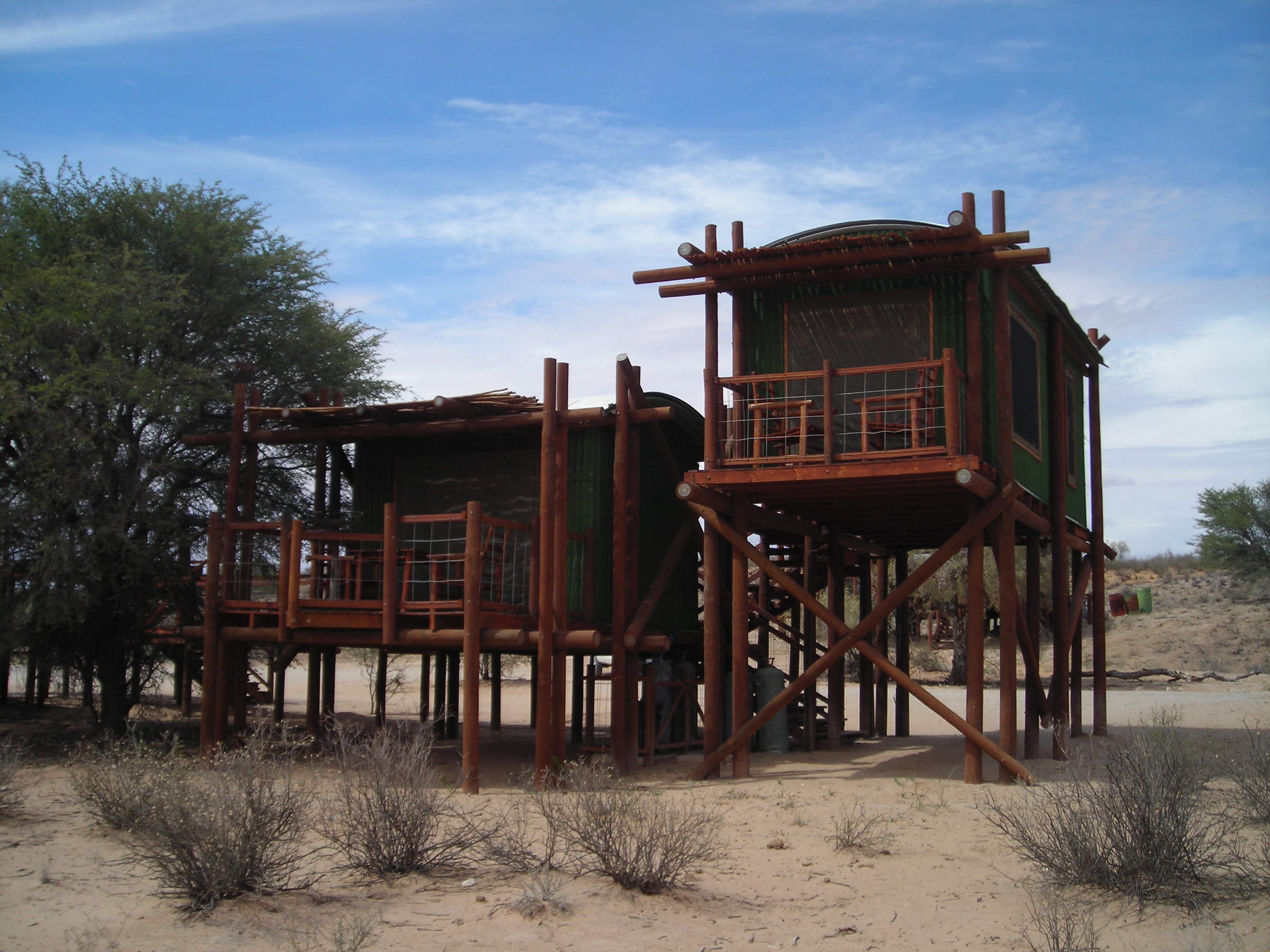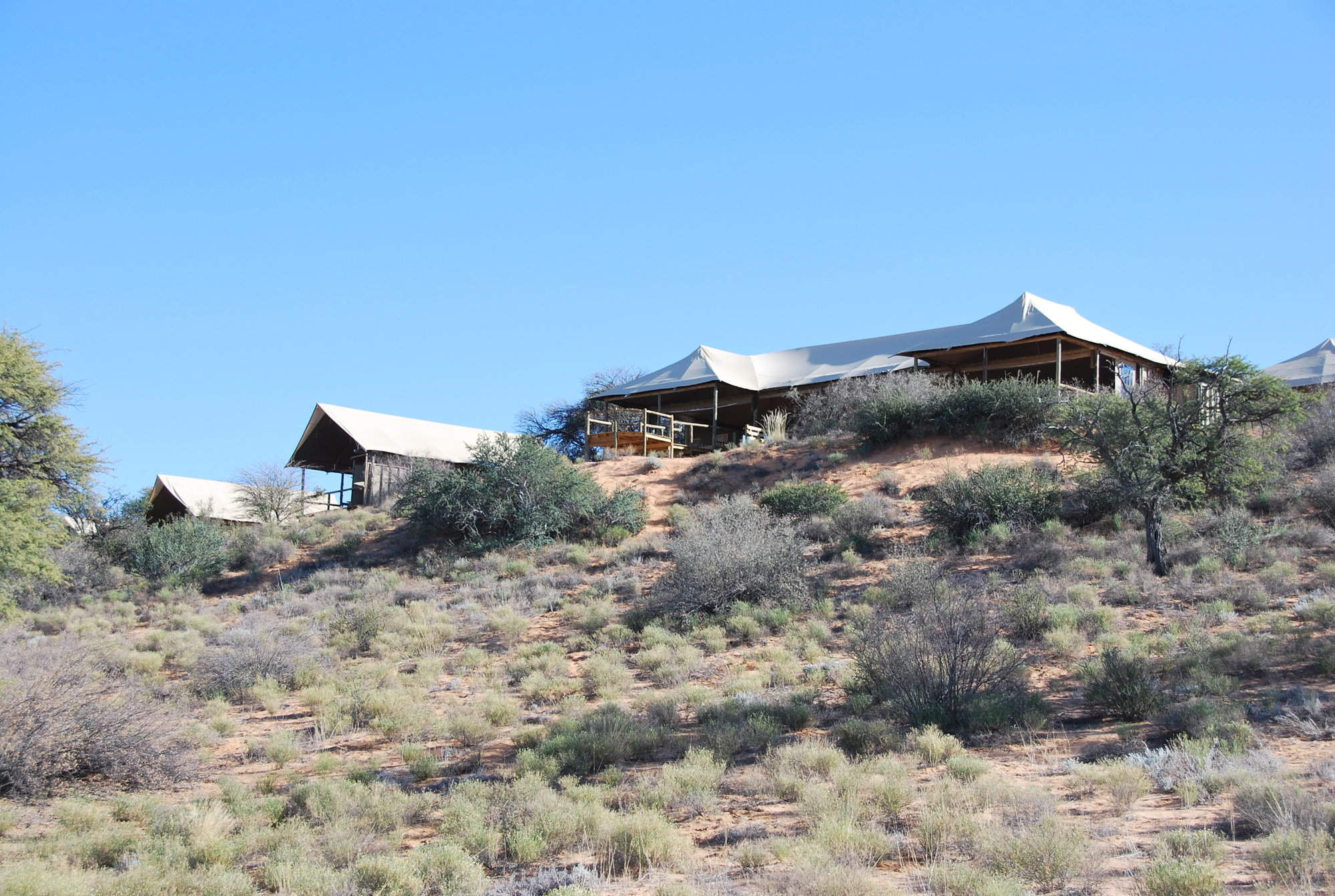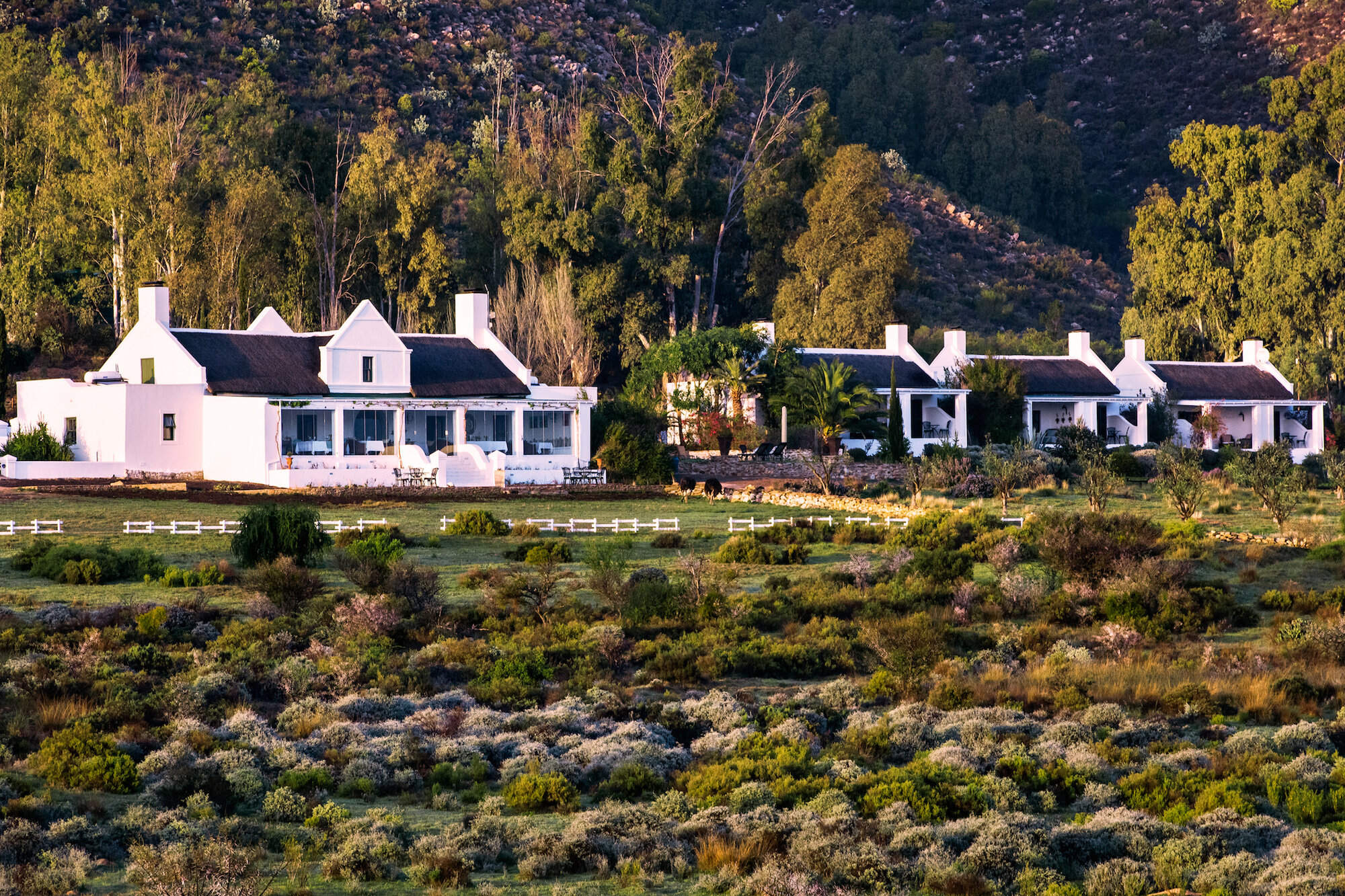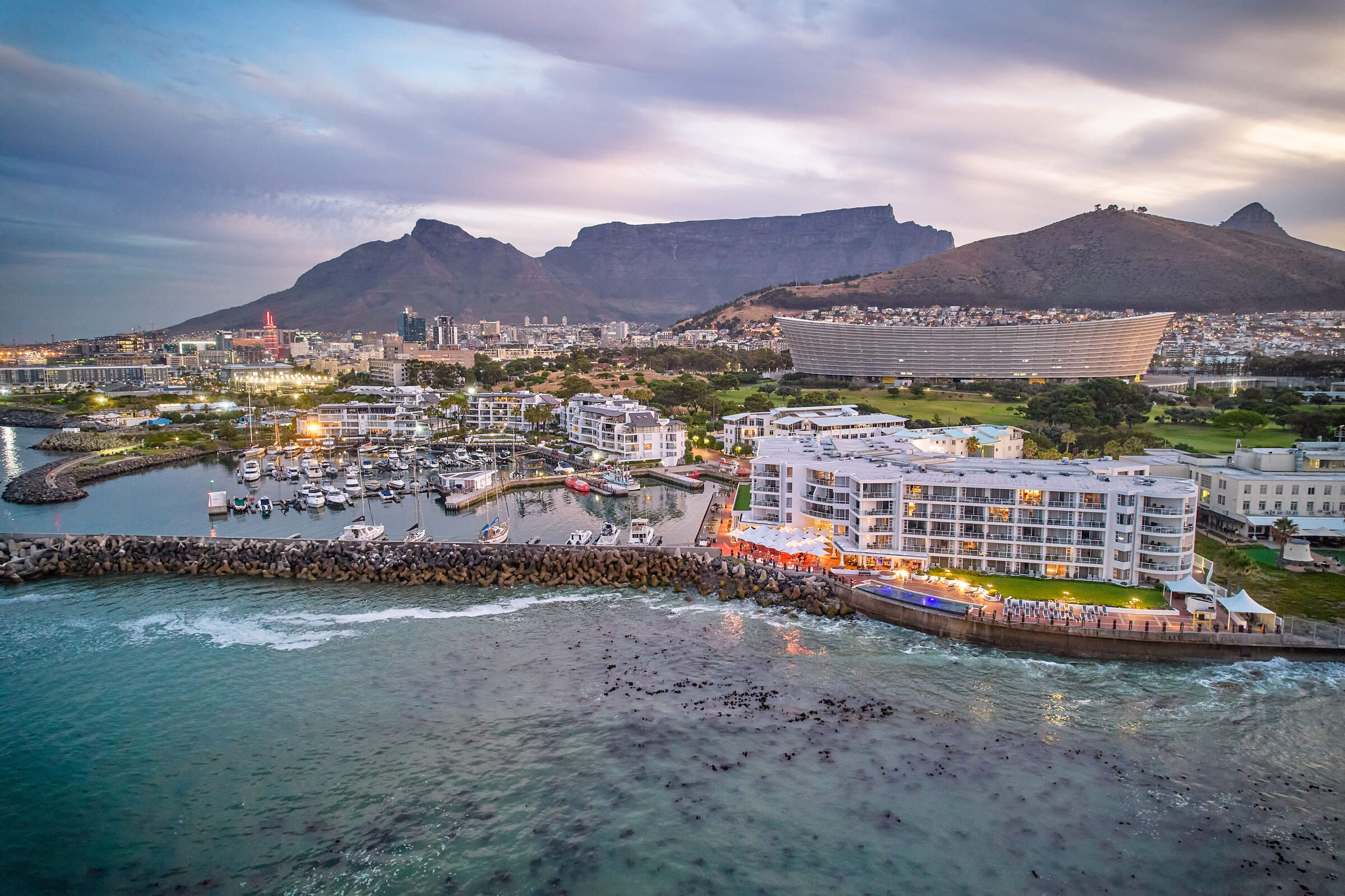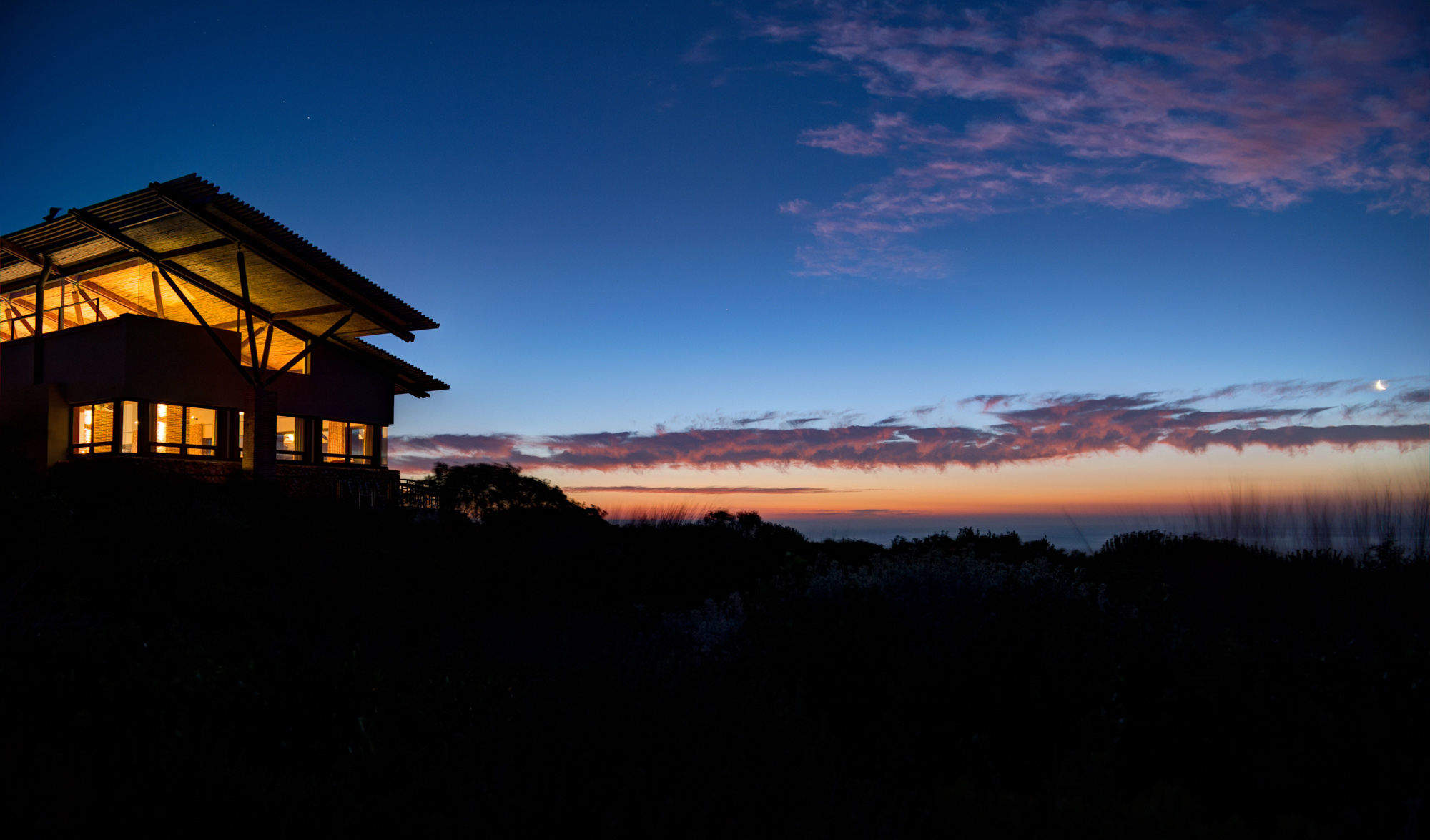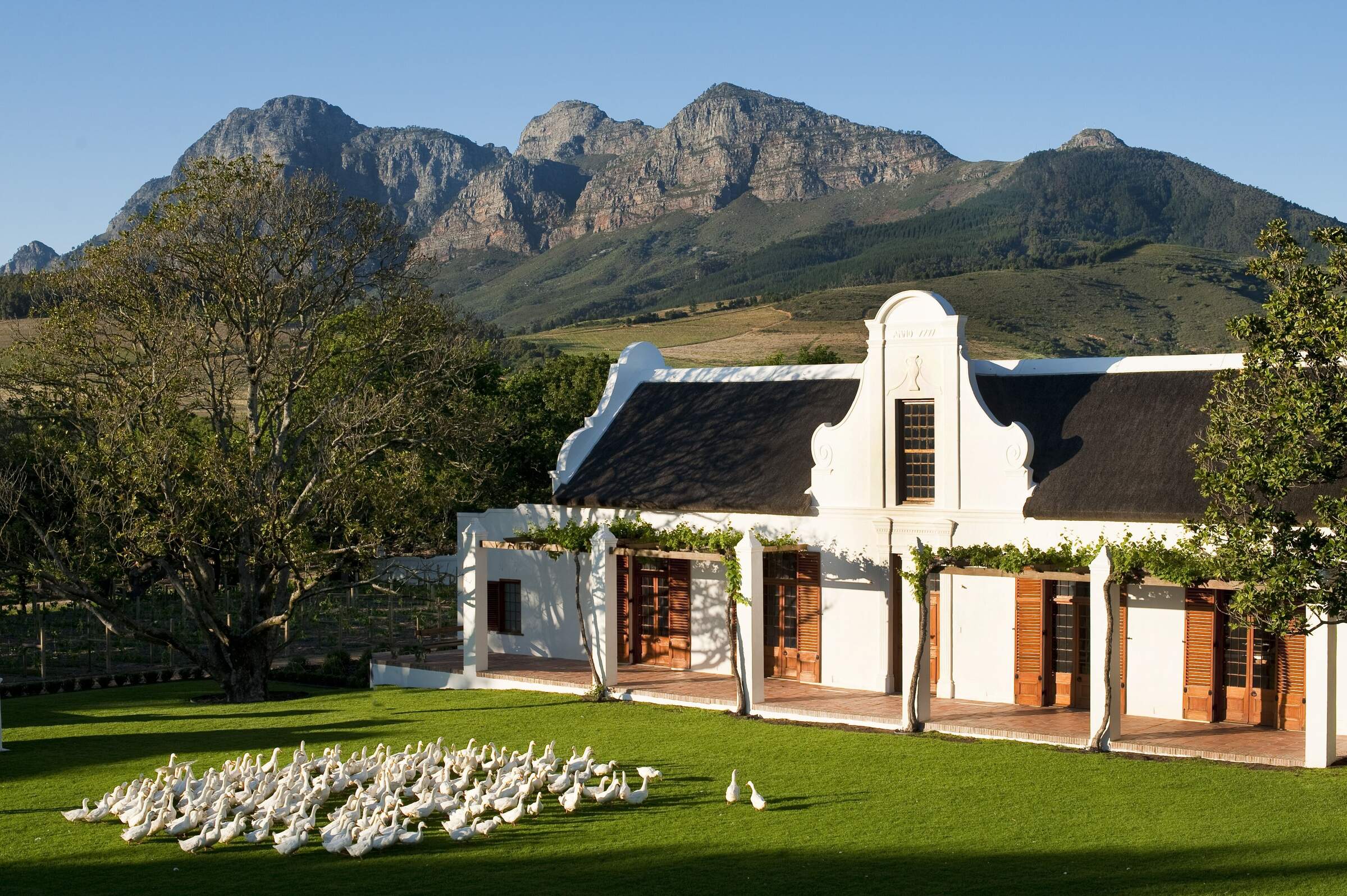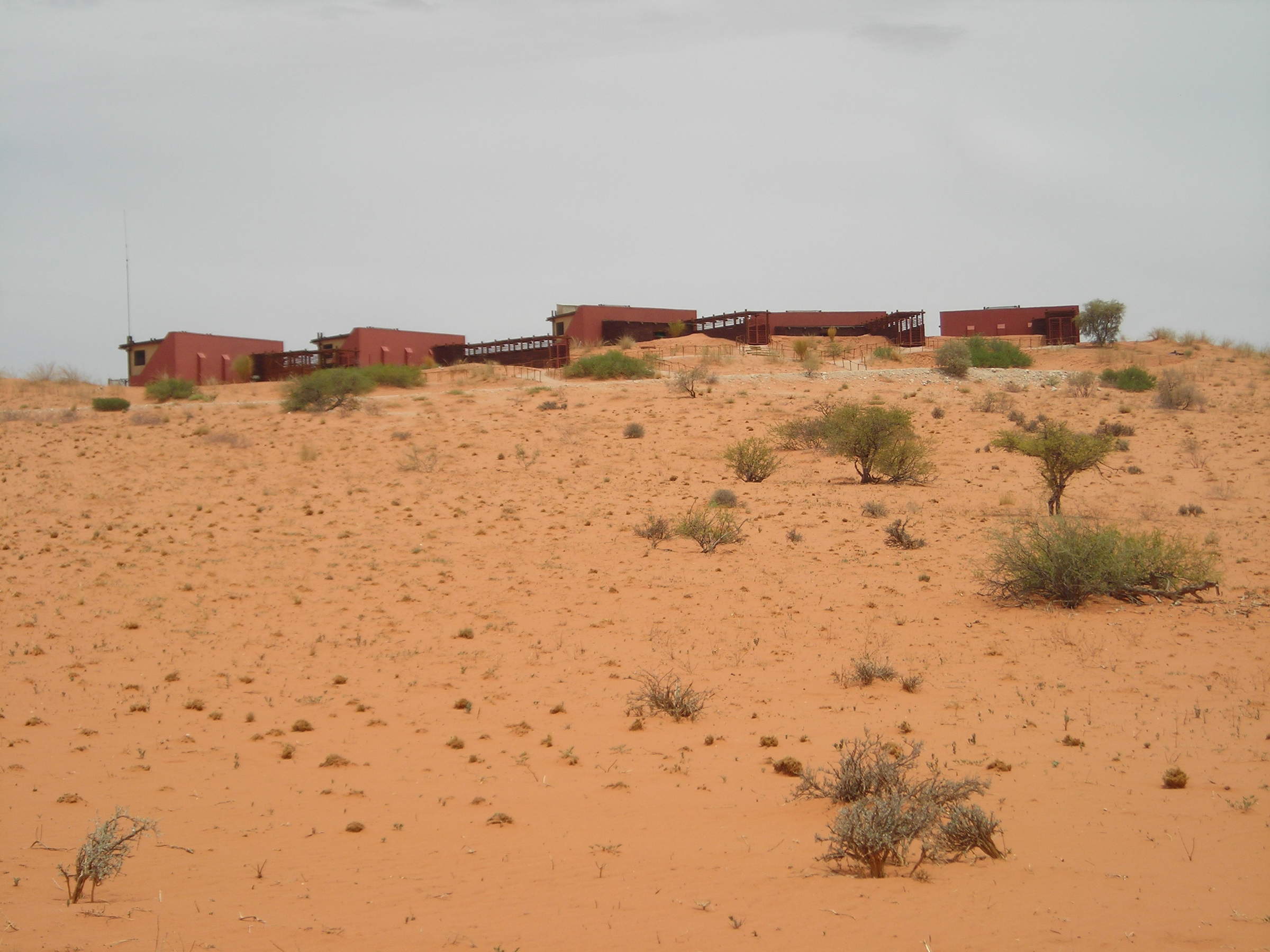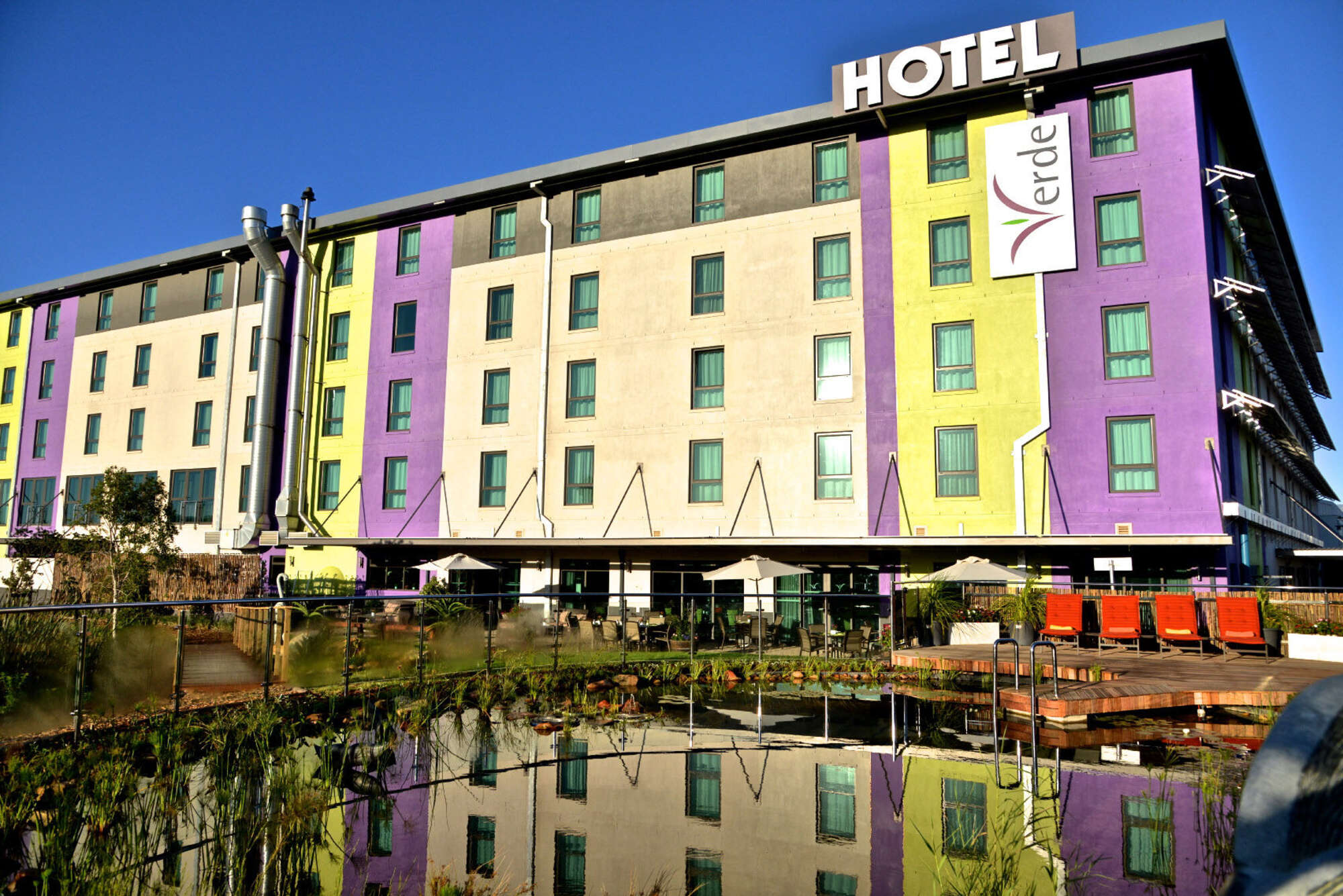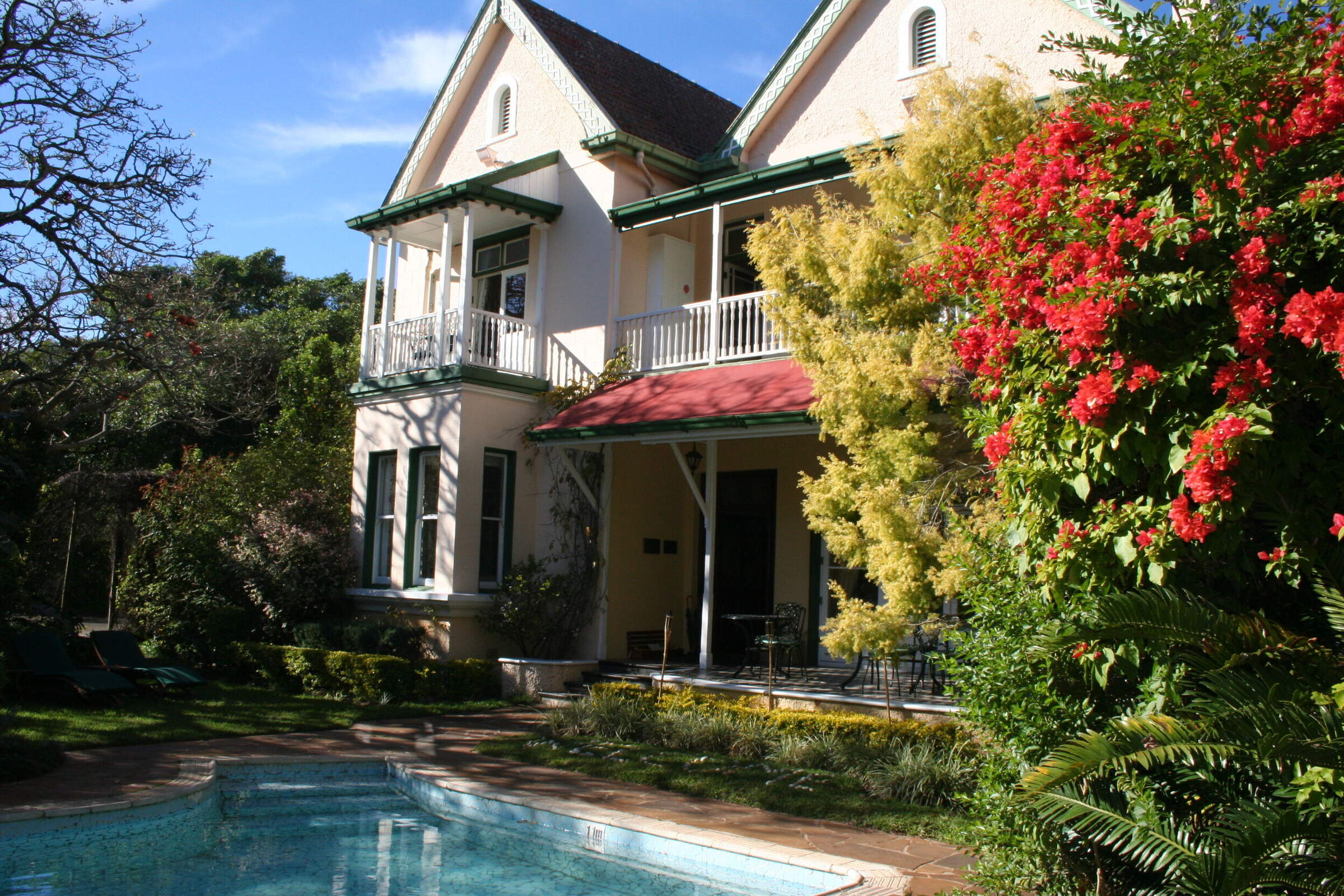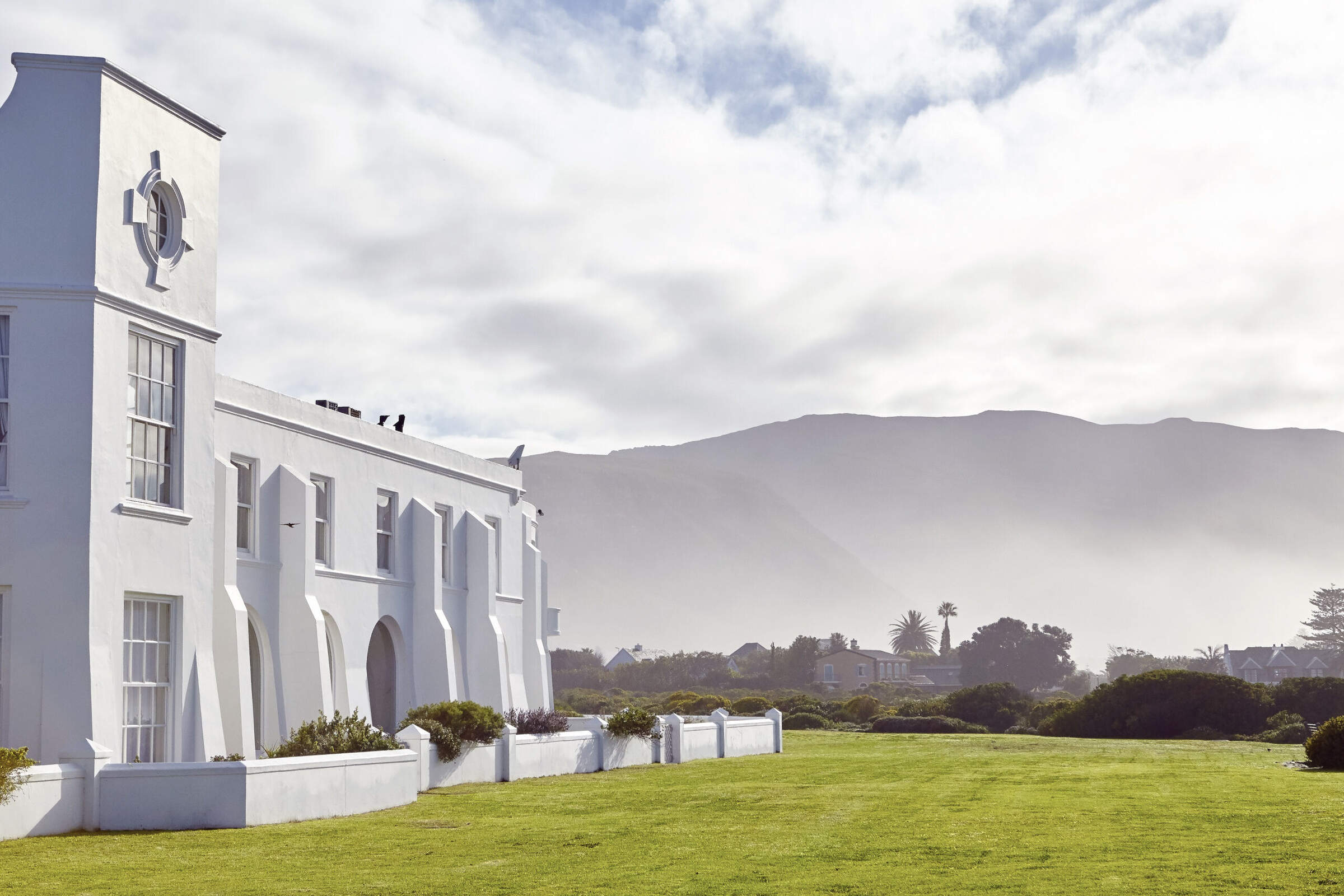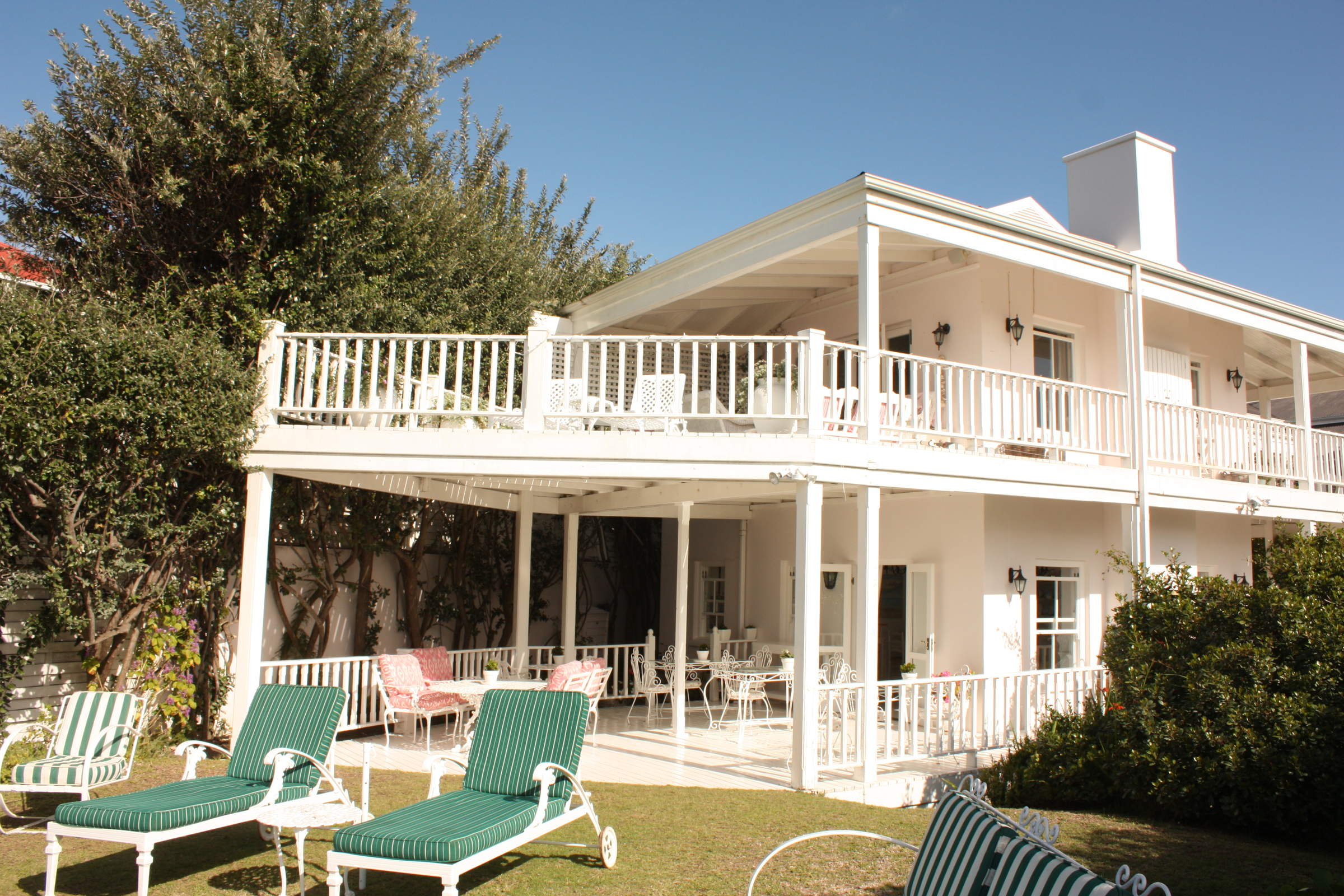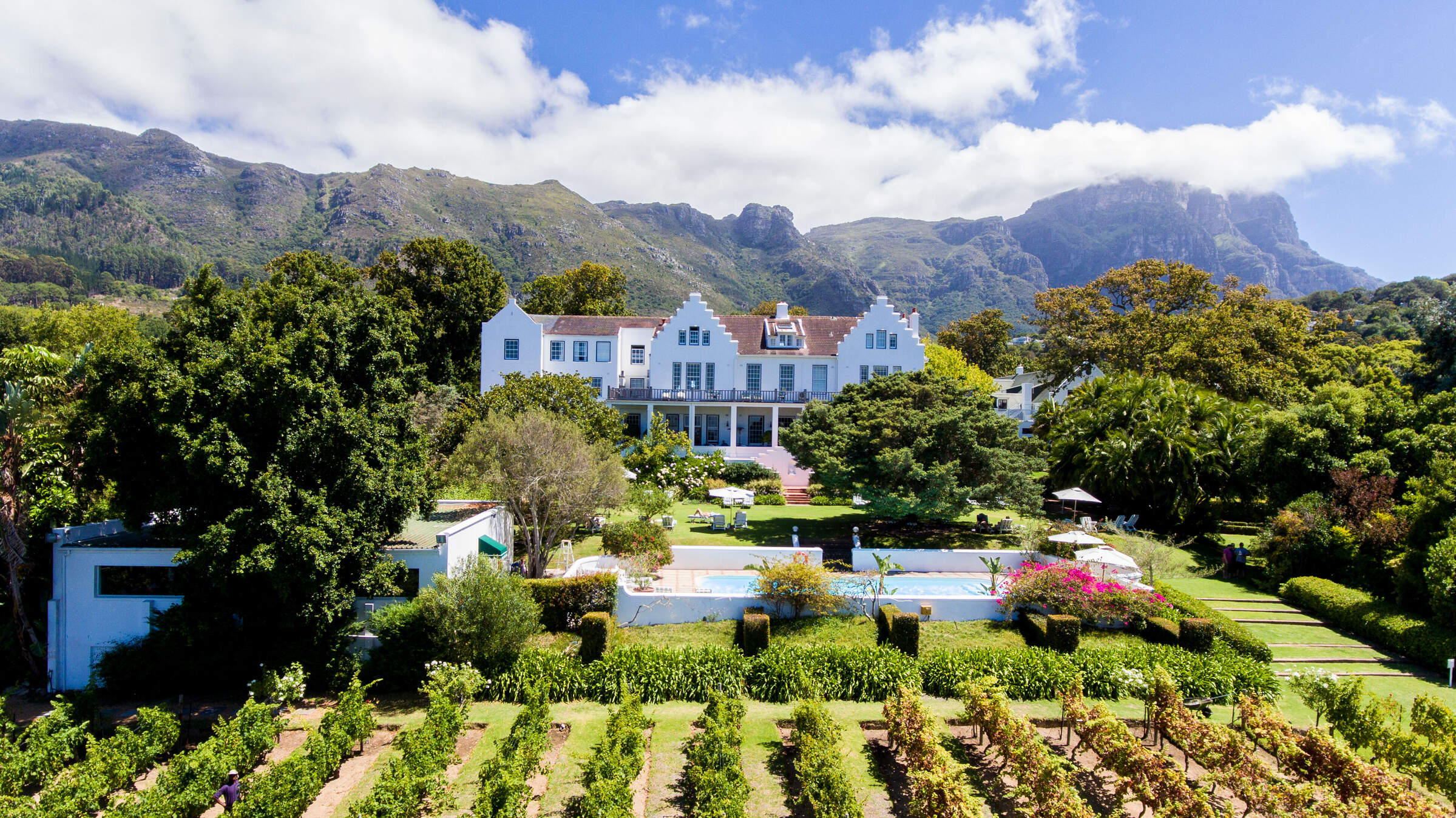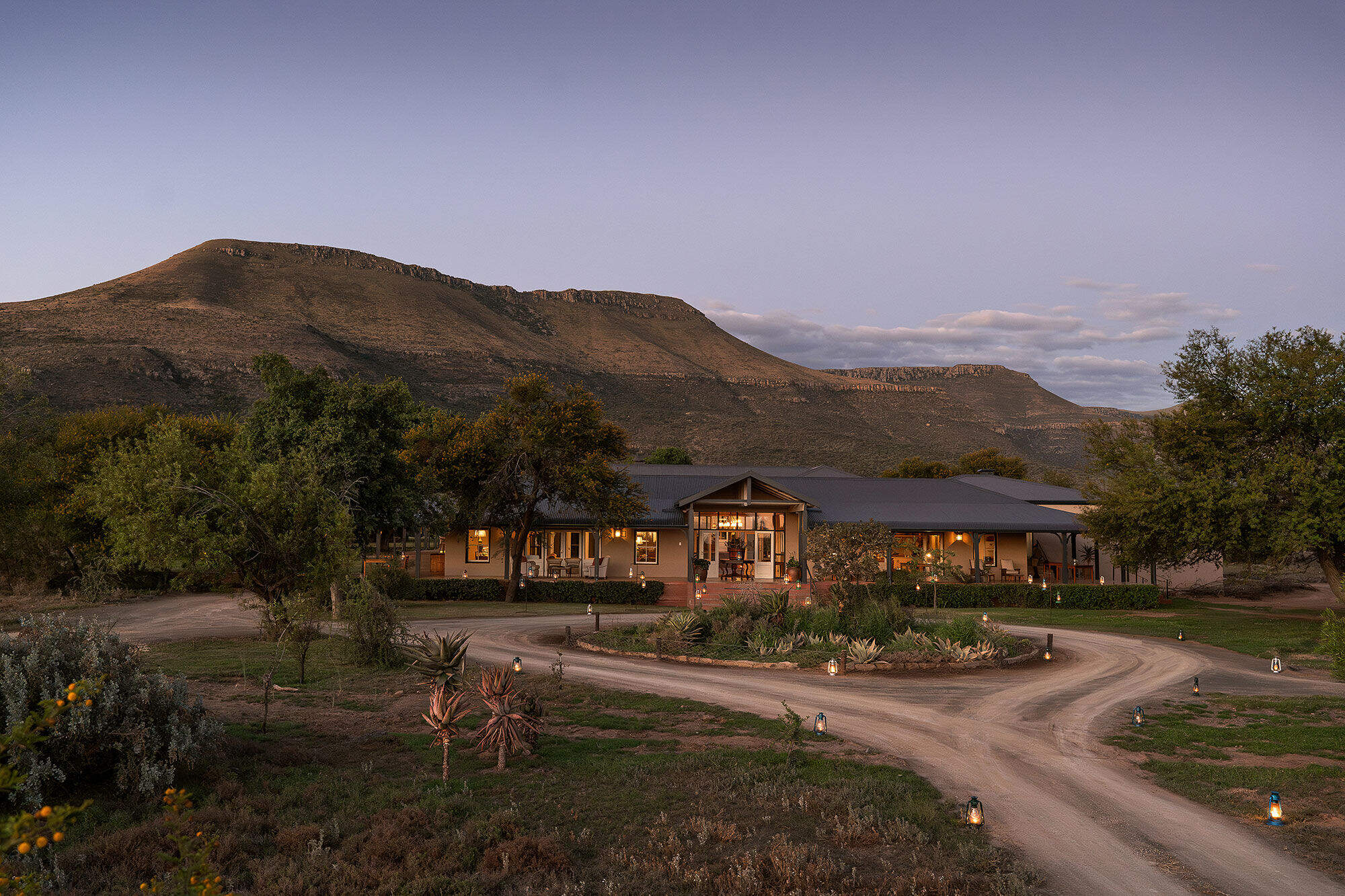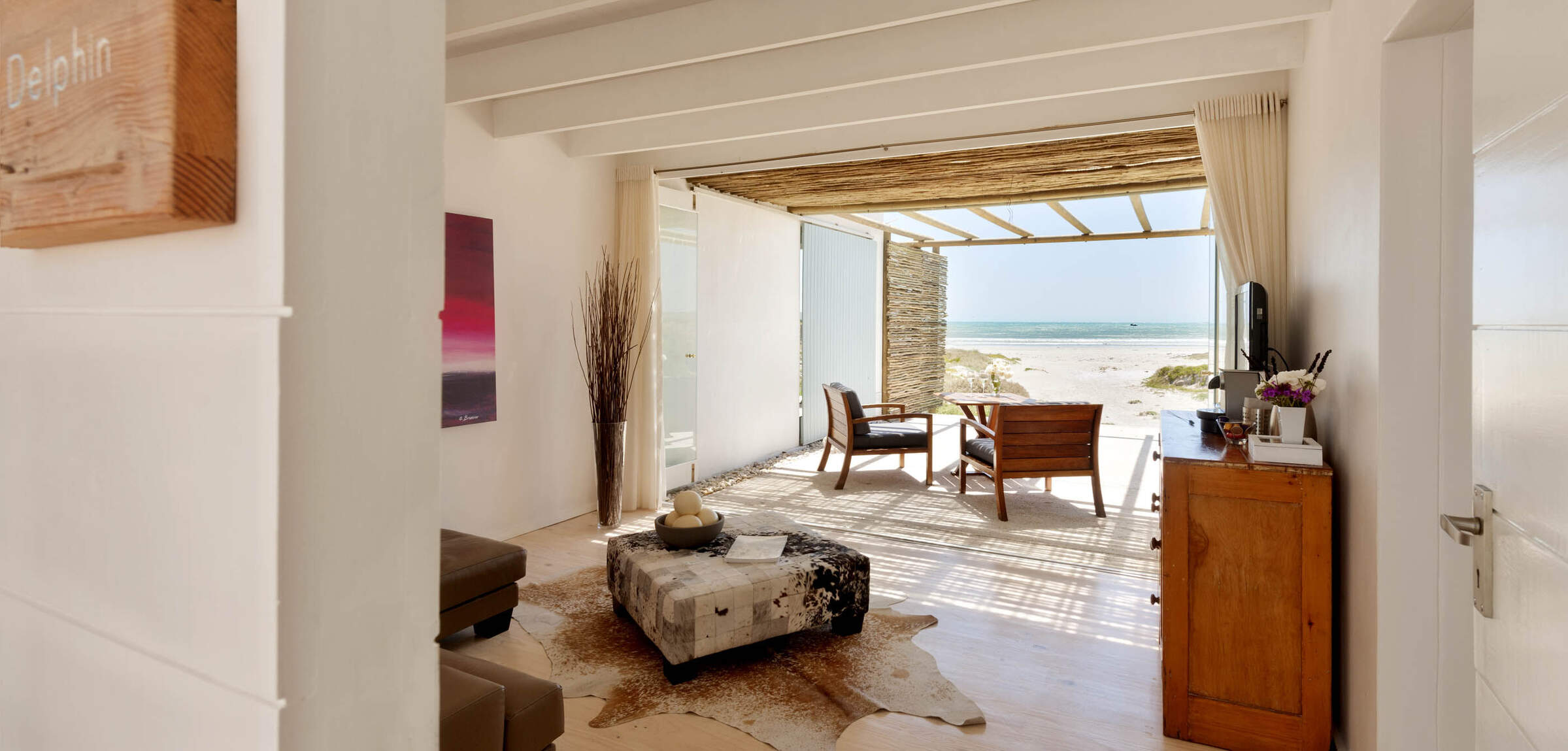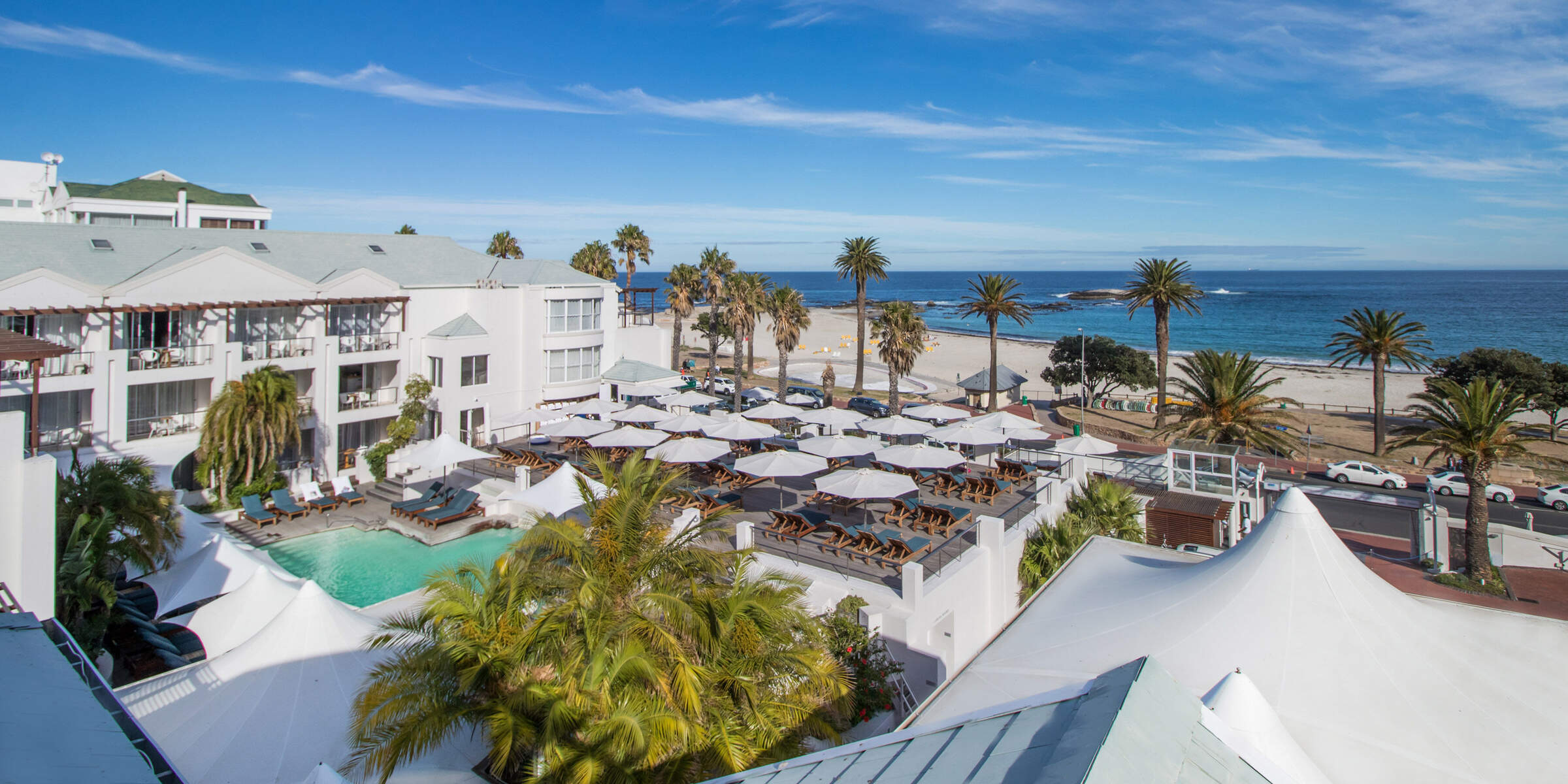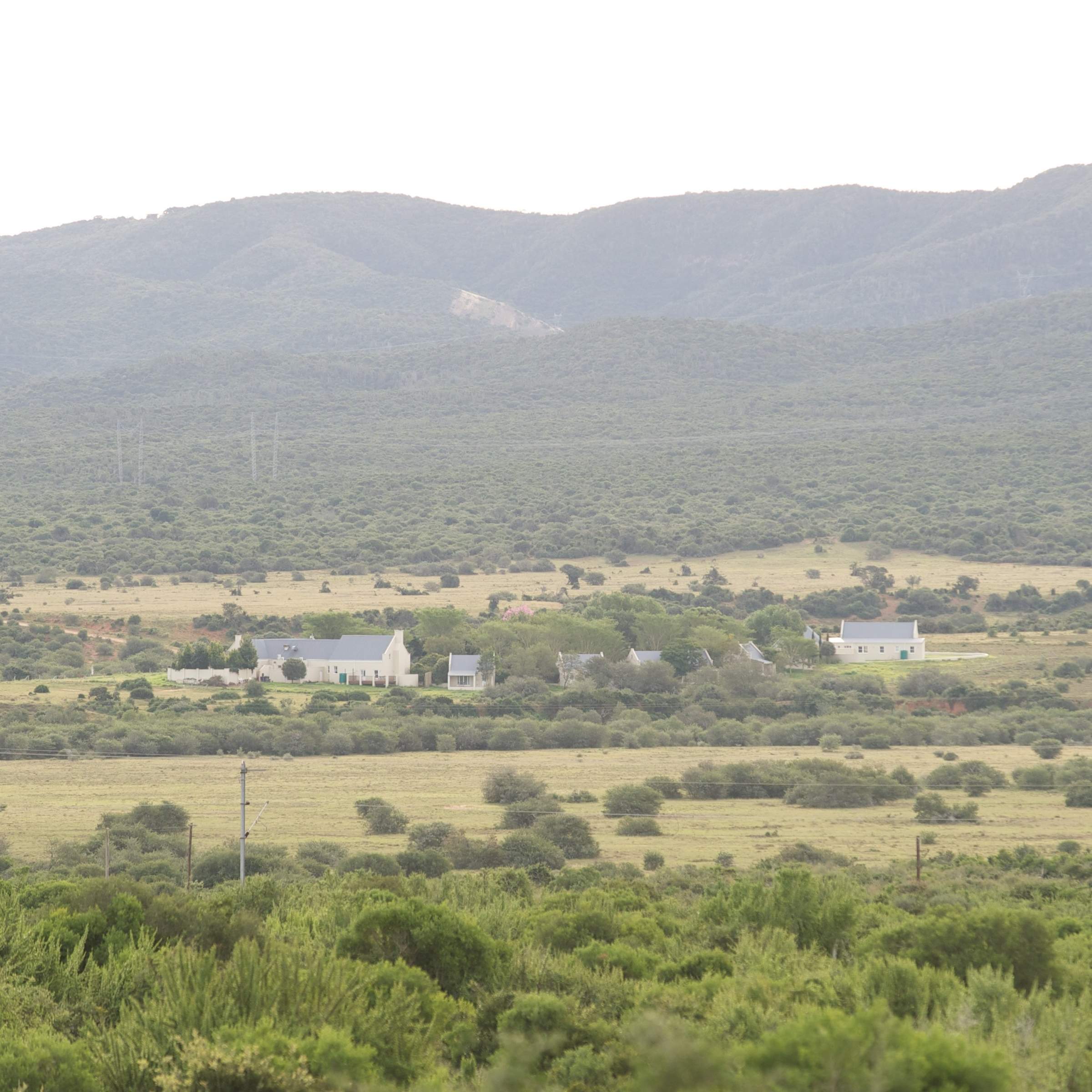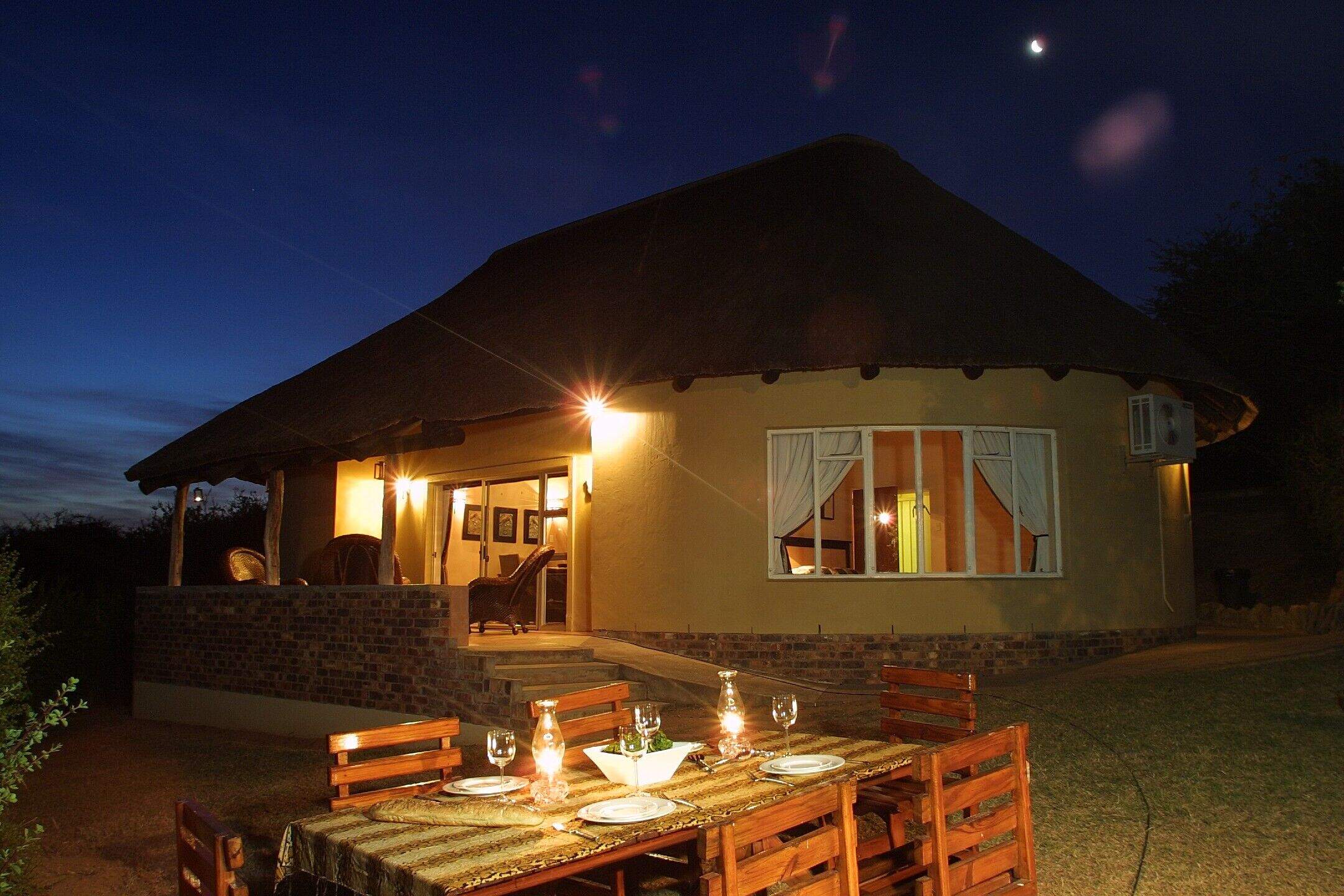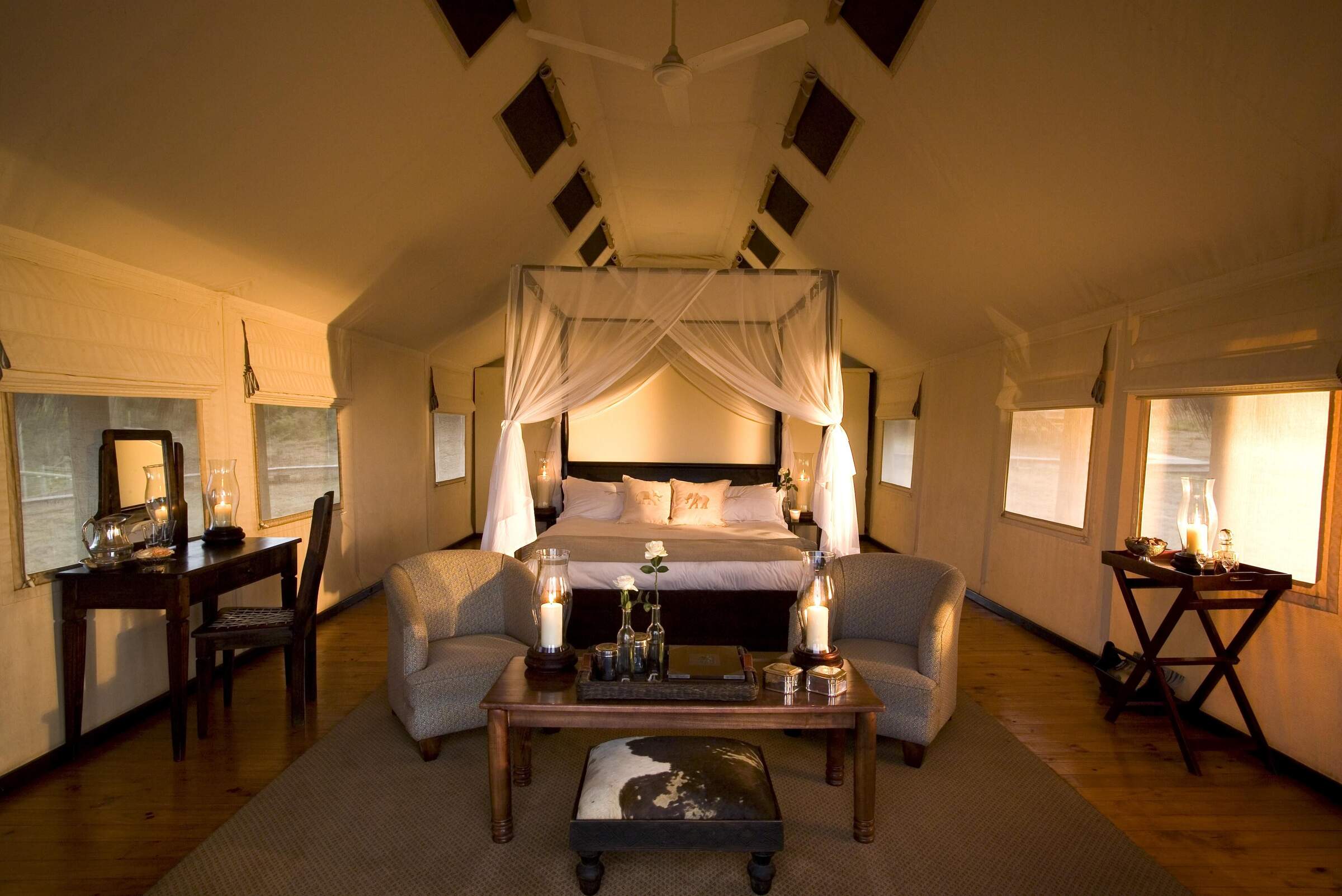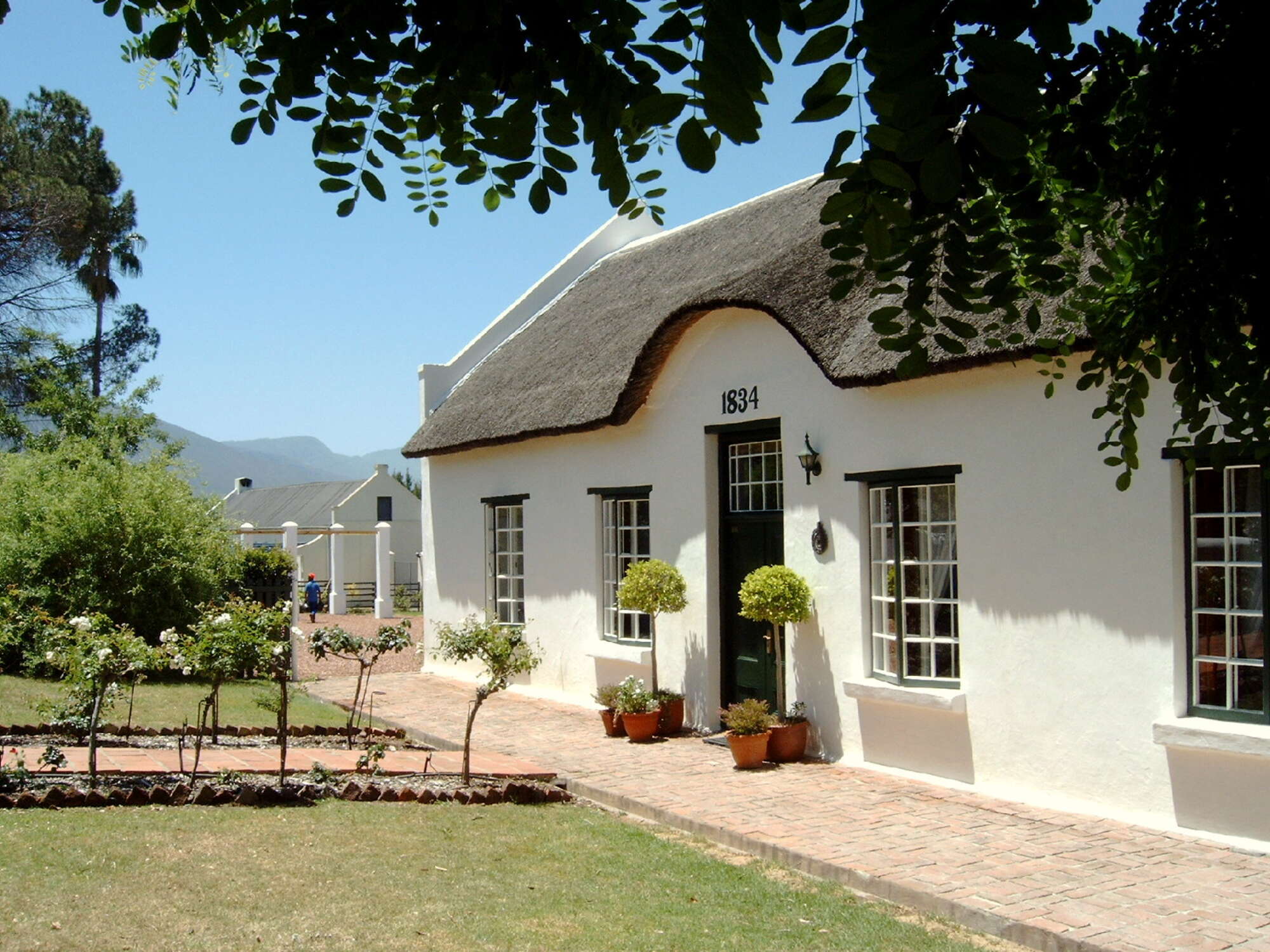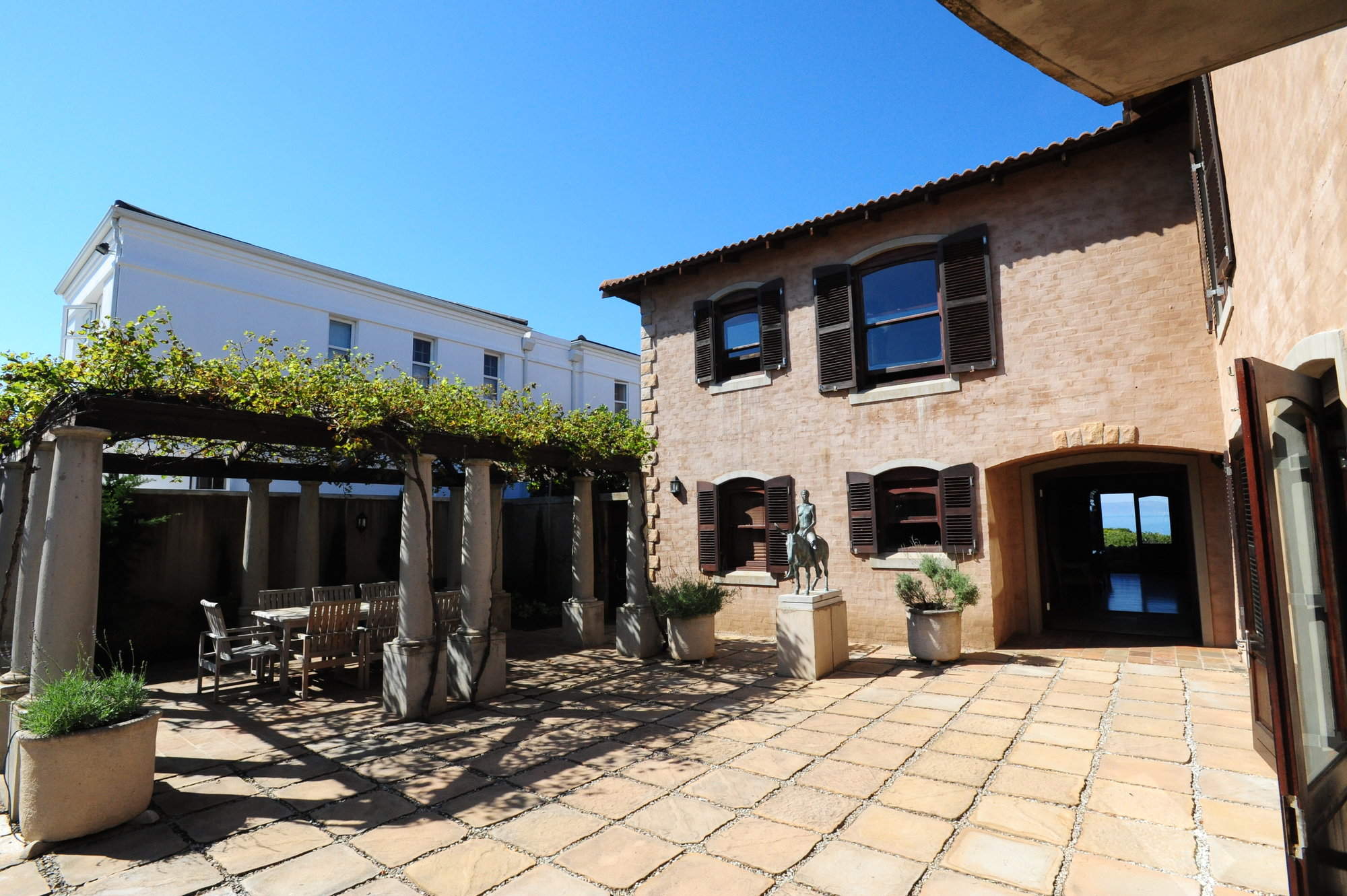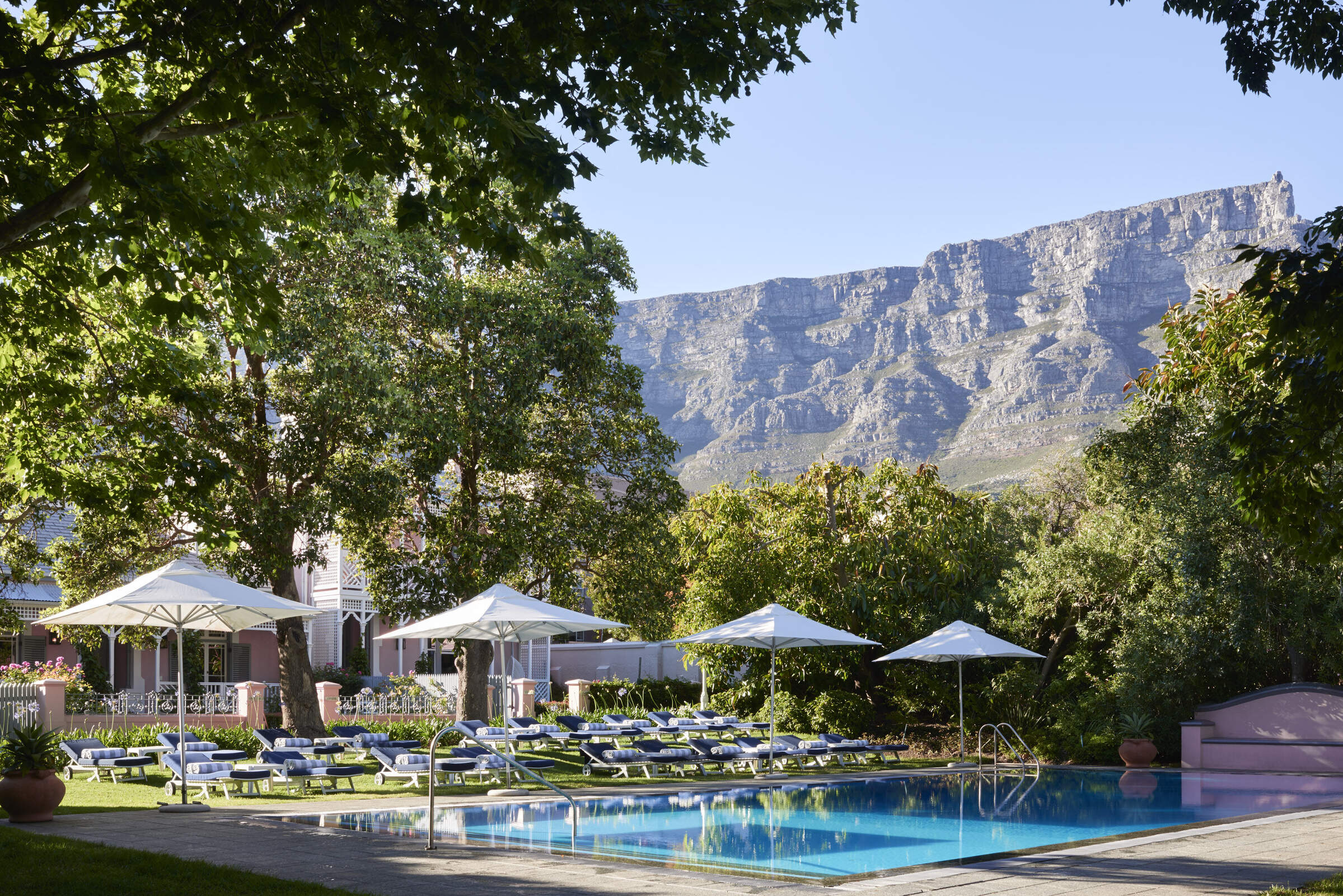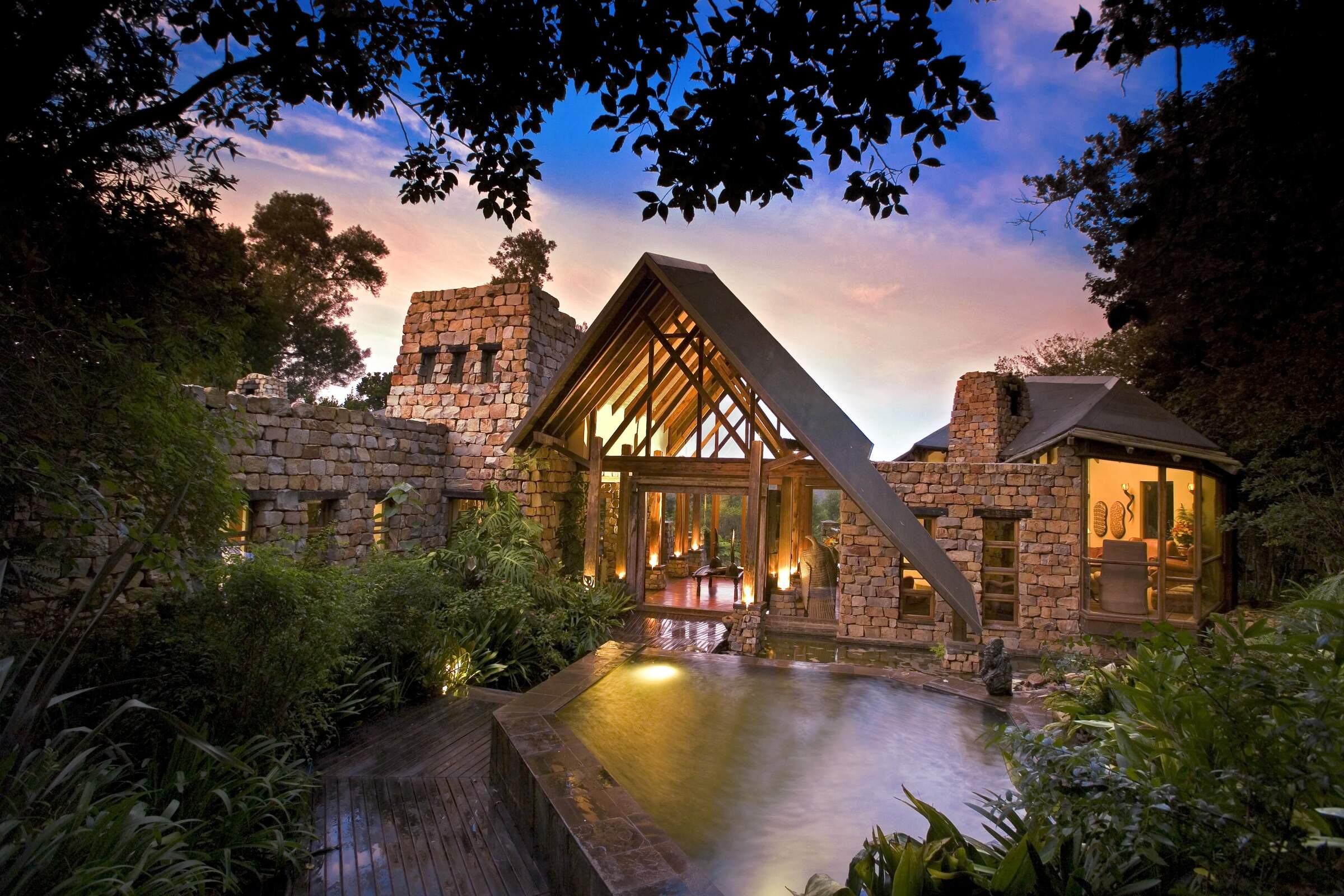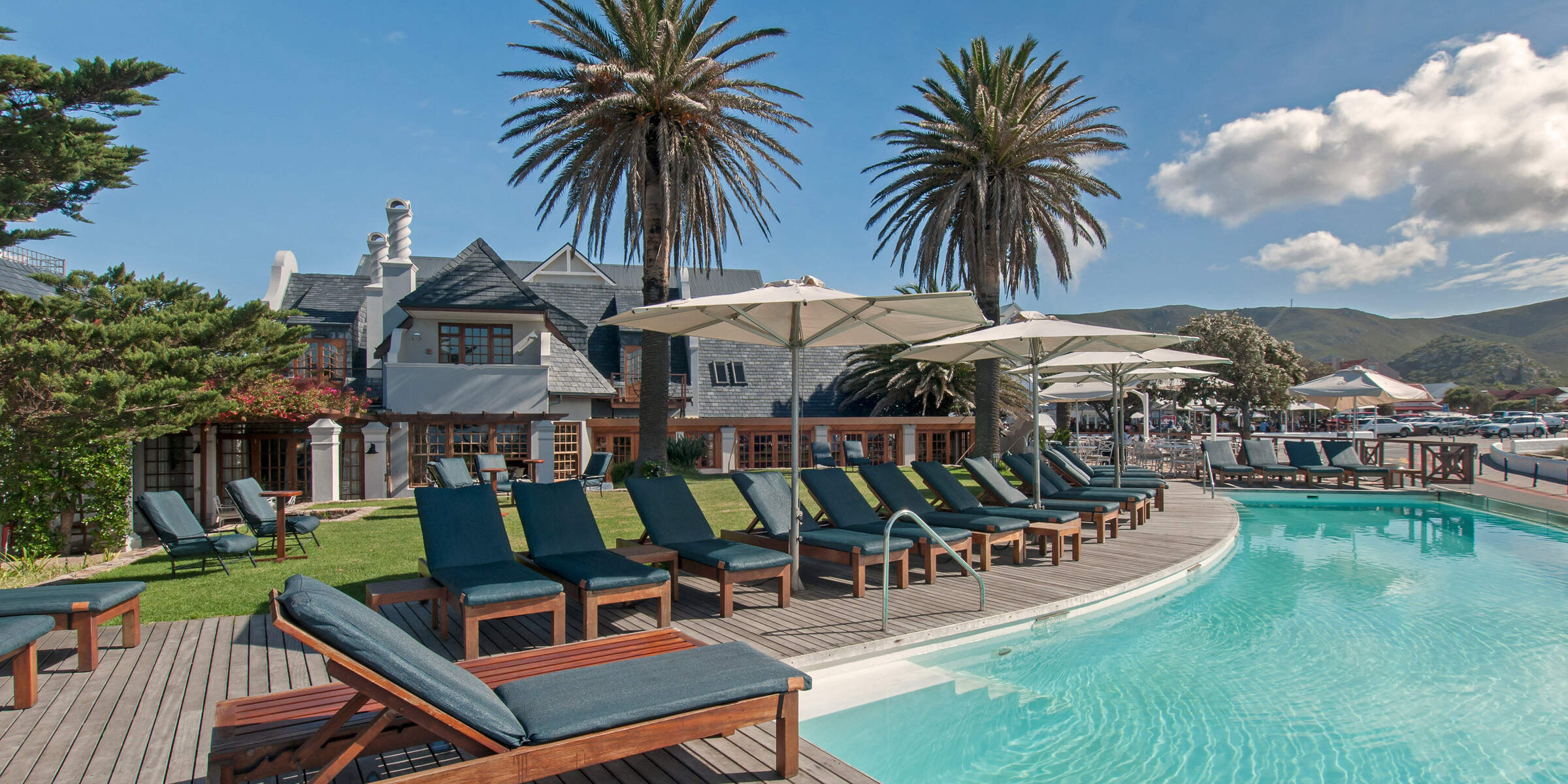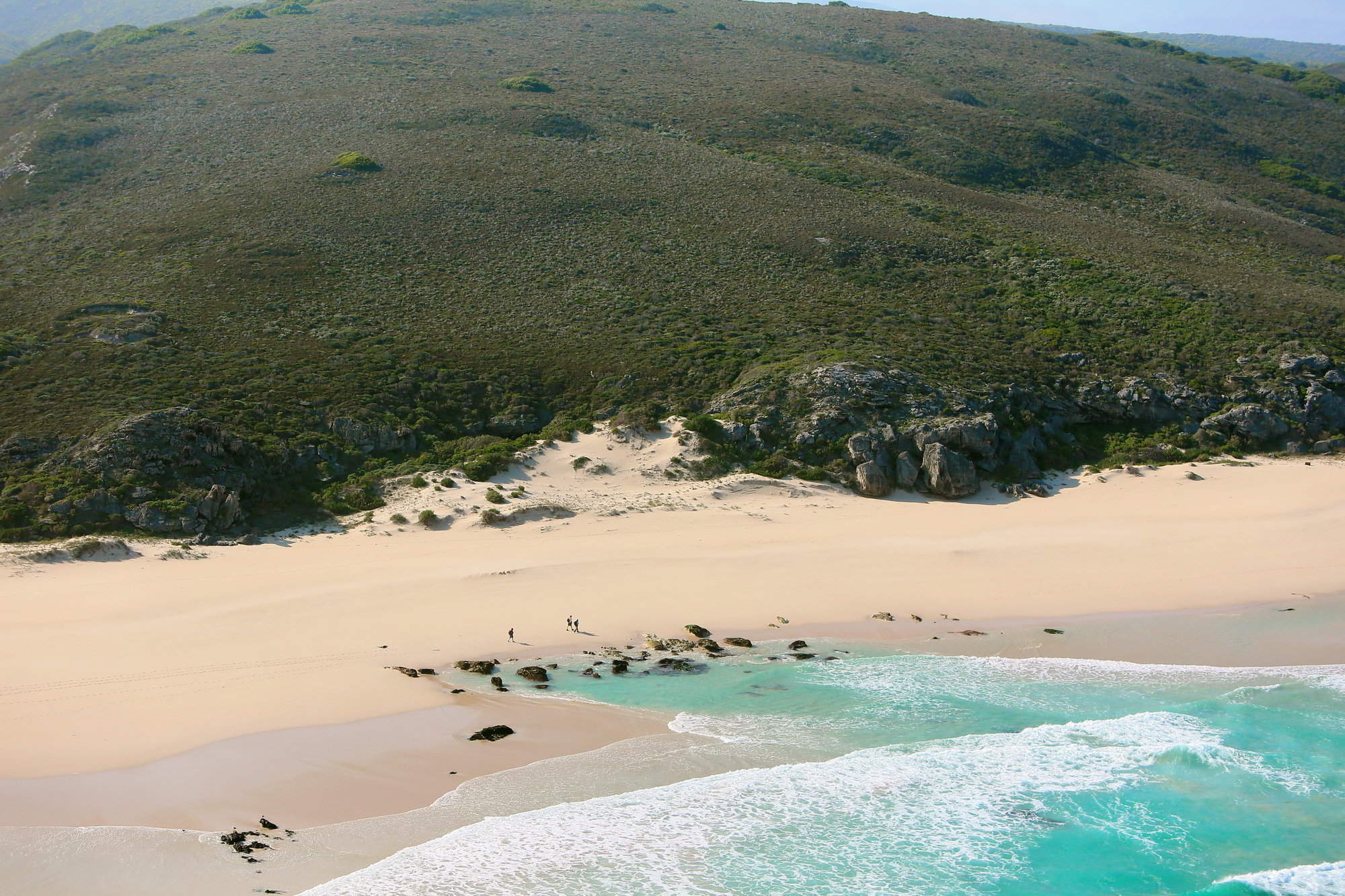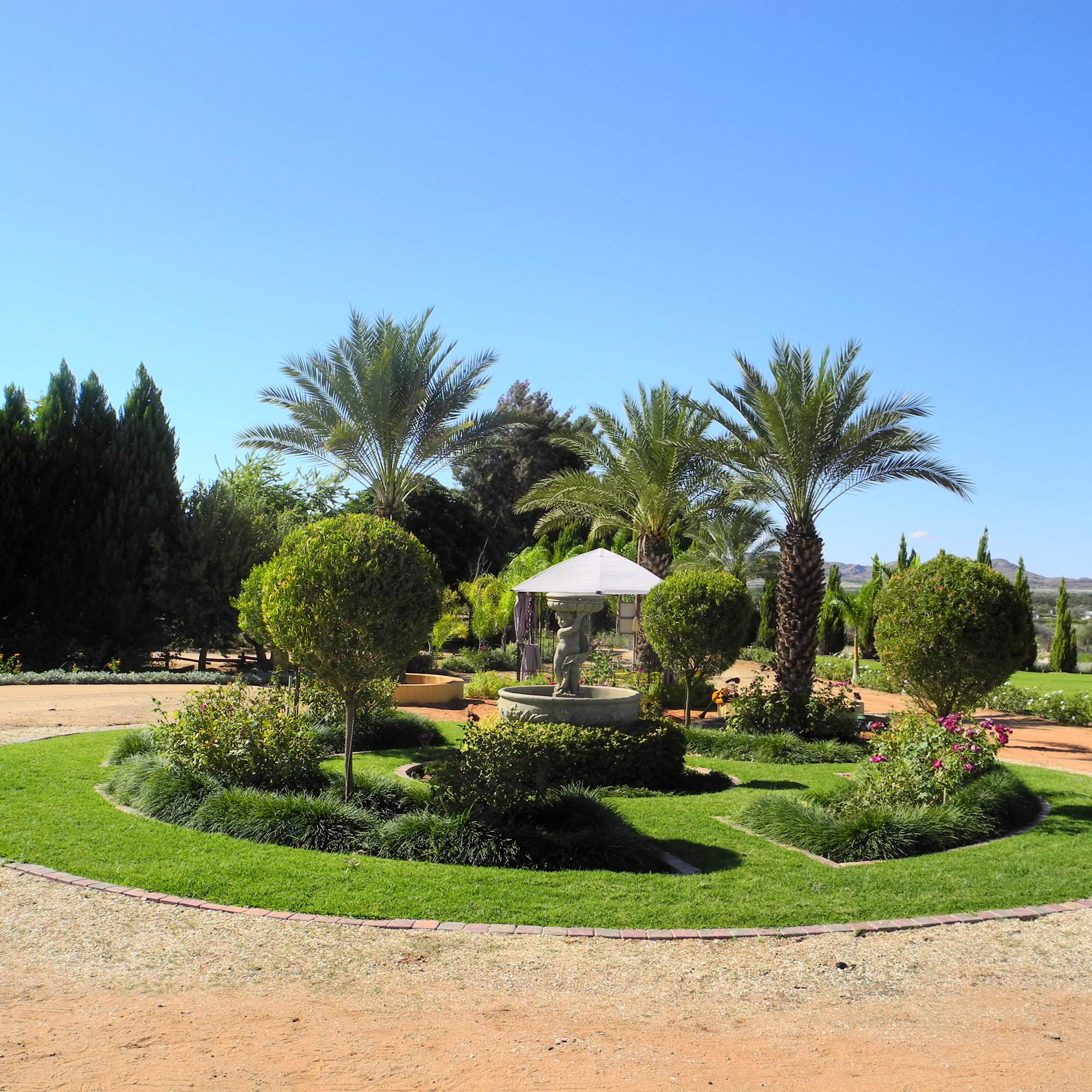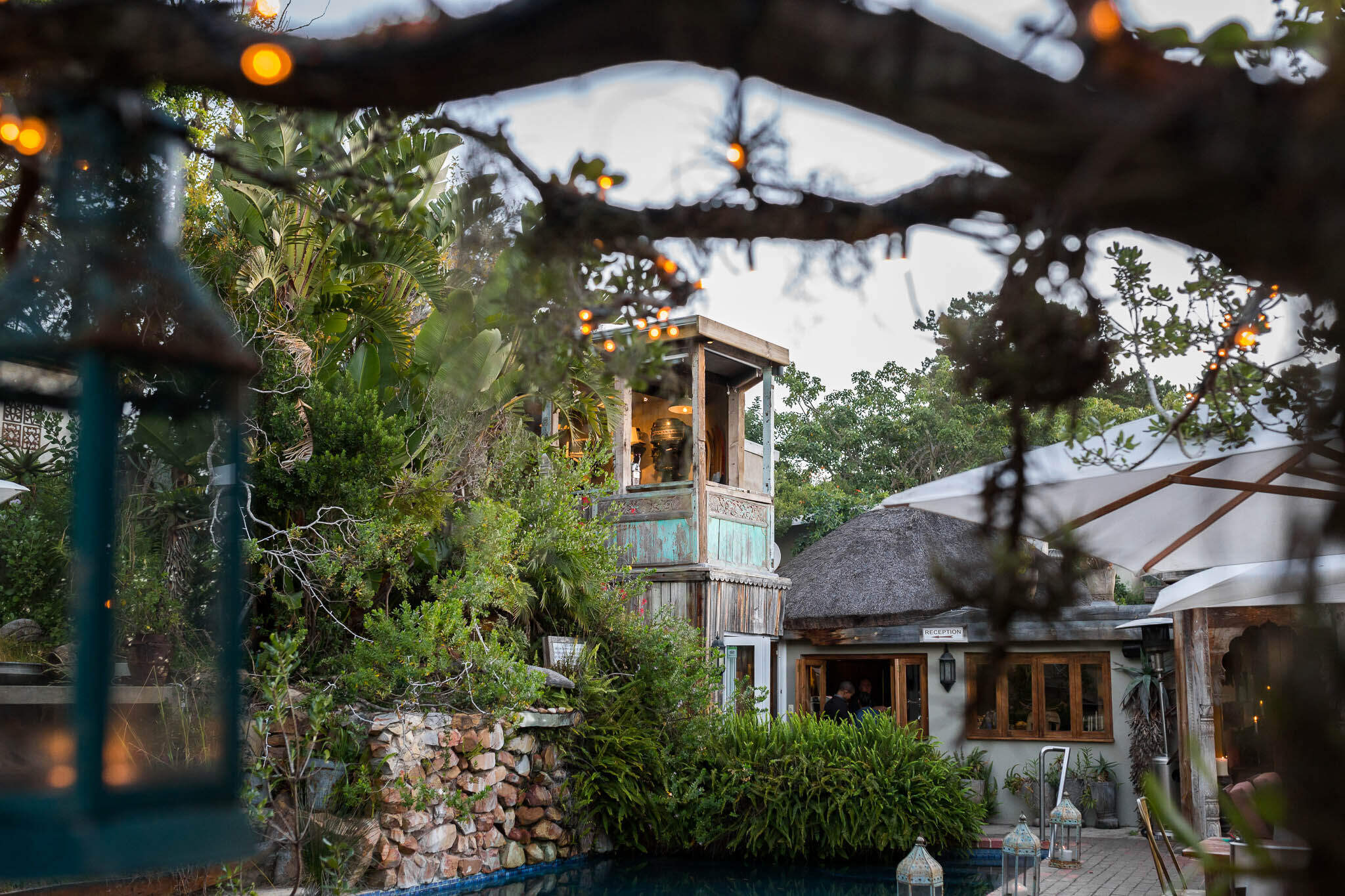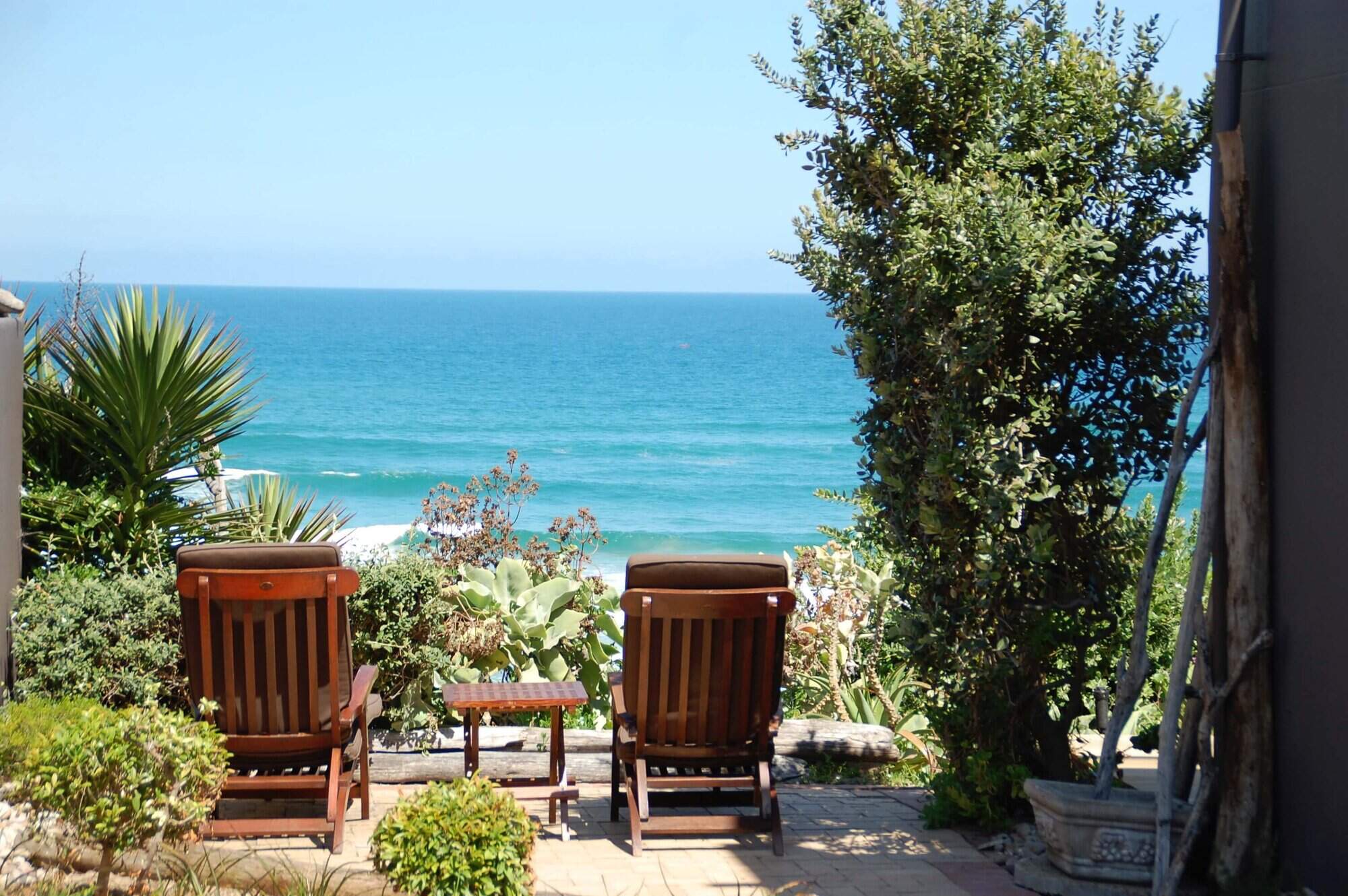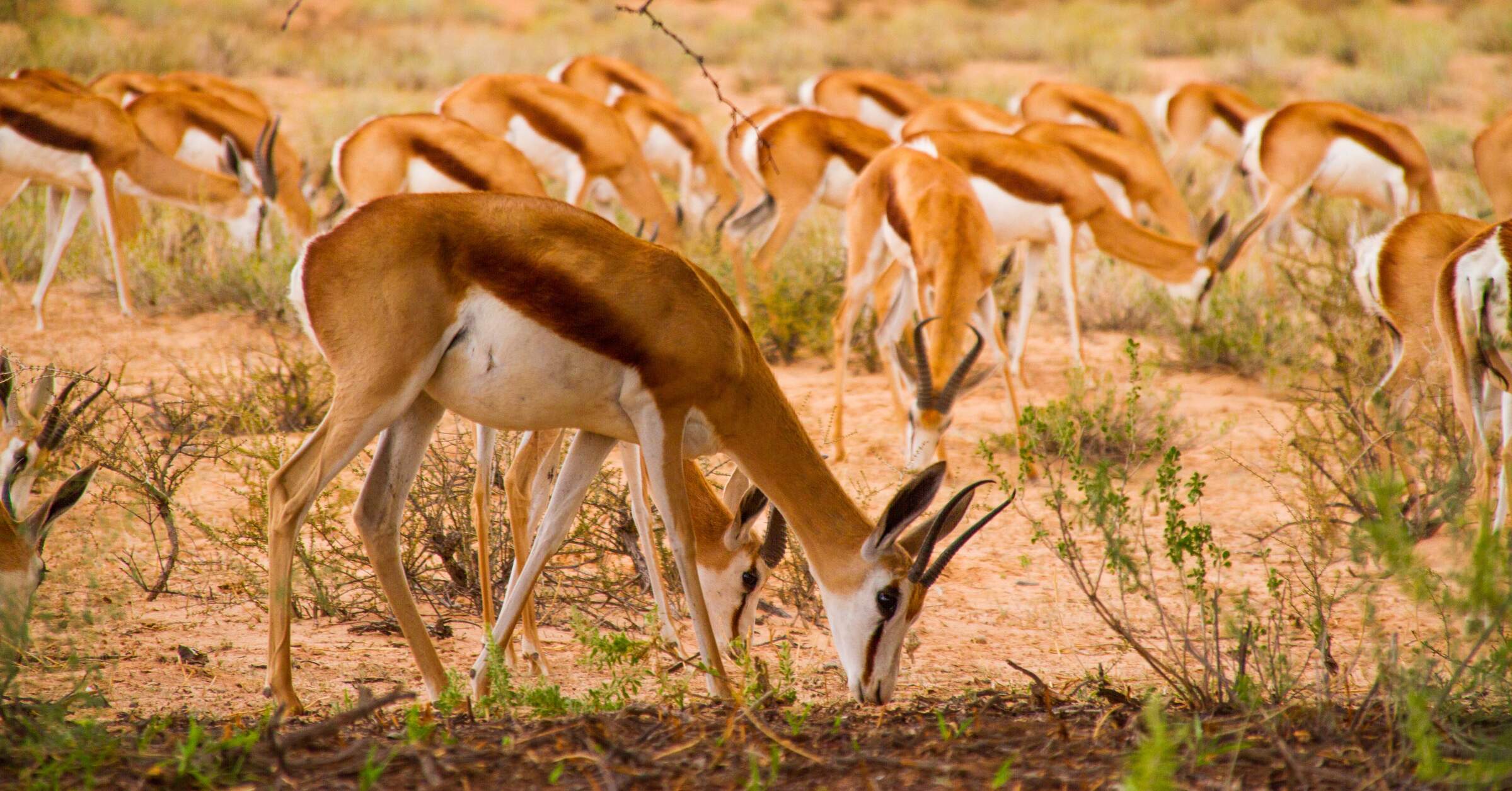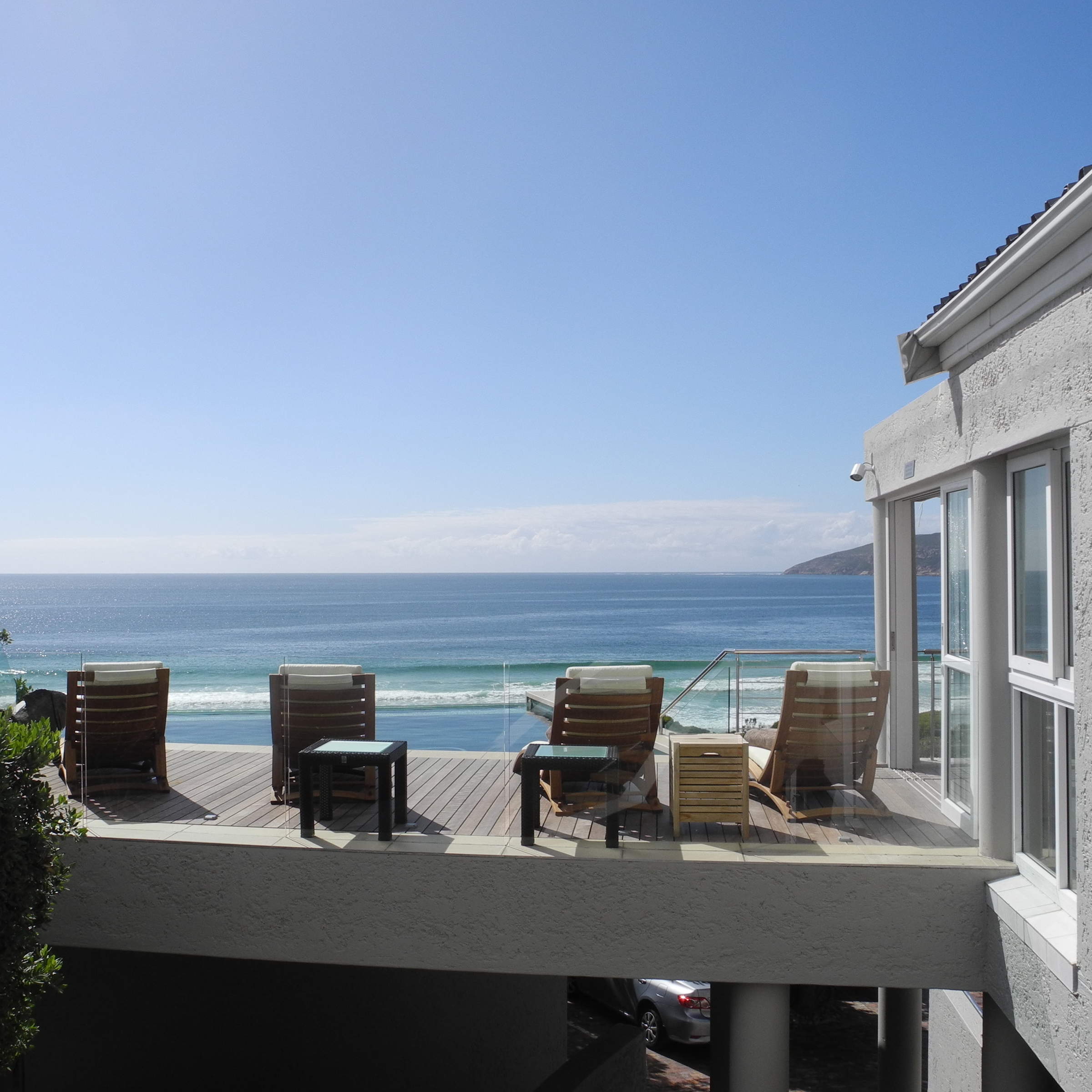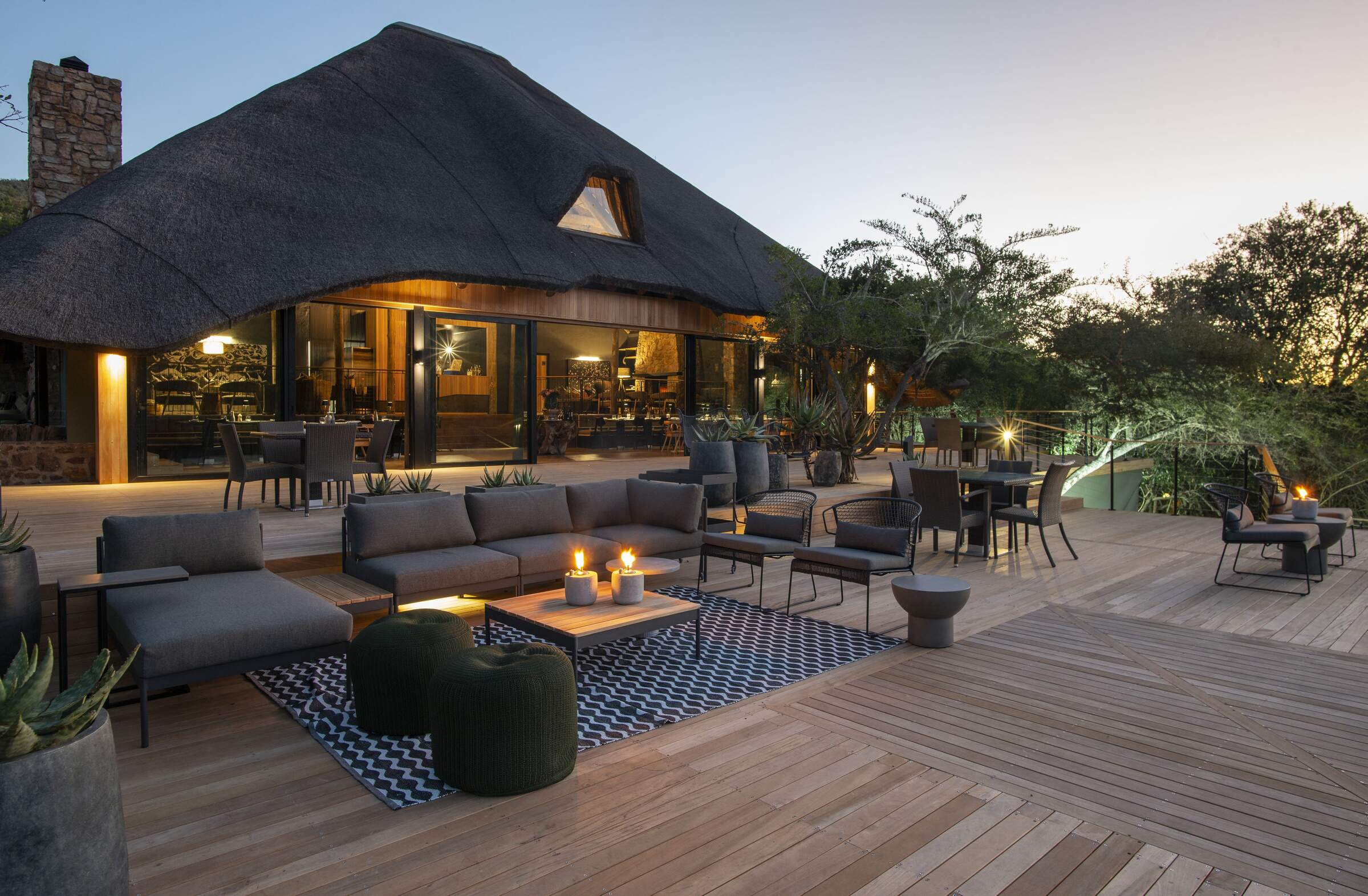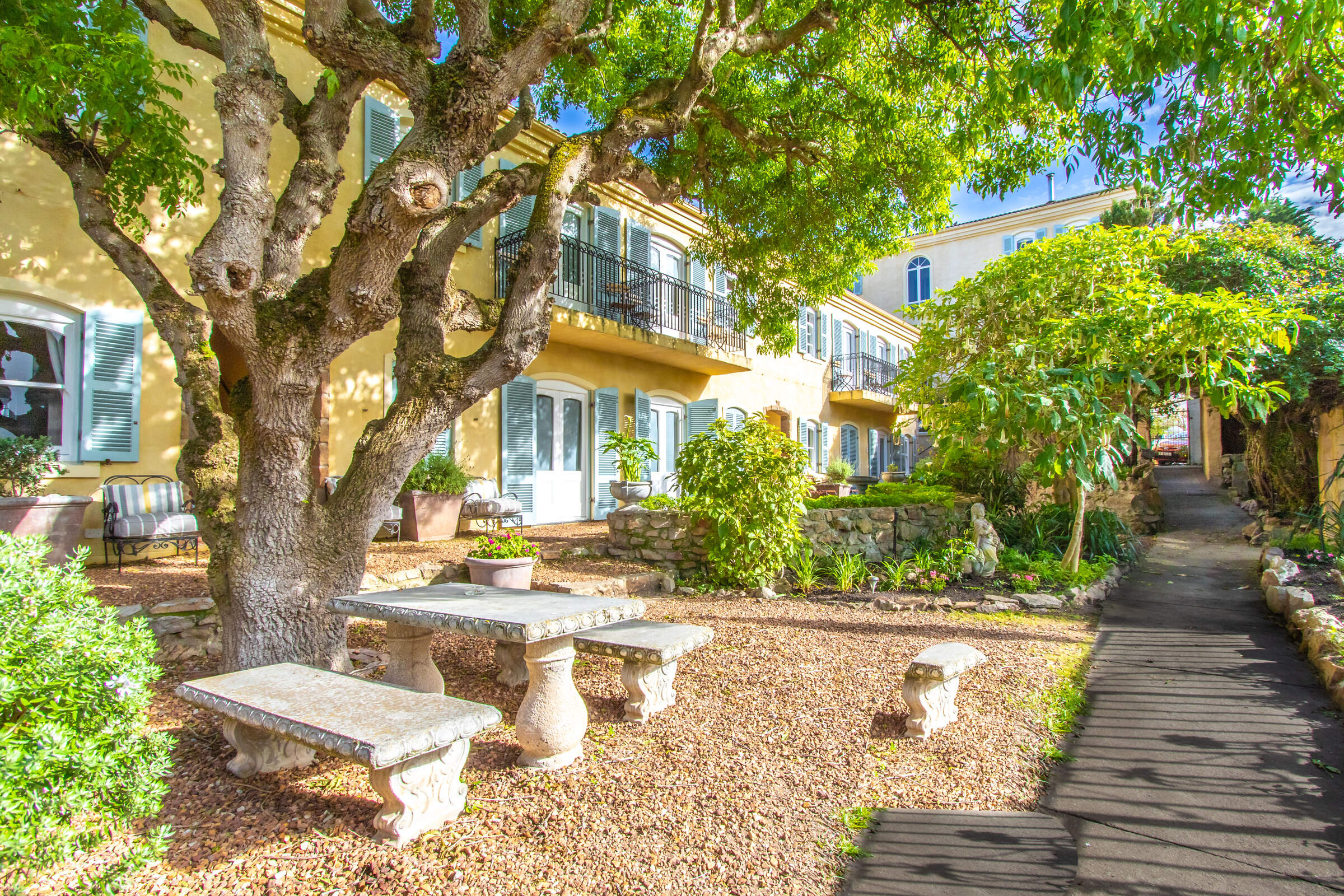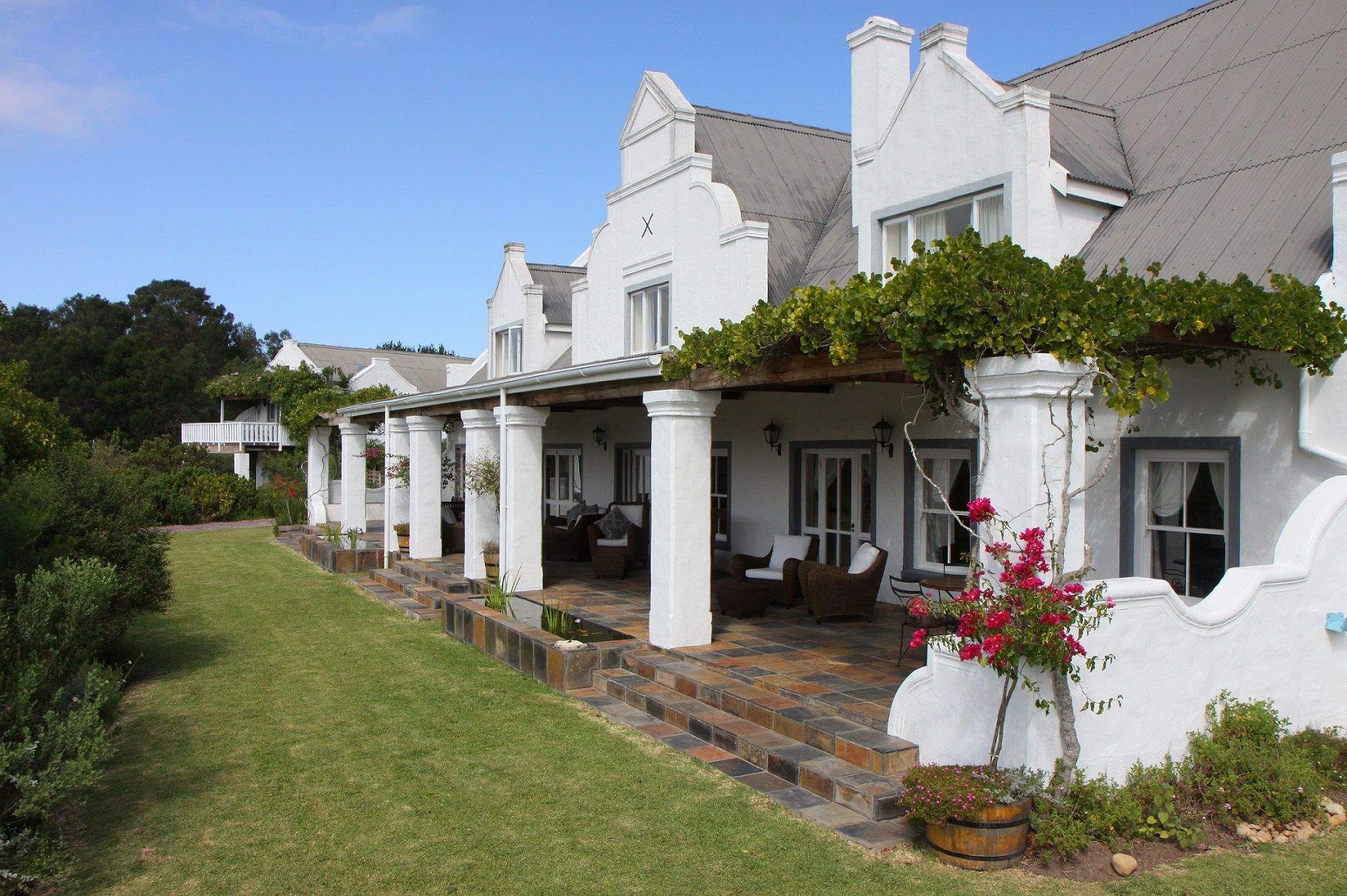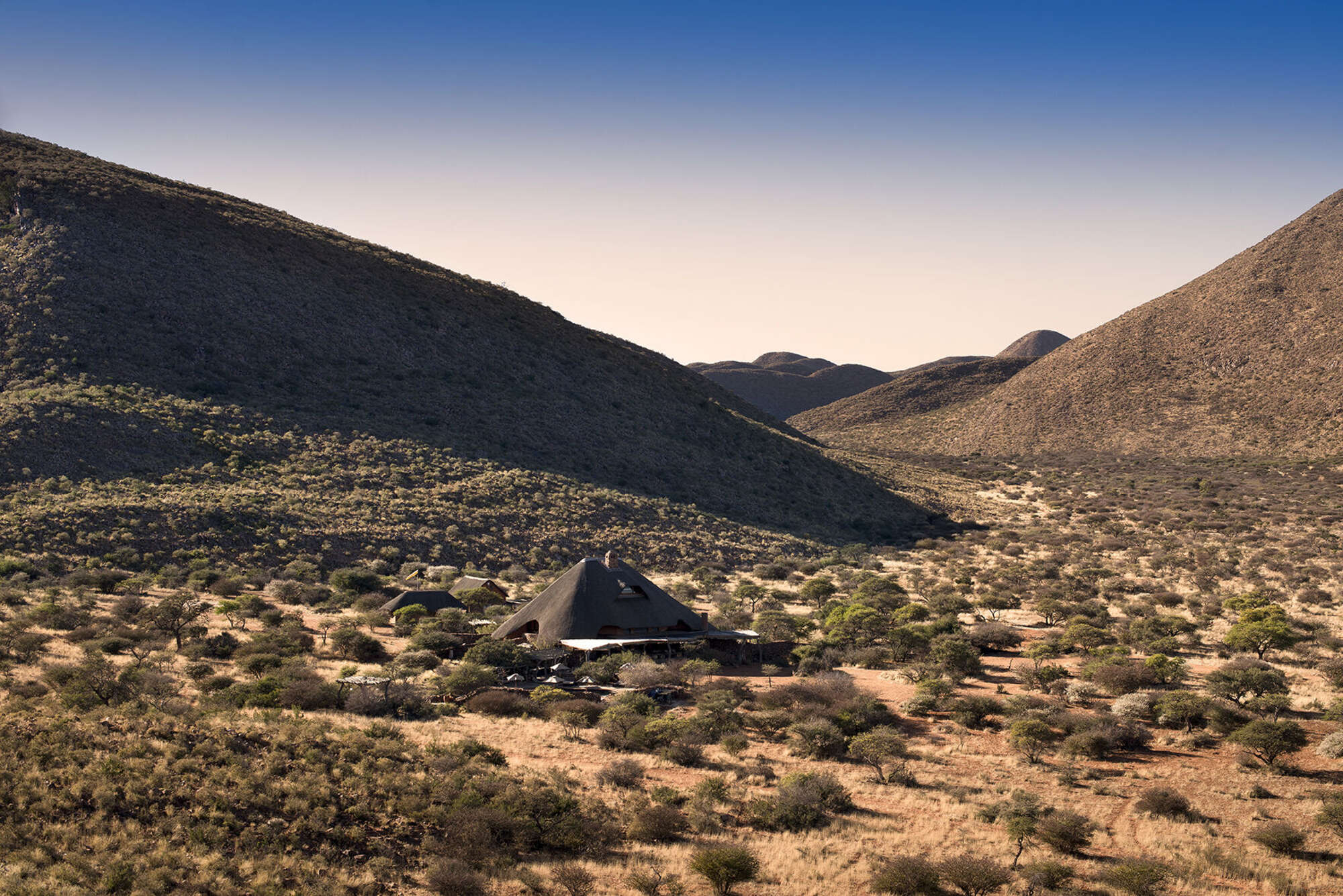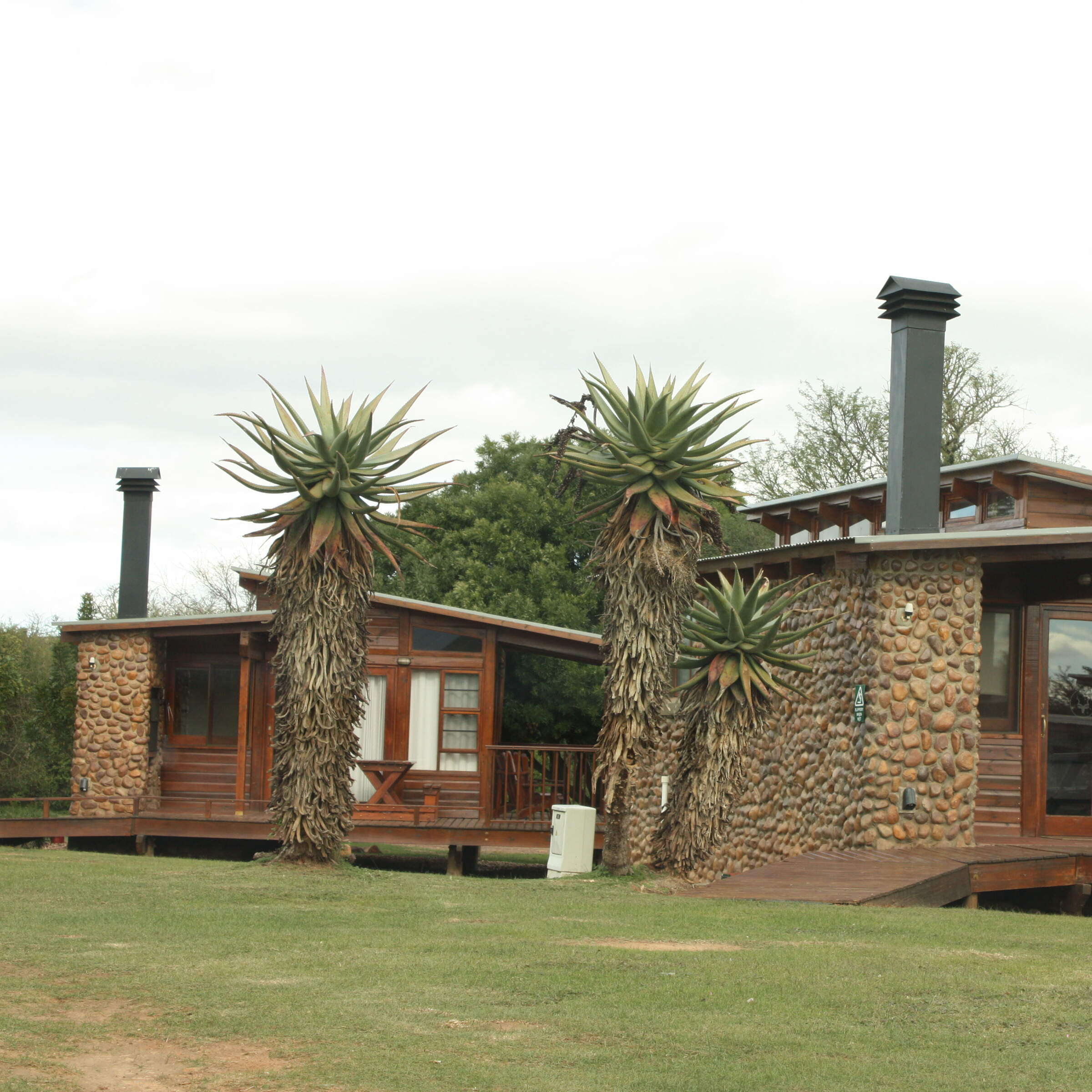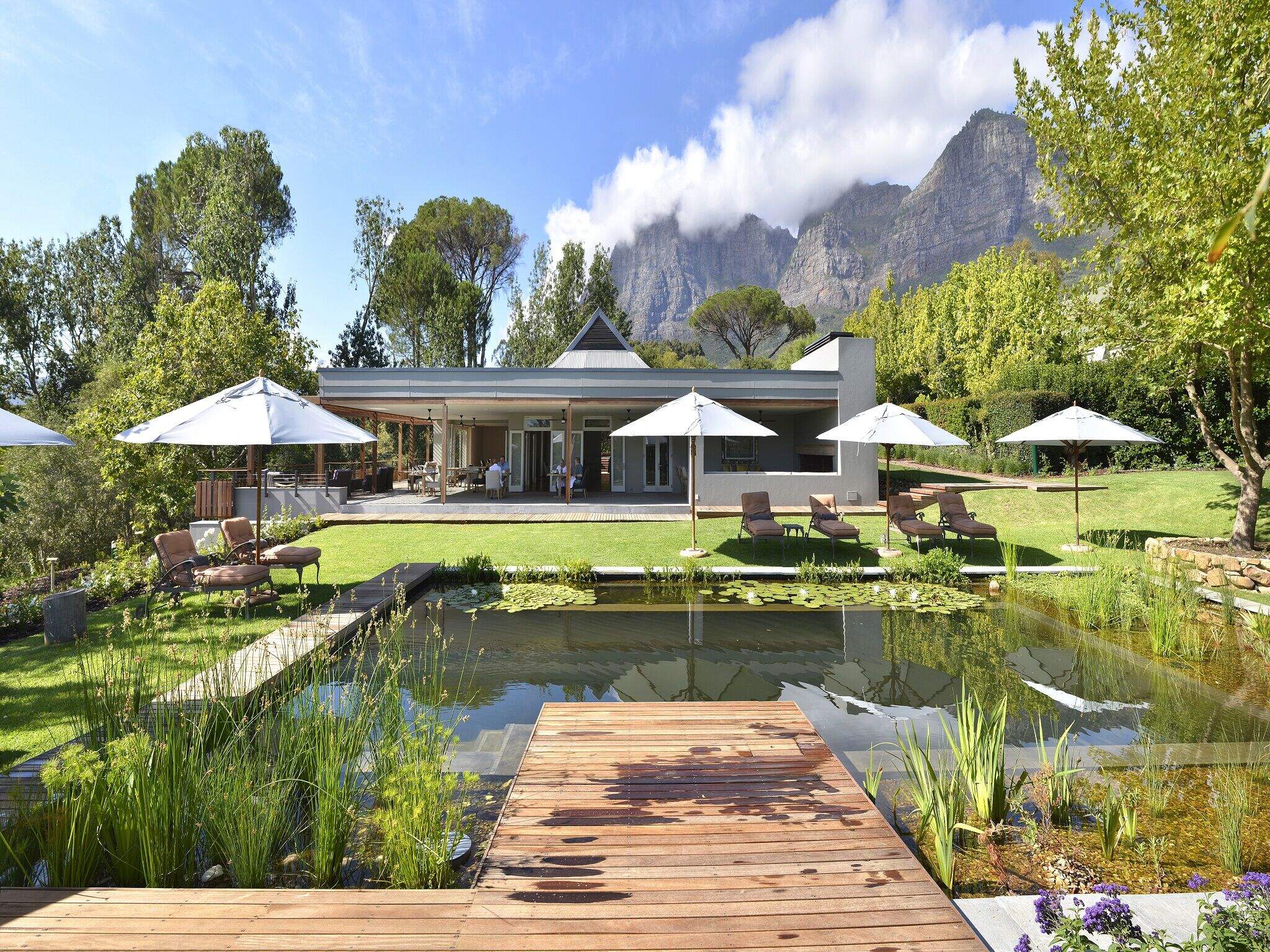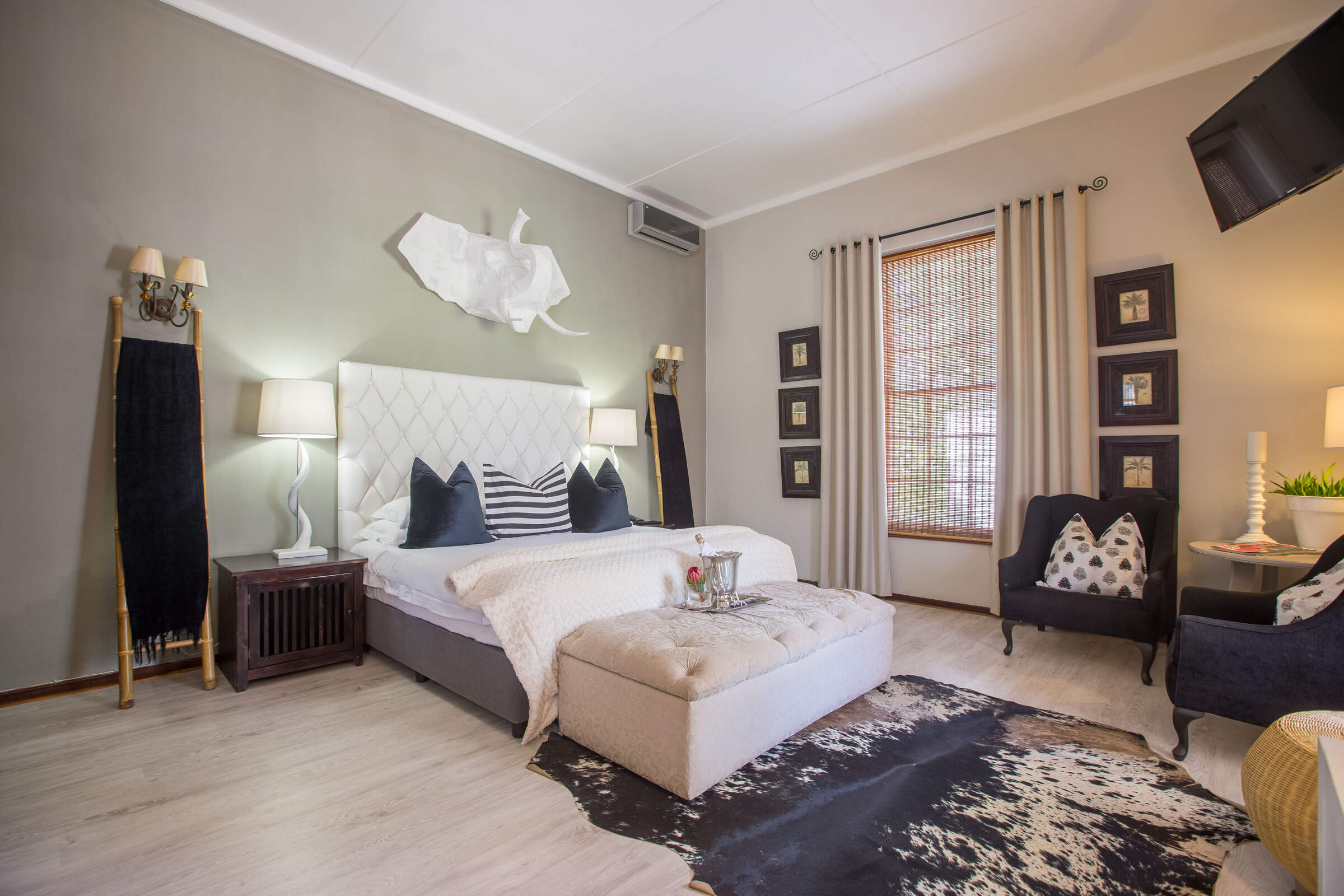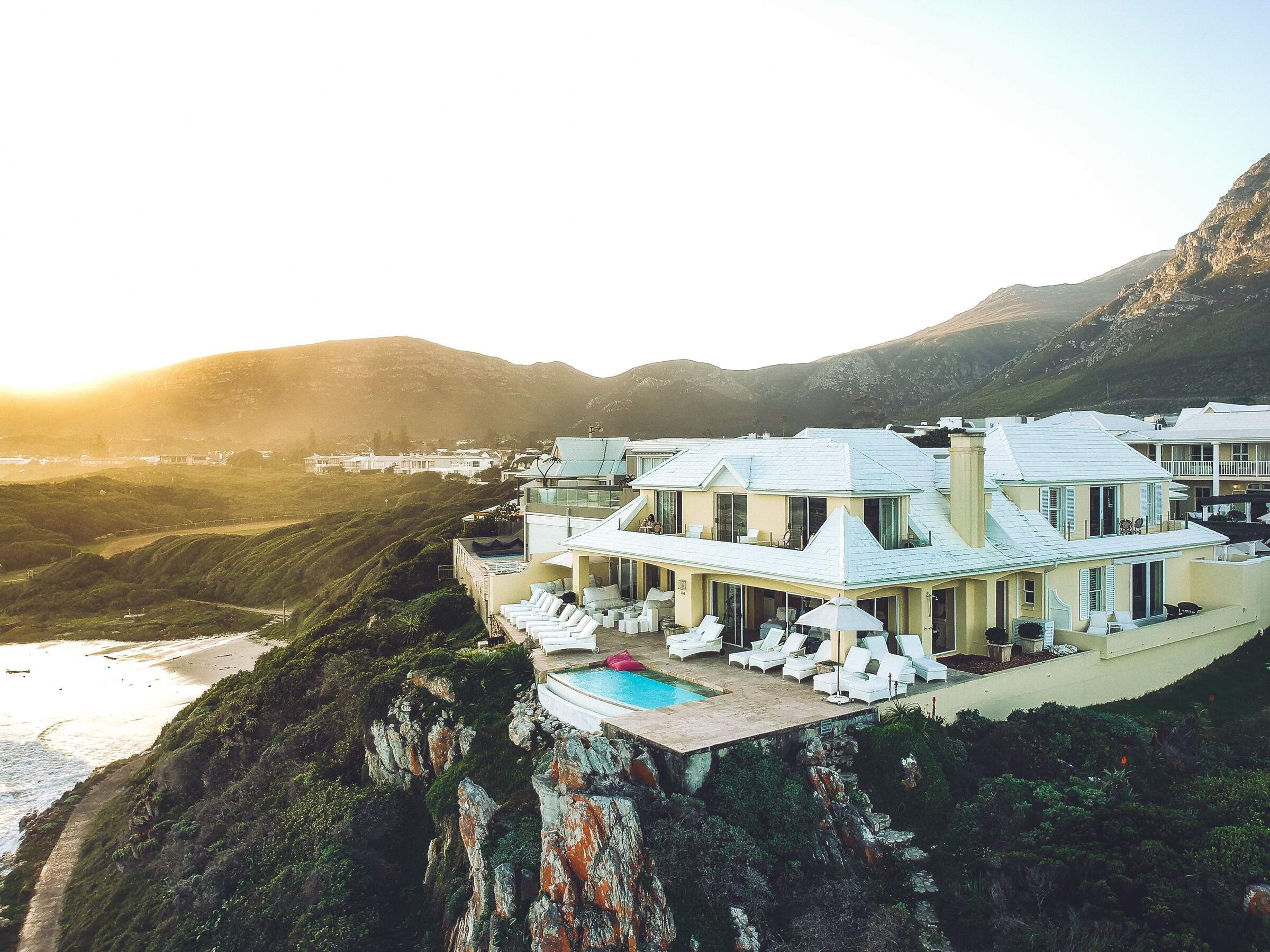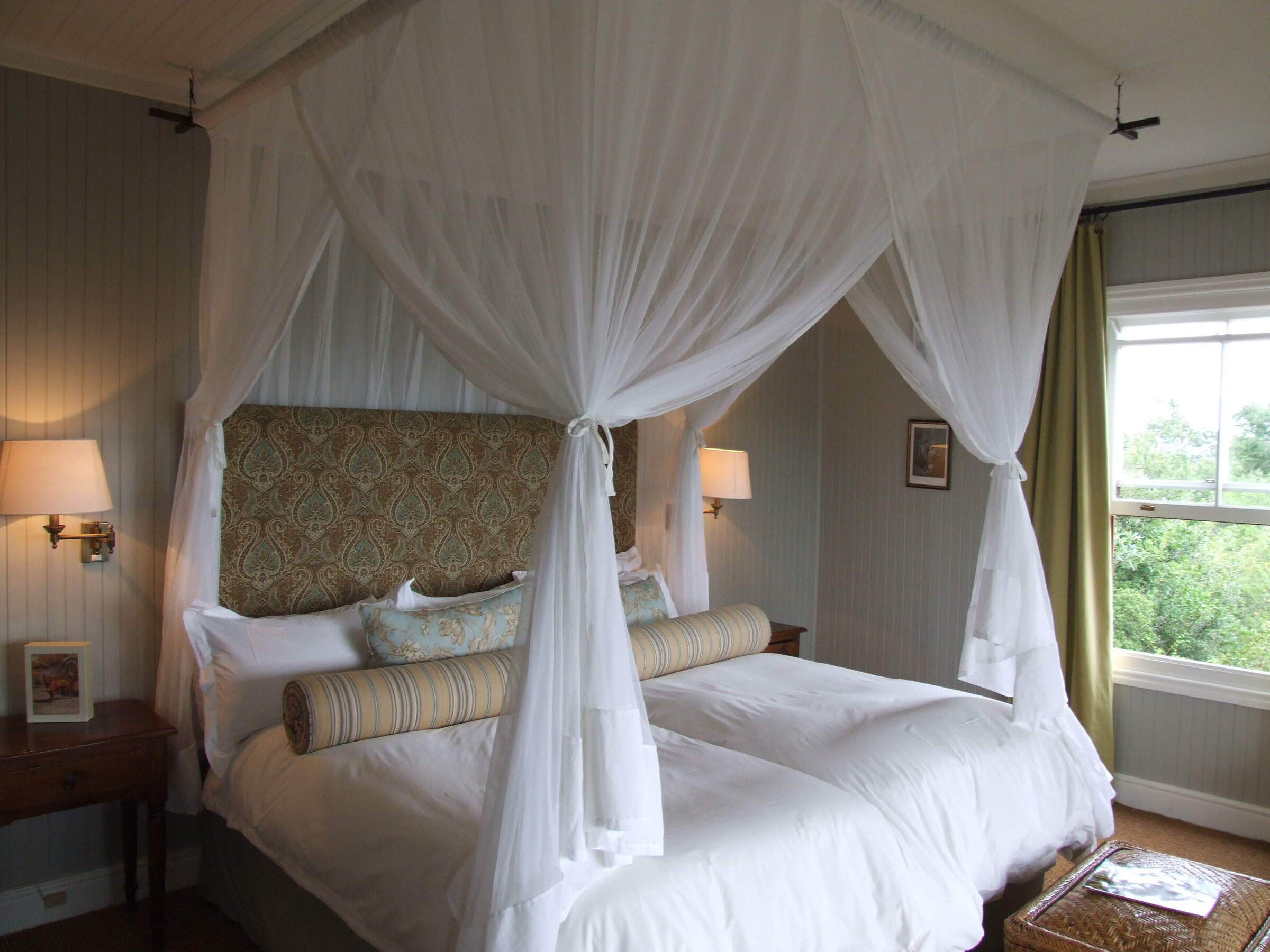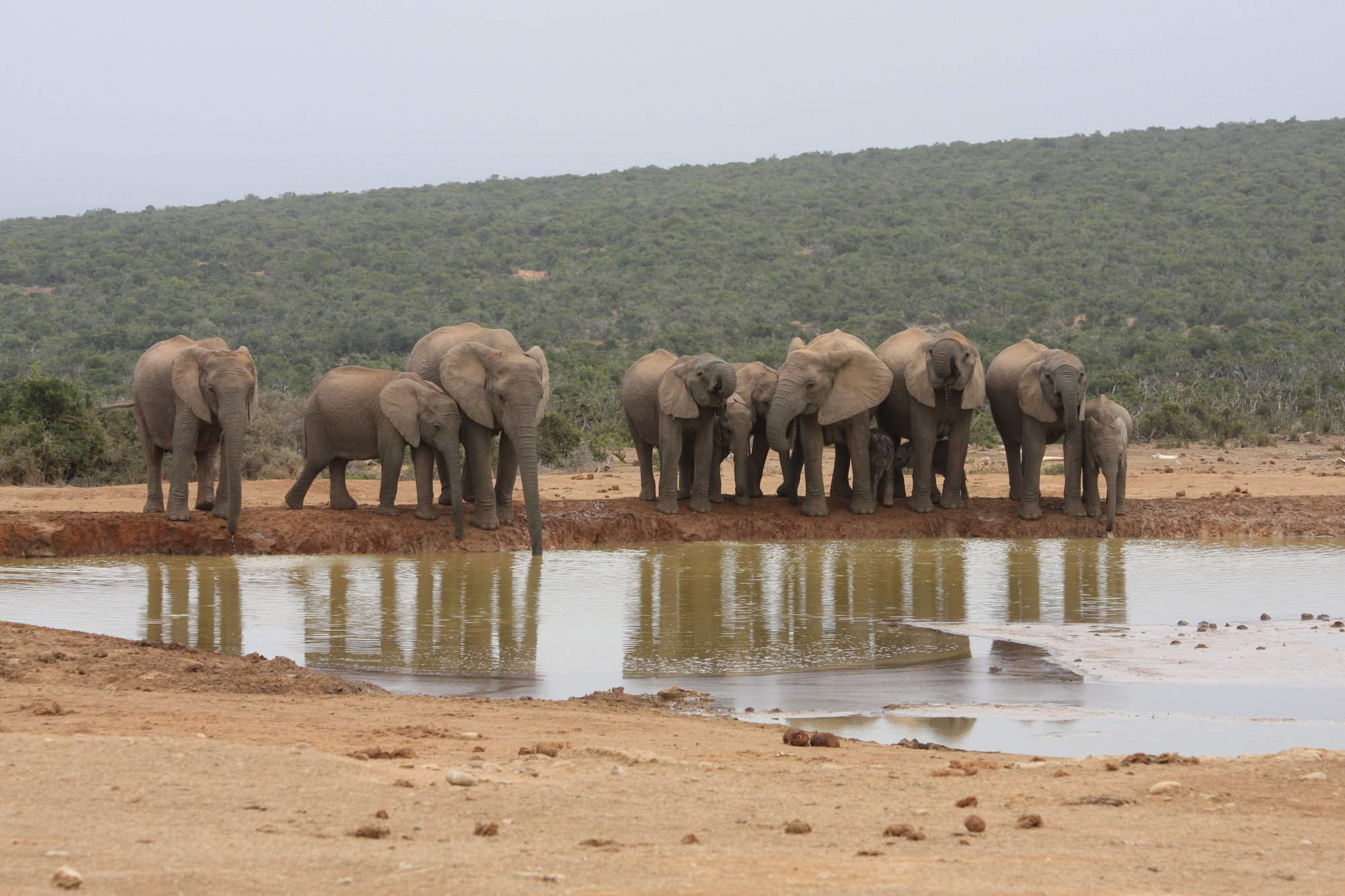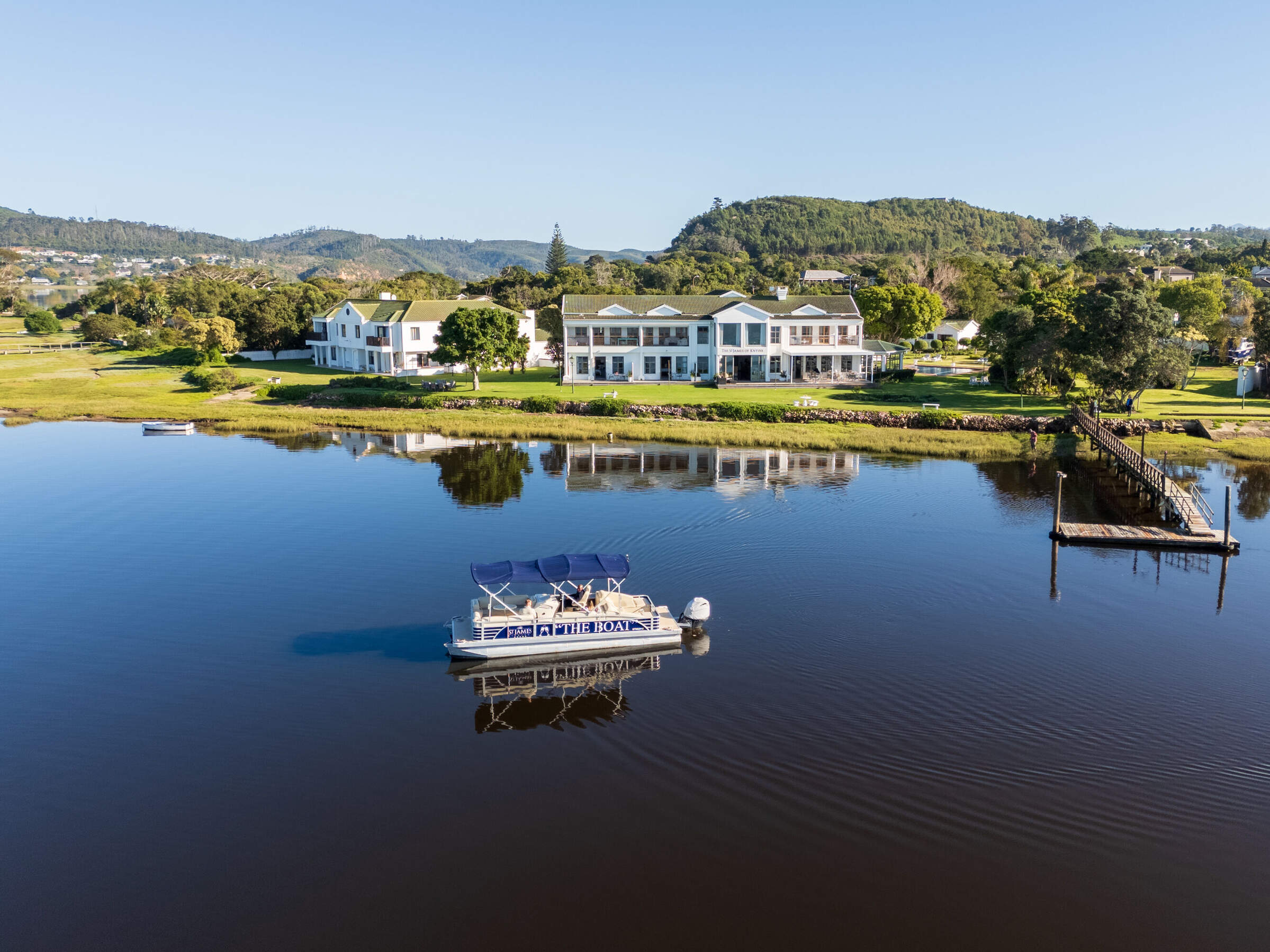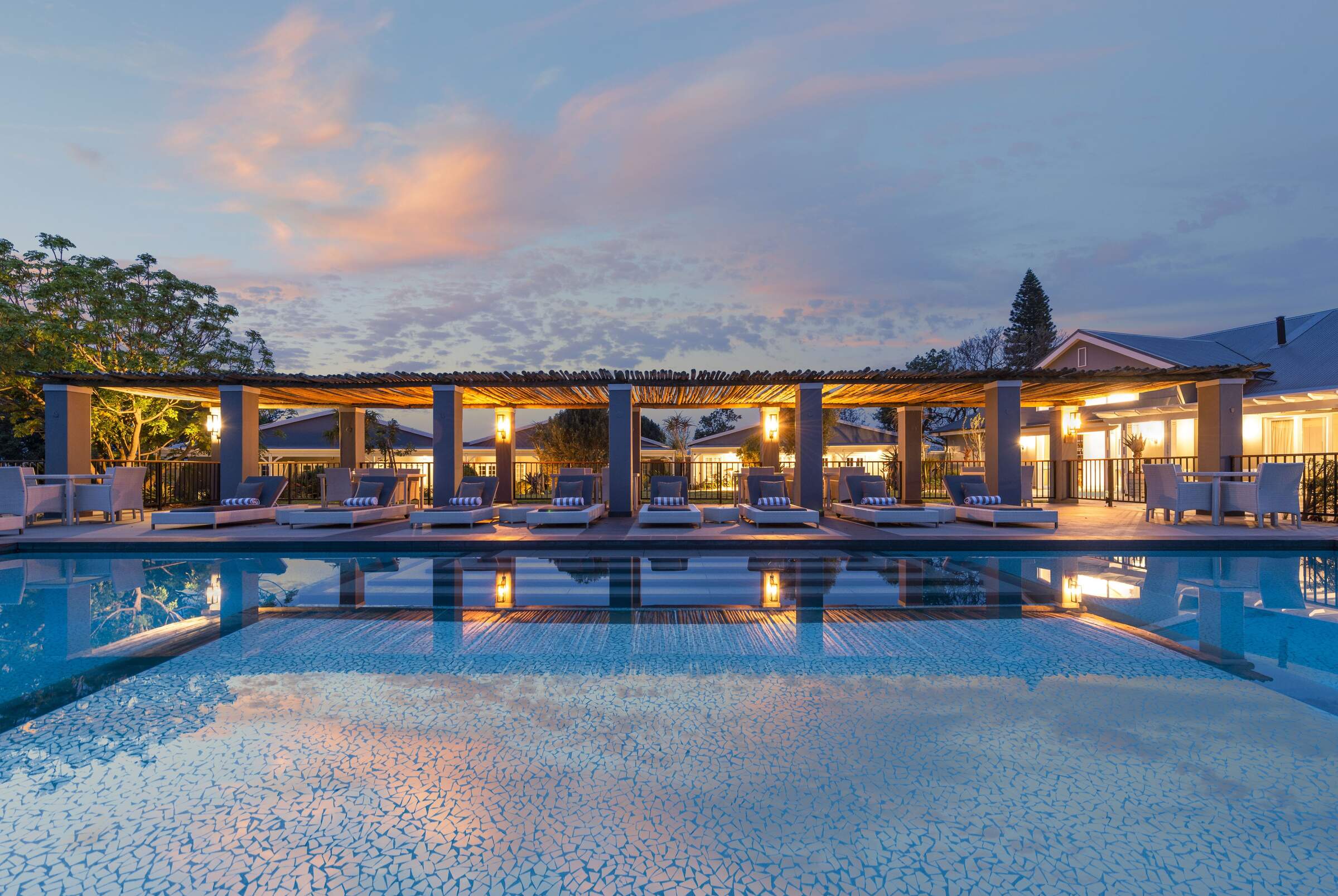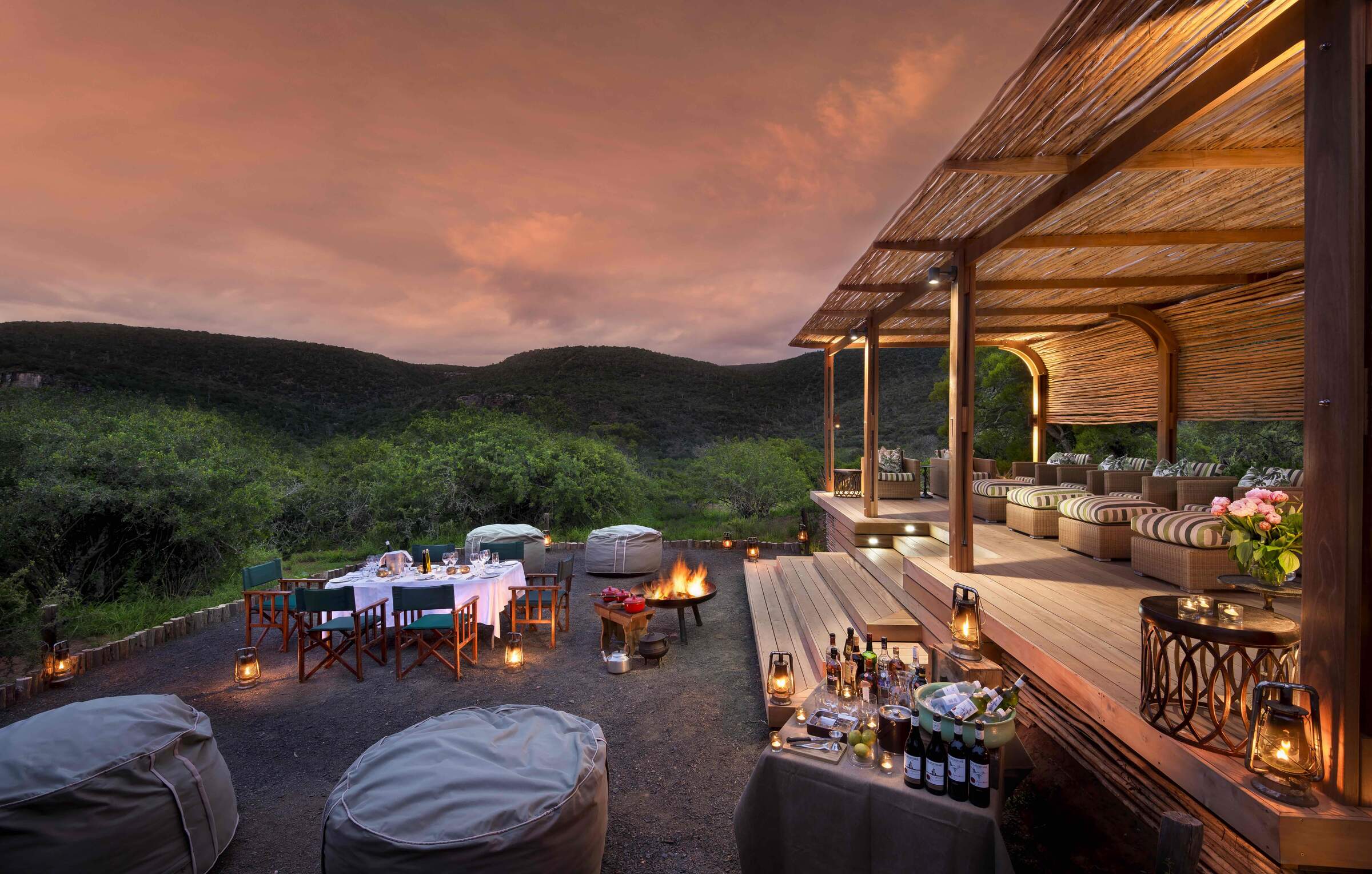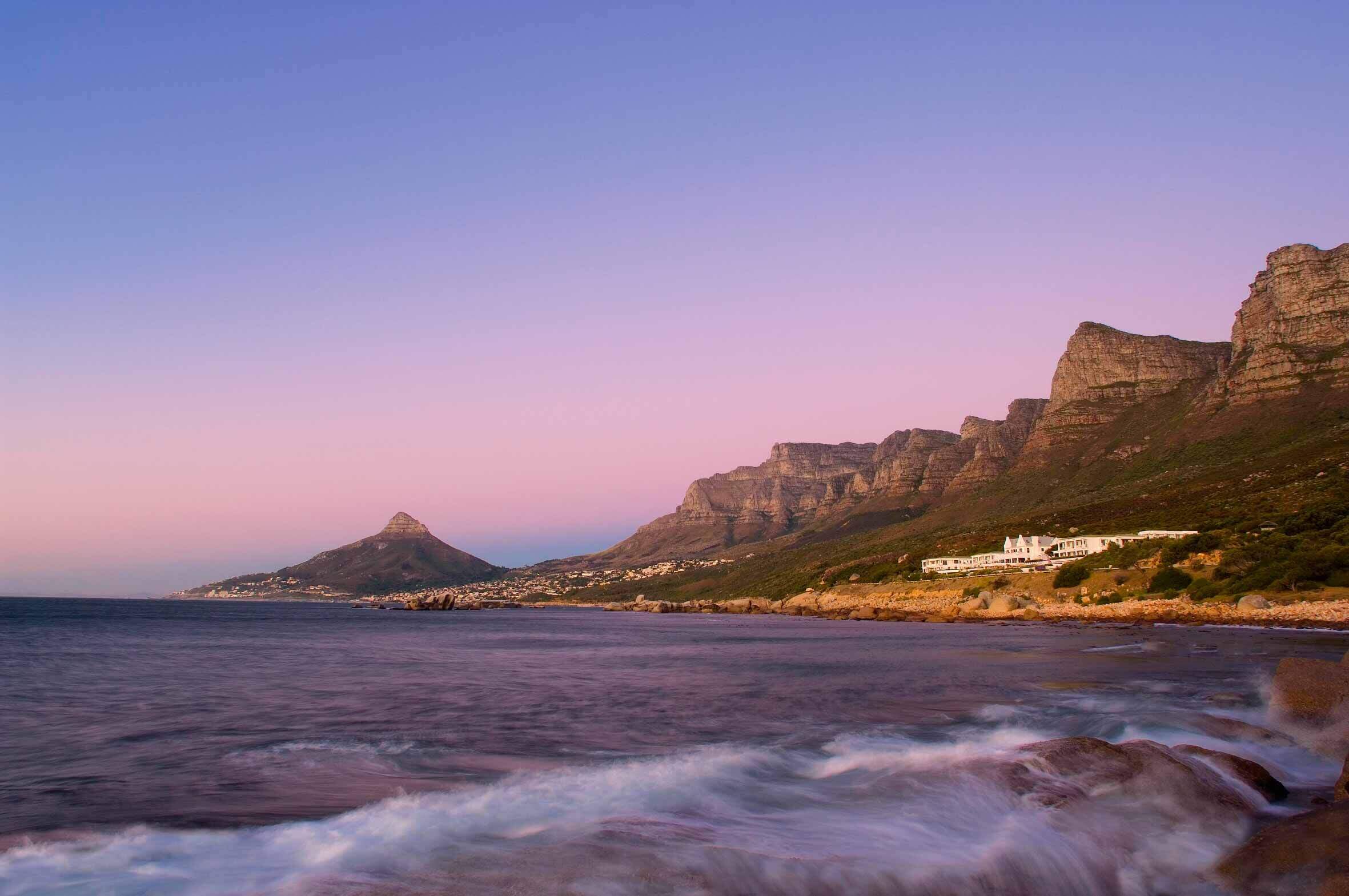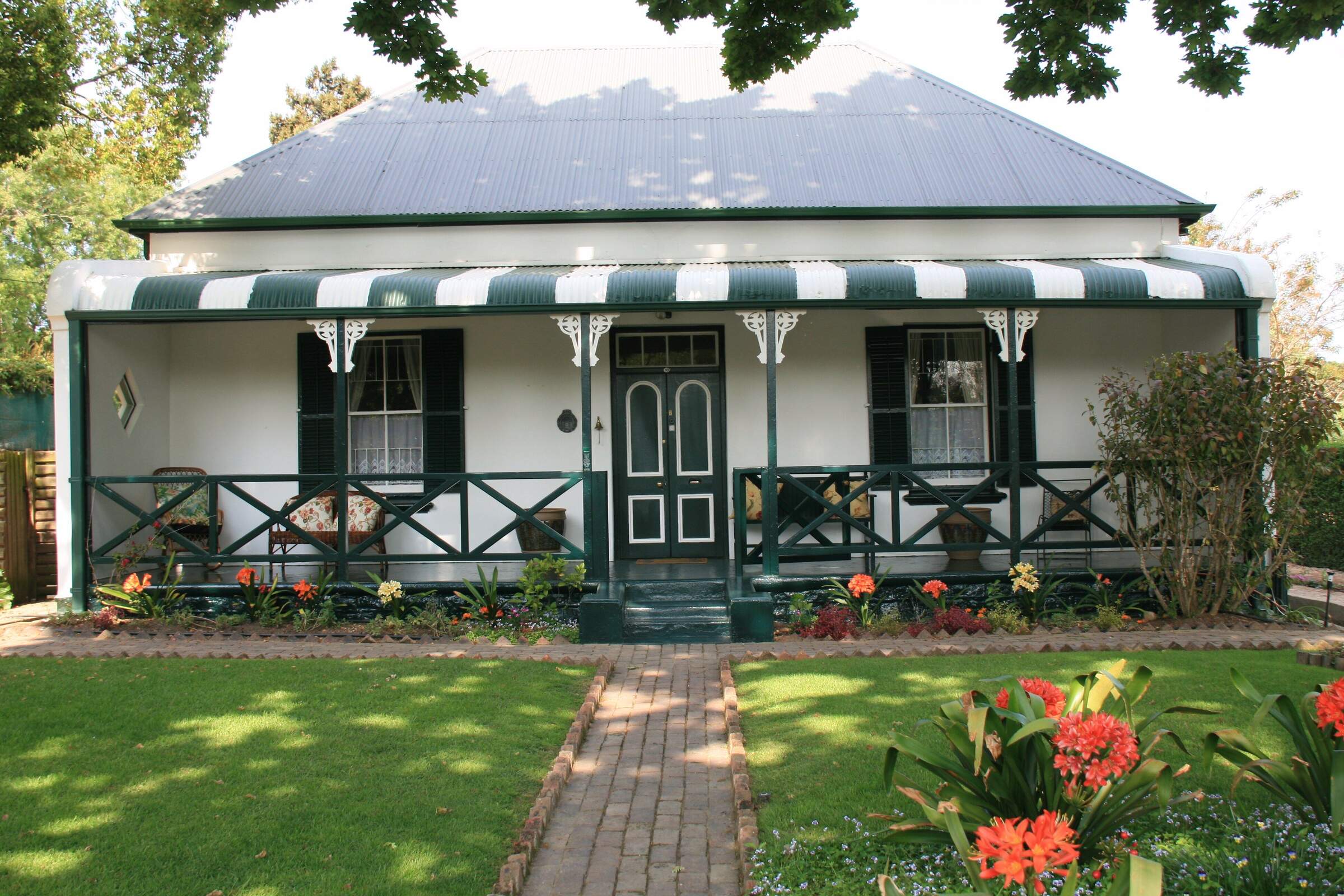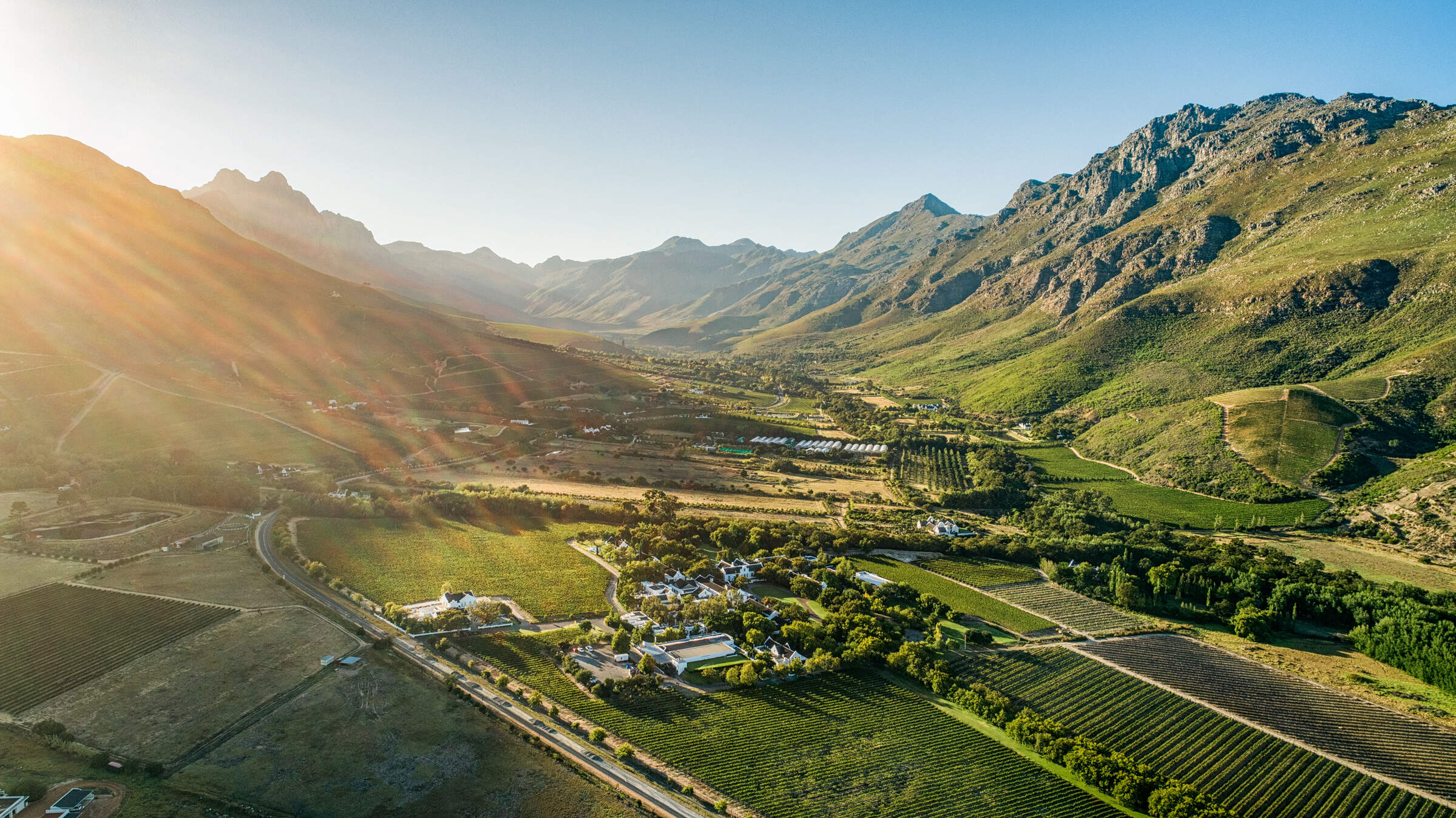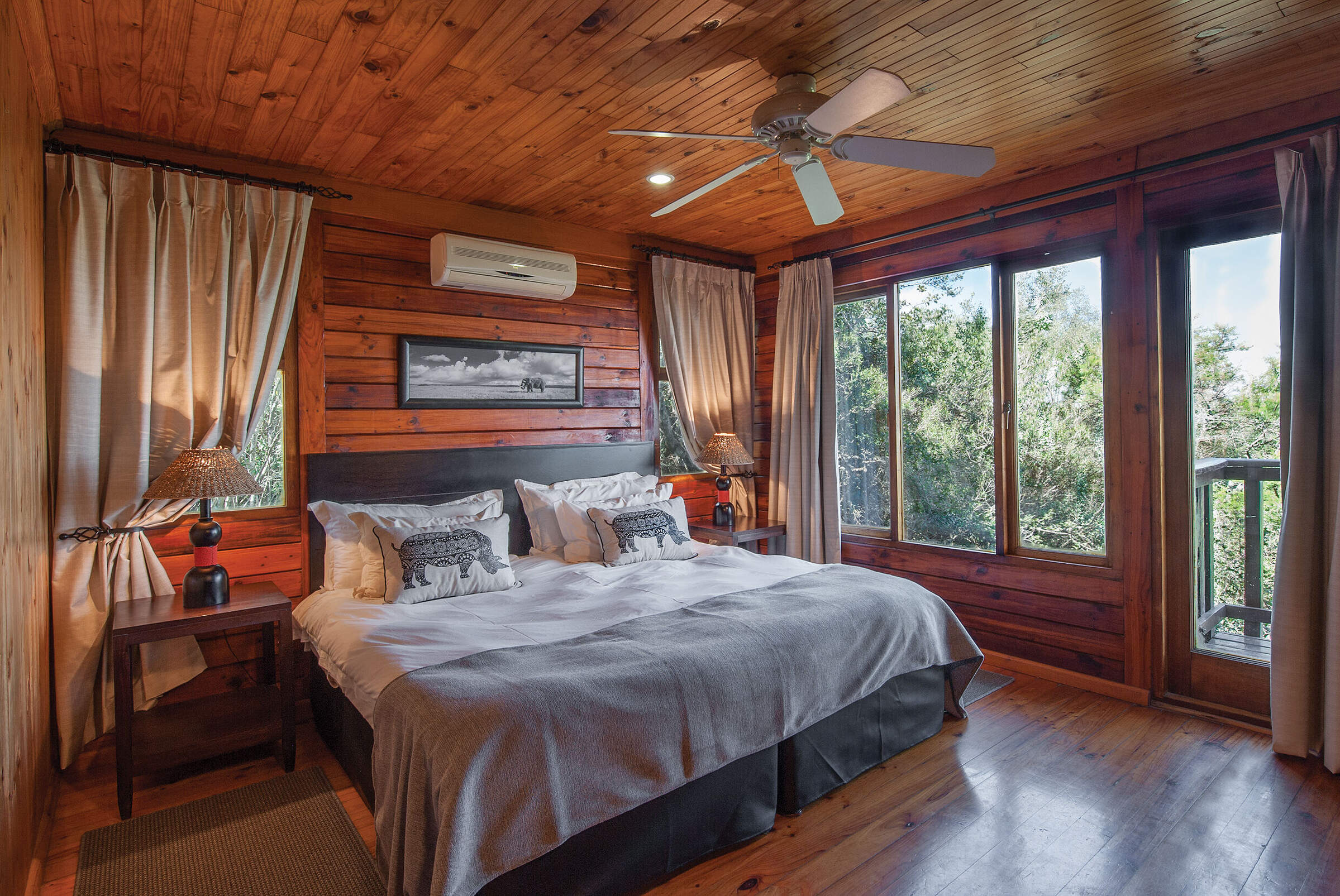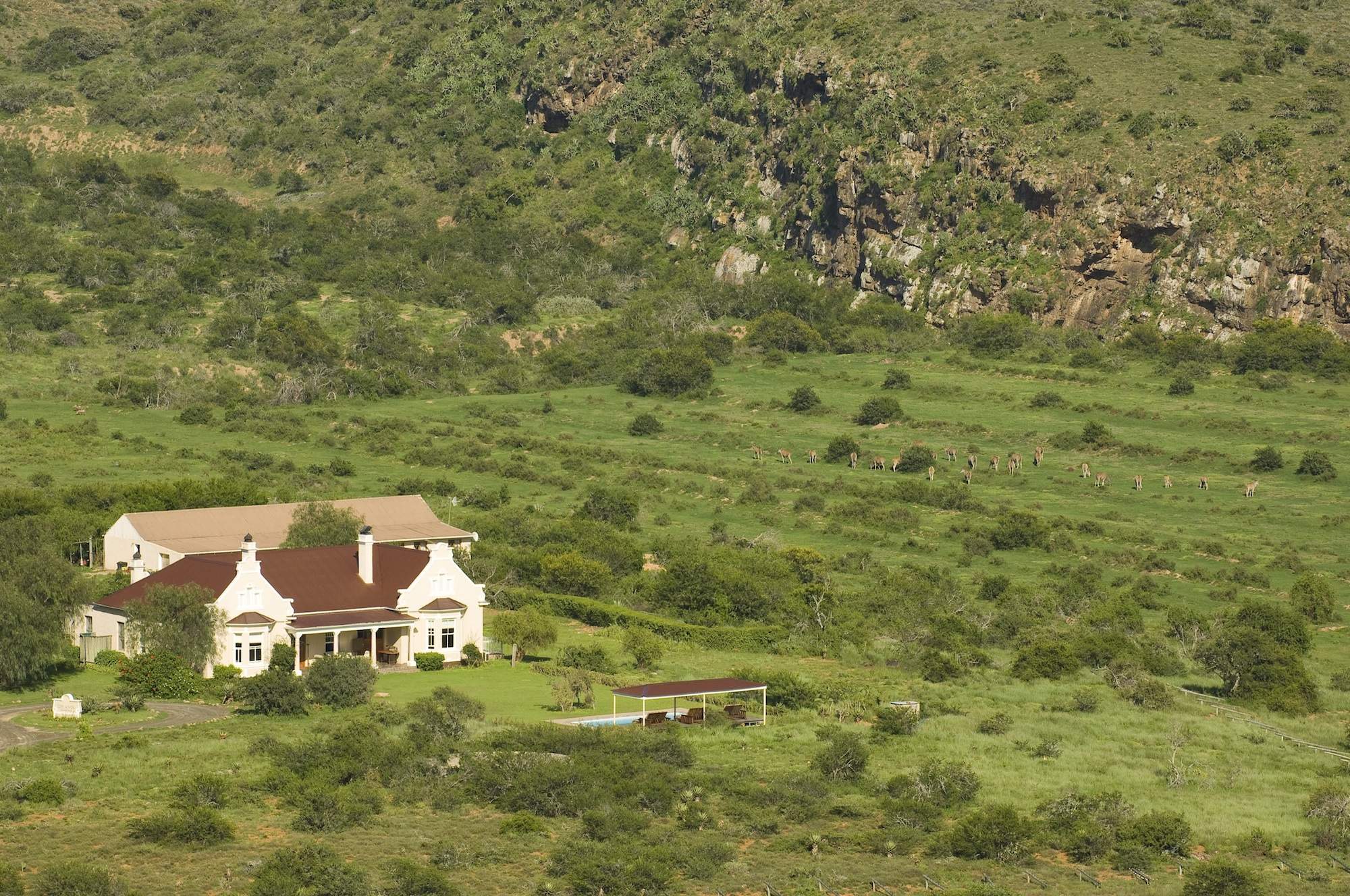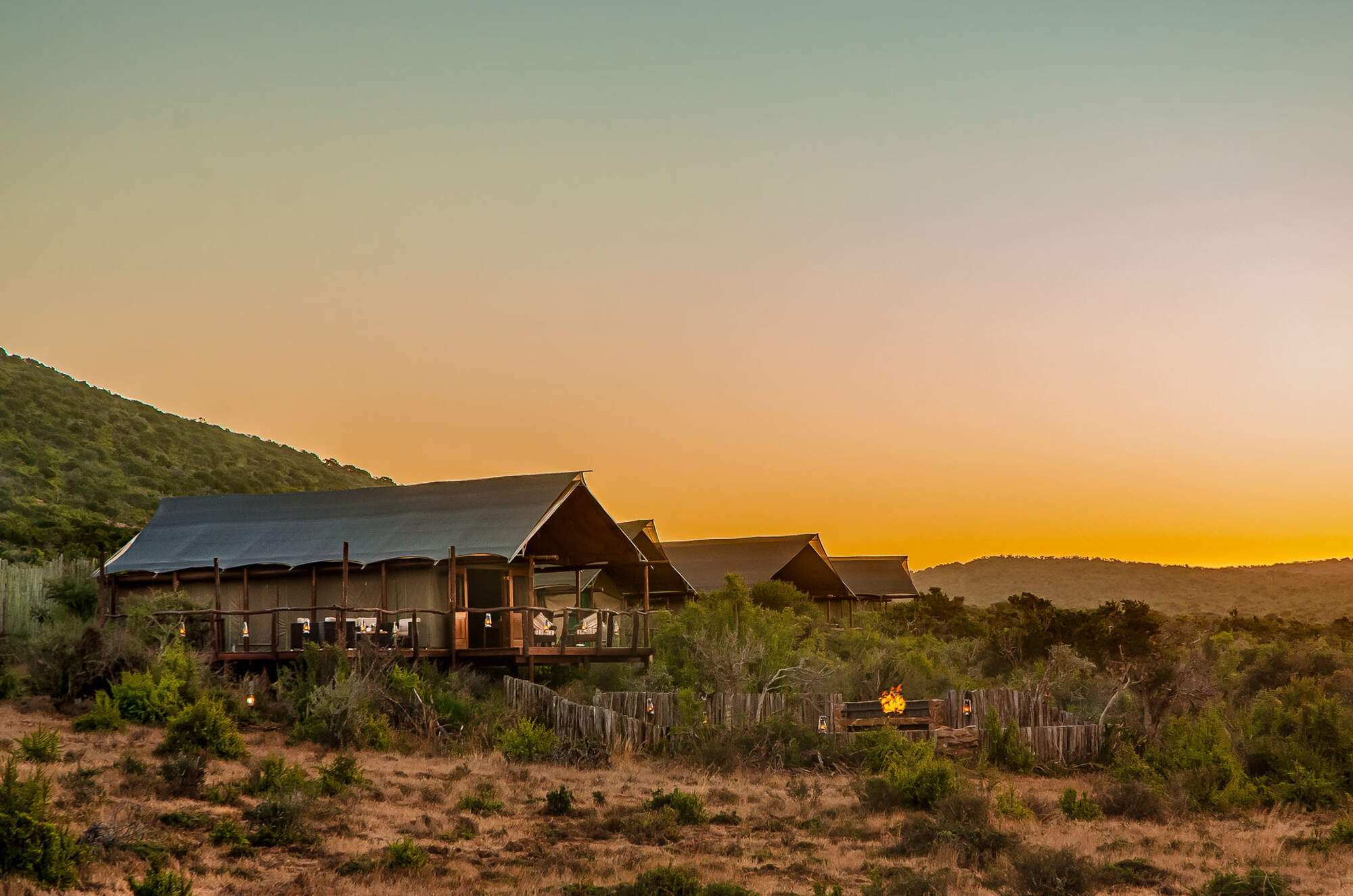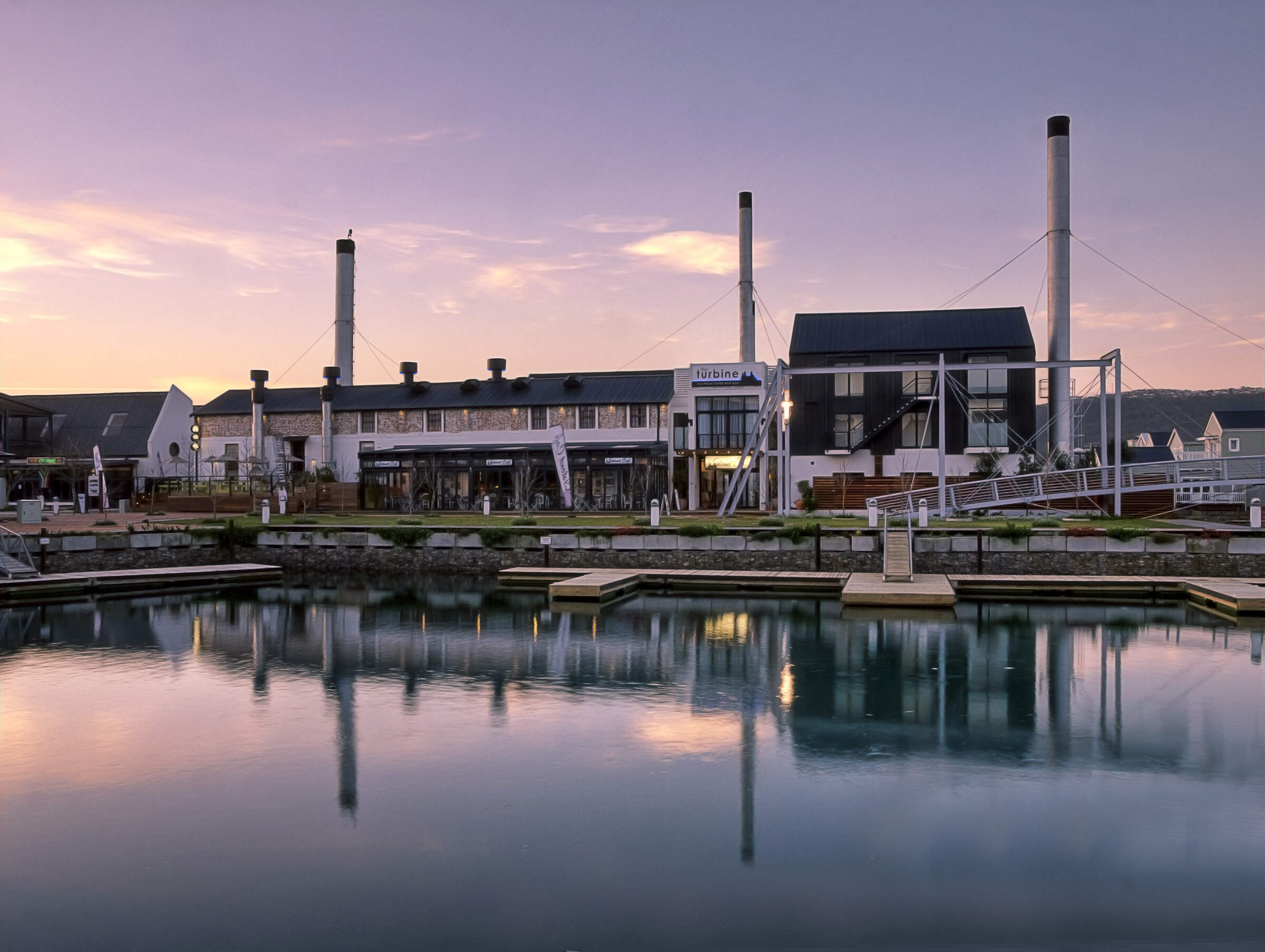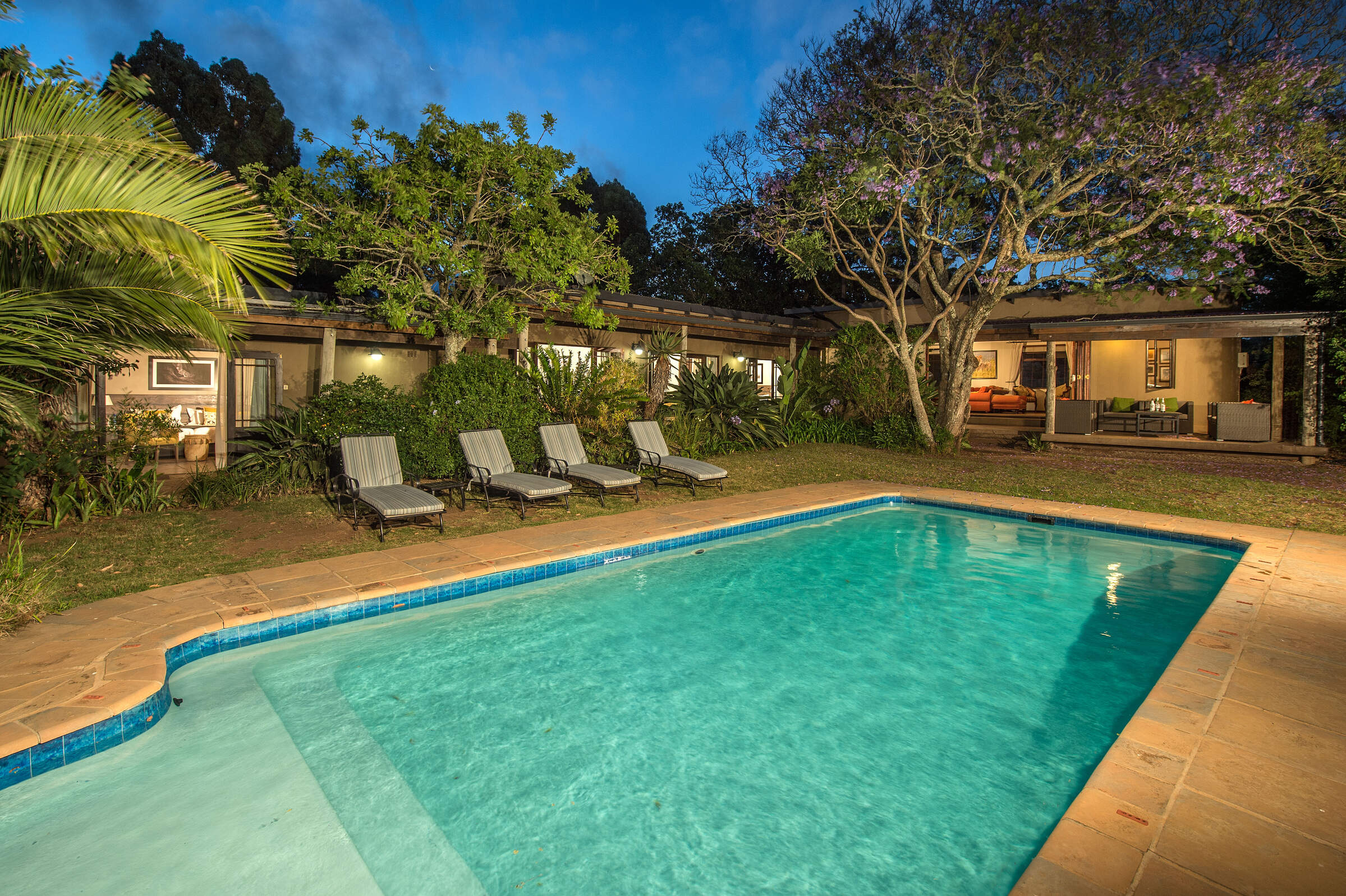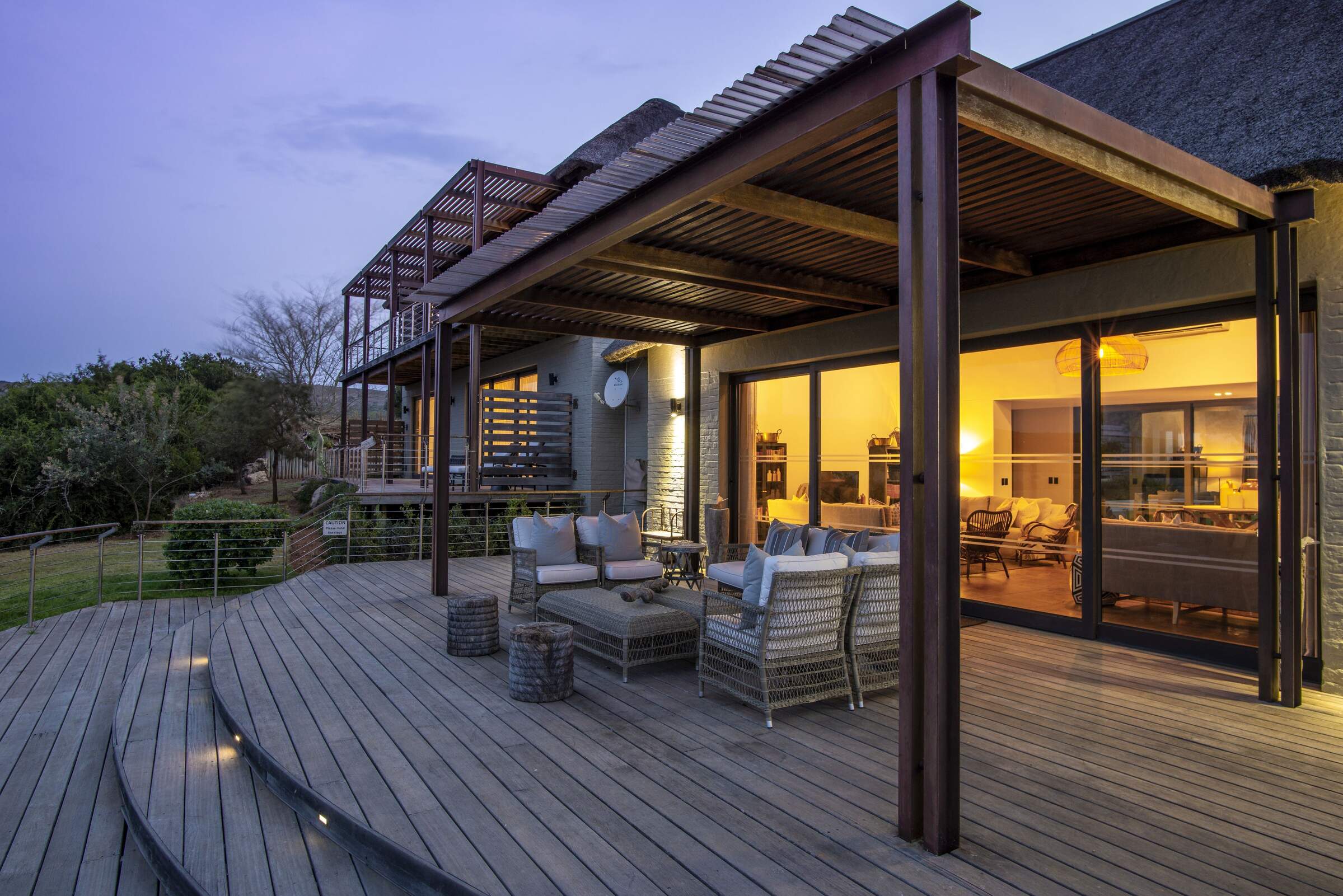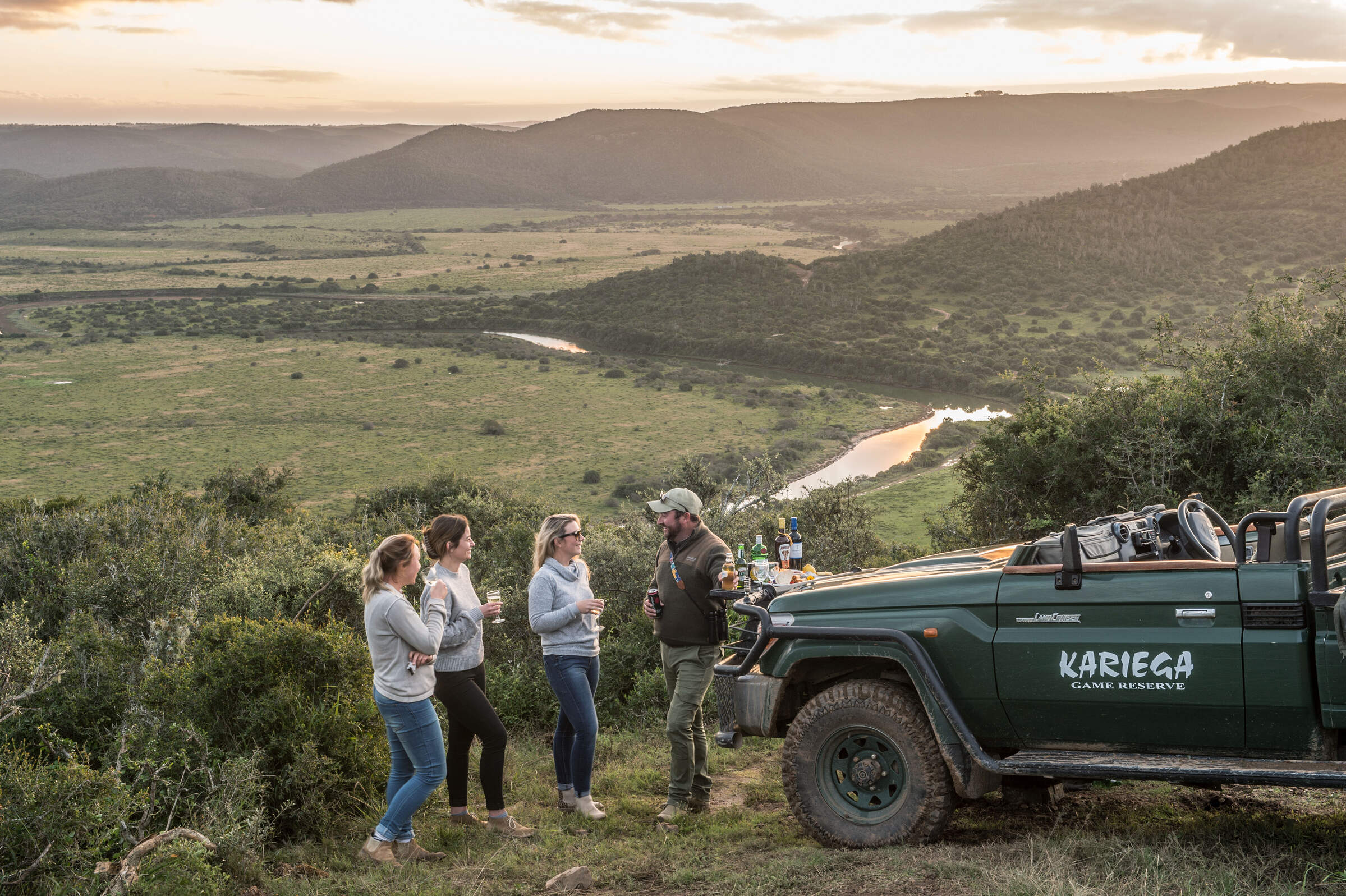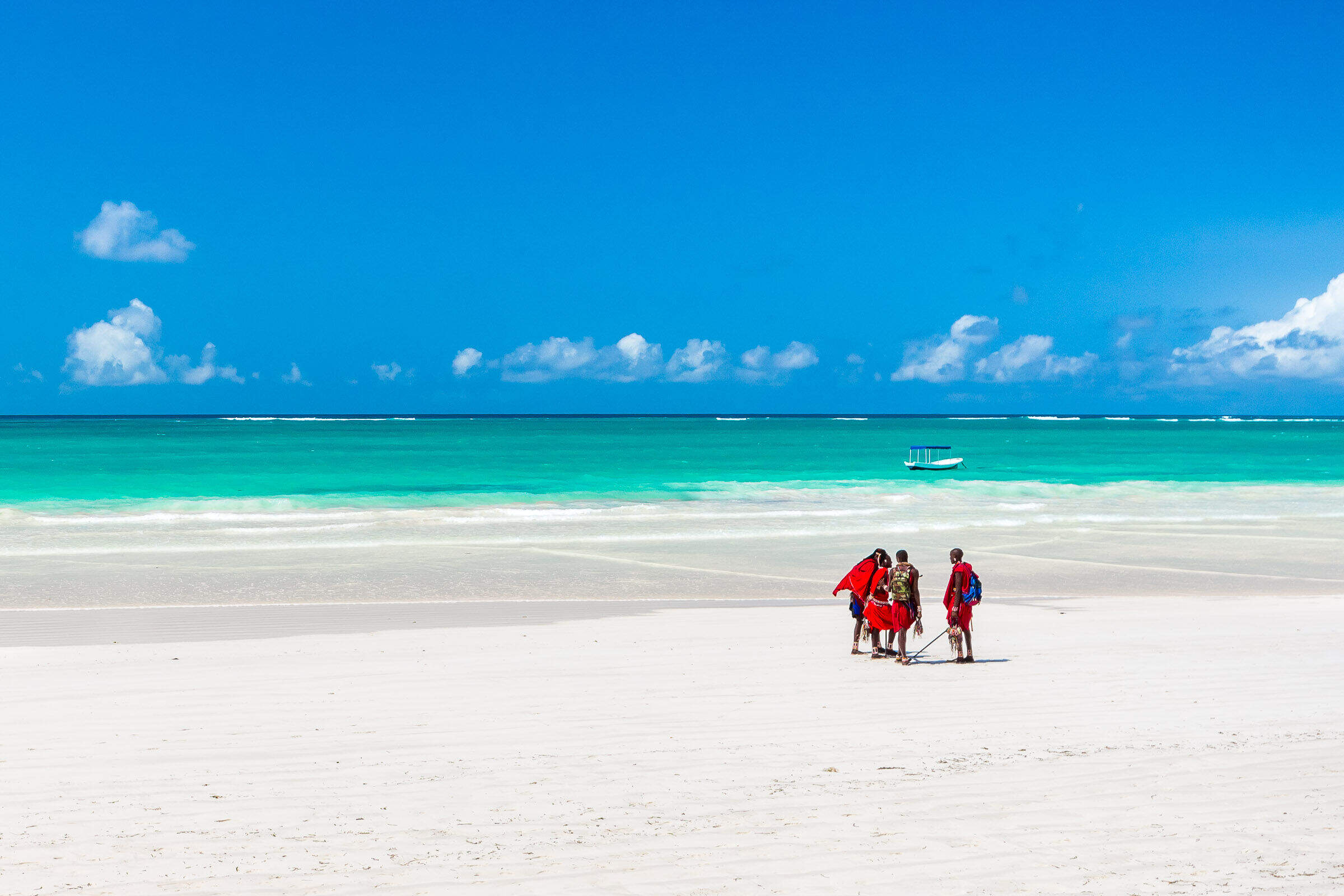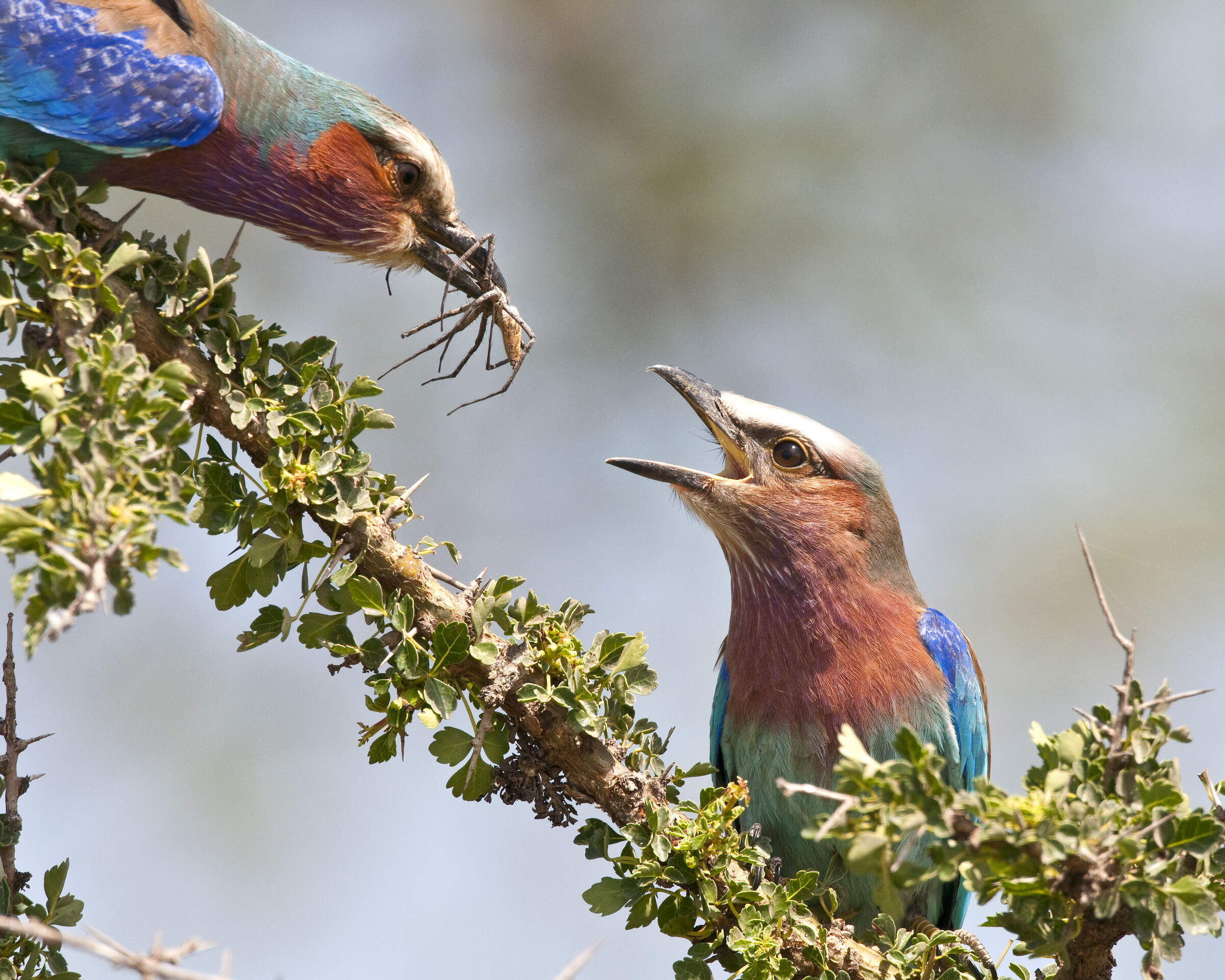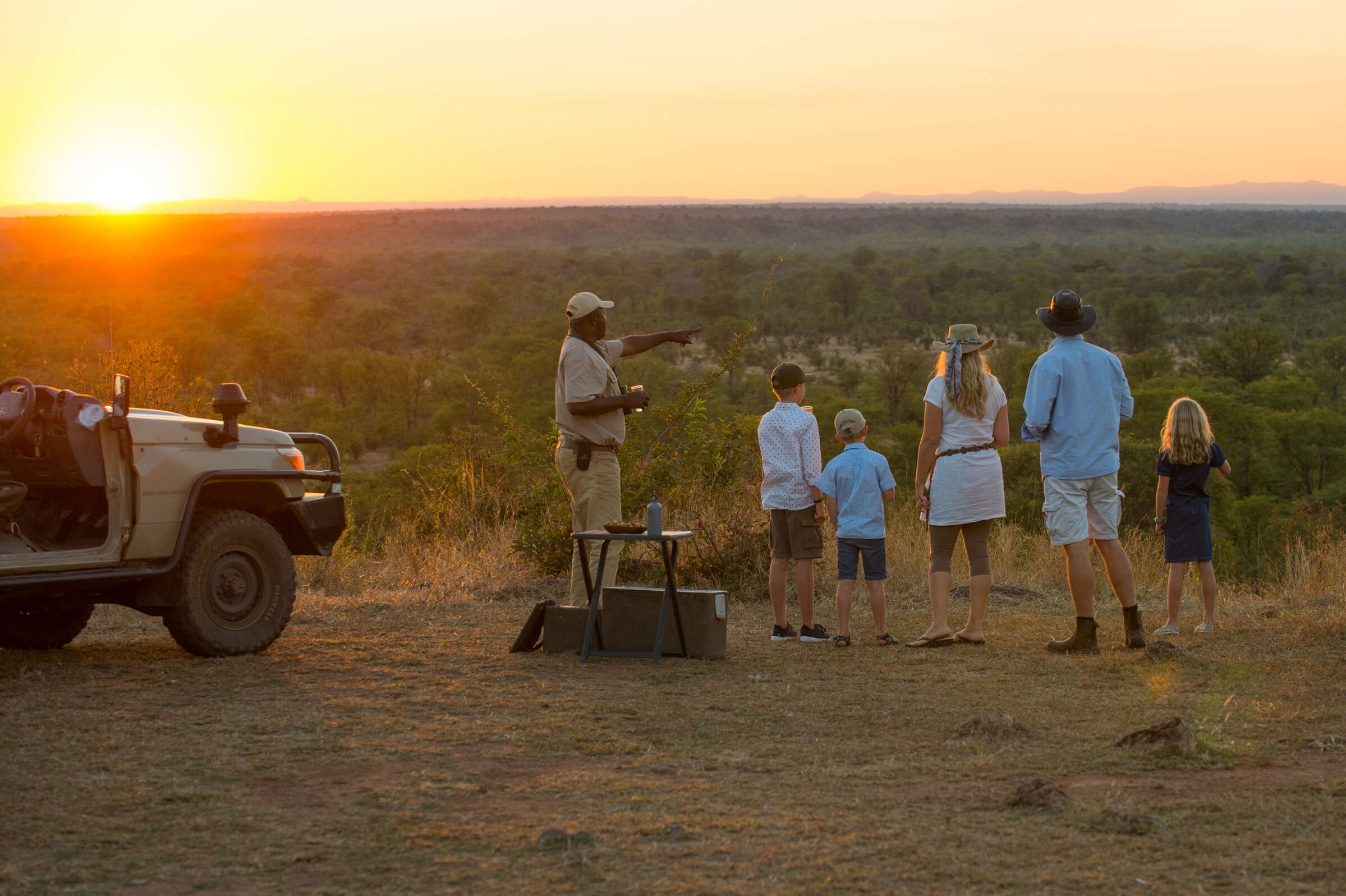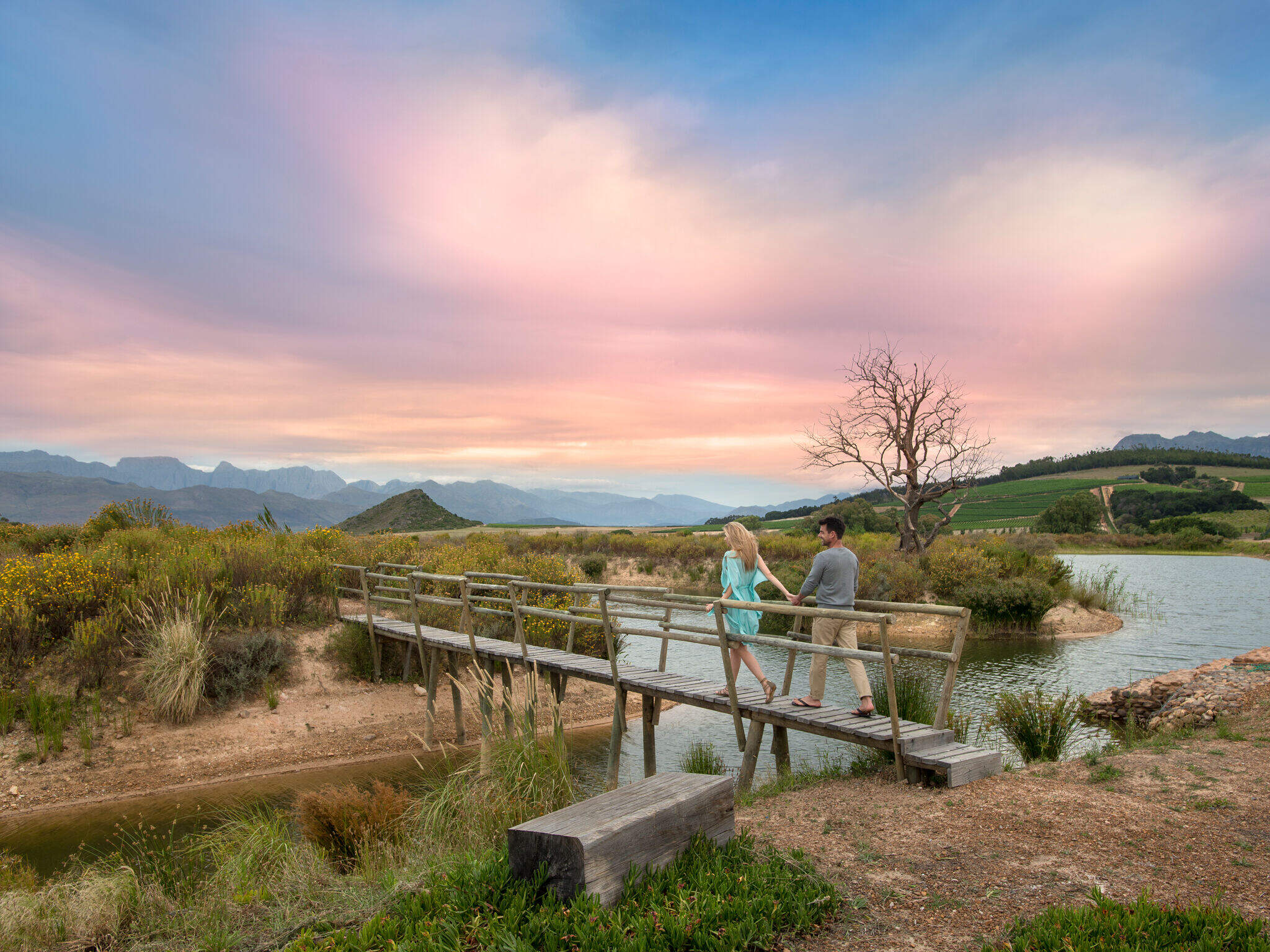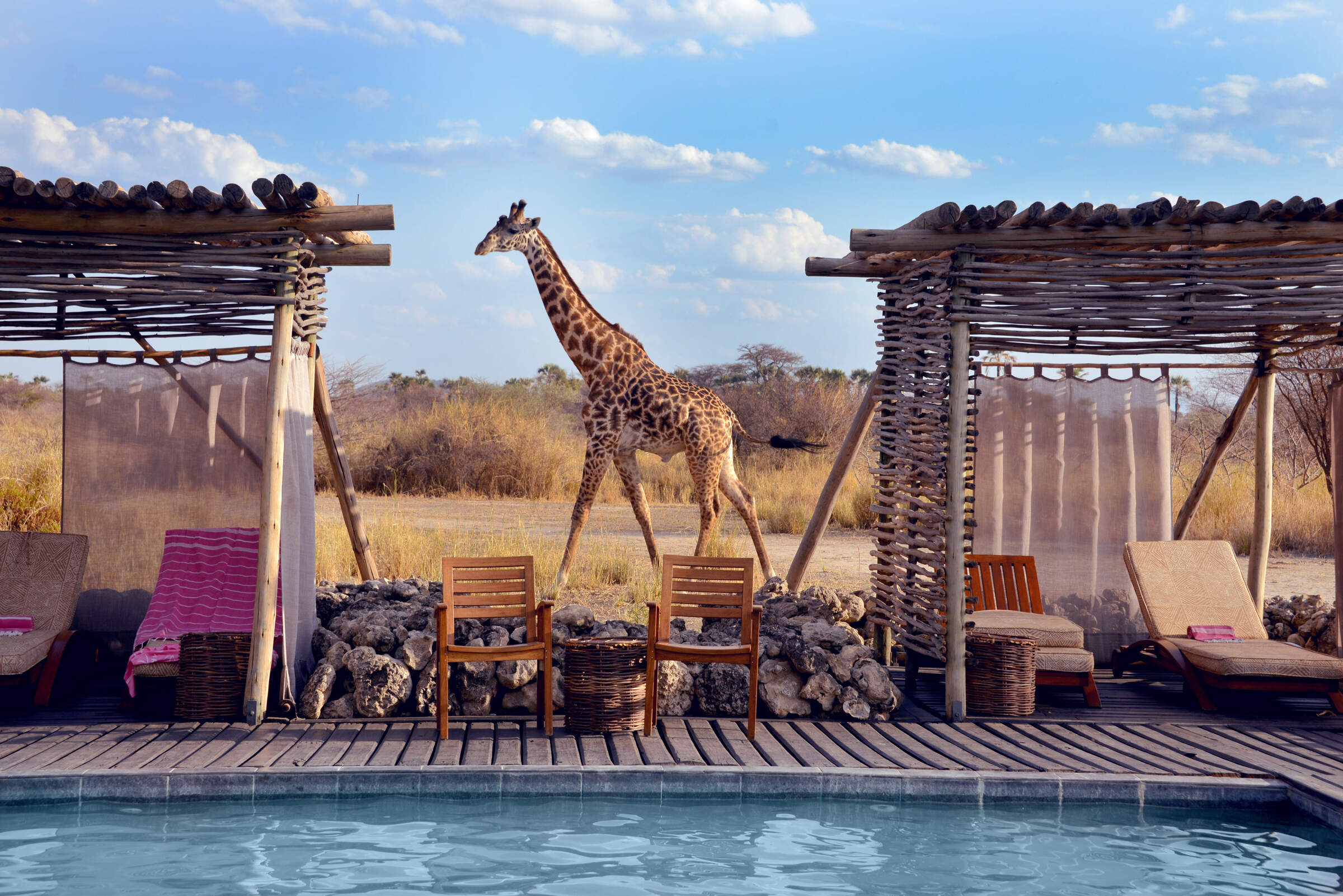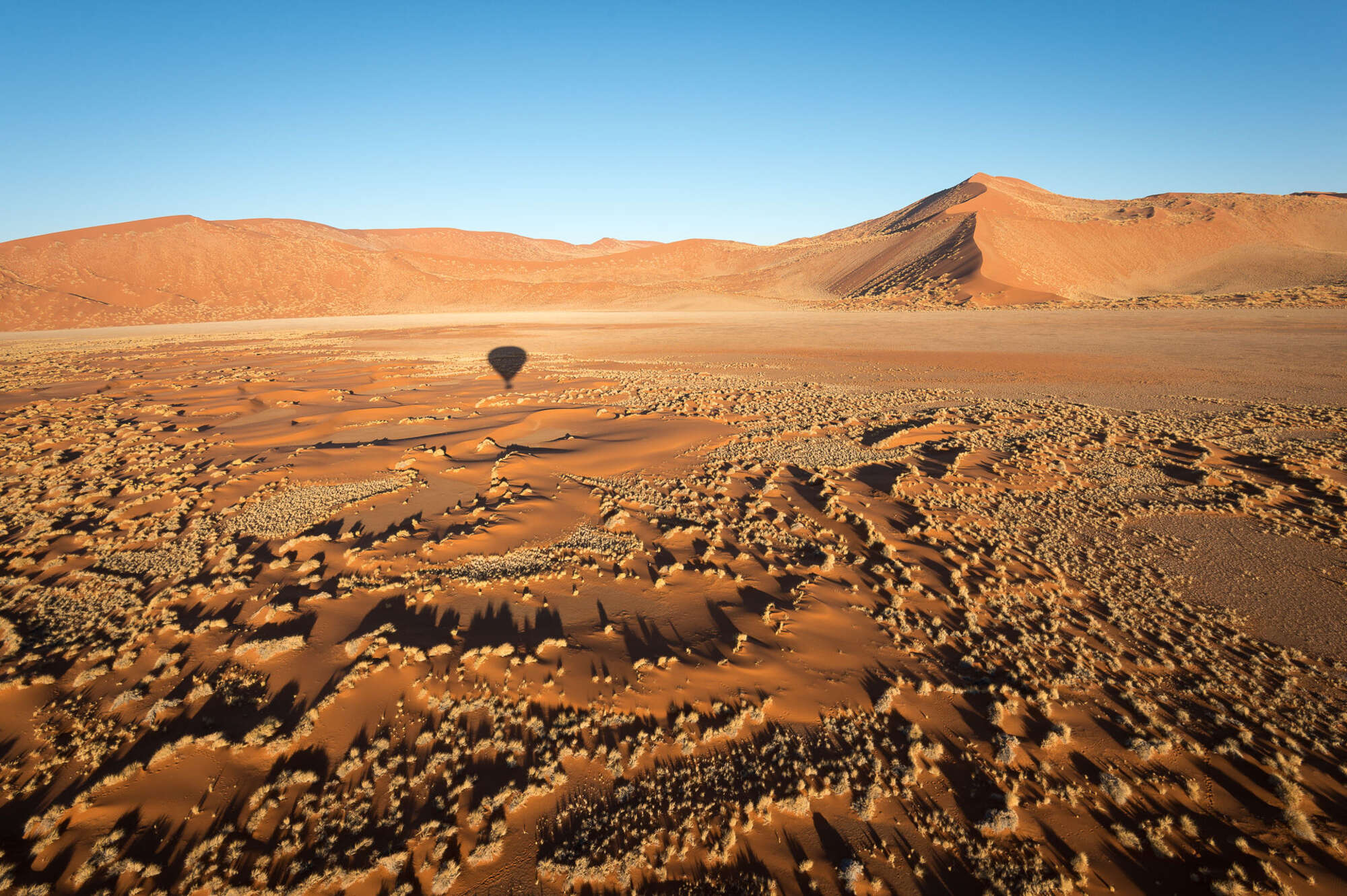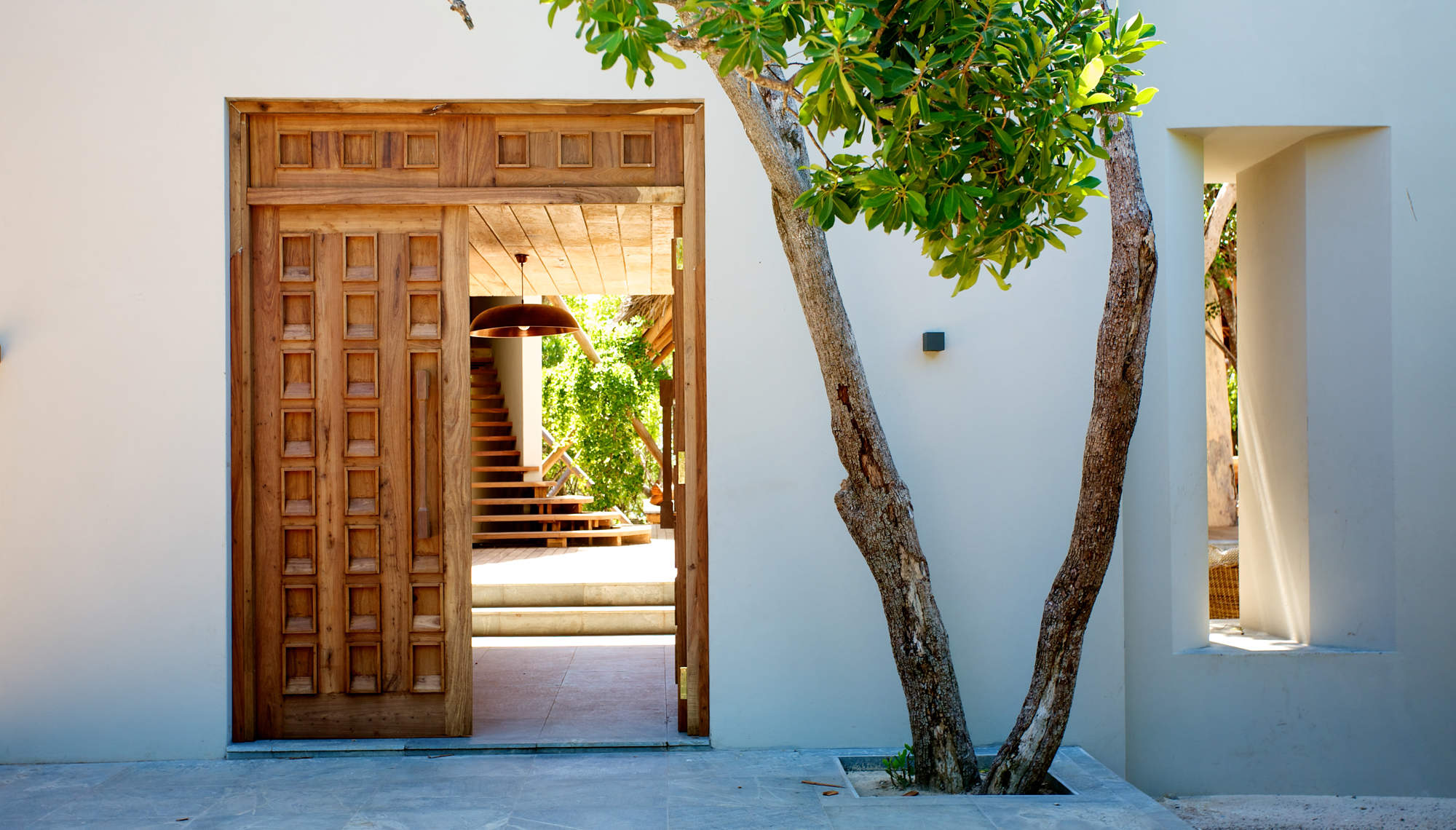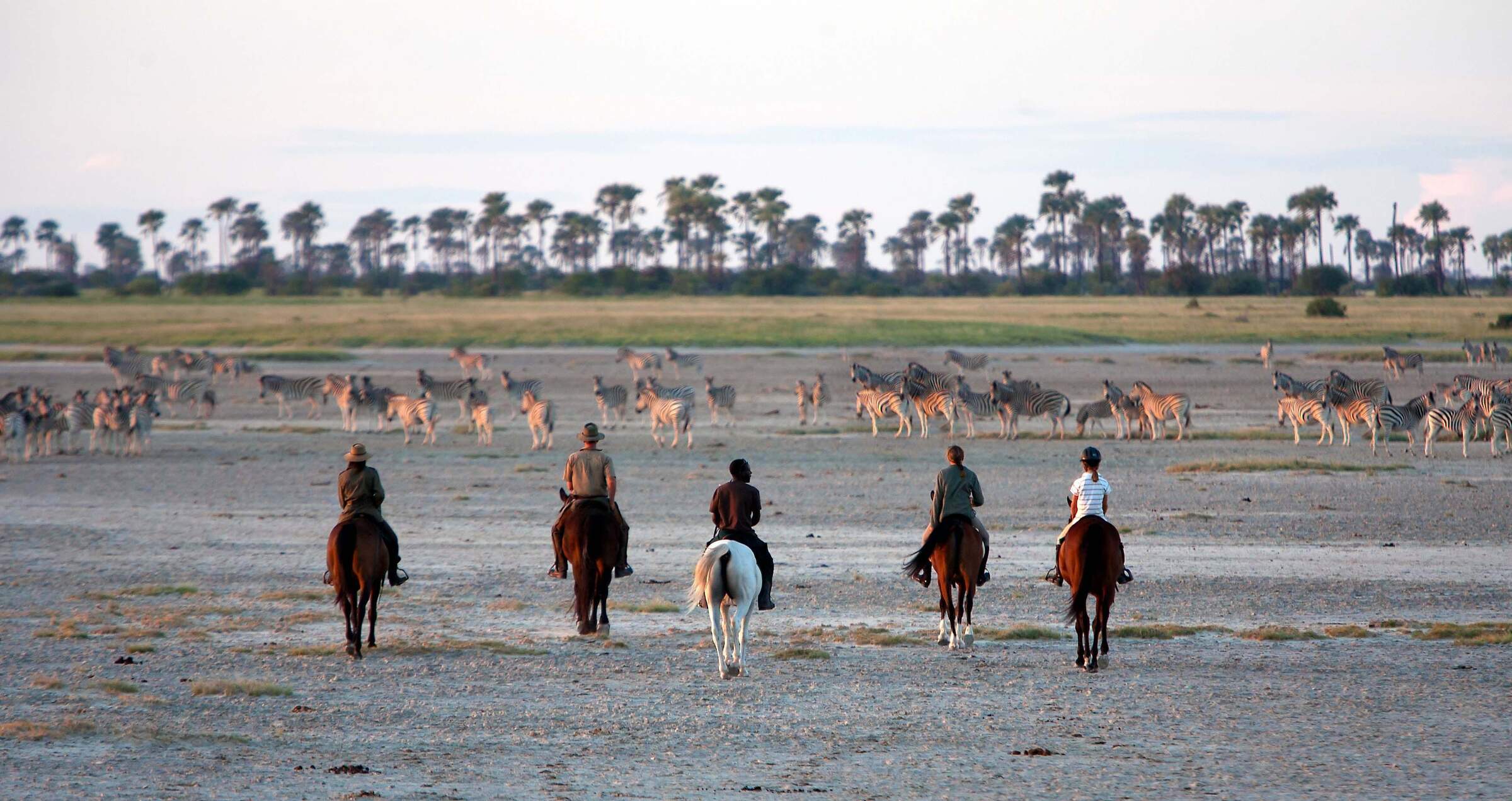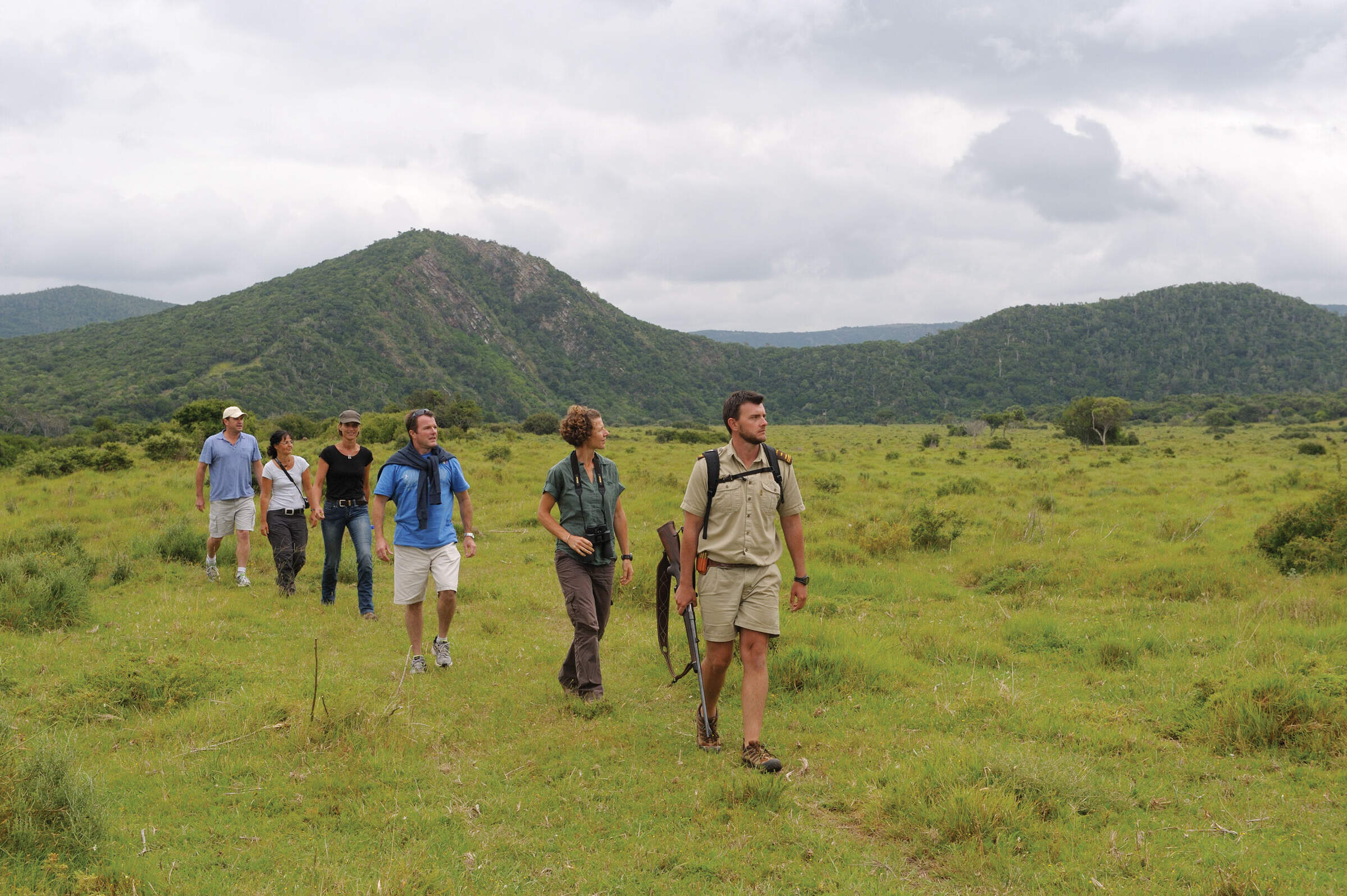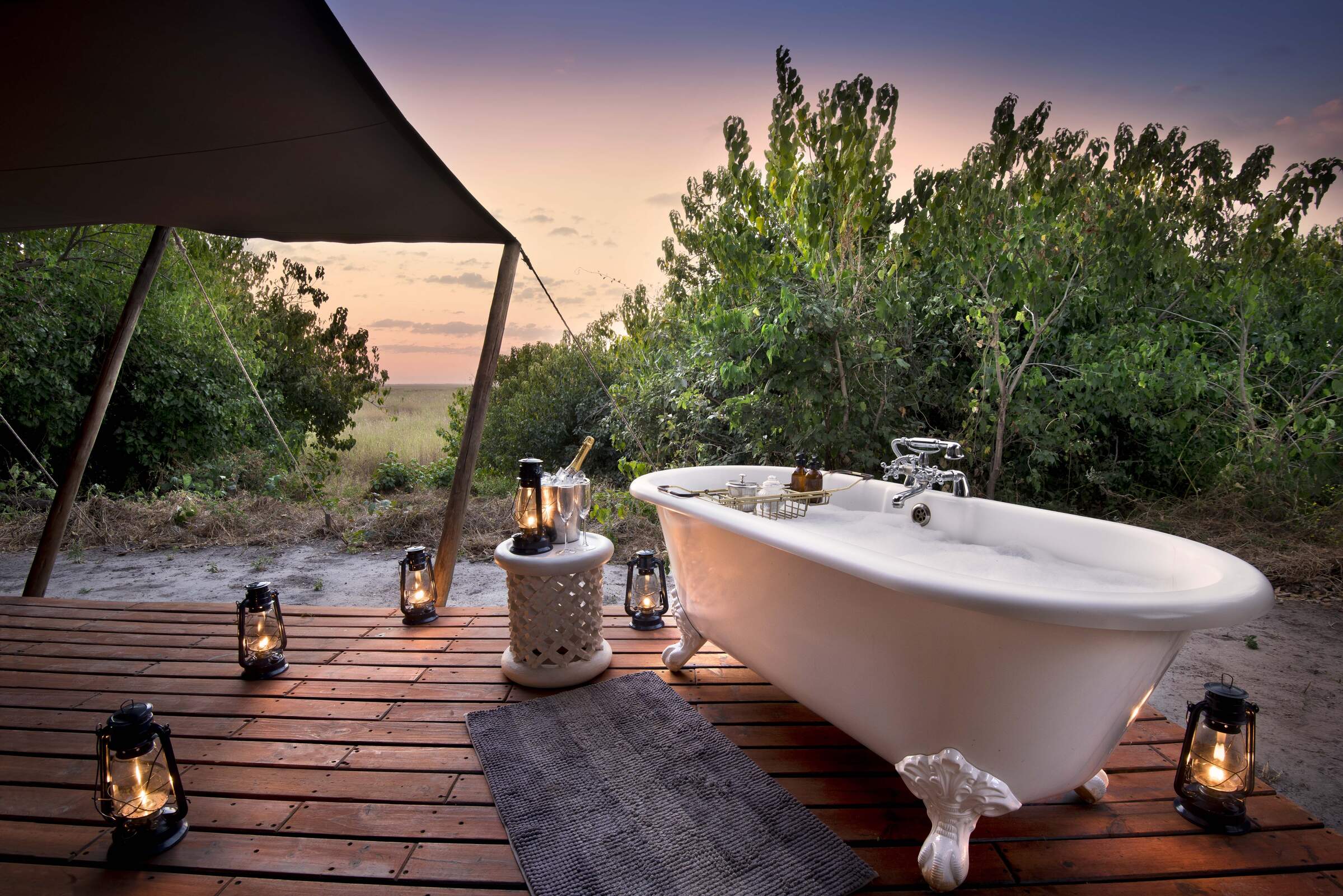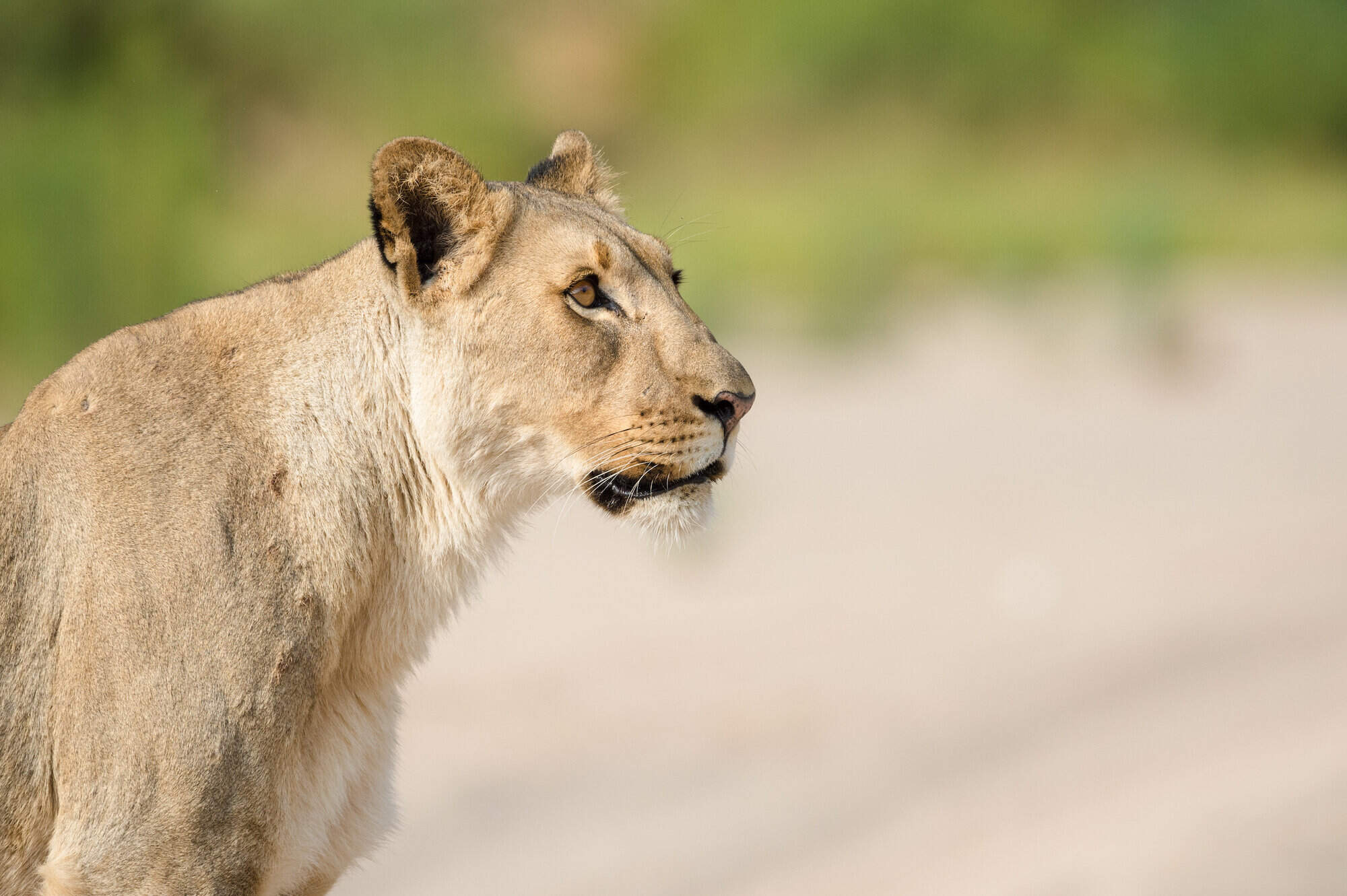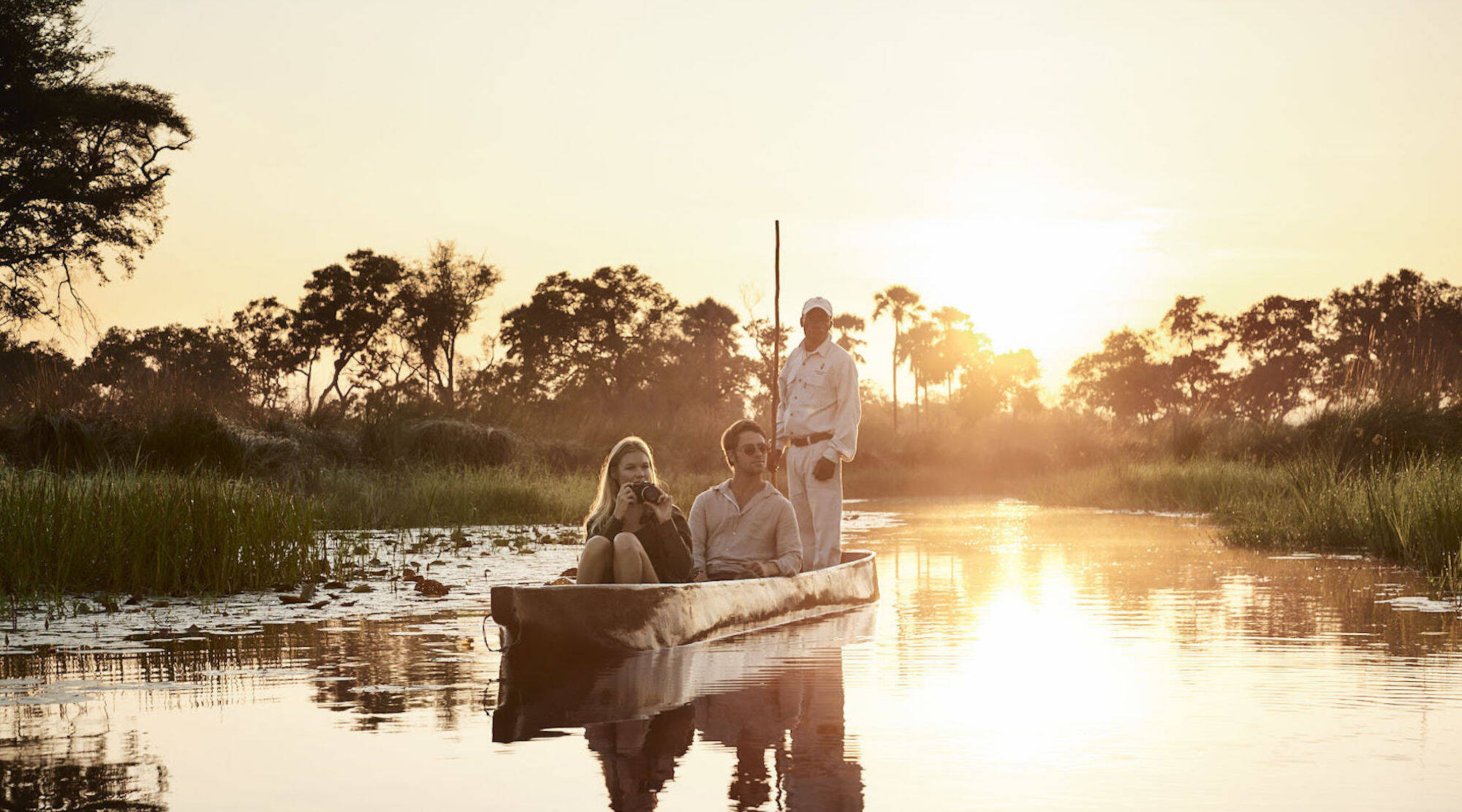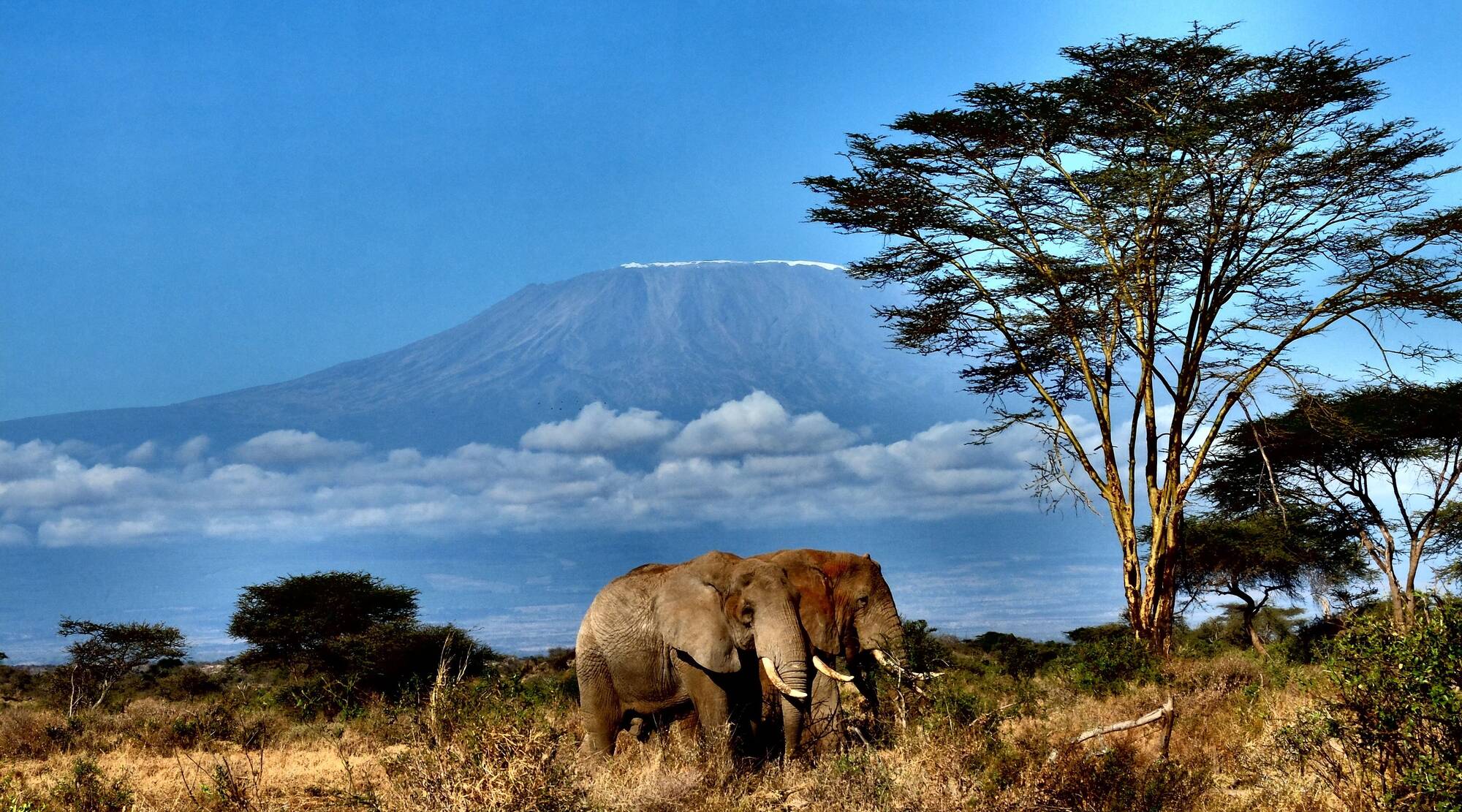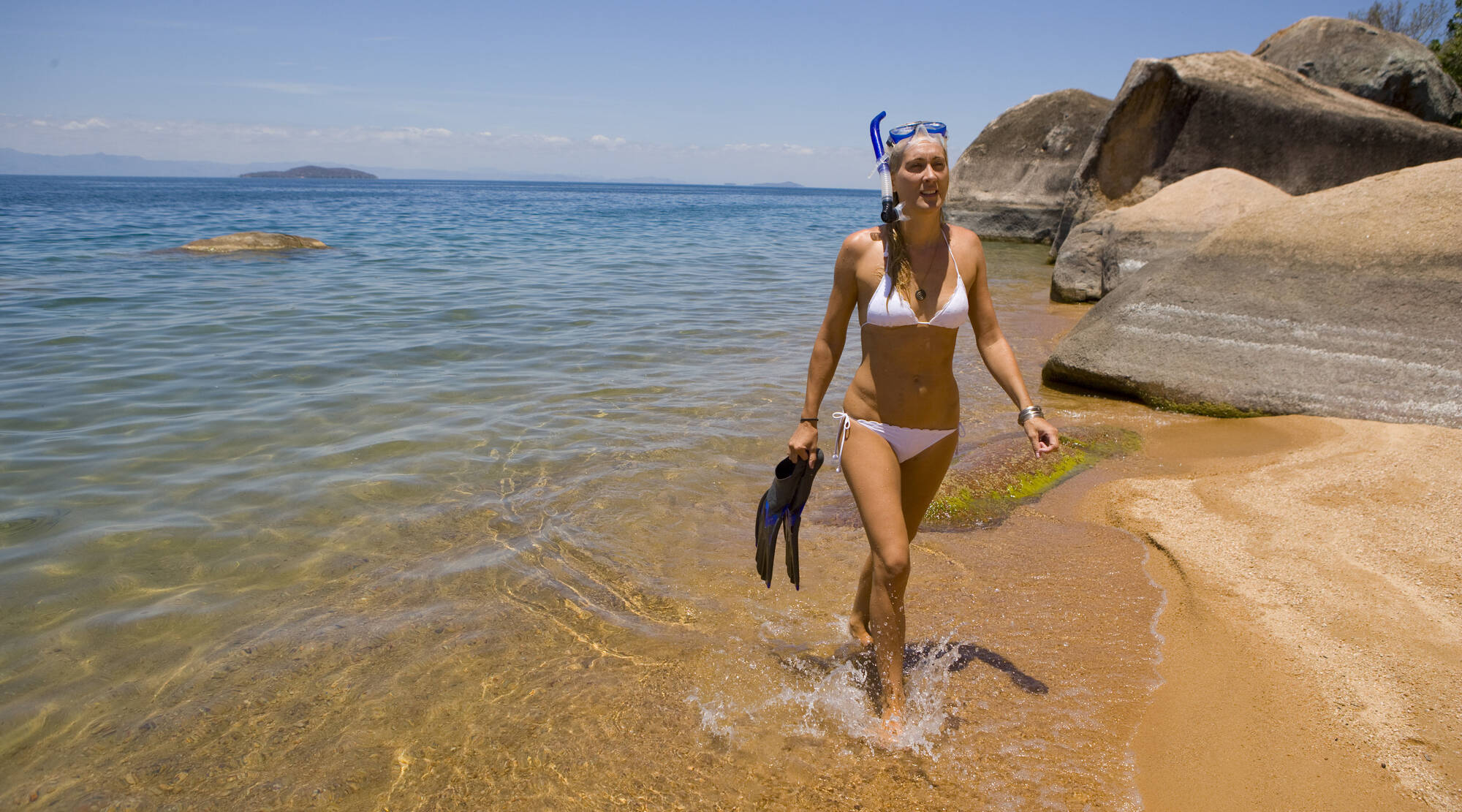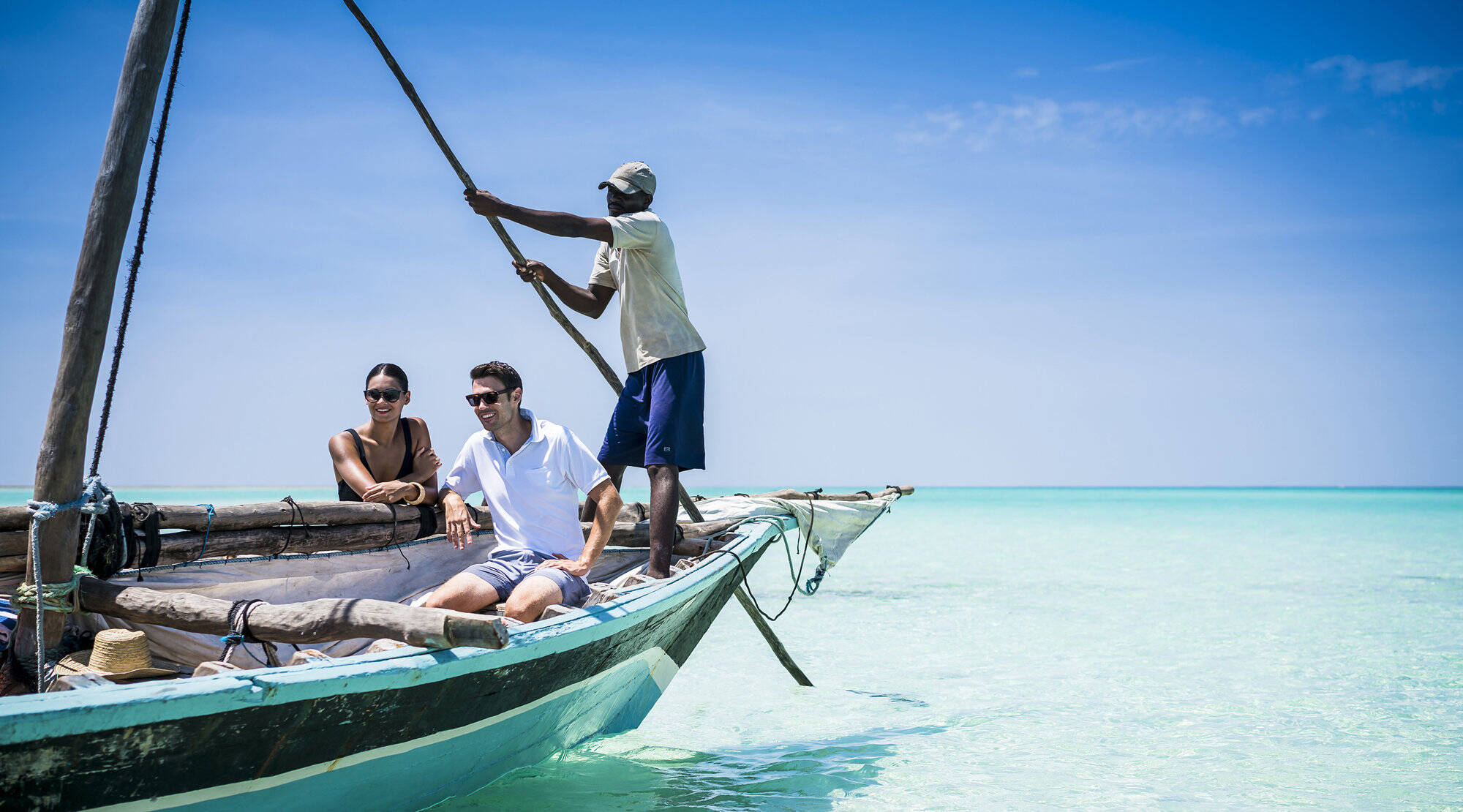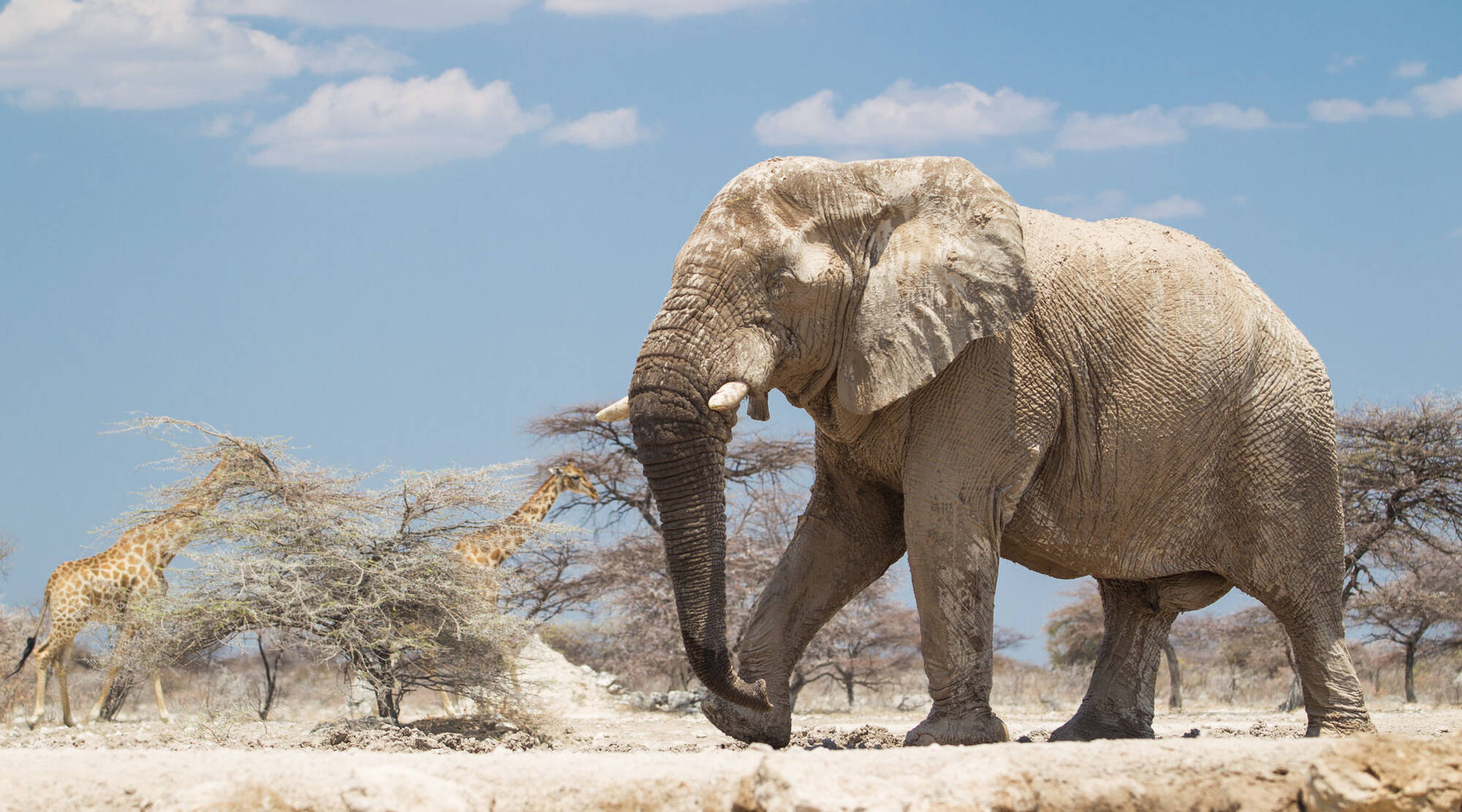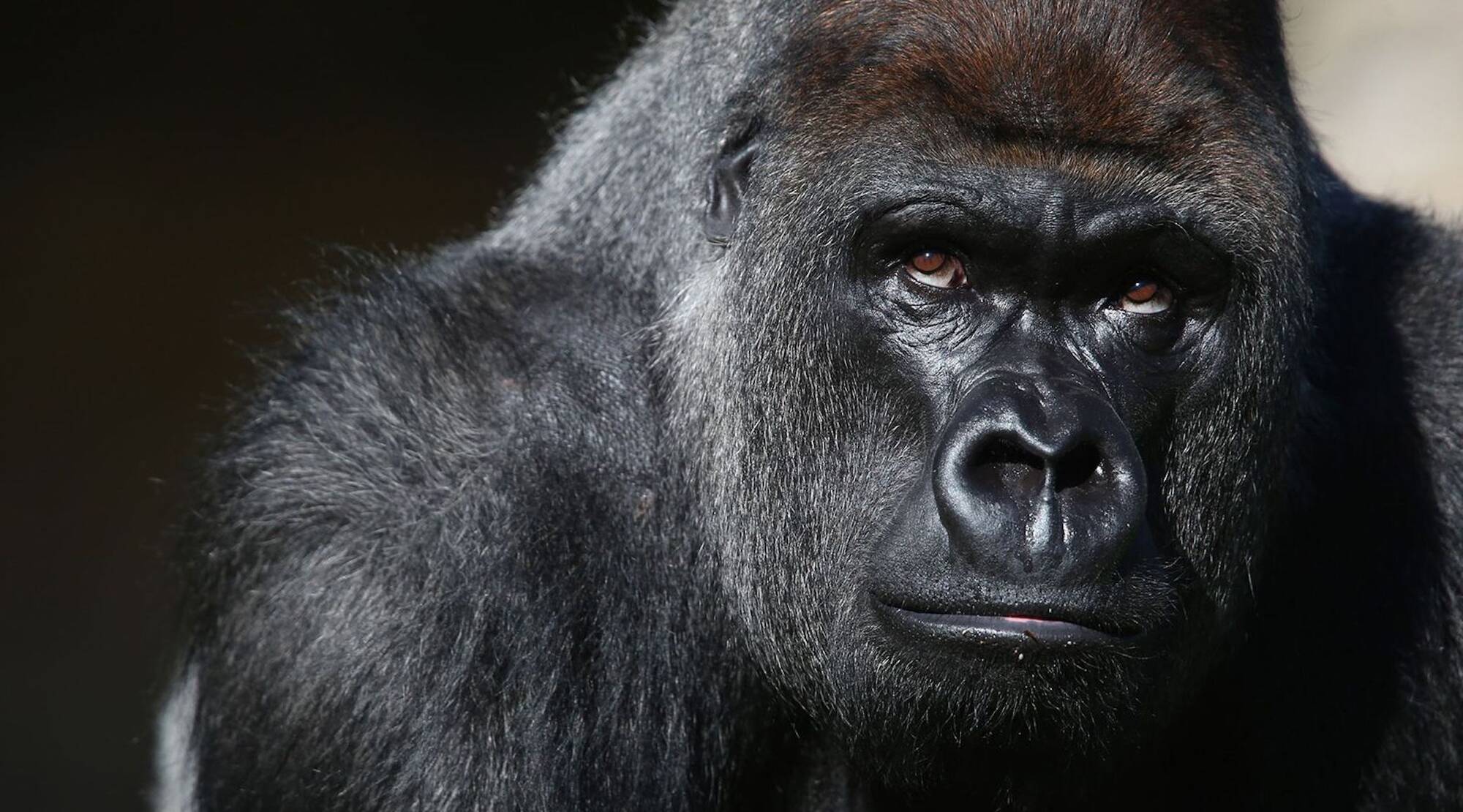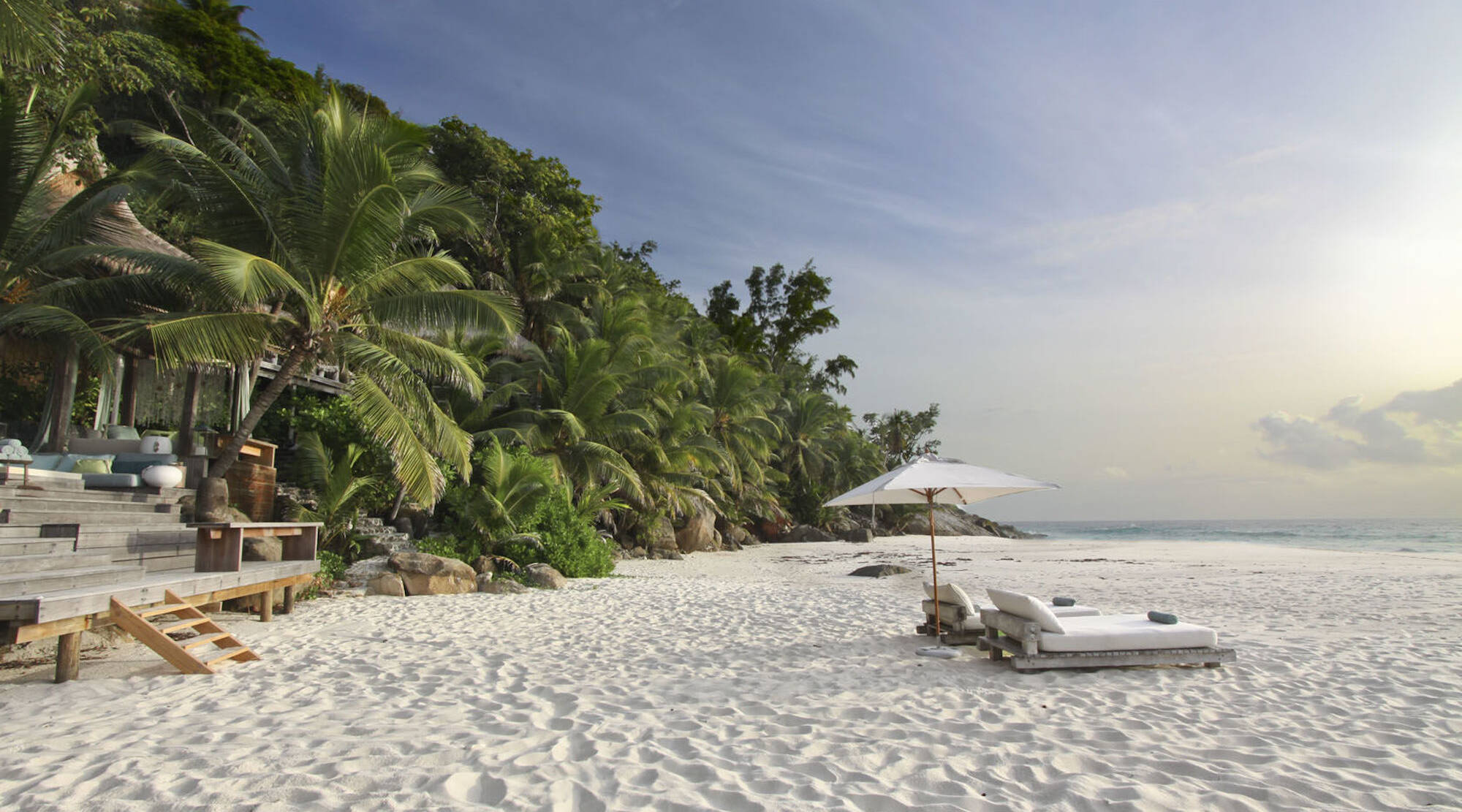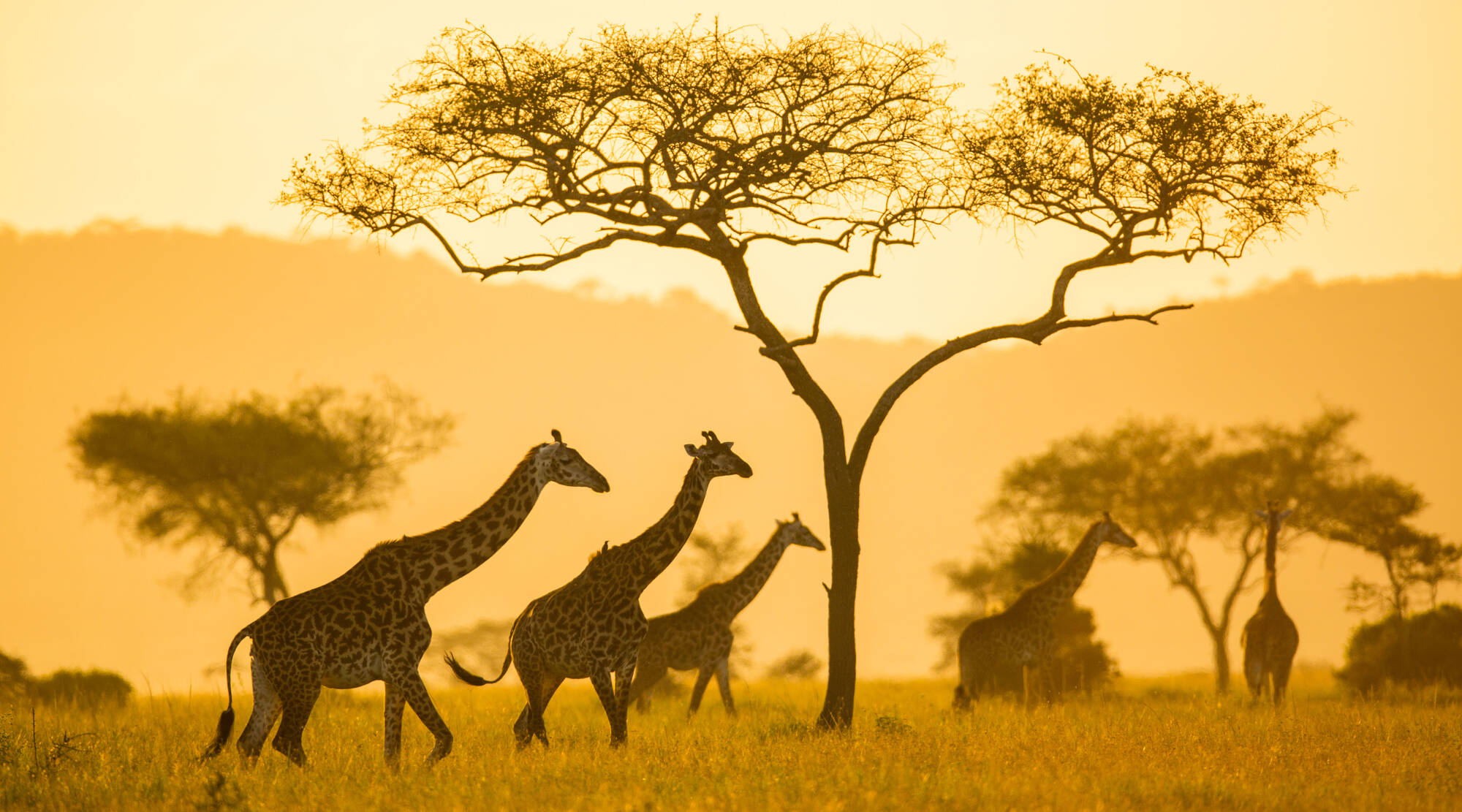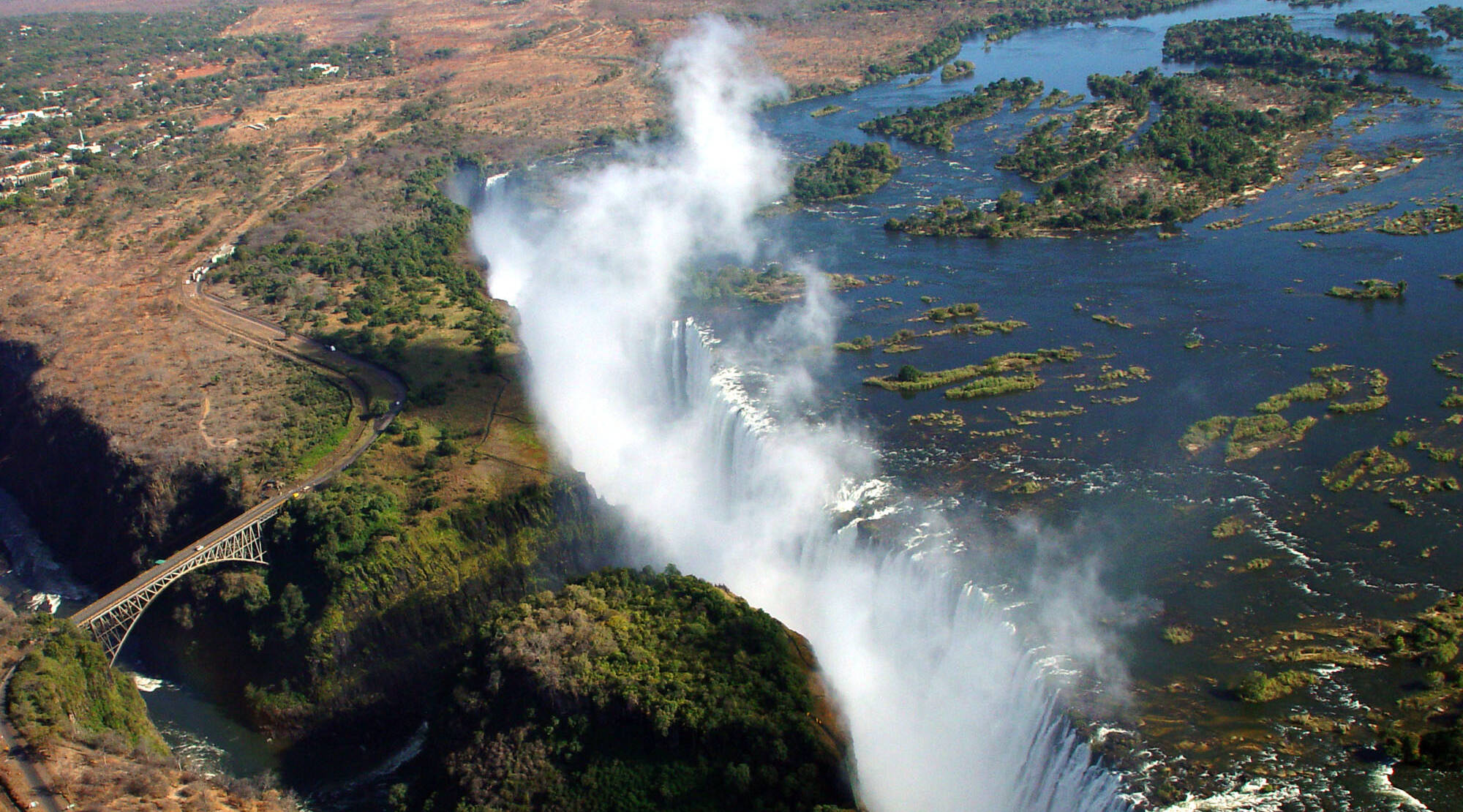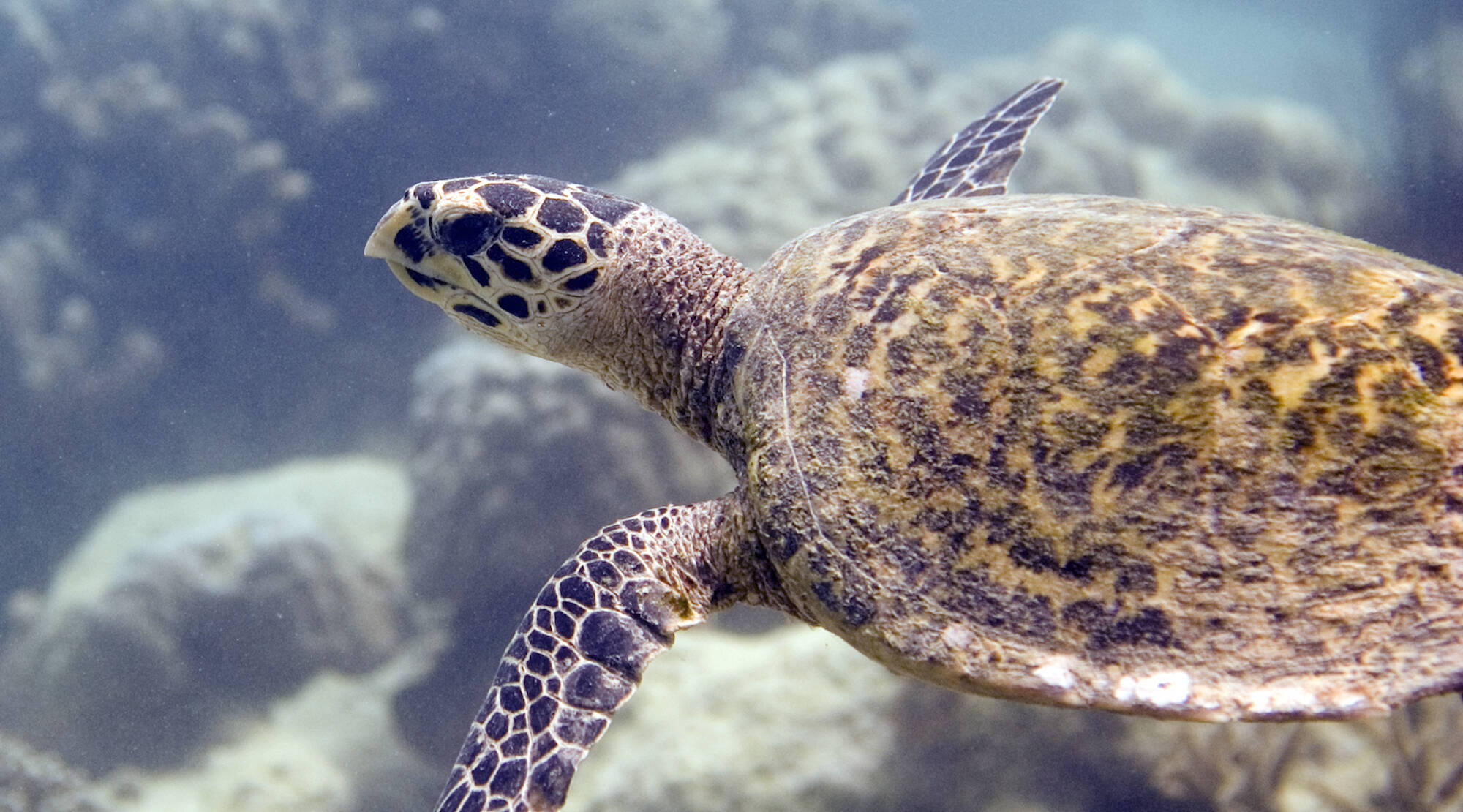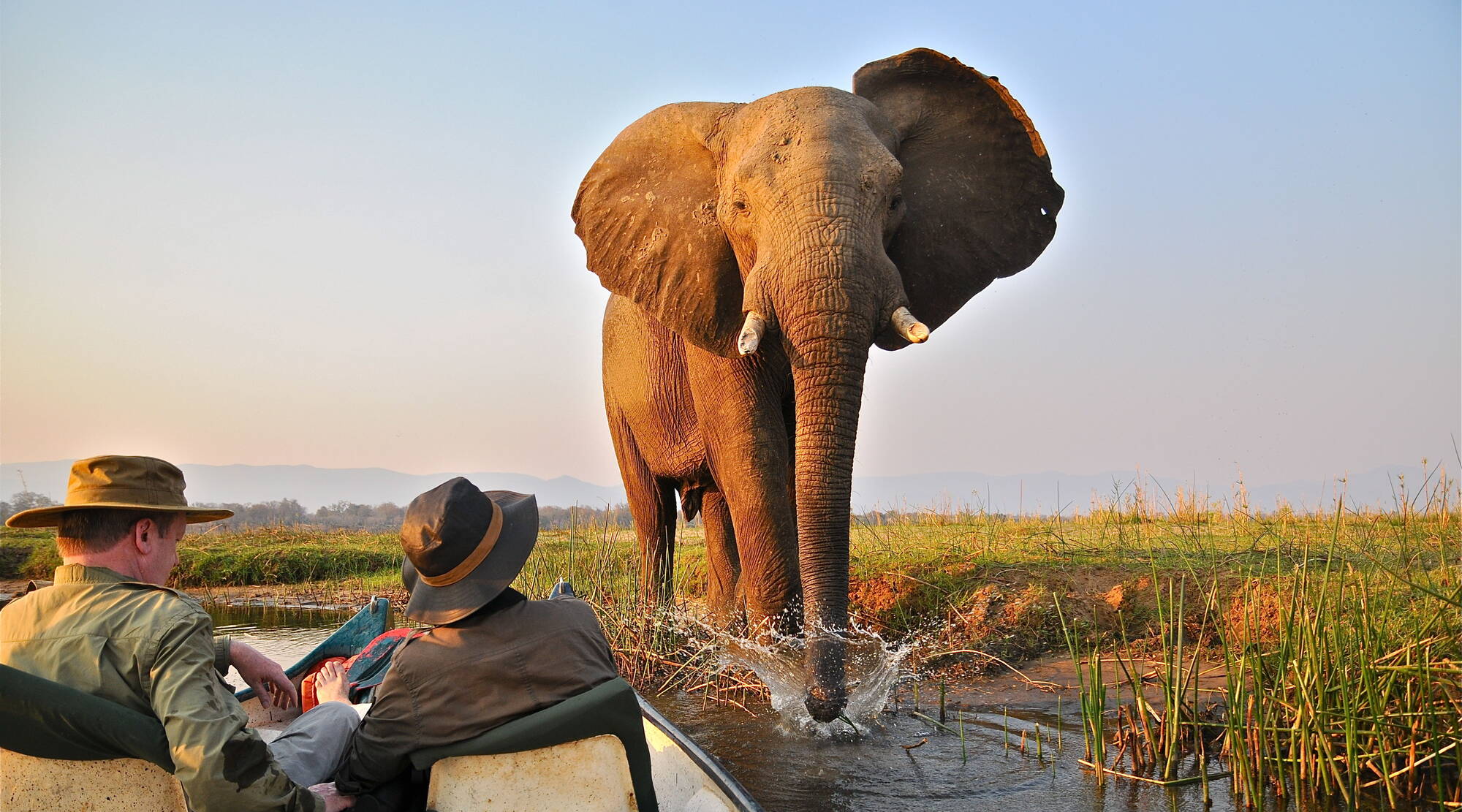South Africa holidays and tours
Bounded by two oceans, South Africa is both sophisticated and wild, framed by a landscape of staggering natural beauty.
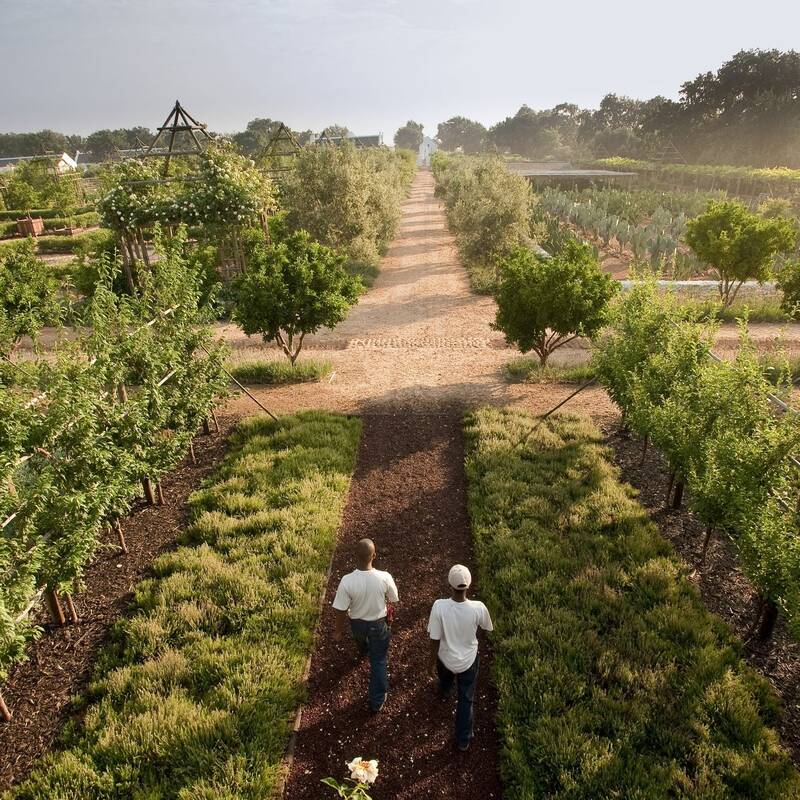
From rust-red, Kalahari sand dunes to protea-filled fynbos, over scenic mountain passes, through sweeping Karoo plains and past pristine golden beaches, South Africa is as diverse as it is spectacular.
Cosmopolitan Cape Town, beneath iconic Table Mountain, is the starting point for many trips, be they foodie forays into the Winelands, gentle road-trips along the Garden Route or exhilarating journeys to off-beat national parks.
On sea and on land, South Africa puts the magic into wildlife safaris. Black-maned lions top the undulating dunes Kgalagadi Transfrontier Park; protected rhino roam free in vast private reserves; cheetah sprint across the Karoo’s open plains.
Watch in wonder as whales pass through Hermanus on migration. See dolphins leap and play around Plettenberg Bay or endearing African penguins as they swim and waddle on the beaches of the Cape.
World-class cuisine – in acclaimed vineyard restaurants, passionately local, farm-to-fork bistros and deeply relaxed fireside braais – remains ardently authentic to their African roots.
Farmers’ markets overflow with colourful seasonal produce and passionate producers, making picnics and pit-stops on road trips an utter joy.
Whether sipping sparkling wine amid Franschhoek’s manicured vines, sharing platters of piri-piri prawns by the crashing Atlantic, or flame-grilling your own fillet steak in a starlit campsite, your tastebuds are in for a treat.
Speak to one of our Experts to start planning your dream South Africa holiday.
South Africa’s key destinations
Set against the spectacular backdrop of Table Mountain, Cape Town is a must for most visitors: a vibrant city with beautiful beaches, superb restaurants and the historic Robben Island. Fanning out from the city, South Africa’s Winelands welcome visitors to world-class vineyards amidst picturesque hills, while continuing east on a beautiful, wild stretch of coastline, Hermanus is one of the best places in the world to watch whales from land. Whales feature, too, from the fynbos-rich reserves of De Hoop, backed by towering sand dunes, and Grootbos, with its ancient milkwood forests, while many self-drivers are drawn to the Garden Route to explore some 125 miles of lush forests, lagoons and pristine beaches. For adventurous self-drivers, the lure of the Kalahari is strong, epitomised by the huge Kgalagadi Transfrontier Park, whose red dunes and dry river valleys are home to wildlife aplenty. Or seek out superb big game at Kwandwe, a stylish safari stop with a true wilderness feel.
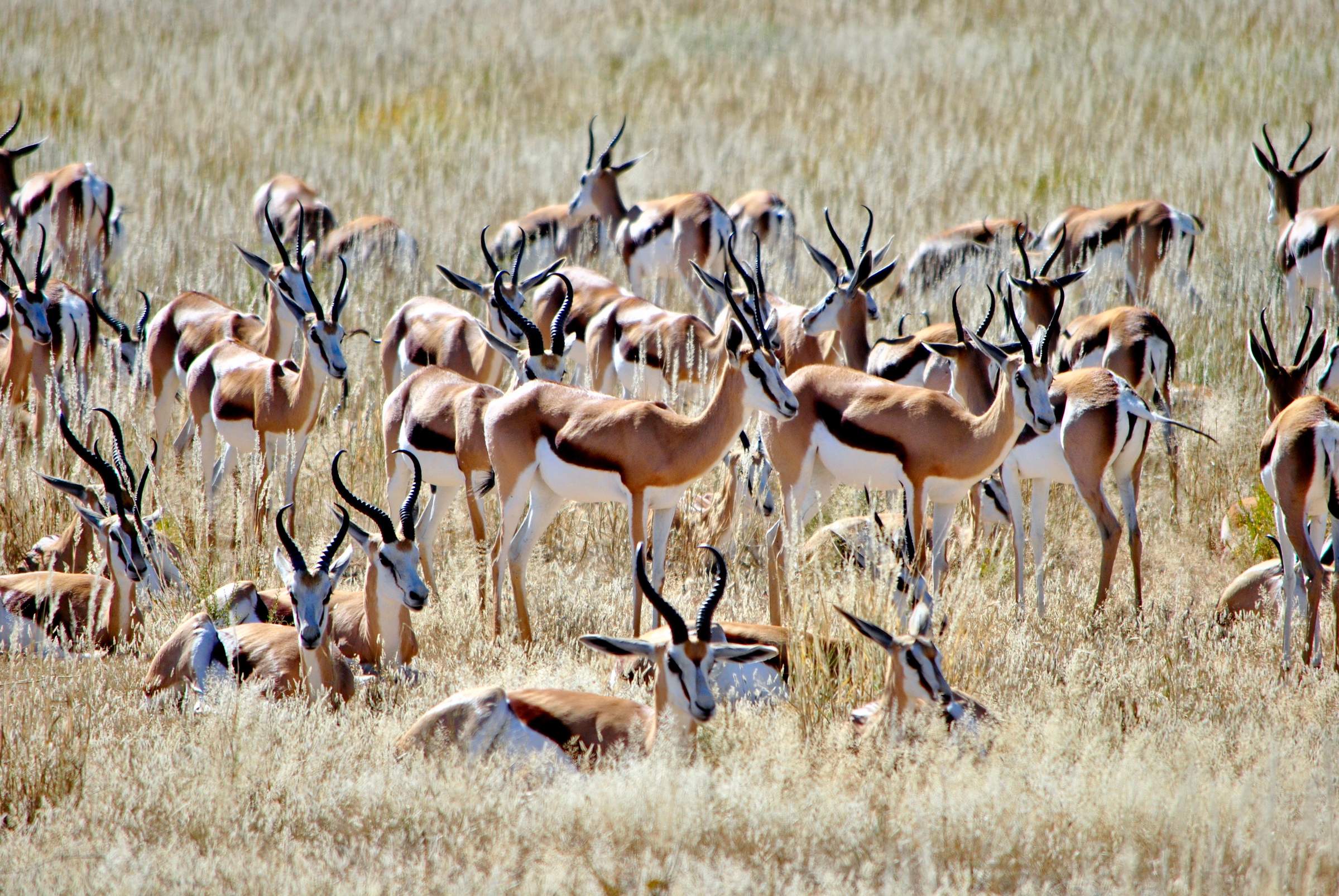
Kgalagadi
14 places to stay
A huge, off-beat park of red Kalahari dunes and dry river valleys which reward self-drive enthusiasts who take their time.

Cape Town
14 places to stay
Set against the spectacular backdrop of Table Mountain, Cape Town delivers on so many fronts that it’s a must for most visitors.
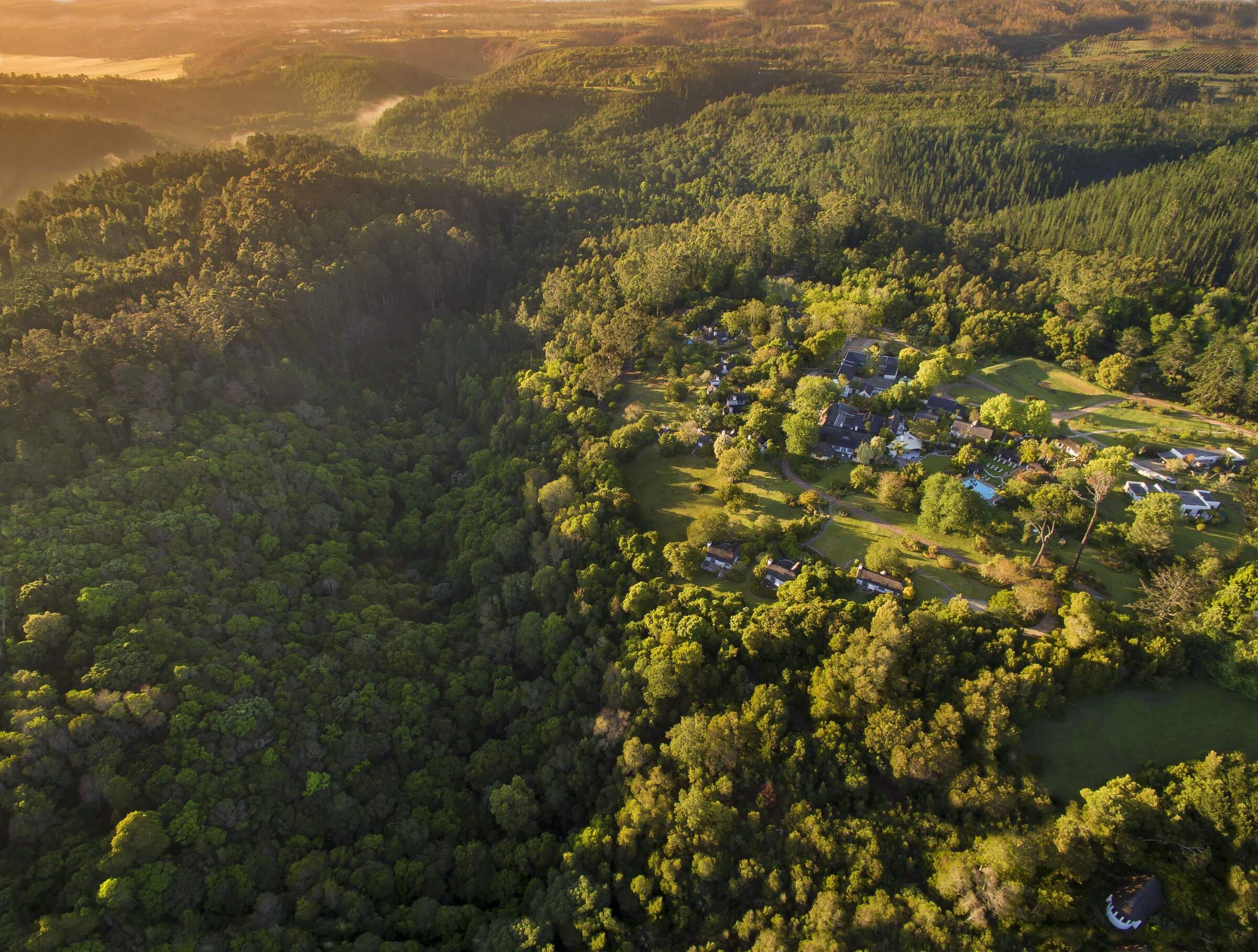
Garden Route | Plettenberg
8 places to stay
Plettenberg Bay is a lovely seaside town in an area notable for its beaches and nature reserves.

Winelands
7 places to stay
Fanning out into the hills around Cape Town, many of South Africa’s top vineyards welcome visitors to taste their wines.
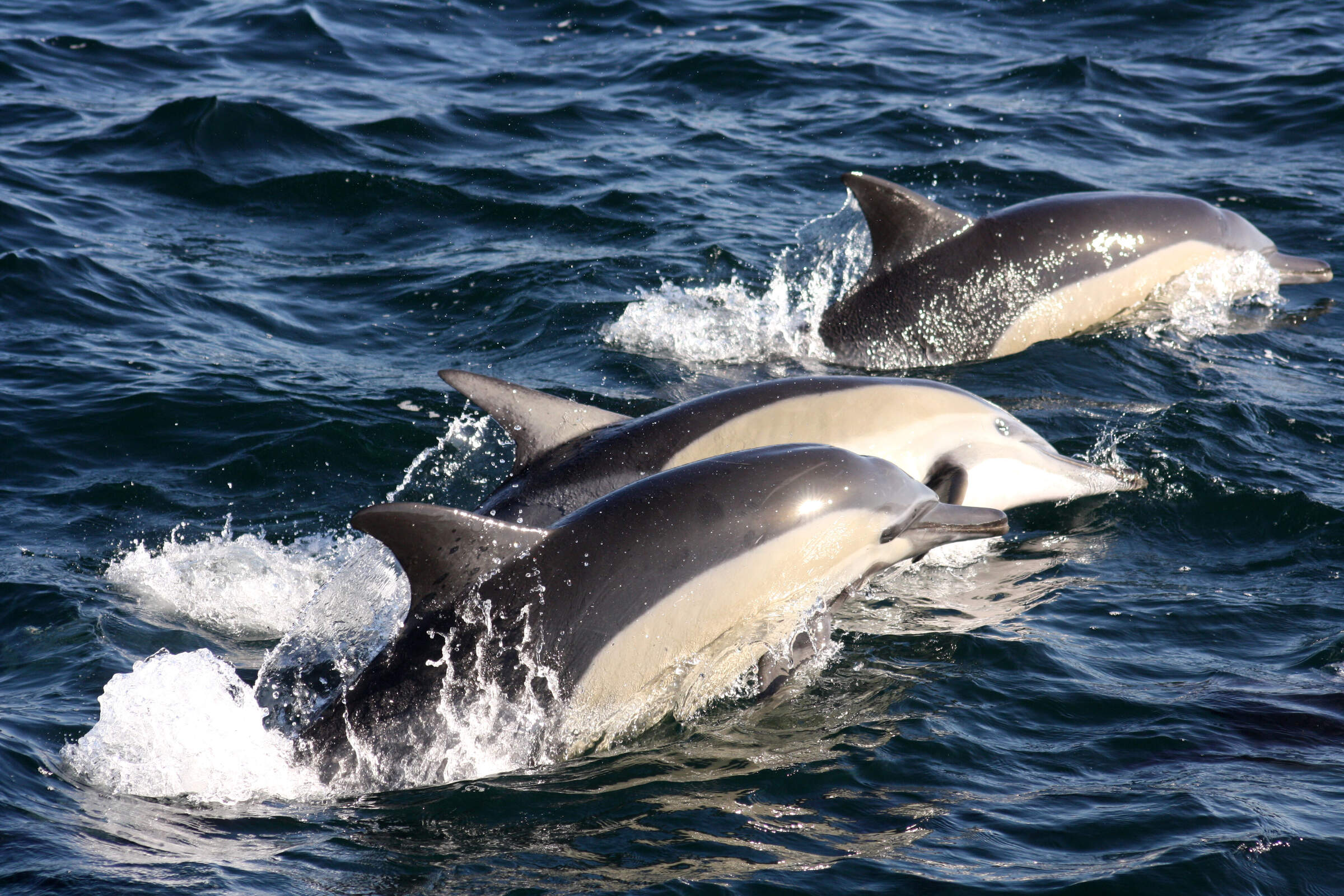
Hermanus
6 places to stay
Taking centre stage on a beautiful, wild stretch of coastline, Hermanus is one of the world’s best places to watch whales from land.
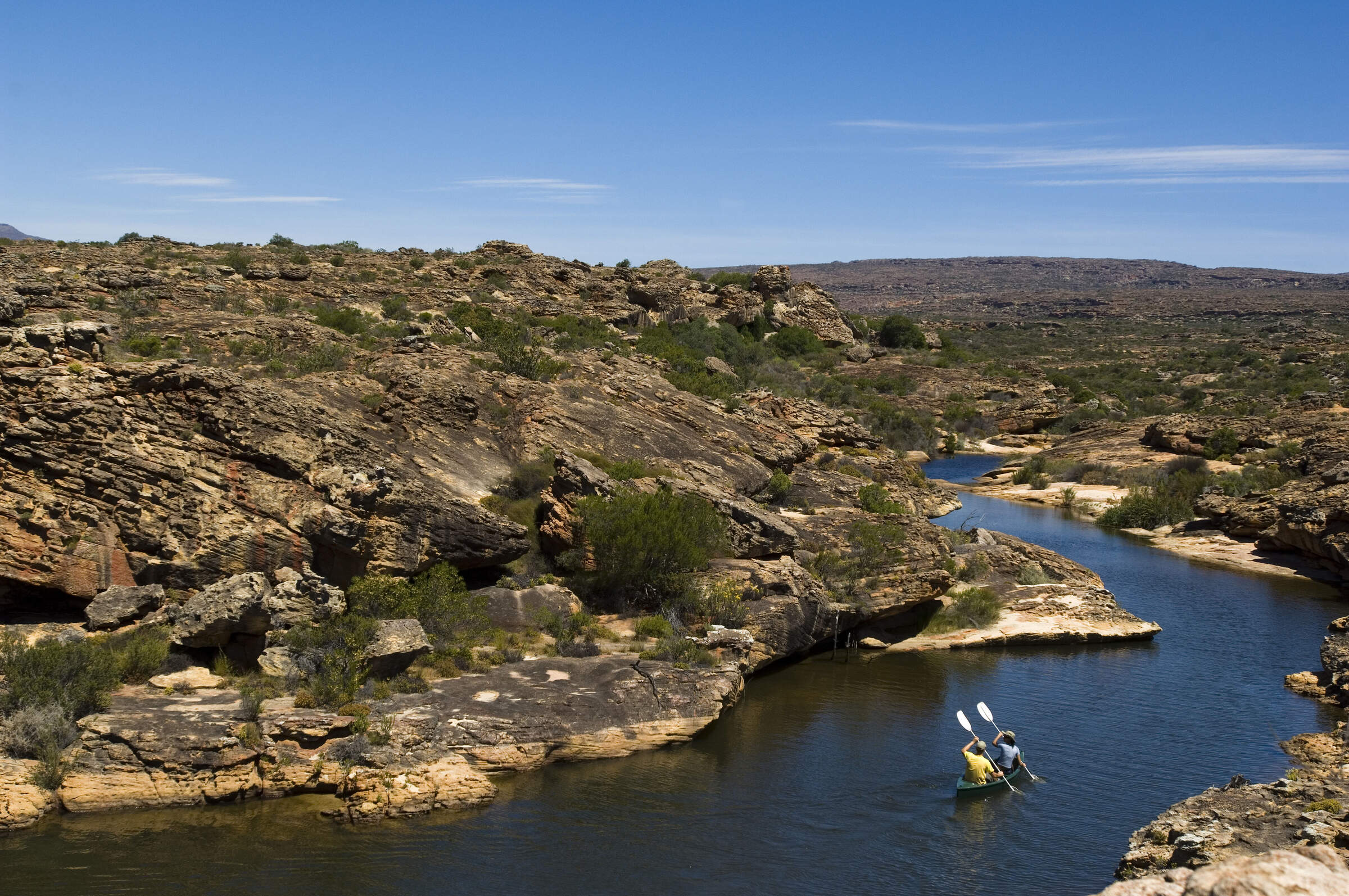
Namaqualand
6 places to stay
The fynbos of Namaqualand is quiet for most of the year but burst into life during the flower season (Aug-Sept), while the Cedarberg Mountains offer great hiking year round.
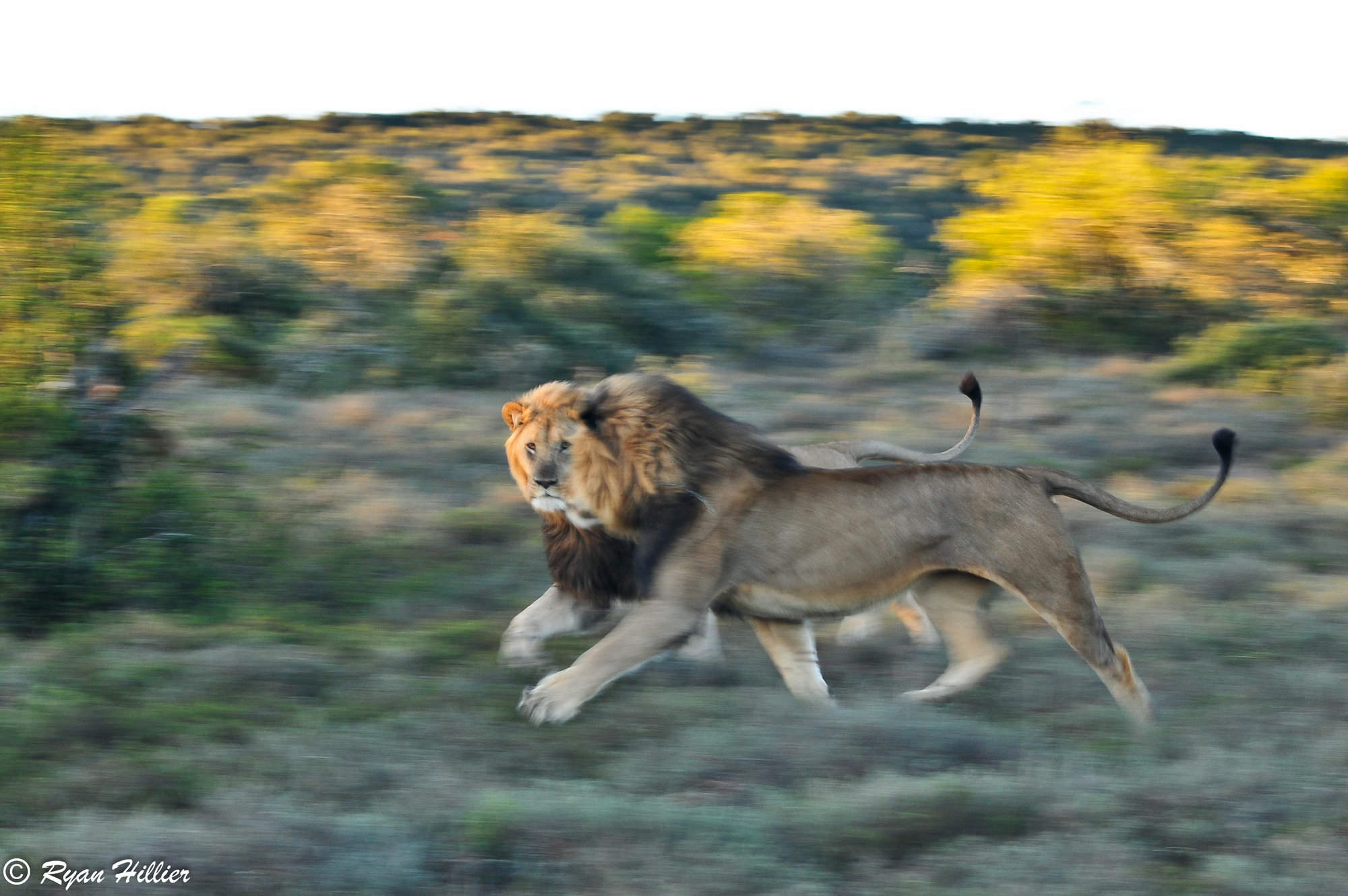
Kwandwe
5 places to stay
A superb big-game finale to a Garden Route trip, Kwandwe’s a stylish safari stop with a true wilderness feel.

Addo Elephant Park
6 places to stay
Captivating close encounters with elephants are guaranteed at Addo Elephant National Park: a gentle and affordable Eastern Cape game experience.
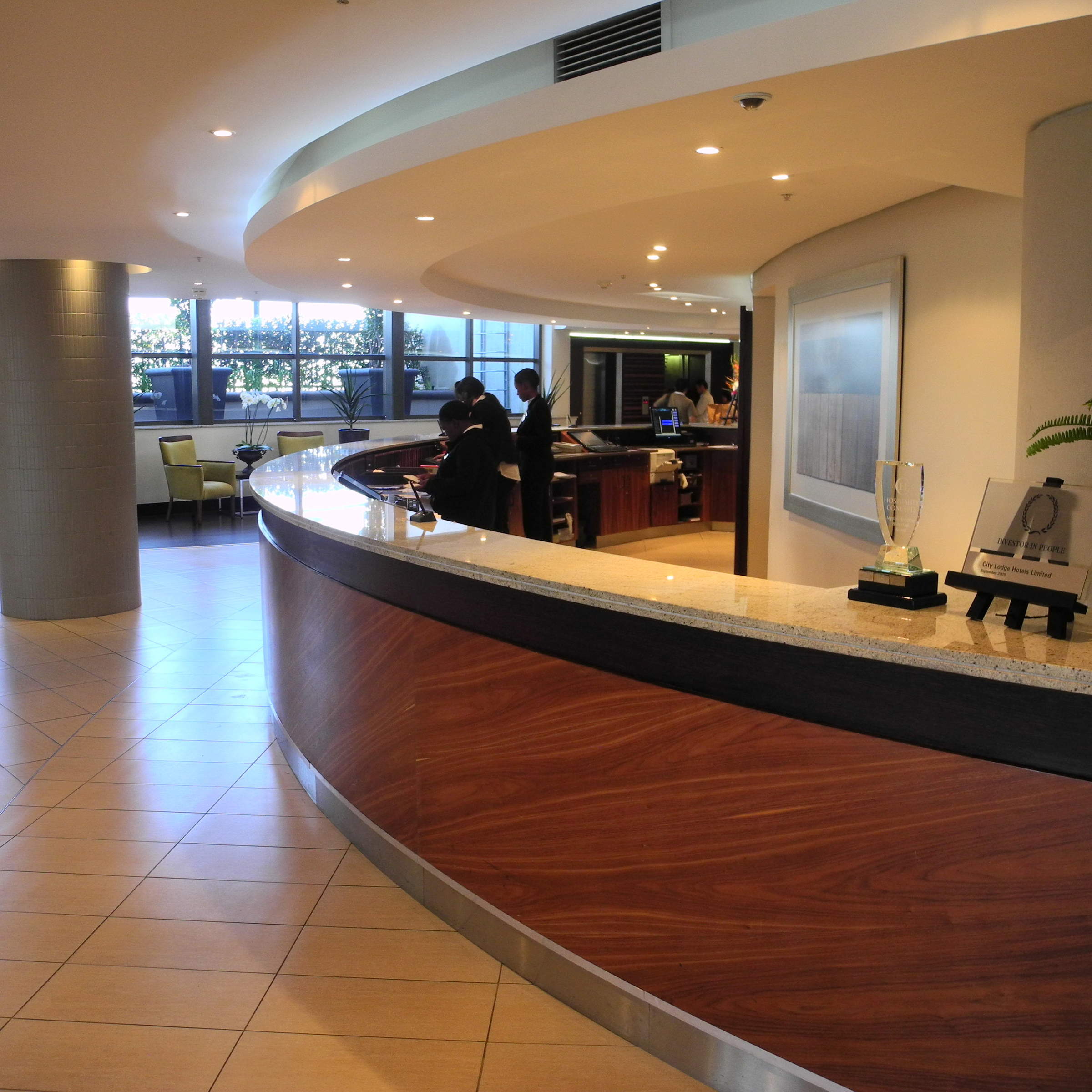
Johannesburg
4 places to stay
Johannesburg's O.R. Tambo International Airport is the gateway for many travellers to southern Africa; we offer a handful hotels for overnight stops en route to other destinations.

Kariega
4 places to stay
The malaria-free Kariega Private Game Reserve is located 141 km, about a 90-minutes’ drive, east of Port Elizabeth – making it a viable add-on to a trip along the Garden Route.

Swellendam
4 places to stay
Close to Bontebok National Park, Swellendam’s charming Cape Dutch architecture, friendly guesthouses and artistic community are a delight.

Garden Route | Knysna
2 places to stay
Knysna is a small town notable for its lovely lagoon, and proximity to a number of reserves – including the spectacular Featherbed Reserve, and the impressive Knysna Forest.

Little Karoo
3 places to stay
Northeast of South Africa’s Garden Route, over the Outeniqua Mountains, is Little Karoo – a dry and often flat area agricultural area.

Augrabies Falls
3 places to stay
Soulful solitude awaits amid the russet rocks, dramatic waterfalls and stunning gorge walks of Augrabies starkly beautiful, ancient landscape.
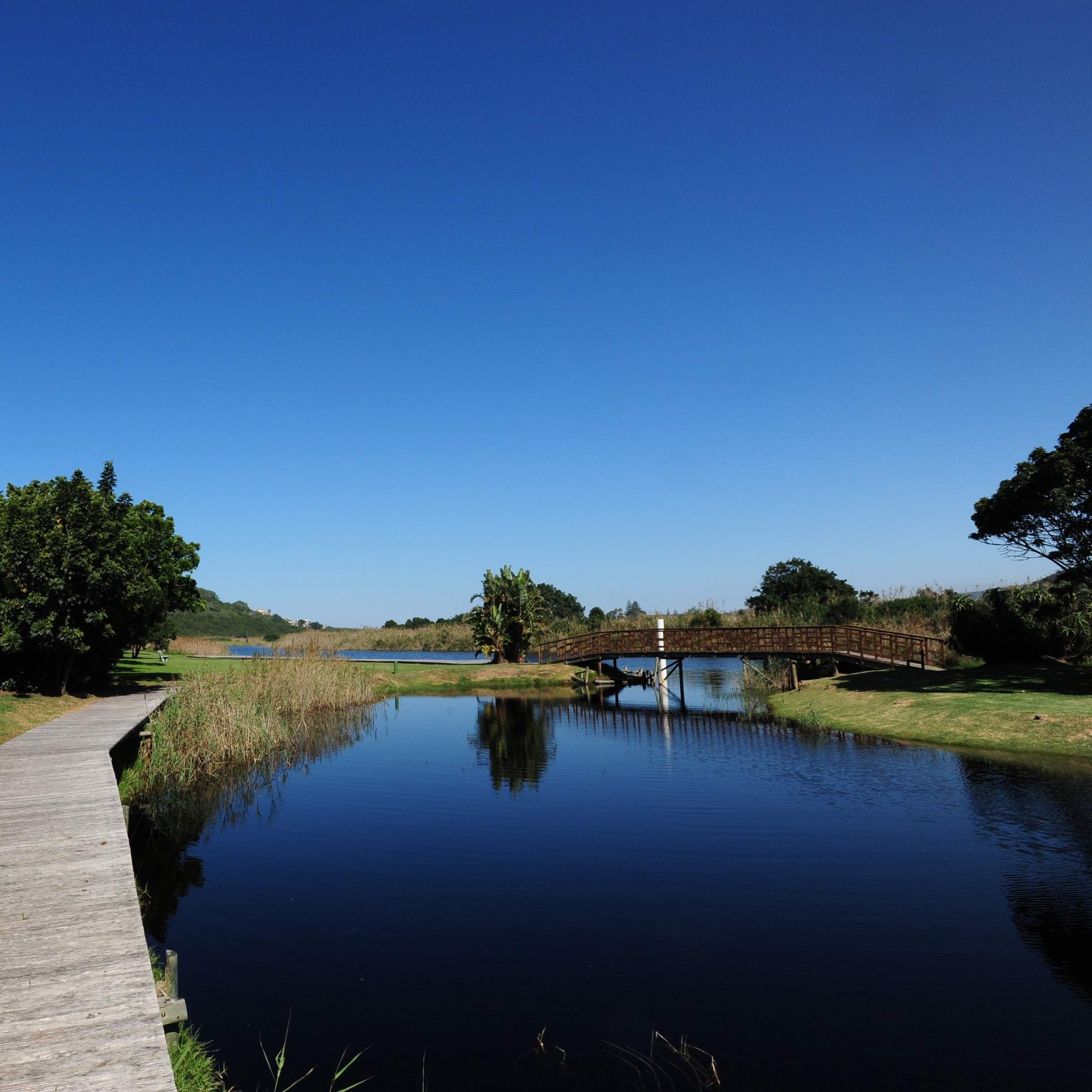
Garden Route | Wilderness
2 places to stay
An aptly named place to soak up nature: meandering rivers, freshwater lakes, lush forest trails and a stunning beach.

Shamwari
3 places to stay
Although only 45 minutes’ drive from Port Elizabeth, you will find it set in lush countryside along the Bushmans River.
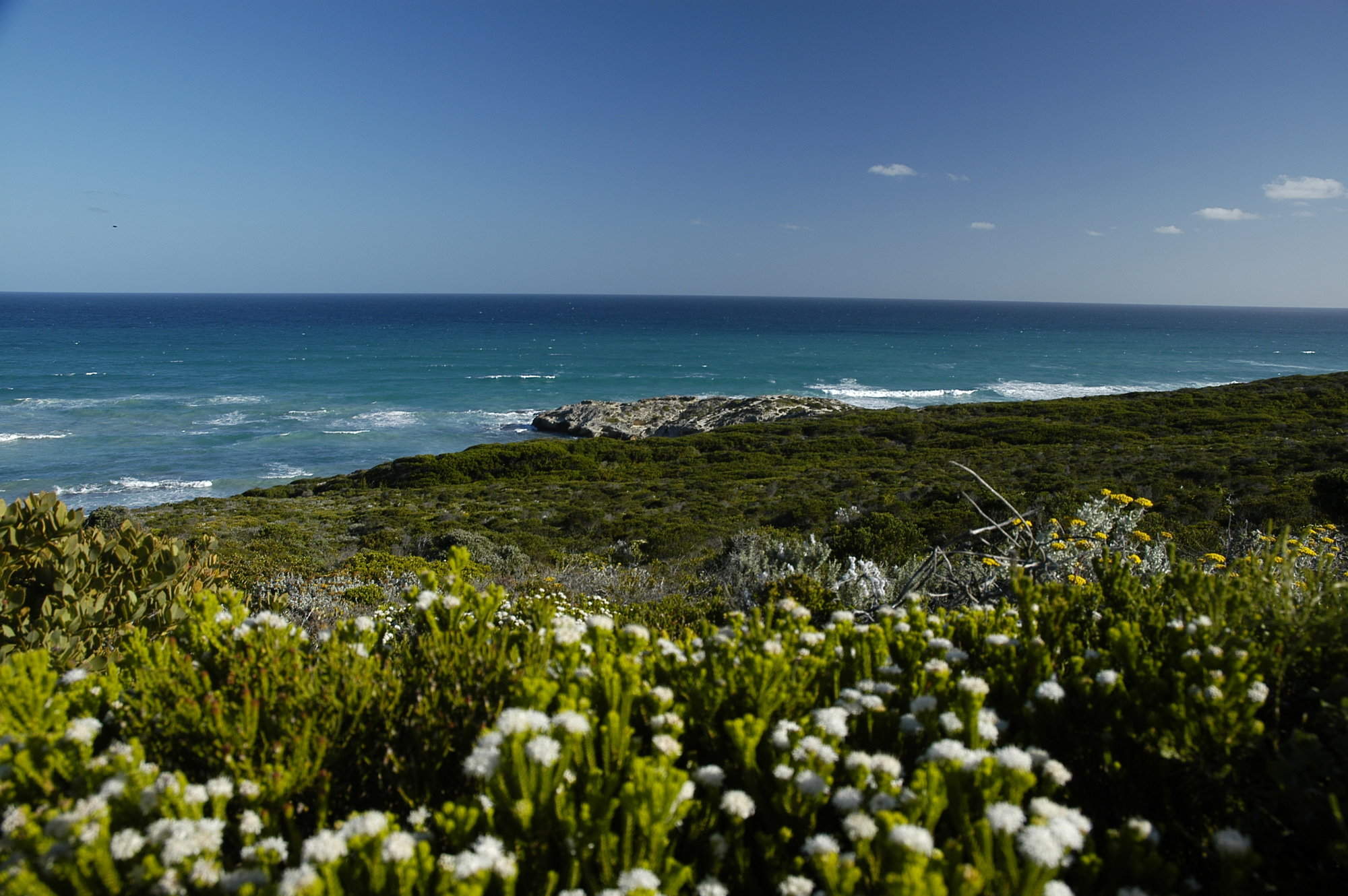
De Hoop Reserve
2 places to stay
De Hoop’s rugged coastline, famed for its whale-watching, is backed by towering sand dunes, antelope-rich fynbos and marked with terrific hiking trails.

Garden Route | Tsitsikamma
2 places to stay
Towering mountains, rushing rivers, deep ravines, indigenous forest and a rugged coastline: Tsitsikamma makes for wild and beautiful exploration.

Grootbos Reserve
2 places to stay
Ancient milkwood forests, flower-filled fynbos and superb whale-watching: Grootbos is a first-class wilderness reserve between Cape Town and the Garden Route.

Samara
1 places to stay
Sweeping plains and rugged mountains surround this family-run homestead and Big Five reserve in the blonde Karoo grasslands.

Port Elizabeth
1 places to stay
Port Elizabeth is generally used at the beginning or end of a trip including the Garden Route. It is also the gateway to the Eastern Cape game reserves.
Our top ten holidays in South Africa
All our holidays to South Africa are tailor made, but these are ten of our most popular suggestions, designed to help you decide where to go from the multitude of options.
Focus on one small but pristine area for just a few days, or extend your trip to two or even three weeks. The range and variety within South Africa’s Cape can entice travellers to return time and again.
For some it’s the lure of the beach, or sipping wine on a terrace overlooking picturesque vineyards. For others, it’s the appeal of wildlife, on land or at sea, or the adventure of a self-drive trip across this most magical of countries.
Whatever your interest, have a look through our holiday ideas to the Cape, then call us about a South African trip tailor-made just for you.
Our travellers' most recent reviews of South Africa holidays
Our travellers’ honest reviews of the trips and places that they visit in South Africa, as elsewhere, are exceptionally important to us – and are integral to the way we work.
They help us and other travellers to plan their trips; they help us to keep bang up to date; and they're read with interest by lodges in South Africa, who appreciate constructive feedback that is guaranteed to be genuine.
All of our South Africa holiday reviews are published in full on our website without any editing. See all 512 safaris reviews here, or click on a card below to read one of our most recent reviews in full.
Our travellers' wildlife sightings across South Africa
Whenever our travellers embark on a wildlife safari within South Africa, we ask them to consider recording their sightings of key species, from leopard and elephant to hippo and black rhino.
Many travellers find this a fascinating part of their trip, sometimes serving just as a record, sometimes helping them to see a pattern emerging. In turn, their feedback helps us to build up a unique picture of when and where you are likely to find South Africa’s key wildlife species: citizen science in action. Read how this survey works.
To see much more detail for individual camps and lodges, see our interactive map showing the best locations for key wildlife species in South Africa.

100% success

100% success

100% success

100% success

96% success

95% success

95% success

88% success

81% success

76% success

74% success

74% success

70% success

69% success

39% success

23% success

17% success

15% success

8% success

4% success

4% success
Where to find South Africa’s key wildlife species
Each wildlife repost from one of our travellers enhances our understanding of the prime locations and times for sighting the country’s main animal species.
Find these results on our website – on our reviews of individual camps and reserves, on our dedicated wildlife pages, on our maps and on our individual holiday pages.
If you’re keen on lions or giraffes, or you’re longing to see an aardvark, take a look at our data to work out the best places for seeing them amidst South Africa’s abundant wildlife.
For a map of the best locations to see a given species, click on a card:
When to holiday in South Africa’s Cape region
There’s no “wrong” time to visit South Africa, but choices will depend on many things, including your interests and where you want to visit.
Weather, however, can be key – and is substantially different in the Cape region (including Cape Town and the coast) from the east and centre of the country, including the Kgalagadi .
From November to March, when the rest of southern Africa experiences rain, the Cape is typically hot, sunny and dry. This is also the busiest and most expensive time of the year, as it coincides with South Africa’s long school holidays.
Between around April and August it can be beautiful and dry one moment, blustery and wet the next, with rainfall peaking around June and July. September is the start of the Cape's “spring”, when swathes of open fynbos burst into flower. As rain becomes less frequent, the sun comes out more and temperatures start to rise.
For more details, see South Africa’s rainfall and temperatures here.
Jan
Feb
Mar
Apr
May
Jun
Jul
Aug
Sep
Oct
Nov
Dec
South Africa in January
January is considered one of the best months to travel. In Cape Town the weather is hot and generally dry. The Garden Route is also excellent at this time of the year but has a more temperate climate, with slightly lower temperatures and rain can fall at any time of the year. In the Kgalagadi temperatures often top 40°C and short, sharp thunderstorms are also fairly frequent. Wildlife tends to disperse, although birding is excellent.
As this is the high season in the Cape there are numerous events, festivals and outdoor activities to attract visitors. Accommodation books up quickly and it may be necessary to book at least a year in advance. Reservations will often be needed for restaurants and visitor attractions too.
- Hot, largely dry days with clear skies – except on Garden Route
- Wildlife disperses in the Kalahari but birding excellent
- Events, festivals and outdoor activities staged for the high season
- The high season in the Cape, accommodation can cost up to 50% more
- Pre-booking of activities & attractions is essential
Our view
Fantastic: the very best time to visit
Weather in January
South Africa in February
In February conditions are largely the same as in January, although temperatures can be slightly higher, especially in the interior. The wind in Cape Town starts to ease off. Although the Garden Route can experience some rain, the days are pleasantly warm and largely dry.
The Kgalagadi remains very hot, but the birding is still excellent. Wildlife viewing can be tricky especially if there has been some rain, as the resulting long grass can obscure the animals.
For visitors it’s still the high season, but with the local school holidays over and residents back at work, it is less busy than December and January. Accommodation costs remain high and it’s still advisable to pre-book certain activities and restaurants.
- Hot, largely dry days with little cloud
- Wind starts easing in Cape Town
- Slightly less busy than December & January
- Accommodation costs remain high, activities still best pre-booked
Our view
Fantastic: the very best time to visit
Weather in February
South Africa in March
March is still a very good time to visit. Conditions remain dry and very warm in Cape Town, although temperatures start dropping off towards the end of the month. The wind has usually died right down.
The Kalahari remains very hot and in years of good rains vegetation is at its most lush – making wildlife viewing tricky.
Typically, the crowds dwindle, but it can get very busy if Easter falls in March. It is also worth bearing in mind that during major events in March, including the Cape Town Cycle Tour, Cape Epic Mountain Bike Tour, The Cape Town Carnival and the International Jazz Festival, accommodation can get very full.
Attractions remain busy but booking is less essential.
- Temperatures start falling towards the end of the month
- Cape Town hosts a number of world class sport and cultural events
- Wildlife in the Kgalagadi disperses, game viewing more challenging
- Crowds diminish as the high season comes to an end
- Accommodation can get busy during major events
Our view
Fantastic: the very best time to visit
Weather in March
South Africa in April
April is South Africa’s “shoulder” season and is often the most pleasant. Not too hot, not too cold, some rain but not masses. In Cape Town and along the Garden Route days are usually sunny, warm, windless and largely dry, although in Cape Town the chance of rain increases from the end of the month.
In the Kgalagadi the rainy season is typically over and migratory birds are starting to make their journey back up North. Vegetation remains lush but wildlife viewing starts picking up towards the end of the month.
The region is still relatively busy (especially of its still Easter) but it gets quieter towards the end of the month thus availability improves. Accommodation rates start to decrease, and it becomes less important to book restaurants and attractions in advance.
- Temperatures still warm and very pleasant, with little wind.
- Rain starts easing in the Kalahari and migratory birds start to depart
- Less busy, especially towards the end of the month - busy over Easter
- Accommodation frees up and prices start to come down
Our view
A very good time to visit
Weather in April
South Africa in May
May marks the start of the dry season in the Kgalagadi. Days are warm and dry with almost zero rainfall. Night-time/early-morning temperatures can drop towards 0°C. Wildlife viewing is at its peak as animals concentrate around the few remaining water sources.
Days can still be warm and sunny in Cape Town and on the Garden Route, but the weather becomes a lot more variable. May heralds the start of the rainy season in Cape Town and the winelands. Night-time temperatures rarely drop below 10 degrees in the coastal areas.
With far fewer tourists, accommodation prices are at their lowest. There is rarely any need to pre-book activities, but reservations are still advisable at some of the top restaurants.
- Higher chance of rain in Cape Town & the Winelands
- Day time temperatures drop significantly
- Wildlife viewing peaks in the Kgalagadi
- Low season so rarely busy & very few crowds
- Low season rates at the hotels & lodges
Our view
A good time to visit, with pros & cons
Weather in May
South Africa in June
Winter is now in full swing. Maximum temperatures in Cape Town rarely reach 20°C and the rainy season is well under way. Outdoor activities therefore become limited, but a number of high-quality indoor events are organised.
The Garden Route has, in general milder weather and less rain than Cape Town.
June sees the arrival of the first whales which migrate to the South African coastline to give birth.
In the Kgalagadi, daytime temperatures are warm but nights and early mornings are bitterly cold. Wildlife viewing is excellent as animals are drawn to the few remaining permanent water points.
Overall tourist numbers are at their lowest, as are the costs of flights and accommodation.
- Cold & wet weather in Cape Town, Kgalagadi warm days but cold at night
- One of the best months for wildlife viewing in the Kgalagadi
- Whales start arriving to have their calves
- Low visitor numbers & no crowds
- Accommodation & flight prices remain low
Our view
A good time to visit, with pros & cons
Weather in June
South Africa in July
The winter weather continues with very cold nights and early mornings in the Kgalagadi and virtually no rainfall. Vegetation here is really thinning out now and water even more scarce – so wildlife is easy to spot.
Despite the winter and local school holidays, Cape Town remains a great place to visit. On a wet and cold day, the Two Oceans Aquarium, Zeitz Mocca (art museum) and the Cape Town Comedy Club all make for great days out, as does a trip to the wine country or the annual Oyster Festival at Knysna.
By mid-July most of the whales have arrived to give birth. Hermanus is the best place to see them.
At the height of the low season, so accommodation and flight prices remain low.
- Generally cold & wet in the Cape, but good quality indoor events
- Very good wildlife viewing in the Kgalagadi
- Oyster festival in Knysna
- Local school holidays can make places a little busier than usual
- Accommodation and flight prices remain low
Our view
A good time to visit, with pros & cons
Weather in July
South Africa in August
While August experiences mostly wintry weather it does mark the very beginning of spring with temperatures starting to rise. Visitors are drawn to the West Coast and Namaqualand to see the wildflowers, which start blooming in late August and can be seen until mid-September. Whales are still in abundance now too.
The Kgalagadi is now very dry and wildlife vieiwng is still good. Temperatures start climbing towards the end of the month.
Despite the weather , visitor numbers can be high as the northern hemisphere schools close for their summer holidays. It may be a good idea to book certain attractions and restaurants in advance.
Simlarly, although accommodation prices are still low, flight prices can be a little higher than in previous months.
- Temperatures start rising – but still potential for cold & wet weather
- Wildflowers on the West Coast & in Namaqualand
- Good wildlife viewing in the Kgalagadi
- Whales continue to attract visitors
- Can get busy due to northern hemisphere school summer holidays
Our view
A good time to visit, with pros & cons
Weather in August
South Africa in September
Good wildlife viewing in the Kgalagadi continues and daytime temperatures increase quite dramatically. Mornings and evenings are still on the chilly side, but not as cold as they are in June, July and August.
The 1st of September is officially the start of spring in Cape Town. Days become warmer but not quite warm enough to enjoy the city’s beautiful beaches. Venues all over Cape Town play host to various artists during the Cape Town Fringe Festival.
Rainy days are fewer, but night times can still get chilly. Many hotels are still charging low season rates making September great value for money.
Elsewhere, Hermanus hosts the popular annual Whale Festival, and in the West of the Cape, wildflowers continue to bloom until the middle of the month.
- The start of spring; temperatures start rising
- Whale festival in Hermanus
- Cape Town Fringe Ferstival attracts a wide range of artists
- Wildflowers blooming well until the middle of the month
- Good wildlife viewing continues in the Kgalagadi
Our view
A very good time to visit
Weather in September
South Africa in October
The weather starts warming up nicely, Cape Town experiences pleasant days, with much less rain, nights can still be quite cool, but not cold. Some days are now warm enough to enjoy the beach. This is one of the best months to visit the Cape Region.
October is one of the hottest months in the Kalahari. Water remains very scarce, so the wildlife viewing is still very good. Towards the end of the month the odd spectacular thunderstorm is possible with much lightning and thunder. Migratory birds start to arrive, and resident species gear up for the breeding season.
The whales are still present with Hermanus and False Bay the best places to see them.
- Days start warming up; fewer rainy days in Cape Town
- Very hot in the Kalahari – thunderstorms season starts
- Migratory birds start arriving & resident birds start breeding
- Whale watching still excellent in Hermanus and False Bay areas
- Start of the high season, getting busy and accommodation prices rise
Our view
A very good time to visit
Weather in October
South Africa in November
By November Cape Town is experiencing summer conditions with hot, clear days and warm, pleasant evenings. It’s a great month to enjoy the beaches before the peak holiday season in December. There are no real downsides to visiting in November and you may even get a few accommodation specials before prices go up for the festive season. Kirstenbosch Botanical Gardens begins their summer outdoor concerts with local and international artists performing.
The Kgalagadi remains hot but thunderstorms are a bit more regular. With the rains, water sources become more plentiful and wildlife disperses but this is when herbivores such as Springbok start lambing. Photography improves as conditions become less hazy.
This is the last month for regular whale sightings – they tend to migrate back down south by early December.
- Summer now in full swing, with temperatures often reaching 30°C
- Rainy days scarce; evenings warm & very pleasant
- Antelope start lambing in the Kgalagadi; wildlife generally dispersed
- Last month for regular whale sightings
- Good time to visit Cape Town before the peak holiday season
Our view
Fantastic: the very best time to visit
Weather in November
South Africa in December
December is usually Cape Town’s hottest month when temperatures frequently breach 30°C. You can expect hot and cloudless days, and almost no rain but December does see the occasional very windy day.
The Kalahari is still hot, but temperatures are not quite as high as previous months. With the rainfall the bush transforms into various shades of green. Wildlife disperses as water become more widely available.
The Garden Route enjoys warm to hot days with rain at any time but usually not over an extended period.
Mid to late December becomes incredibly busy with concerts, festivals and various outdoor activities in Cape Town. Hotel prices rise, tourist attractions and beaches are crowded and most popular sites and restaurants need to be booked in advance.
- Long, hot sunny days
- Kgalagadi bursts into life as rainy season kicks in
- Wildlife viewing a bit trickier as wildlife disperses
- Cape Town buzzing with concerts, events, festivals etc
- Peak season: attractions get very busy & accommodation costs rise
Our view
Fantastic: the very best time to visit
Weather in December
Country guide
Country guide
Whether you're seeking to relax, explore or escape, a holiday in South Africa’s Cape region has much to offer. The more adventurous can hike through unique mountain fynbos in the craggy Cedarberg Mountains or search for black-maned lion in the Kgalagadi Transfrontier Park, but most come here seeking the good life on a gentle coastal trip: idyllic landscapes, comfortable hotels, good food and fine wine.
Expert Africa’s game-viewing safaris concentrate on the south and west of South Africa. You can watch lion, cheetah and meerkats in the Kgalagadi Transfrontier Park, and all of the “big five" in the reserves of the eastern Cape, such as Kwandwe. For whale-watching, between August and November, Hermanus is the place to be, whilst Cape Town – with its superb beaches and dramatic mountainous scenery, as well as great restaurants, shops, bars and hotels – really is a great destination at any time of year.
Where to safari in South Africa
First-time visitors to Africa often spend 2–3 nights here, either as part of an affordable self-drive holiday or at one of the luxurious, all-inclusive safari lodges in the eastern game reserves, such as Kwandwe or Shamwari.
More challenging would be to head north to the remote
Kgalagadi Transfrontier Park, where you can expect great game viewing, from cheetah to meerkat. A self-drive adventure here, immersed in the wilderness among the red Kalahari dunes, is ideal for a longer, no-frills safari. You could even combine the Kgalagadi into a self-drive trip between Namibia and the Cape.
Where to stay in South Africa
With these we've included some interesting safari lodges, on the east side of the Cape. These can't offer a safari experience to compete with those in Botswana, Namibia or further north, but you can do a very comfortable, malaria-free safari here. And if self-catering is more your style, there are the remote and very simple camps of the Kgalagadi Transfrontier Park.
Self-driving in South Africa
Driving here is easy. The roads are generally well signposted and well-maintained, and almost all – from multi-lane highways to mountain passes – are tarmac. Driving is on the left.
Typically you’ll collect your hire car from the airport, and it's wise to obtain some local currency before you set off. Fuel stations often only accept cash in South African rand, and some won’t take credit cards.
Distances in the southern Cape are usually small, but how far you travel is entirely your choice. If you’re up for adventure, you could even consider starting in Cape Town and ending in the Namibian capital, Windhoek – or vice versa.
South Africa in context: history, environment & people
The second half of the 20th century was marred by a policy of apartheid, which was finally ended with the release of Nelson Mandela from prison and the country’s first democratic elections in 1994.
Today’s population of around 60 million people is a diverse mix of ethnicities, cultures, languages and religions, resulting in a culture that is a blend of indigenous African, European and Asian influences.
South Africa is one of the most biodiverse countries in the world, with ecosystems that range from deserts and grasslands to forests and wetlands. Environmental challenges are many, including habitat loss, pollution and poaching, but conservation efforts are in hand to mitigate their effects.

Looking for inspiration on where to travel next?
Visit our trip chooser to explore your options and find inspiration for your perfect African adventure
Inspire meUnderstand more about South Africa
Sometimes it’s the practical details that help to make a holiday run smoothly, and South Africa is no exception.
Even with our team of specialists behind you, it helps to understand a little of what to expect. Whether you’d like to know more about flights to South Africa, or are undecided about car hire, this is where to start.
You’ll also find a quick fact-check on things such as currency and language, along with information on South Africa’s attitude to LGBT travellers, and our advice on the sometimes thorny subject of tipping.

Flights to South Africa
Our travellers come from across the globe and most prefer to arrange their own flights. We then organise an itinerary that fits around your flight schedule.
From the UK, British Airways operates direct flights to Cape Town from London’s Heathrow Airport, departing in the evening and arriving the following morning. This is ideal for holidays based in the Cape area, including the Garden Route.
For trips starting further east, or to the Kgalagadi, a better alternative is to take British Airways’ overnight flight to Johannesburg, then to connect onward to Upington or Port Elizabeth with Airlink.
From the USA, some travellers opt to fly to South Africa via London, while others take a direct flight, for example between New York and Cape Town or Johannesburg.
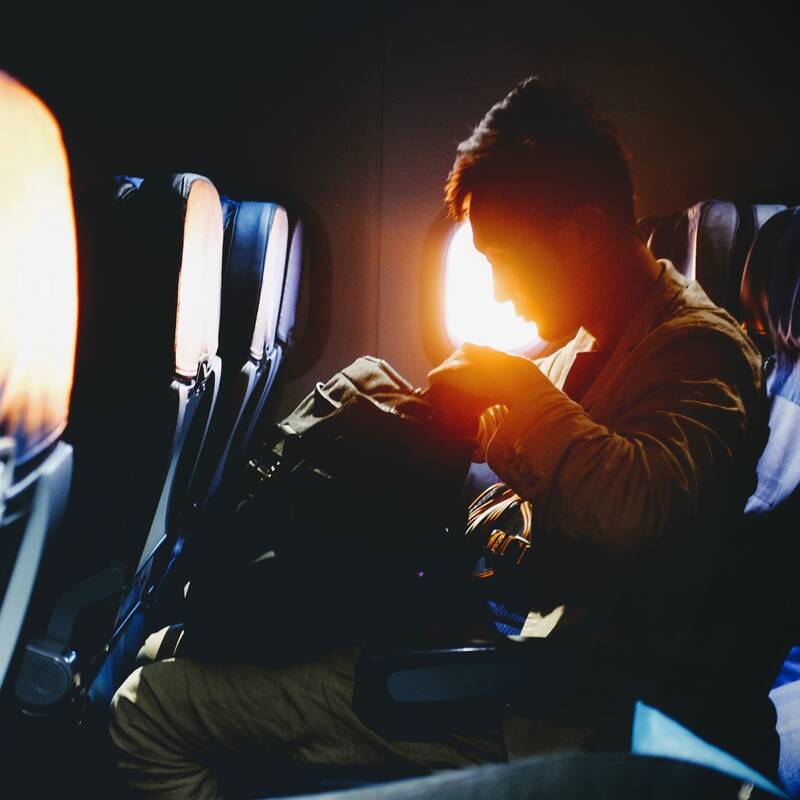

Car hire in South Africa
All our self-drive trips within South Africa include a Group B/C manual vehicle, or similar. We can request a particular group of vehicles, but unfortunately we are unable to guarantee a specific model.
These hire vehicles come with unlimited mileage, all local taxes and comprehensive insurance that includes theft and accidental damage. We believe that we offer the highest level of cover available in the industry.
Many of our travellers prefer to pick up a car at one airport and drop it at another, which could even be in Namibia. We can easily arrange this, but note that one-way drop-off fees are usually payable.
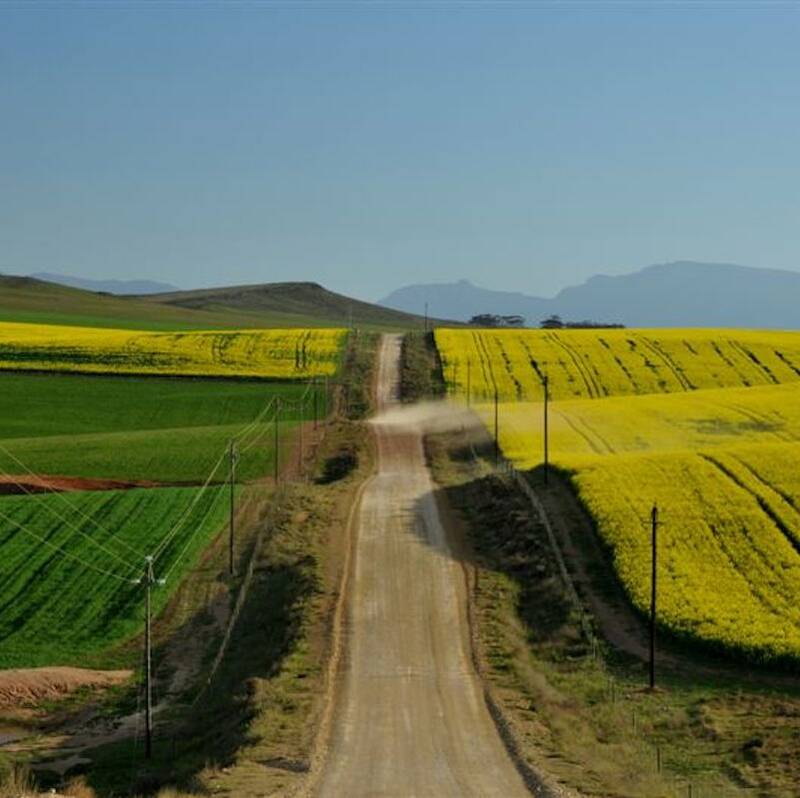

South Africa general information
At the time of writing (spring 2024), UK and US passportholders do not need visas when travelling to South Africa, but it’s important to check this before you travel. South Africa’s currency is the rand (ZAR), and credit cards are widely accepted, with the exception of some fuel stations.
Although English is widely spoken throughout South Africa, and is the lingua franca for communication in official settings, it’s just one of 11 official languages in the Rainbow Nation.
Afrikaans is the first language for many South Africans, while others that you may come across in the Cape region include the Bantu languages of Sotho, Swazi, Tswana and Zulu.
Time in South Africa is just two hours ahead of Greenwich Mean Time (GMT+2), which means that jet lag for those travelling from Europe is minimal. There is no time difference between the summer and winter months.
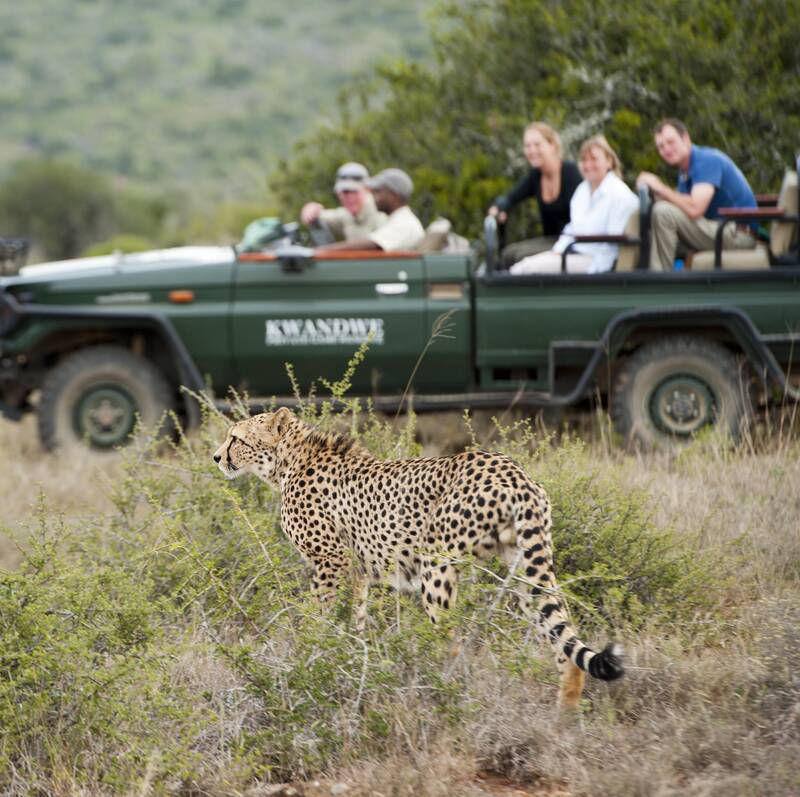

Lesbian, Gay, Bisexual and Transgender (LGBT) travel to South Africa
South Africa is a shining beacon for LGBT travellers in comparison to most of Africa. Equal treatment of the LGBT community is enshrined in law and same-sex marriage is recognised. South Africa Tourism actively encourages gay travellers – one factor behind Cape Town becoming Africa’s de facto “gay capital”, and ranking among the world’s top gay cities.
That said, be aware of not only the law, but also the current climate of opinion. The vast majority of people in South Africa are friendly to visitors, gay or straight, and in our experience, LBGT travel here is usually fine and uneventful. However, outside of the cities, homosexuality is frowned upon by many, so always check your government's latest travel advice before you visit.
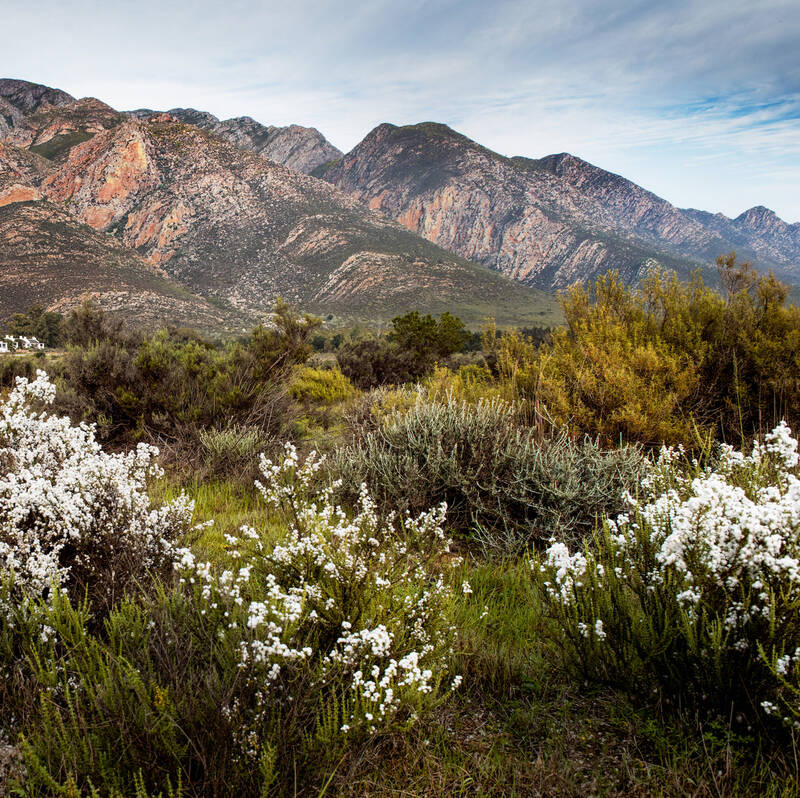

Tipping in South Africa
Tipping is a sensitive issue, but there is no need to feel awkward. It’s a normal part of the service industry in South Africa, as it is in many countries. Just remember that tipping is voluntary, and should depend on the standard of service. And bear in mind that thoughtless tipping by relatively affluent visitors can have a big impact on the local economic and social balance.
Deciding who to tip, and when, is as important as how much. On safari, consider tipping the back-of-house team as well as your guide and waiter, usually at the end of your stay. The same goes for tour guides or activity leaders, who may be integral to your enjoyment of a day out. Porters, filling station attendants, taxi drivers and car guards will normally appreciate a tip, but tips are not normally expected for transfers, or in bars.

Ideas for holidays in South Africa
For some travellers, South Africa is all about safari. Others are in search of sophistication and culture, while still more will be seeking a family holiday or even an adventurous trip of a lifetime. With such exceptional diversity, choosing a holiday in South Africa requires some guidance.
At Expert Africa, we focus on South Africa’s Cape region, stretching from Cape Town in the west through the Winelands and whale-watching “capital” of Hermanus, and out along the Garden Route.
To the east we incorporate some small, private safari reserves – Shamwari, Kariega, Samara and Kwandwe – while to the north we focus on the Kgalagadi Transfrontier Park, which between them offer plenty of big game – whether you’re on an all-inclusive safari or a serious self-drive adventure.
With so much to offer, we have put together a selection of holiday suggestions, below. Once you’ve had a look through these, give us a call, then one of our South Africa experts can help to design the best trip for you.
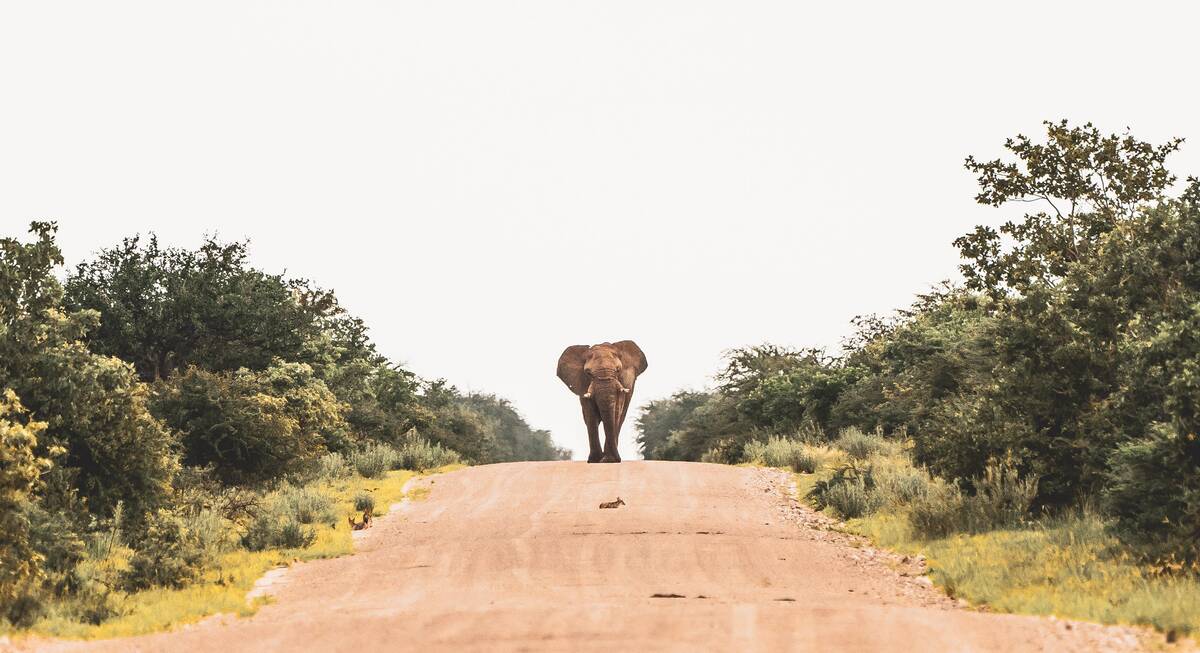
Black Wildebeest Self-drive Safari
19 days • 10 locations
CAPE TOWN AIRPORT TO WINDHOEK AIRPORT
Journey from South Africa’s cosmopolitan Cape Town to central Namibia’s Okonjima Nature Reserve during this self-driven safari. The route passes through a stunning variety of landscapes, offering access to this beautiful continent’s rich diversity.
US$4,060 - US$4,170 per person
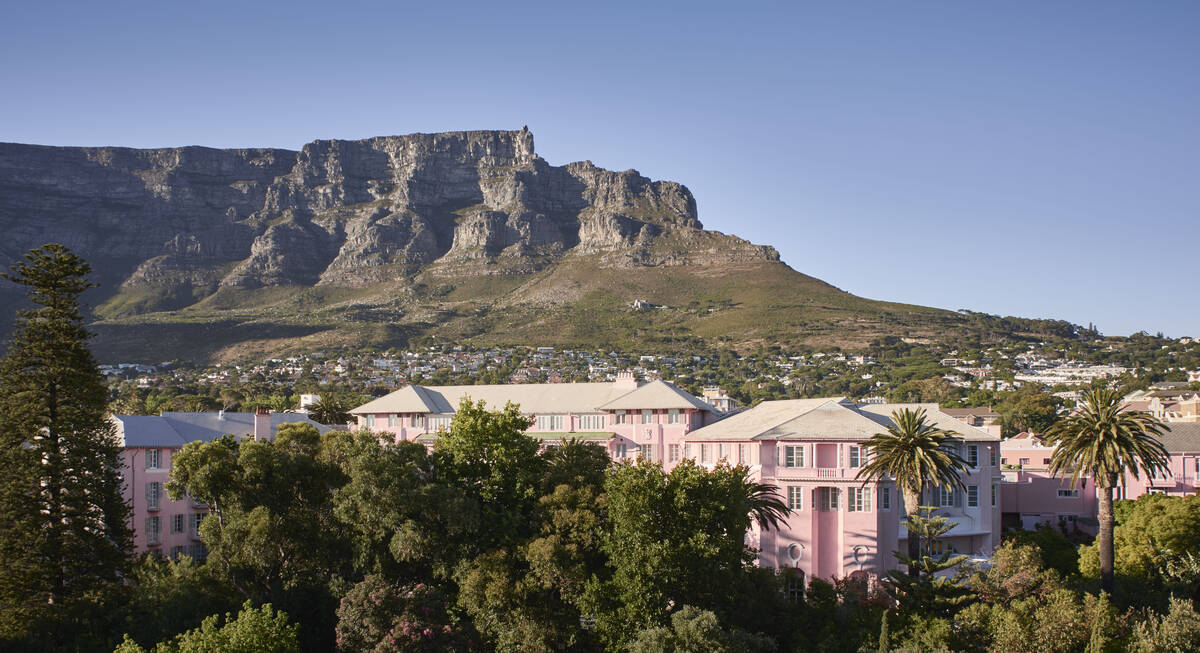
The Highlights of Africa
17 days • 7 locations
CAPE TOWN AIRPORT TO KIGALI AIRPORT
An epic adventure taking in some of Africa’s most incredible sights and wildlife experiences, from Cape Town to the Okavango Delta, Victoria Falls, the Maasai Mara and an encounter with mountain gorillas.
US$16,370 - US$19,780 per person
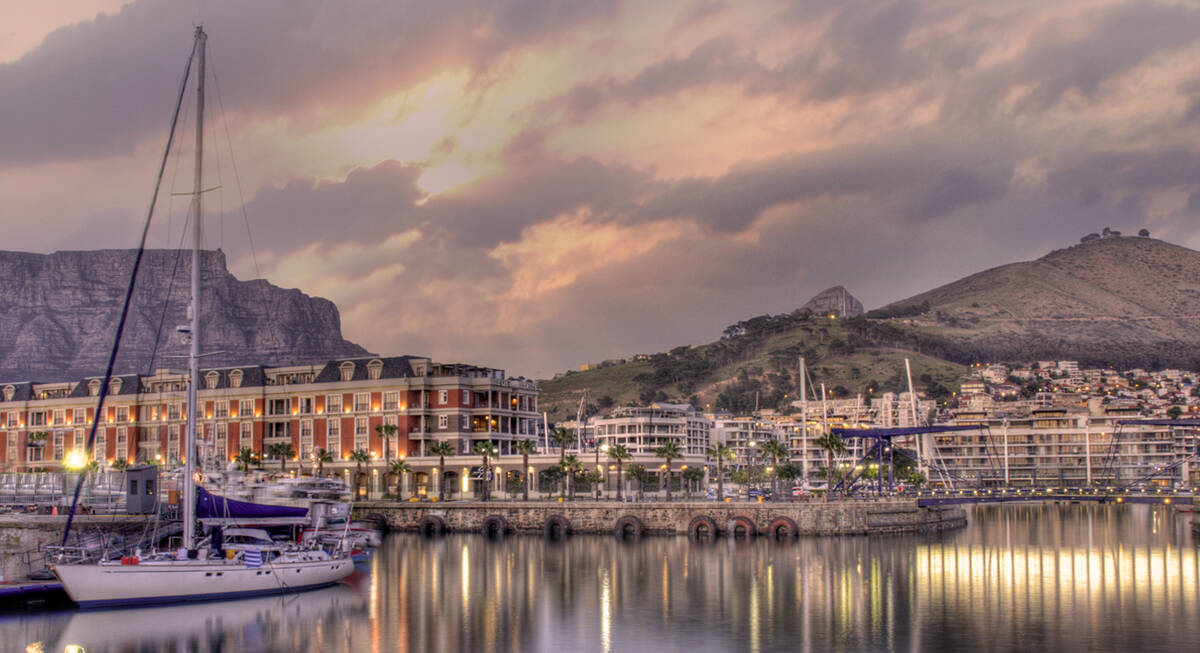
Leopard Safari
13 days • 4 locations
VICTORIA FALLS AIRPORT TO CAPE TOWN AIRPORT
Victoria Falls, Botswana and Cape Town – a classic southern African itinerary combining luxury, wilderness, safari and culture. We can't think of a better way to spend two weeks.
US$14,050 - US$17,950 per person
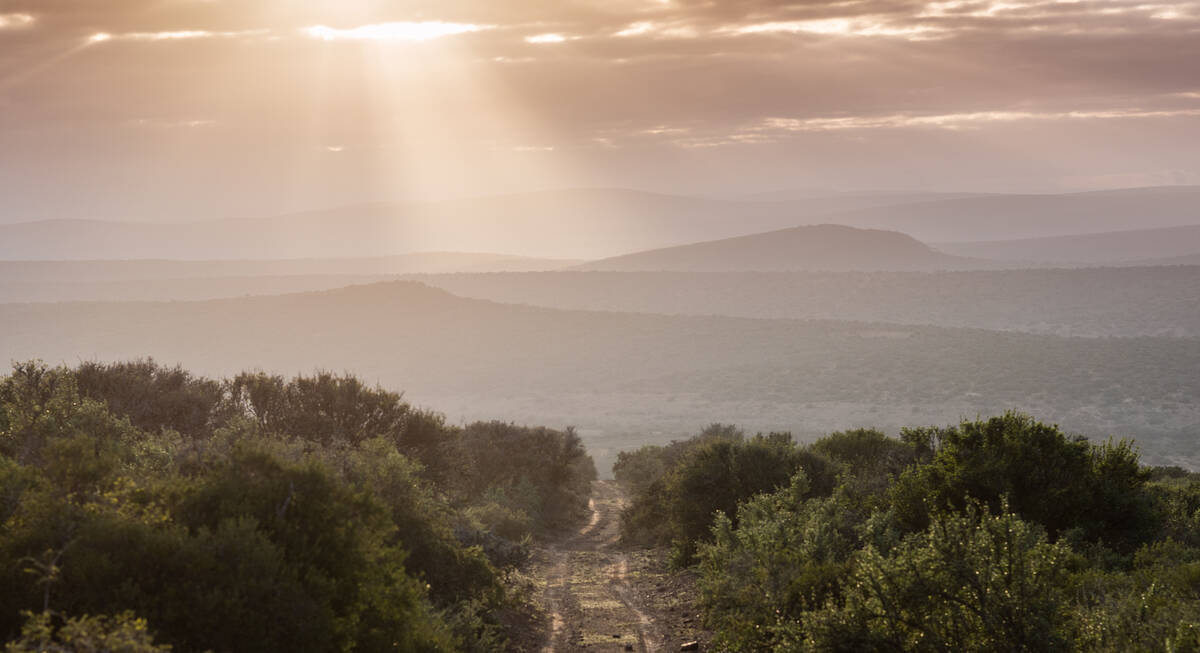
Kwandwe Self-drive Safari
3 days • 1 locations
PORT ELIZABETH AIRPORT TO PORT ELIZABETH AIRPORT
An elegantly stylish lodge that is well suited to families, Kwandwe offers a range of safari activities and the chance to sight all of the "Big 5" during exploration of the Eastern Cape.
US$3,070 - US$4,340 per person
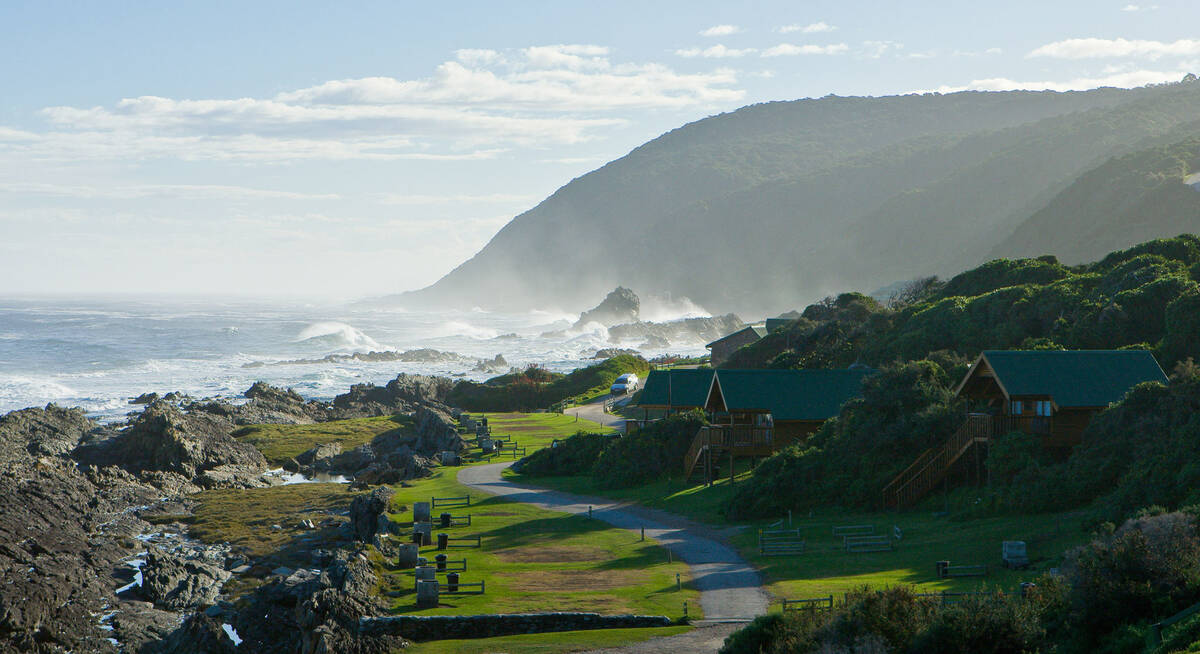
Bontebok Self-drive Safari
12 days • 5 locations
CAPE TOWN AIRPORT TO PORT ELIZABETH AIRPORT
This varied and great-value self-drive trip visits Cape Town, the Winelands and diverse sections of the Garden Route, staying at great places with real local character. It’s ideal for active couples and families who want to explore the Cape’s stunning locations.
US$1,760 - US$1,900 per person
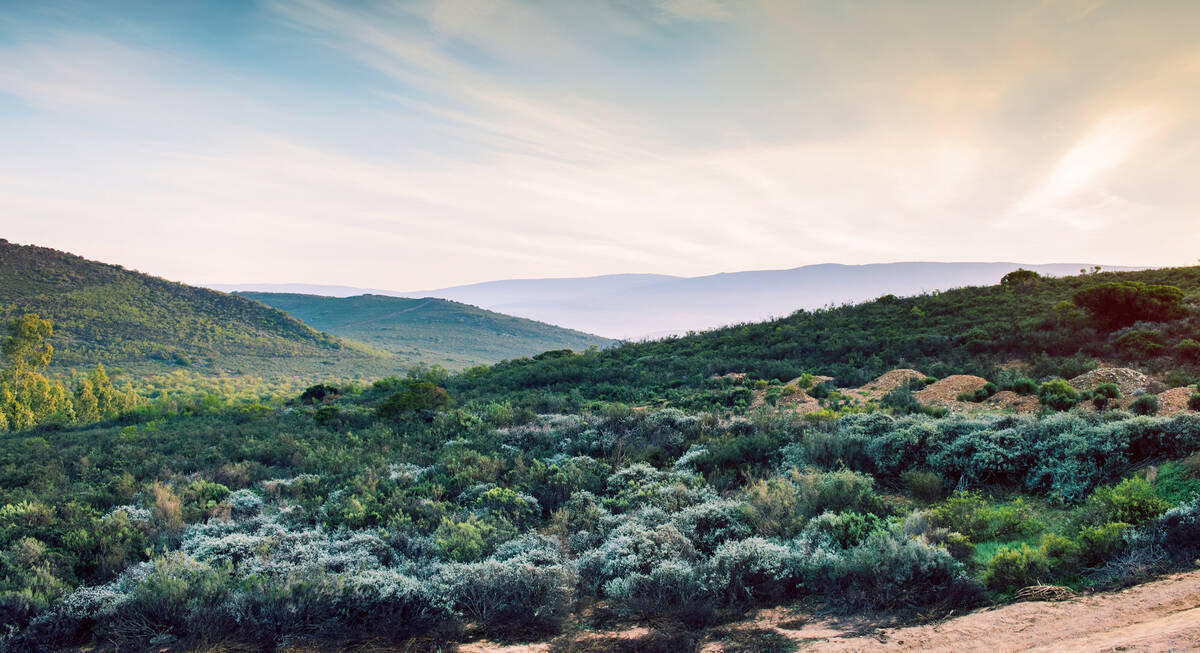
Cape Genet Self-drive Safari
20 days • 8 locations
CAPE TOWN AIRPORT TO CAPE TOWN AIRPORT
Enjoy fine-dining in Cape Town, whale-watching in Hermanus, and a range of walking and water-based activities throughout De Hoop’s Nature Reserve, the Klein Karoo and Plettenberg. This relaxed self-driven safari concludes with stays in The Winelands and Namaqualand.
US$3,580 - US$4,290 per person
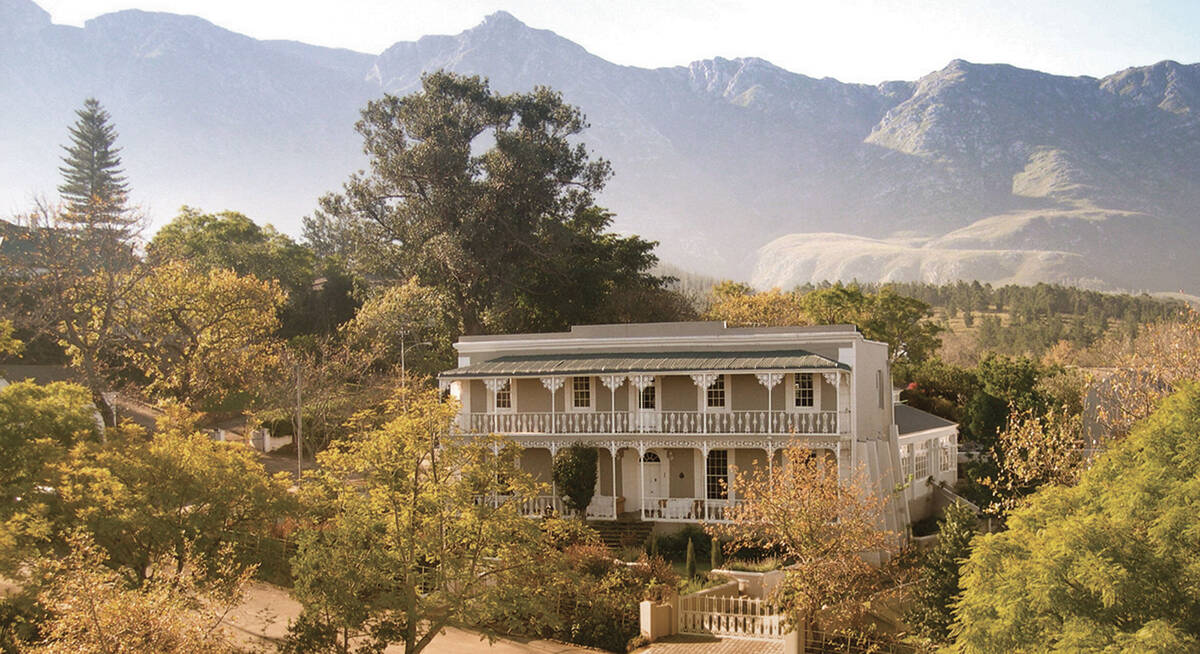
Waterbuck self-drive
12 days • 6 locations
CAPE TOWN AIRPORT TO PORT ELIZABETH AIRPORT
A classic Cape and Garden Route self-drive taken at a leisurely pace and staying in charming boutique hotels. Great food and wine paired with spectacular scenery and an exciting array of activities.
US$2,930 - US$3,140 per person
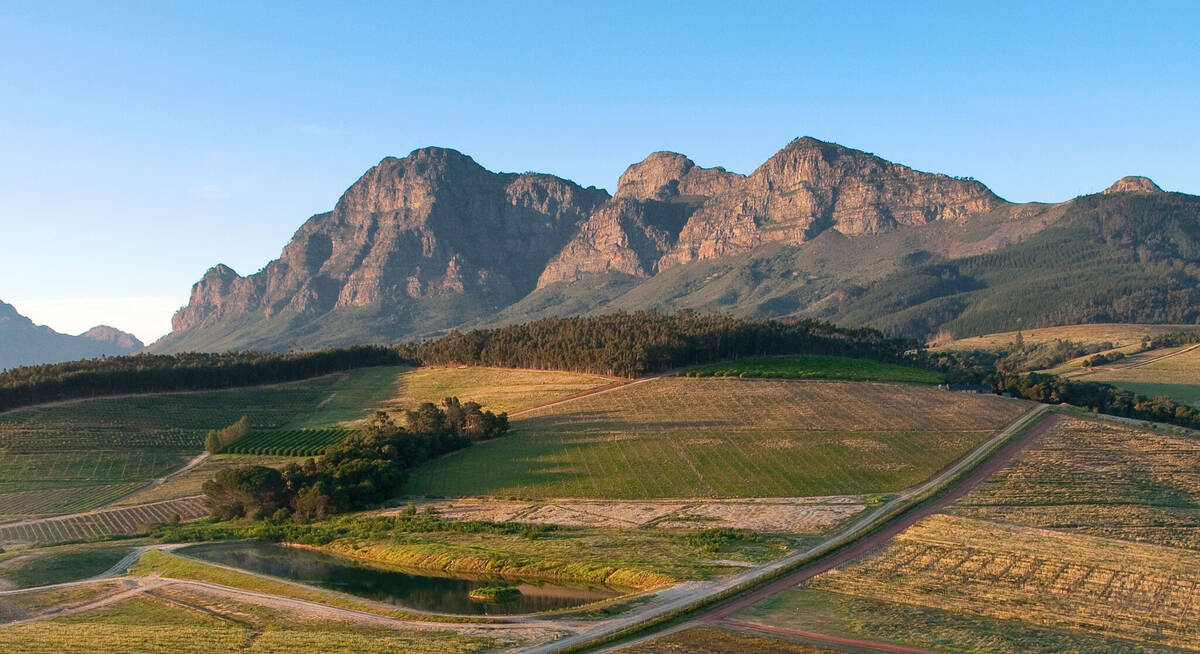
Cape Mountain Zebra Self-drive Safari
12 days • 4 locations
CAPE TOWN AIRPORT TO CAPE TOWN AIRPORT
Fine dining, luxurious accommodation and a wide of range of leisurely activities make this a superbly comfortable self-driven safari. Visit the cosmopolitan Cape Town, tranquil coastal retreats, stylish wine farms and spectacularly peaceful nature reserves.
US$4,440 - US$6,860 per person
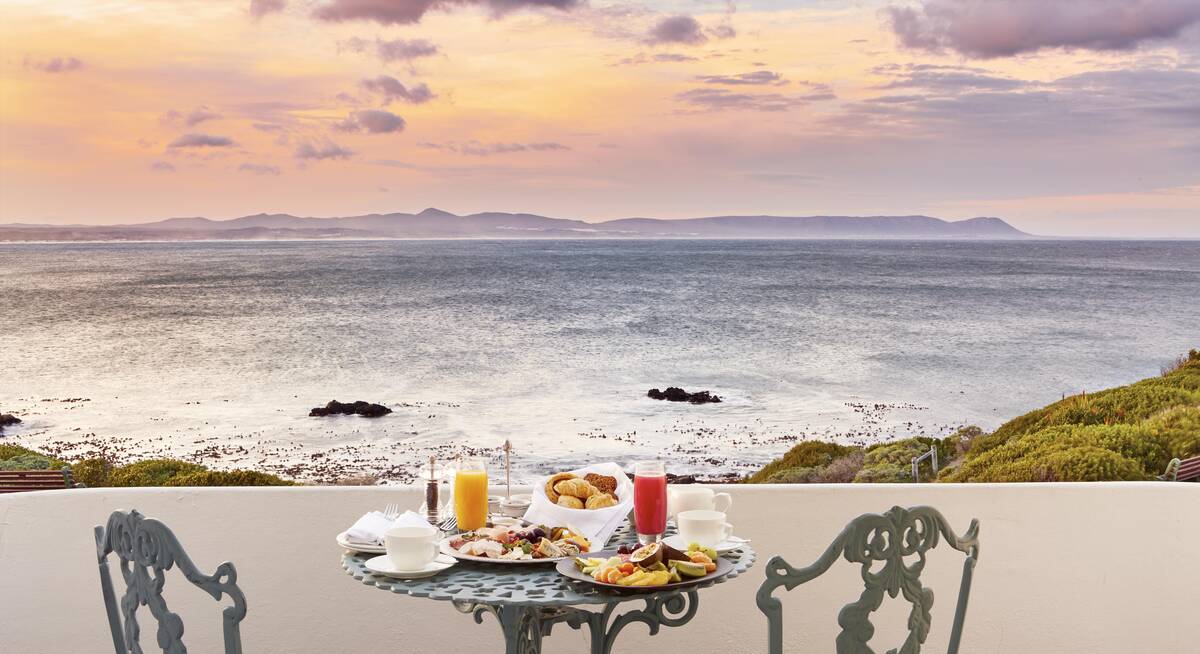
Cape Grysbok Self-drive Safari
20 days • 8 locations
CAPE TOWN AIRPORT TO CAPE TOWN AIRPORT
Explore Cape Town, Hermanus, Franschhoek and Namaqualand, amongst other memorable destinations, during this leisurely self-driven safari. Fine dining, varied activities and impressively comfortable lodges, estates and country houses await.
US$4,720 - US$7,100 per person
Plan and book your trip with Expert Africa
All of our trips are tailor-made, so we'll always adapt them to suit you. Talk to an Expert and let us plan and arrange your perfect trip.

Talk to an Expert
Call or email us now! We’ll match you with the Specialist in our team who is best suited to help you. Then together we can start planning your trip.

Set up your itinerary
Based on our experience and your ideas, your specialist will create a detailed, costed itinerary. We’ll refine it together, until we have a trip that you’re perfectly happy with.

Prepare for your trip
The same Specialist will make the seamless arrangements for your trip, send you detailed travel documents, and be available to answer any questions before you depart.

Travel with peace of mind
After you set off, you’ll be cared for by our partners in Africa, most of whom have worked with Expert Africa for decades. And if you ever need us urgently, we’re available 24/7.

When you return
We love to learn about your trip, and so will always be grateful if you’ve the time to give feedback to your Specialist when you return.
Where to stay in South Africa
Ask us for more details of what’s where, and what’s likely to suit you best!
Special types of holiday to South Africa
Whether you’re travelling solo, or after a romantic honeymoon with candlelit dining à deux, South Africa can deliver. It makes a superb destination for a luxury holiday, combining a stylish safari with the sophistication of Cape Town, and for an action-packed family holiday, the country is spot on.
South Africa offers some of the best hiking on the sub-continent, or you can explore the Cape’s rolling hills and sandy beaches on horseback instead. Watersports lovers, too, will be in their element along this magnificent coastline, from kayaking and fishing to snorkelling and diving.
And then there’s the wildlife. For the classic safari, head off on a self-drive adventure to the Kgalagadi Transfrontier Park, or seek out one of the private reserves in the Eastern Cape, from the well-known Shamwari to the excellent Kwandwe. Birders are drawn to the fynbos specials around De Hoop Nature Reserve, and for whale watching, Hermanus comes into its own. Not surprisingly, it’s a photographers’ dream too!
Take a look at the options, then talk to us and we’ll help you to create your perfect trip to South Africa.
Frequently Asked Questions
South Africa FAQs
All too often, travellers to South Africa have questions that they’d like to ask, but feel they’re too trivial to mention.
Yet such questions are important, so below we’ve included some of those that we’re frequently asked – from what you can expect to eat in South Africa to where to watch whales and why it’s a great place for a family safari.
No matter how small your query may seem, please don’t hesitate to ask us; Our experts have years of experience travelling in Africa – and we’re here to help.
Why is the Cape’s flora so special?
Characteristic of the region is the dominant fynbos vegetation, whose plants are well-adapted to the Cape’s hot, dry summers and cool, wet winters. Prime among these are the proteas, big, showy flowers that are at their finest between May and October.
While the cooler months, between September and November, are the best for wildflowers, there’s never a “wrong” time to seek out the region’s plantlife, or to visit Cape Town’s renowned Kirstenbosch Botanical Gardens.
For a truly vibrant display, it’s also worth visiting Namaqualand, typically in late August and early September, when the hills and heathlands burst into a mass of multi-coloured flowers.
Where to see whales in South Africa
Hermanus is one of the best places in the world to watch whales from land. Take a stroll along one of the scenic cliff paths that lead from the small town and settle down to watch with a pair of binoculars.
A boat trip from the town, or the nearby Gansbaai, gives the added opportunity of spotting dolphins relatively close up, along with other species of whale such as humpbacks and even killer whales.
For nature-lovers it’s worth seeking out De Hoop Nature Reserve, or Grootbos Private Reserve, where you can combine whale sightings with first-rate insights into the Cape's unique flora and fauna.
Why is South Africa particularly good for a family safari?
Family-friendly lodges are another big plus, from family suites or interconnected rooms and flexible mealtimes to child-centred activities, such as bush walks and children’s game drives. Kwandwe even offers a frog safari from Ecca Lodge!
An independent self-drive family safari to the Kgalagadi Transfrontier Park is a popular alternative. With a good road network, driving in South Africa is very straightforward – something that most parents will appreciate.
Add to this the opportunities to combine a family safari holiday with time spent on the coast, or hiking in national parks, or indulging in outdoor adventure activities, and it’s not difficult to see the appeal.
What is the appeal of South African wines?
The typically Mediterranean climate of the region enables a variety of grapes to be grown, resulting in many styles of wine. That said, the country’s best-known wines are Chenin Blanc, and the red Pinotage – from grapes that are a cross between Pinot Noir and Cinsault (or Hermitage).
These and other wines benefit from blending traditional wine-making techniques with modern innovations – while the focus on biodiversity and conservation is a plus for the environment. As many of South Africa’s vineyards have their own restaurants, visitors can not only taste their wines, but can enjoy them over a leisurely lunch looking out over the hills.
What’s the food like in South Africa?
On the coast, seafood is a speciality, from lobster and oysters to prawns and calamari. Kingklip is a popular and versatile white fish that features on many menus, typically grilled or pan-fried.
“Braais” – or barbecues – are a quintessential South African tradition, often featuring excellent steaks or boerewors (spicy sausage). Other traditional foods includes biltong (dried meat), potjiekos (slowly cooked meat and vegetable stew), and the ubiquitous mielie pap, a starchy maize staple.
Our other African destinations
As specialists in Africa, we are well-placed to help you choose the right country for your African adventure.
While South Africa offers plenty of variety, those in search of a more focused safari experience might like to consider neighbouring Botswana, whose Okavango Delta and excusive private concessions are a big draw for many.
Rather less costly are Zambia or the more rustic Zimbabwe, both offering high standards of wildlife guiding and the added bonus of the Victoria Falls.
For something a little less “wild”, take a look at Kenya or Tanzania, whereas for a self-drive holiday, Namibia is a must – and combines well with a longer self-drive trip through South Africa.
Then there’s Rwanda, where visiting a family of mountain gorillas is a once-in-a-lifetime opportunity.
Like South Africa, several other countries – Kenya, Mozambique and Malawi – present the combined appeal of safari and beaches, or how about an idyllic island add-on to Zanzibar or even the Seychelles?
The choices are many and varied, so do call us; we’re here to help you plan your perfect African holiday.
Elephant safari
in Linyanti
Talk to a South Africa Expert
These members of the Expert Africa team have been to South Africa and can advise you from their own personal experience.
Start a conversation with them today to help plan your trip.
South Africa specialist
I visited South Africa most recently in Nov 2023. I've spent 29 days researching in South Africa.
